
Journal de Jules Renard
February 28, 1895
“I think that if I had to choose a profession all over again, I would not be a writer.
I would be a peasant.
A peasant doesn’t need to please anyone but the land.
The land does not flatter in return.
Writers grow hunchbacked over paper, hungrily awaiting praise or rebuke, which arrive too late, or not at all.
The soil neither praises nor scorns —
It yields or it does not.
That is justice.
Still, I write.
Not to be admired.
Not even to be read.
I write because it is my way of standing still.
I noticed today that the plum tree has bloomed ahead of the others.
The first blossom always seems the most courageous, though it never knows it is.”

Above: French writer Jules Renard (1864 – 1910)
I begin this account late in life, long after the two souls who inspired it have vanished from the landscape they once called home.
Whether they vanished by death or by some quieter erasure I cannot say with certainty, though I have seen proof of one and only shadows of the other.

Their names were Robert and Ursula.
I knew them once — knew them in that imperfect way we know friends:
Over coffee, over books, over silences that deepen like rivers in drought.

They left Fort Qu’Appelle without ceremony, without farewell, and for reasons I never fully understood, they never returned.
Not in life.
Not in death.
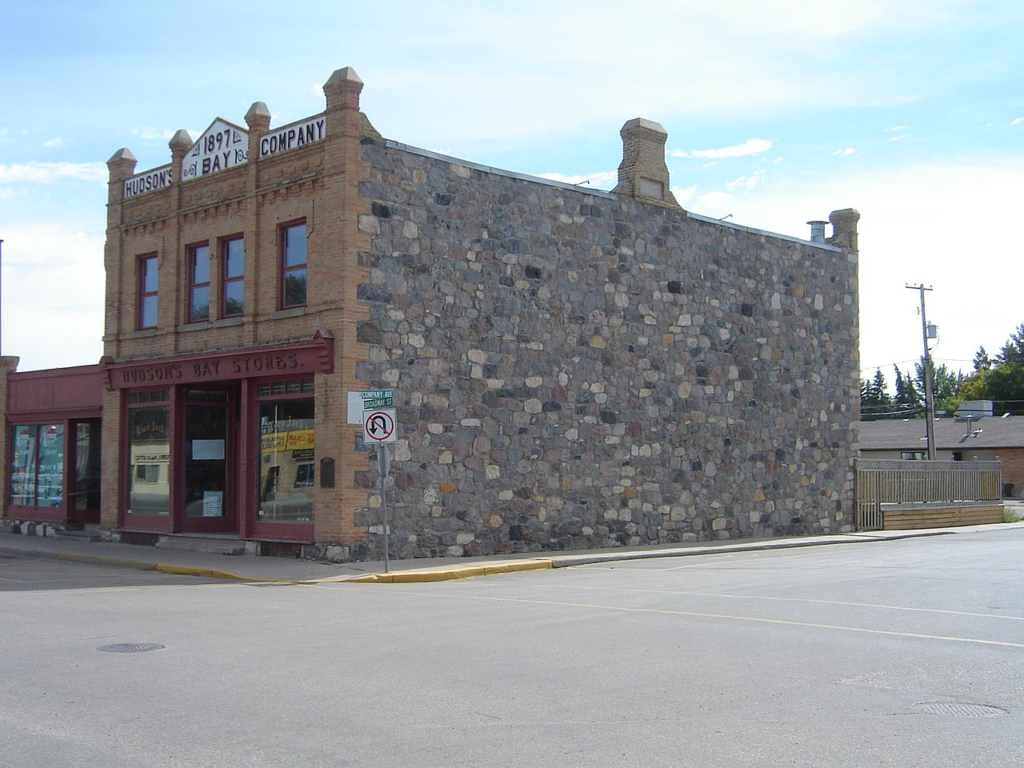
Above: Hudson’s Bay Company store, Fort Qu’Appelle, Saskatchewan
It was a box that found me.
A small one, wrapped in brown paper, bearing the smudged blue postmark of Paris and the return address of a law office I had never heard of.

Inside were their journals — his and hers — bound in soft leather and worn like stones carried in the pocket for many years.
Alongside them, a letter in Ursula’s hand.
She had lived longer than Bob, it seems, and with her usual deliberate grace, she had chosen to entrust their story to me.
Her letter asked nothing extravagant.
She only wrote:
“If words are a kind of afterlife, let us live there a while longer.”

What follows is not a biography nor a eulogy nor even a confession, though perhaps it borrows a little from all three.

It is, as the title suggests, a mediocre adventure — not in the sense of unimportance, but in that modest, quiet mediocrity where most human lives unfold.
We do not all scale mountains or compose symphonies.
Some of us simply love, grieve, forget and remember in small rooms, beside dying fireplaces, in cemeteries with no names.

This tale is stitched from fragments:
From journal entries written in distant hotels and quiet towns, from memories that smell of tulips and chalk dust, from conversations half-forgotten and letters unopened.
It is not a faithful map, but rather a weathered photograph — creased and yellowed, yes — but one in which you may still glimpse the trace of a smile, a shadow, a hand reaching across the table.
They loved differently.
They saw the world differently.
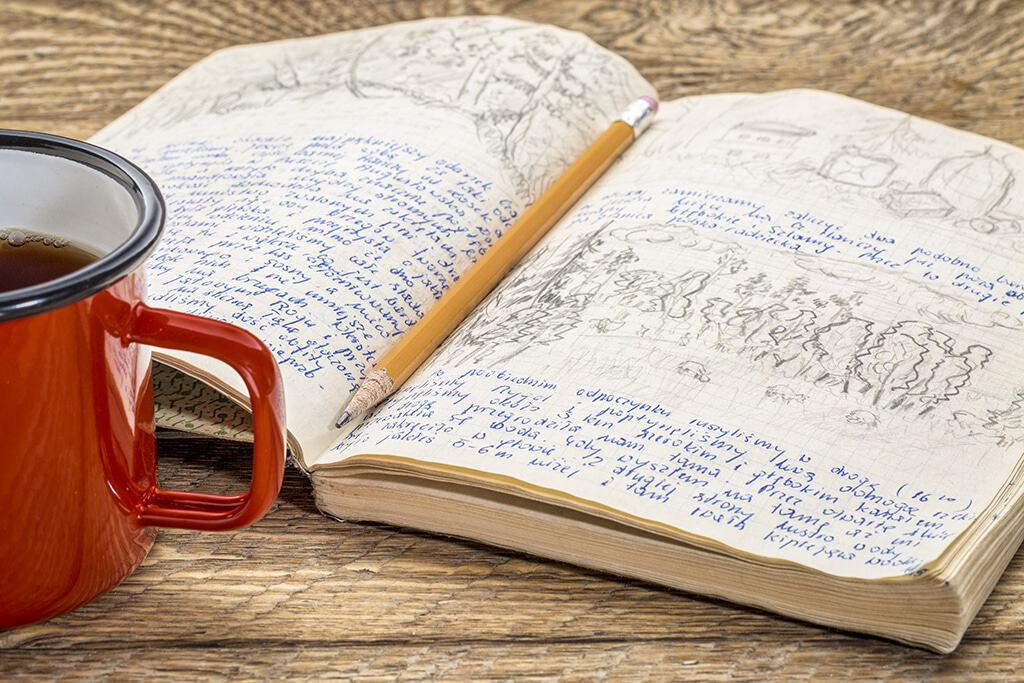
She found solace in graveyards.
He preferred classrooms and dog-eared paperbacks.
She left flowers on strangers’ graves.
He tried to name ghosts and ended up haunted.
And yet — somehow — they endured.
For a time.

I still don’t know why they never returned here.
Not even their ashes.
It is as if Fort Qu’Appelle was a book they finished reading and quietly shelved.
And I — perhaps — I am the bookmark they forgot and belatedly remembered.
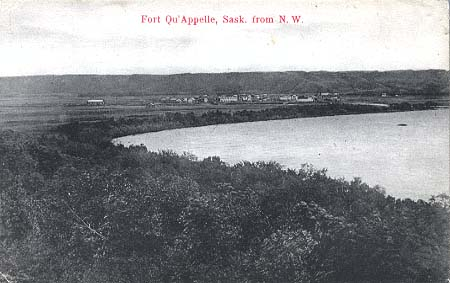
So I offer this testimony, not as truth with a capital T, but as remembrance.
Not carved in stone, but carried in breath.
Something between poem and record, echo and inventory.
I have stitched their story from journal pages and a memory that is — if I’m honest — not as sharp as it once was.
But sometimes, even blurred outlines reveal a truer shape.
Sometimes, stories live longer when they are not perfect.
I write this not because I must, but because they asked me to.
And because, like them, I fear being forgotten more than I fear being misunderstood.
Let this then be their monument:
Not of marble, but of ink.
After all, if we are not remembered, were we ever really here?
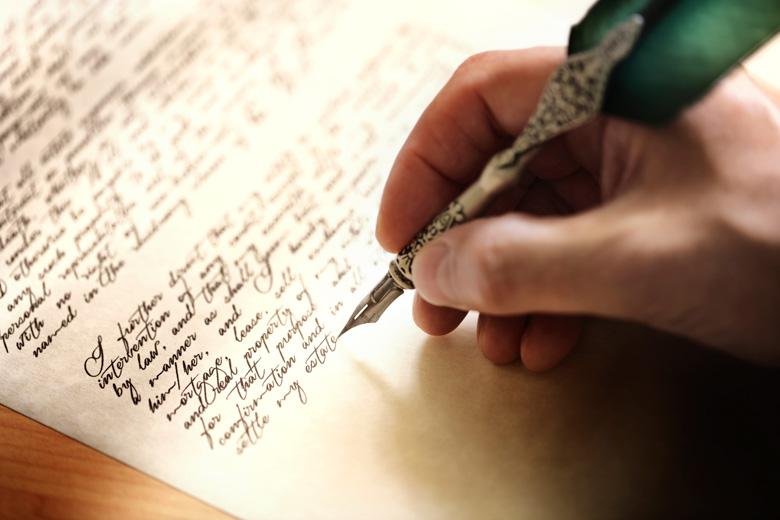
Fort Qu’Appelle sits low and thoughtful between the hills, like a man who has lived long enough to know he won’t win many arguments with Time.
The valley cradles it gently — not in pride, but in endurance.
On either side rise old shoulders of land, scarred by wind and crowned with pine, and through the middle of it all runs a narrow ribbon of water that knows the stories of this place better than any man living.

In the summer, the grass burns yellow like a sermon aged too long.

Above: Fort Qu’Appelle, Saskatchewan
In winter, the snow comes in hard, flat sheets, honest and without apology.

Above: Fort Qu’Appelle, Saskatchewan
The people who stay — and most do — do so not because they have no choice, but because they have already made their peace with the slow turning of the world.
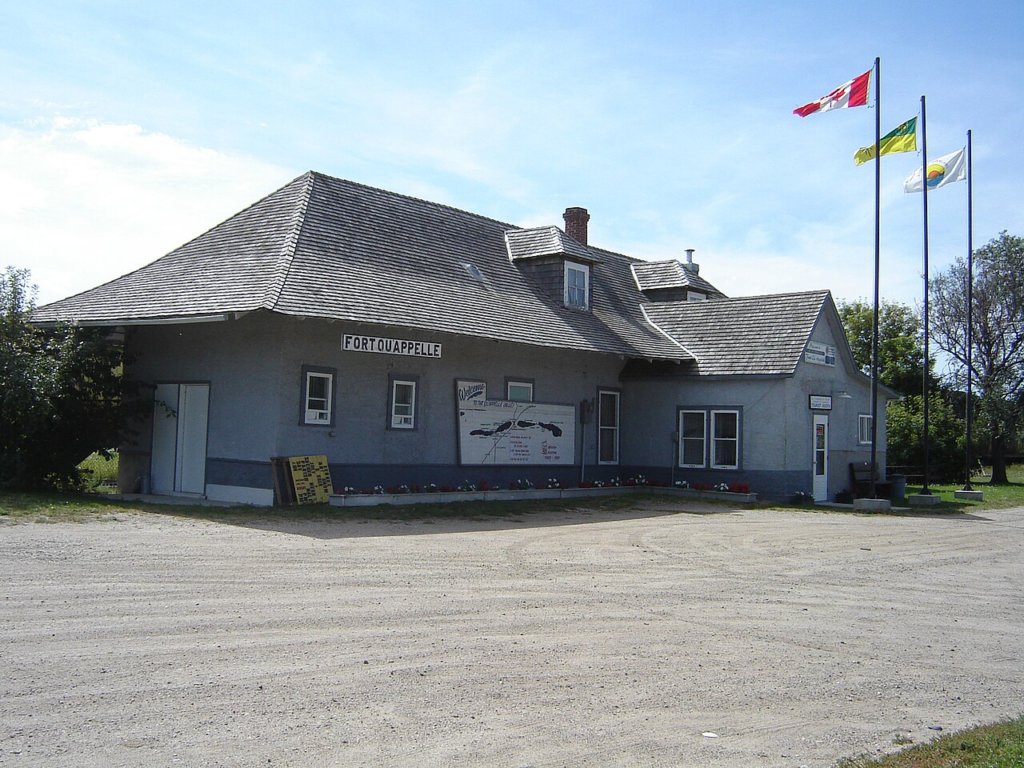
Main Street has churches and bars.
No one questions the location of either spirits.
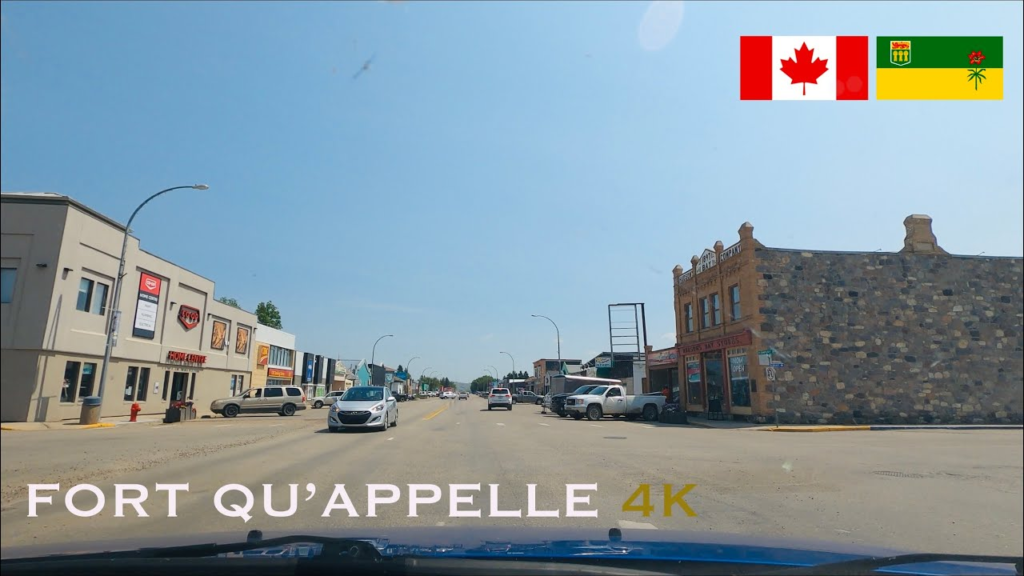
The curling rink echoes in winter.

The Chinese restaurant hasn’t changed its menu for forty years, and probably never will.

The same men stand outside the Co-op every morning with the same coffee and the same opinions.

And the wind, when it drifts in, carries not just the chill but the memory of things no one talks about — treaties, trains, and time stolen.

Above: Troops on the march, Northwest Rebellion, Qu’Appelle Valley, 1885
Children grow there like dandelions — bright, scrappy, impossible to uproot without guilt.

They know the names of the lakes and the shape of the hills and the feel of gravel under a bicycle tire.

And boys play and plot and grow long shadows.
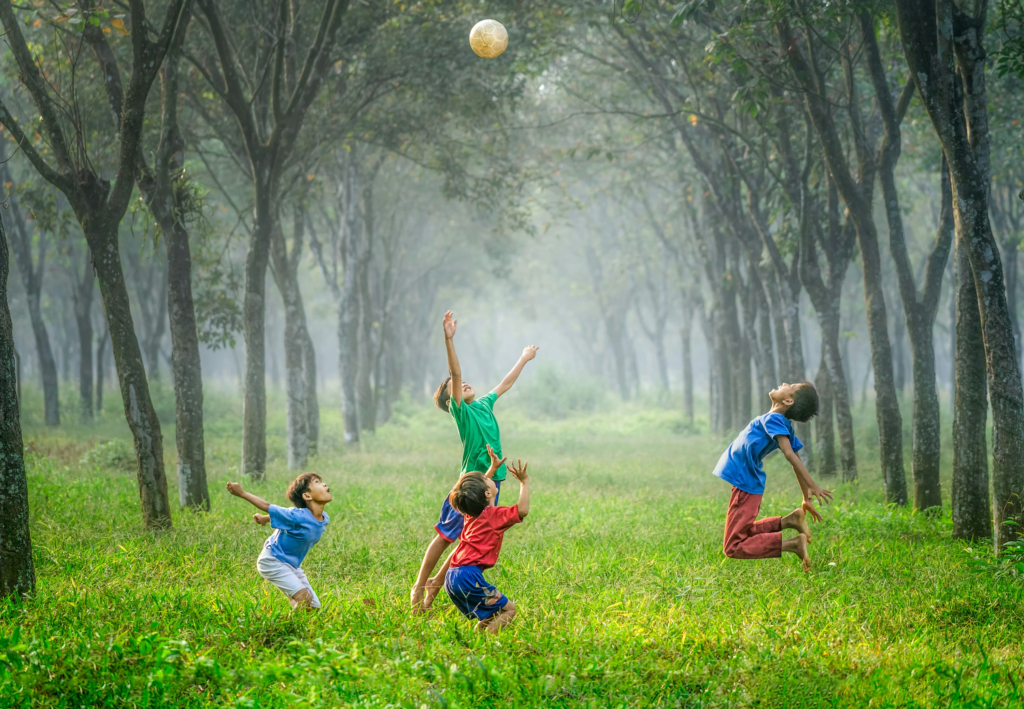
Some with the solemn grace of saplings that will one day become mighty oaks.

Others are as wild as a creek in spring, with the dirt of the world under their fingernails and the sky in their eyes.
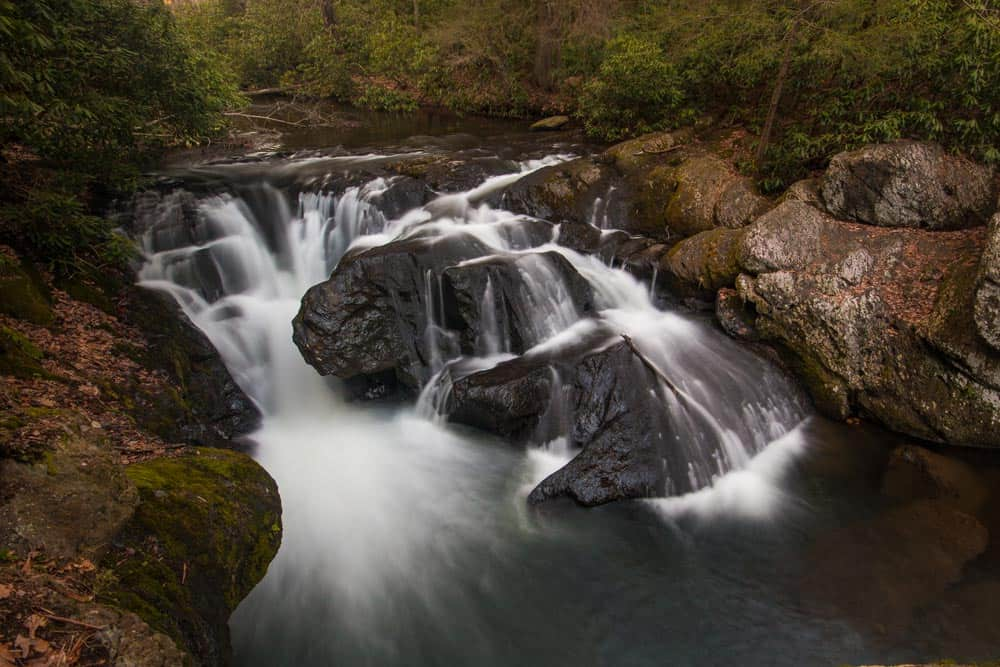
Fort Qu’Appelle never hurries, never boasts.
It endures, like a good dog or a prairie mother, through flood and fire and the slow fading of old hopes.
And in that quiet perseverance, there is a kind of greatness, the sort you don’t read about unless someone loves the place enough to remember it properly.

Fort Qu’Appelle is a place where nothing ever happens — except everything.
The town is stitched together with broken roads, idle gossip, and the shared understanding that if you didn’t wave to someone you passed on the street, your mother would hear about it before suppertime.
The hills rose up on either side like a pair of old uncles watching the town with bemused suspicion — not unkind, just keeping an eye on things.

Above: Fort Qu’Appelle
The river — the Qu’Appelle — it doesn’t rush.
It moseys.
It meanders.
It curves around the town like it has nowhere in particular to be.
And nobody blames it.
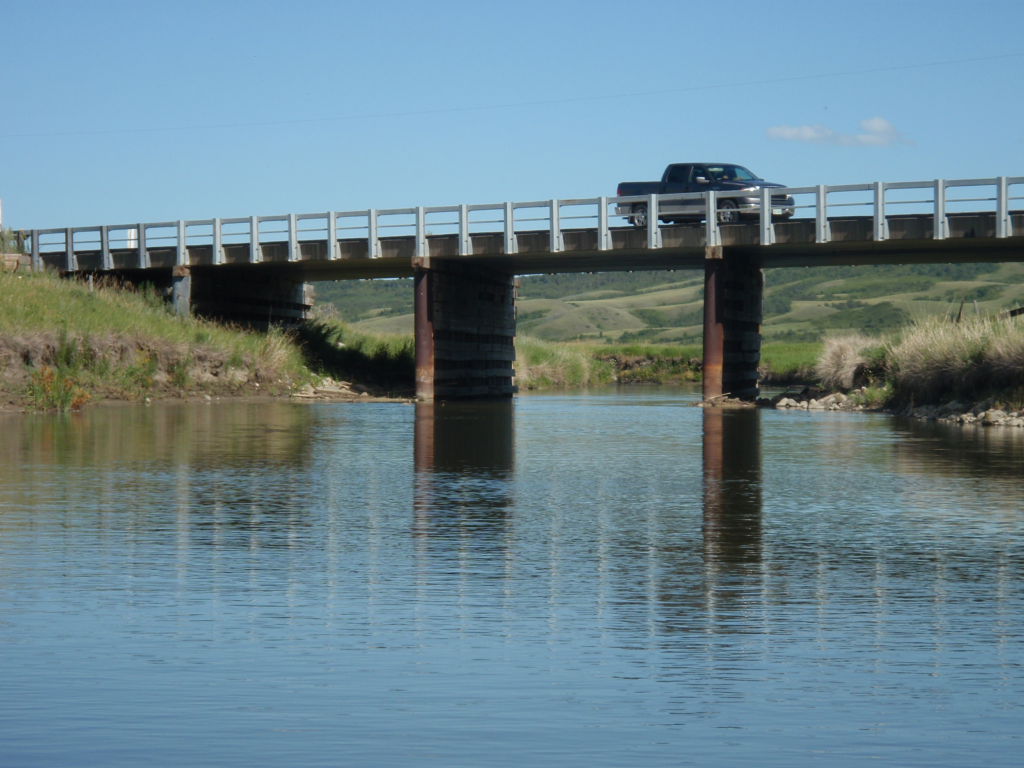
You have the usual cast of characters:
The schoolteacher who looks like she had been carved from dried rhubarb.

The mechanic who claims his Chevy could run on prayer alone.

And of course the Reverend, who thunders fire and brimstone from the pulpit on Sunday, but yet we all see him slipping out of Elsie Gauthier’s place every other Thursday with flour on his cuffs and a grin like he had won at bingo.

And the boys.
Lord help us, the boys.
You will find them behind the post office with sling-shots, or racing their bikes down the hill toward the lake, screaming like Comanche warriors, their shirts flapping and their hearts wide open to the wind.
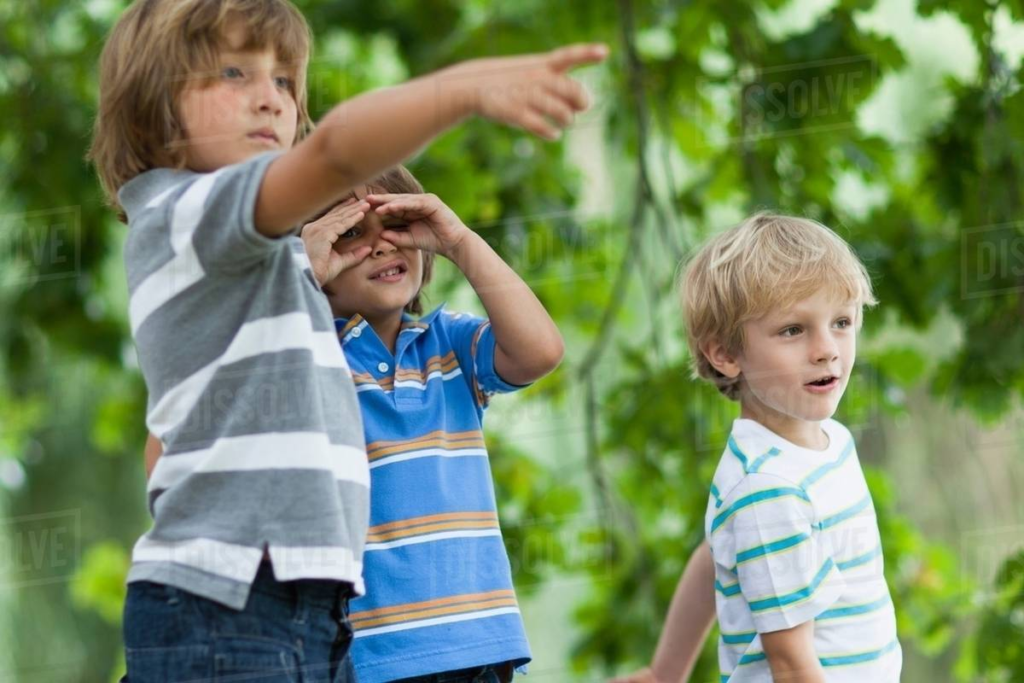
Mischief follows them like a stray dog, always hungry, always ready.
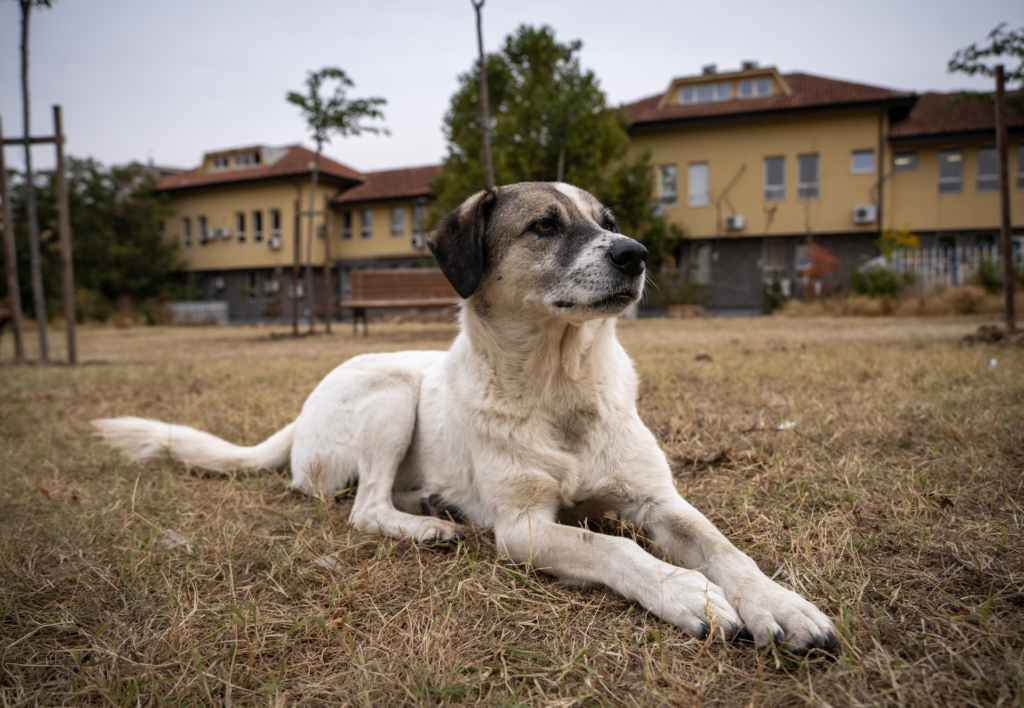
The winters here are long, the springs muddy, and the summers full of miracles:
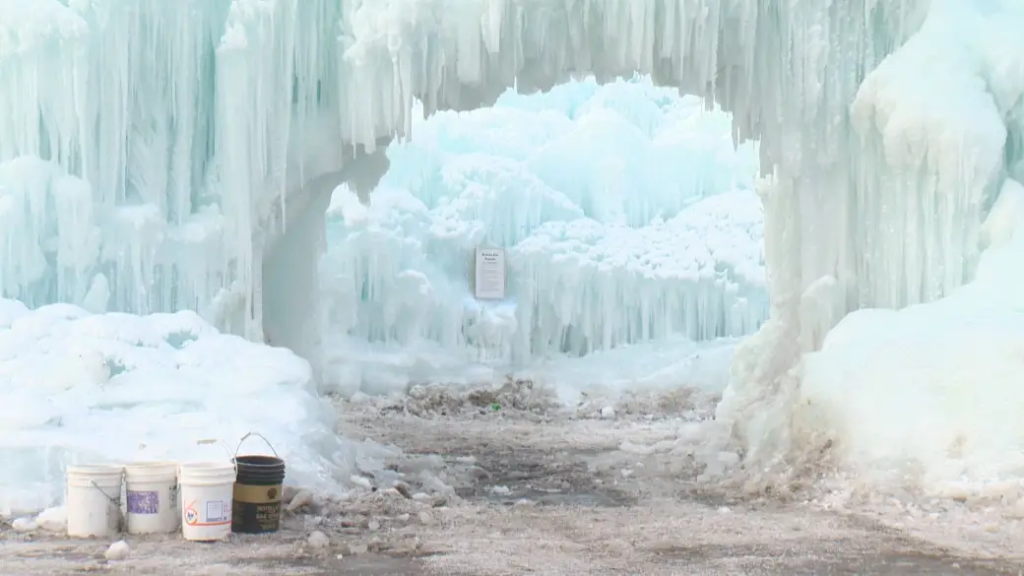
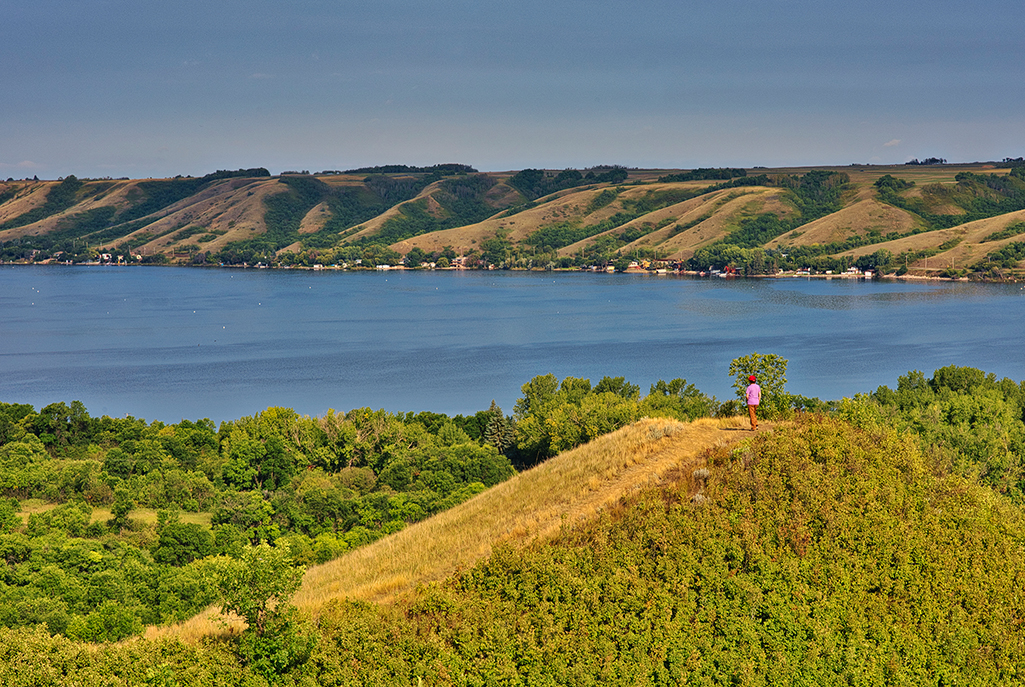
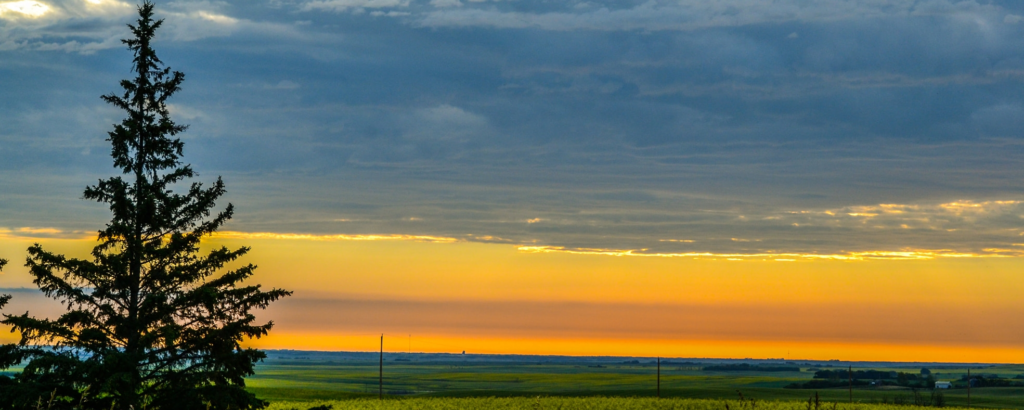
Sunburns, mosquito bites, the first kiss behind the church.

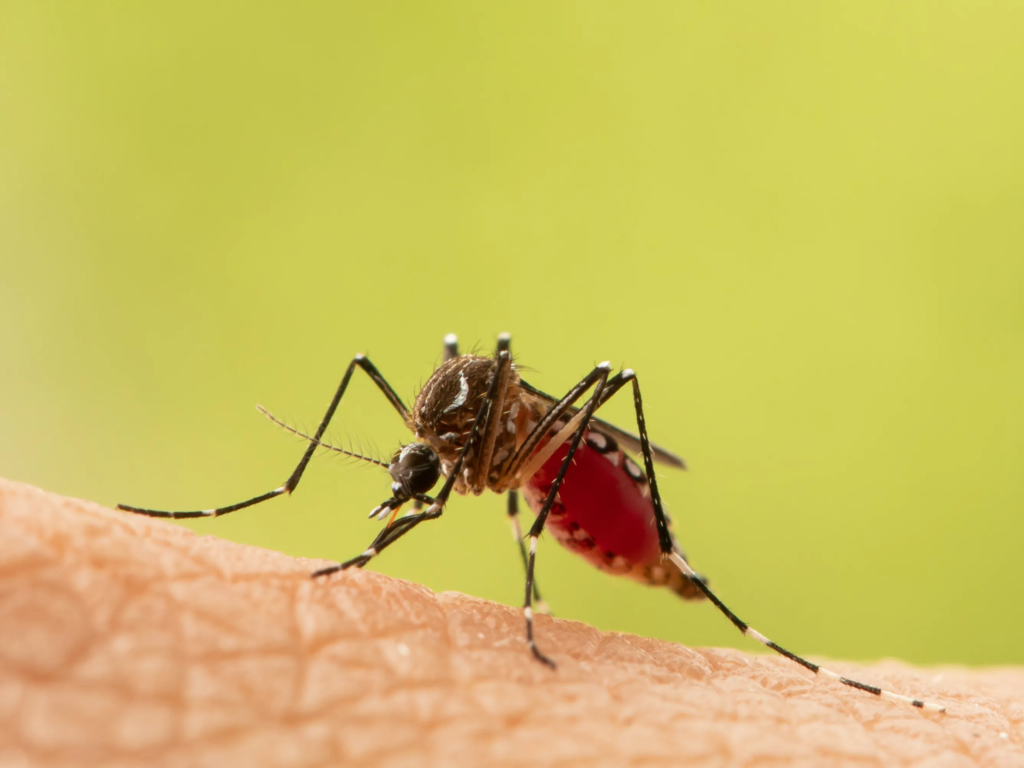

And if you listen just right, the town whispers its secrets — not loudly, mind you — just loud enough to make you wonder if maybe, just maybe, this little speck on the map was where the world began.
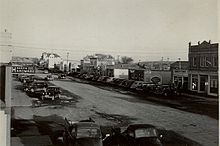
Above: Fort Qu’Appelle
There’s a stillness in Fort Qu’Appelle that many miss when they first arrive.
The small town, cradled by Saskatchewan’s vast plains, wears its isolation like a second skin.
It is the kind of place you must learn to see, not just look at.
A place where time can slip by unnoticed — until one day, you realize it has done so with the same quiet grace that the river runs beneath the town.
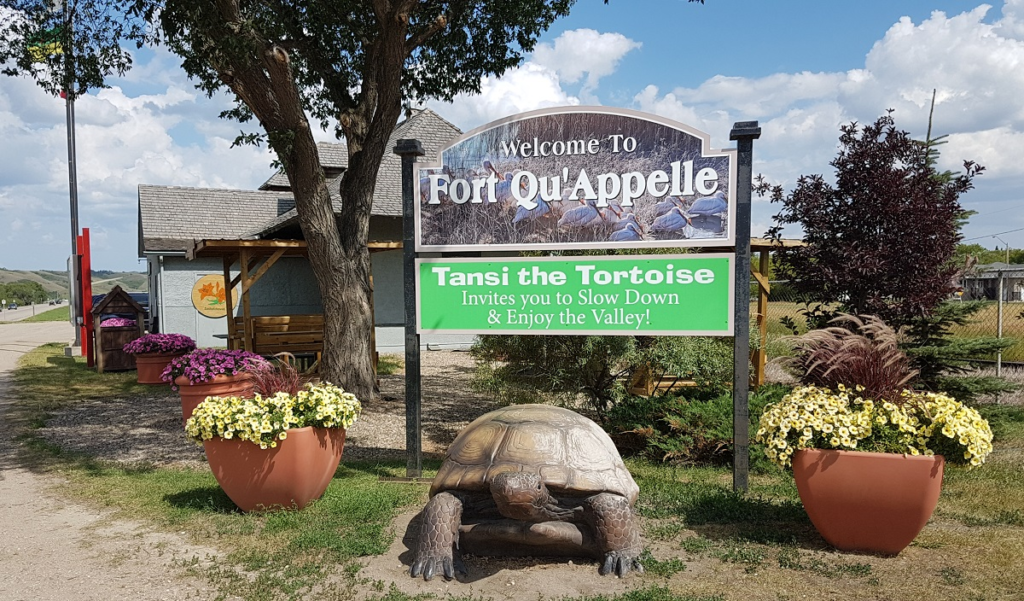
For Bob and I, Fort Qu’Appelle was both home and cage, a paradox woven into the landscape.
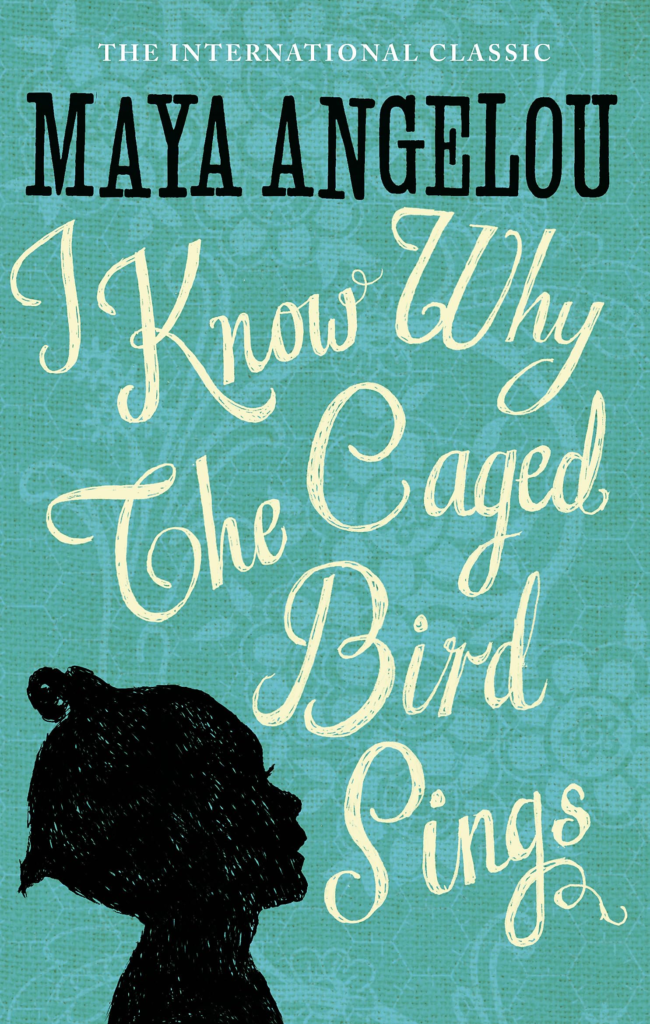
We’d grown up with its slow rhythms, its wide-open skies, and its small-town chatter.
The streets were familiar enough to feel safe yet narrow enough to stir the need for escape.

The town’s geography seemed to mirror our own ambitions — the rolling hills in the distance, the quiet ripples of Echo Lake, always just beyond reach, always reminding us that there was more out there.
Somewhere.

Above: Echo Lake
We would wander the streets together, though we always walked a little apart, Bob and I.
He had a calmness about him — grounded, rooted in a way that I never felt.
He had an awareness of things that I was only beginning to grasp, like the importance of being present, of making connections in small, meaningful ways.
But for me, there was always the pull of the road, of the unknown.
I’d hitch rides out of there, chasing something elusive, a sense of freedom that always seemed to slip further from my grasp the more I chased it.
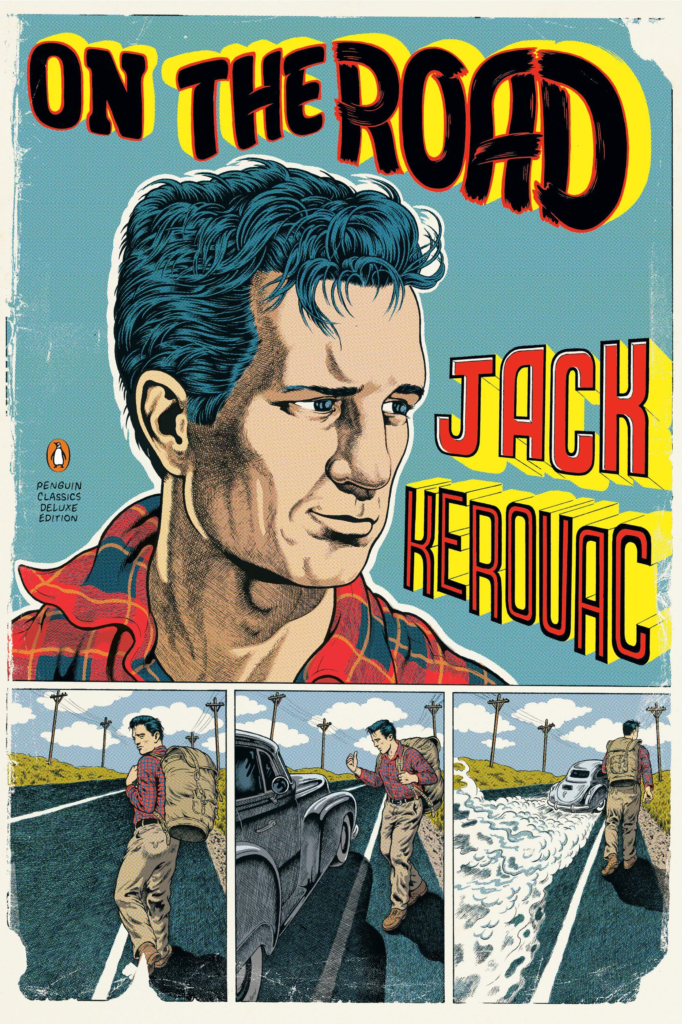
Bob, on the other hand, stayed.
Stayed in Fort Qu’Appelle, studied at Carleton, came back with plans to teach, to settle down, to put down roots.
There were moments, though, when the restlessness would rise in him, too.

We would sit at the old diner on the corner, the kind of place where the local waitress always knew your order before you spoke it.

We would talk about everything we wanted to escape — the narrow lanes of Fort Qu’Appelle, the weight of our names, the suffocating predictability of it all.
But even then, the town had a way of claiming us.
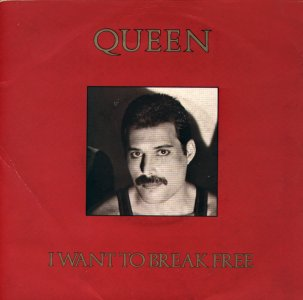
There was the old school, the one with the heavy wooden doors and the smell of chalk dust and old books, where Bob first discovered his love for teaching.
The same school where we learned the weight of history, even when it wasn’t something we chose to discuss.
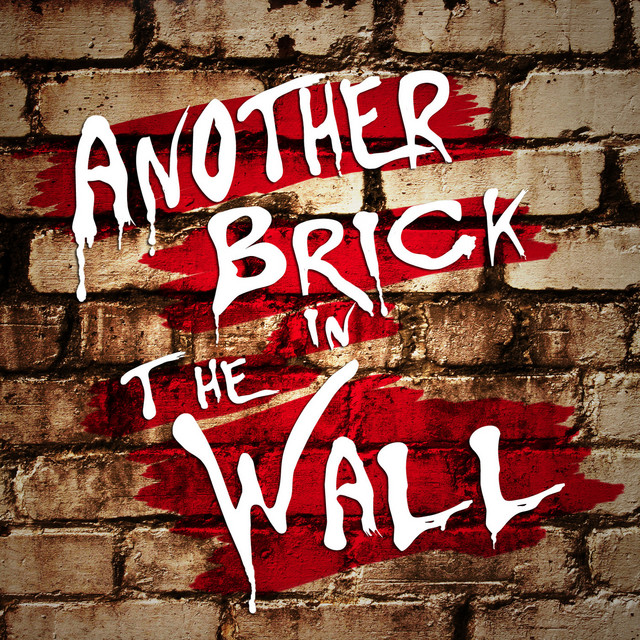
And then there was the old church — a towering, stoic structure with its tall windows and endless pews that always seemed to echo with the prayers of people long forgotten.

We spent afternoons there, sometimes just sitting on the steps, staring out over the town, watching the clouds roll in and out of the sky like they had nowhere else to be.
The air in the Fort always smelled faintly of something — maybe pine, maybe dust — but always familiar, always the same.
The people of Fort Qu’Appelle were both comforting and stifling.
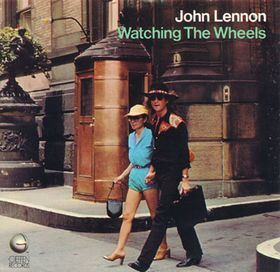
There was Blackstone, the old butcher, who seemed to know more about everyone than anyone should.
He told stories of the past with such authority that it was hard not to believe him, even when his tales began to border on the fantastical.

And then there was Martha at the post office, whose smile could light up the whole street, but whose eyes always seemed to be watching for someone to leave.

It was a town where everyone knew everyone else’s business.
The quiet weight of gossip could sometimes feel as thick as the summer heat.

But still, there were small moments of freedom, the kind you only realize in hindsight.
The sunsets, for instance, when the entire sky would burn with colors I still can’t name.
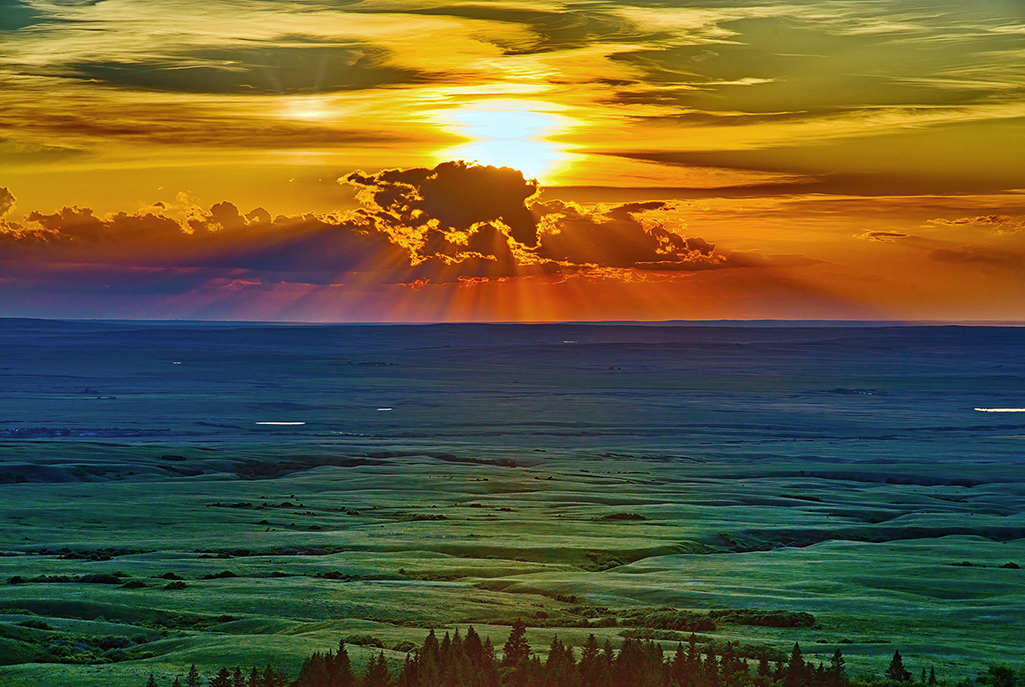
Or the lake, where we’d take Bob’s old canoe out, drifting on water so smooth it felt like we were floating in a dream.
The stillness there — the kind that settled in your bones — would sometimes feel like an anchor, and at other times, like a prison.

It wasn’t sudden, the departure — not for Bob, anyway.
He left in measured steps, first for Carleton University, where he’d study education.
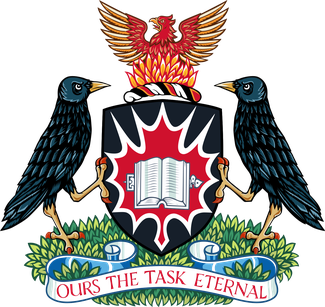
Above: Coat of arms, Carleton University, Ottawa, Canada
He came back during the summers, though, always trying to re-anchor himself to a place that was, by then, already starting to slip away from him.
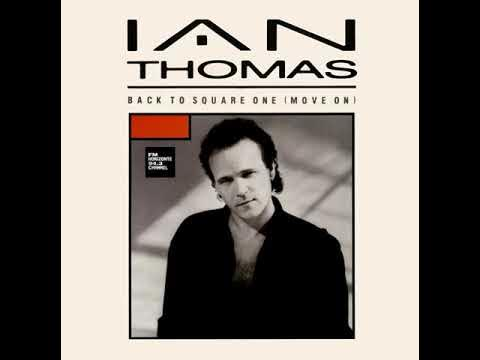
And me?
I was always slipping, always running.

Slip slidin’ away
Slip slidin’ away
You know the closer your destination
The more you’re slip slidin’ away
I know a man
He came from my home town
He wore his passion for his woman
Like a thorny crown
He said “Delores
I live in fear
My love for you’s so overpowering
I’m afraid that I will disappear“
Slip slidin’ away
Slip slidin’ away
You know the closer your destination
The more you’re slip slidin’ away
I know a woman
Became a wife
These are the very words she uses
To describe her life
She said a good day
Ain’t got no rain
She said a bad day’s when I lie in bed
And think of things that might have been
Slip slidin’ away
Slip slidin’ away
You know the closer your destination
The more you’re slip slidin’ away
And I know a father
Who had a son
He longed to tell him all the reasons
For the things he’d done
He came a long way
Just to explain
He kissed his boy as he lay sleeping
Then he turned around and headed home again
He’s slip slidin’
Slip slidin’ away
You know the closer your destination
The more you’re slip slidin’ away
God only knows
God makes his plan
The information’s unavailable
To the mortal man
We work our jobs
Collect our pay
Believe we’re gliding down the highway
When in fact we’re slip slidin’ away
Slip slidin’ away
Slip slidin’ away
You know the closer your destination
The more you’re slip slidin’ away
Slip slidin’ away
Slip slidin’ away
You know the closer your destination
The more you’re slip slidin’ away
Mmm
I took the road more often than not, hitching rides out of there, heading for places that felt more like possibility and less like certainty.
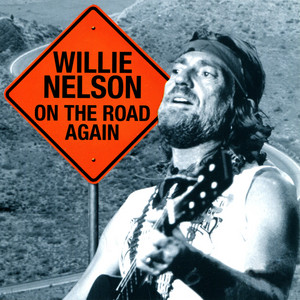
But there was always something about Fort Qu’Appelle, something that remained.
I think, for Bob, it was the sense of belonging.
He could always see himself there, even after everything had changed.
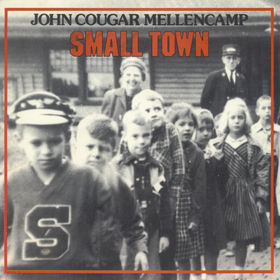
And me?
I was never sure if I was looking for something else, or simply running from everything that it represented.
In some ways, Fort Qu’Appelle will always be the place where I began to leave.
And where, ultimately, I started to understand what it meant to find home — not in the place, but in the act of moving, of searching, of becoming.
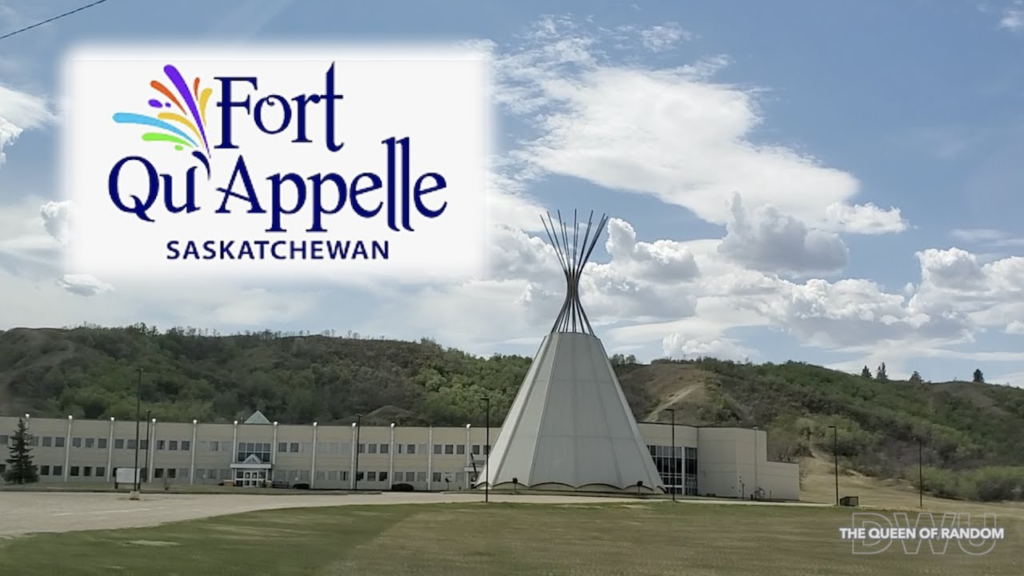
Bob was built like a monument in a town full of plain stone.
Towering over most of the kids in Fort Qu’Appelle, his height felt more like a burden than a blessing.
As a boy, he stooped like a man trying to escape his own frame, avoiding the eyes of those who might notice how out of place he seemed.
He was thin, almost too thin.
His awkward limbs looked like they hadn’t quite figured out how to exist in his body yet.
But there was nothing ungraceful about his movements — he carried himself with quiet self-doubt, a gentleness that kept him from demanding attention.
He had the kind of face that could easily be overlooked:
Sharp, but not in a way that drew stares.
His eyes, though, were the only thing that betrayed the distance between his longing and reality.
They were soft but thoughtful, like a man who’d seen more of the world in his head than he ever would in person.
Bob didn’t want to stand out, but life had handed him a frame that demanded it.
Still, he tried to hide it, shrinking when the world grew too big for him, never comfortable being the one everyone else looked up to.
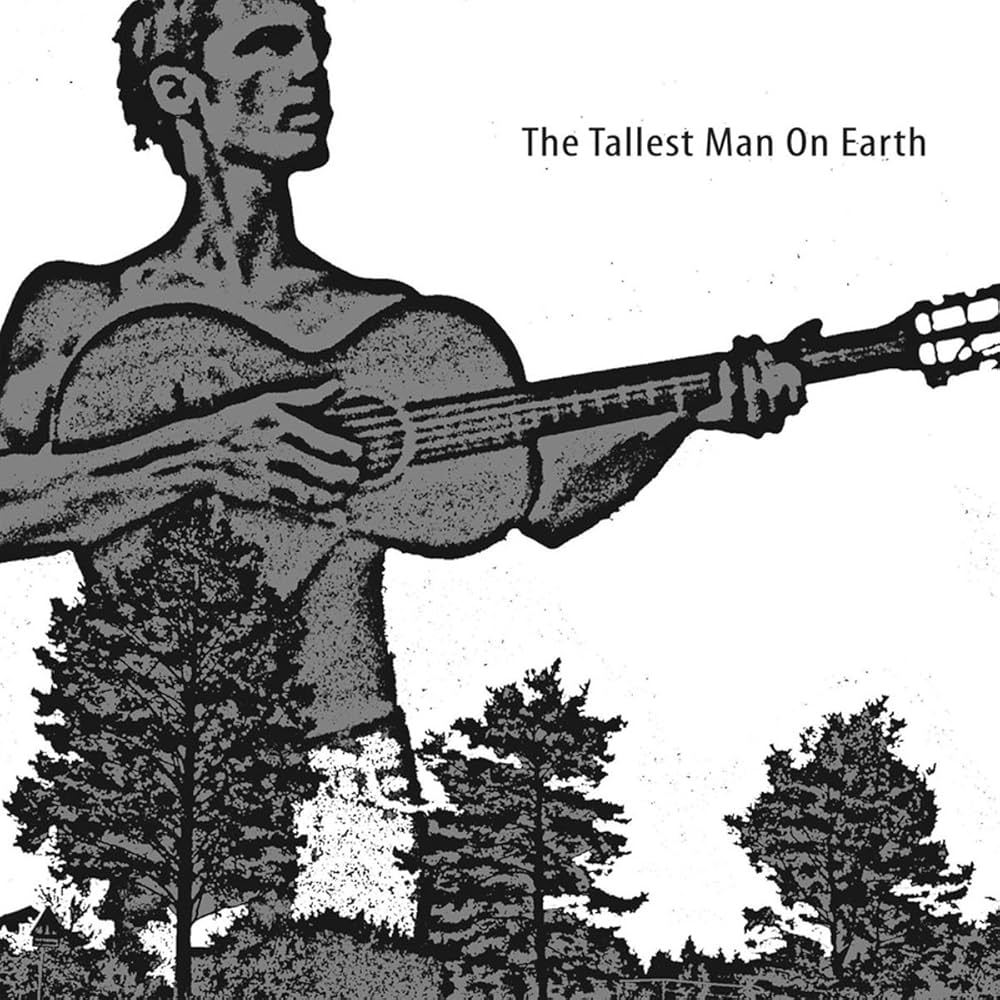
I was, I am, by all accounts, ordinary.
Medium height, unremarkable in build, the kind of guy you’d pass on the street without a second glance.
But I have never wanted to be ordinary.
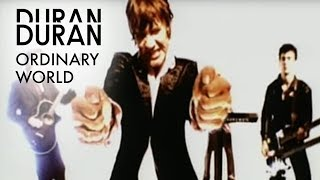
In fact, I wanted nothing more than to stand out, to be someone unforgettable, even if I wasn’t sure how to get there.
My body was thin, wiry — the kind that looked like it could slip between the cracks, just as I had always wanted to do in life.
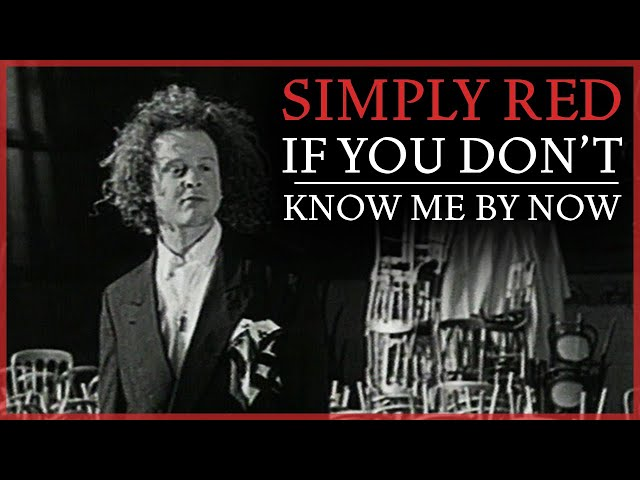
My eyes are the color of mud, deep and murky, unmoored but not quite lost.
Even now I constantly scan the horizon, darting here and there, looking for something more.
My hair has always been an unruly tangle of curls, more chaos than care, always needing a trim but never getting one.
My hair is like my heart — untamed, refusing to be reined in.
The problem is, despite my dreams of standing out, I have always felt a little too average.
Too much like everyone else.
Yet there remains something — a restless spark, a hunger — that cries out for more.
If only I could figure out how to make it happen.
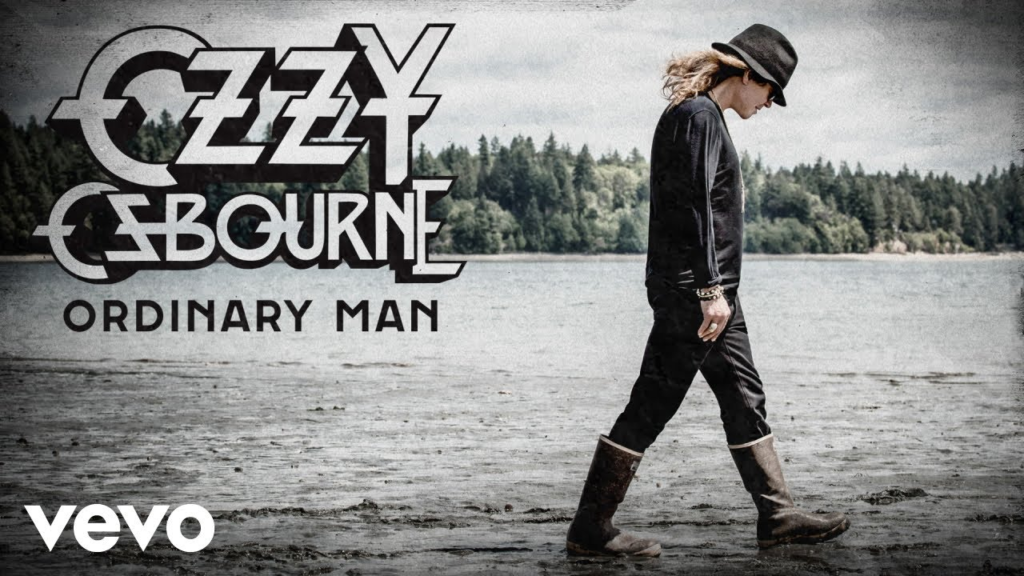
We were boys then — half-formed and full of fire — and Fort Qu’Appelle was our whole known world.
It was Bob who had the height and the soft voice, and me who had the mud-brown eyes and the troublemaker’s grin.

Marshmallows were rare treasures in that school cafeteria, a white-capped currency buried sporadically in Rice Krispies squares doled out by the lunch ladies like state secrets.
But that day, I had heard a rumor:
A fresh batch had been left cooling in the back kitchen.
I nudged Bob in the ribs.
“Come on,” I whispered, eyes gleaming.
“Just one peek. Maybe a taste.”
He hesitated.
He always did.
That was Bob — not slow, just deliberate.
Thoughtful to a fault.
“They’ll know it was me,” he said, already glancing around.
“Nah,” I said. “You blend in just fine.”
We both knew it was a lie.
The back door was propped open with a mop bucket — Providence or lazy janitor, who could say.
Inside, the kitchen gleamed with industrial chill.
There they were on the cooling tray:
Sticky, sweet squares studded with those soft sugar clouds.
Bob was tall enough to reach the top shelf.
I was fast enough to move in and out like a gust of prairie wind.
Together we were a poor man’s heist team — one nervous conscience, one reckless heart.
But someone saw us.
Someone always sees.
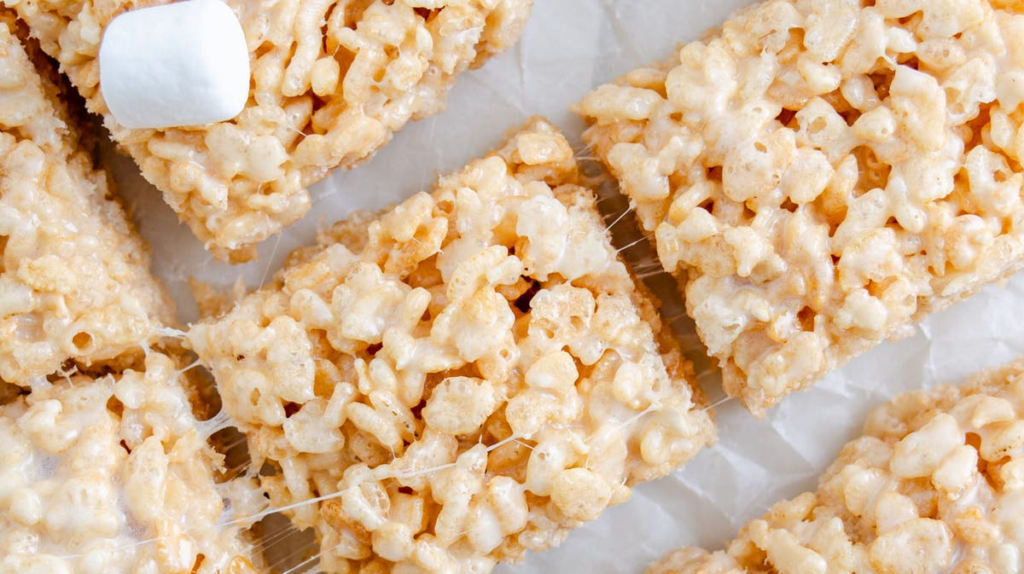
By the end of the day, Bob was summoned to the principal’s office.
I watched him walk there — tall, silent, resigned.
I waited outside, pacing the hall, thinking maybe I’d follow, maybe I’d confess.
But I didn’t.
I told myself Bob would find a way to shift the blame, to share the guilt, to say I was the real thief.
He didn’t.
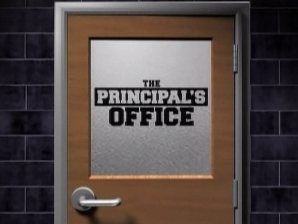
When he came out, his hand was red and trembling, but he didn’t cry.
He didn’t say a word until we were alone by the bike racks.
“What happened?” I asked, ashamed.
He looked at his hand, then at me.
“The experience didn’t tickle.”
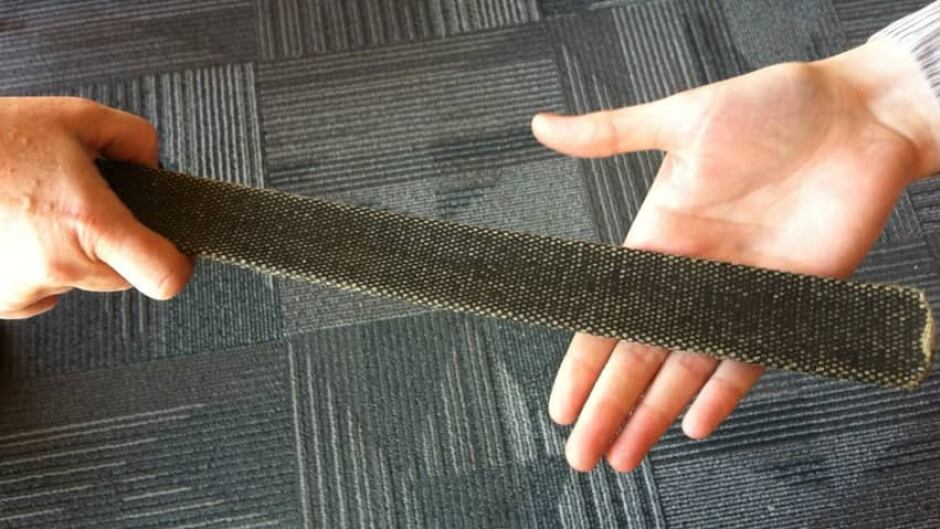
Only years later, after Bob was long buried beneath the cold stone of Montparnasse and Ursula’s journal fell into my hands, would I learn the full story.
She wrote:
“He never told me who it was.
The principal asked him twice.
Then a third time.
Bob said, ‘I am not responsible for what others see.’
The principal asked if that meant he thought the man was lying.
Bob said it again, quiet and firm, like a prayer or a dare.
‘I am not responsible for what others see.’
I don’t know where he learned that kind of loyalty.
But I think he earned it the hard way.”
He bore his punishment alone.
Not for heroism.
Not for drama.
But because something in Bob refused to give up another soul, even for something as small as a marshmallow square.
I think that was the moment I loved him most.
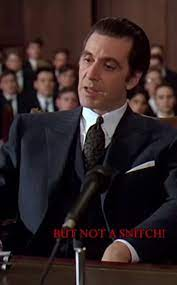
Above: Retired Army Lieutenant Colonel Frank Slade (Al Pacino), Scent of a Woman (1992)
Ursula’s Journal
31 October 1991
“It is colder than I expected, but not unfriendly.
The kind of cold that feels honest.
Bracing, as they say.
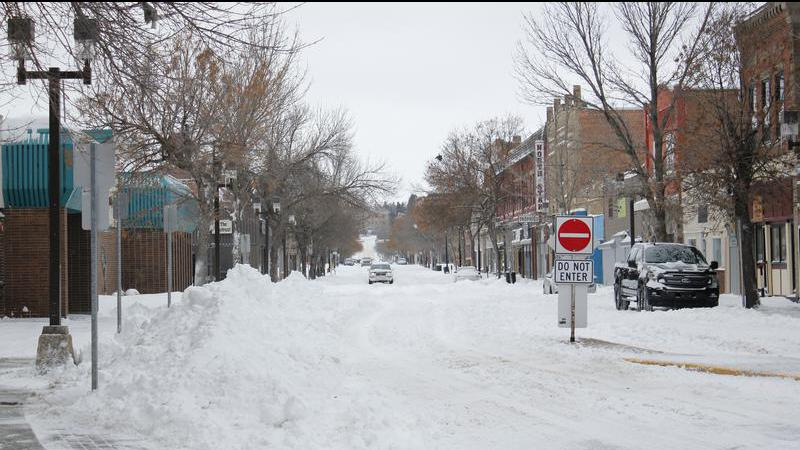
Fort Qu’Appelle.
The name feels like a riddle no one will explain.
The Fort is no longer a fort.
French is not really spoken.
People say “Qu’Appelle” as though they are apologizing for a sneeze.
Qua-pell.
Bob says it means “Who calls?”
There is a legend — a man hears his name carried over the water just before his beloved dies.
It’s romantic, but also unnerving.
I wonder what it must mean to live in a place always asking a question.
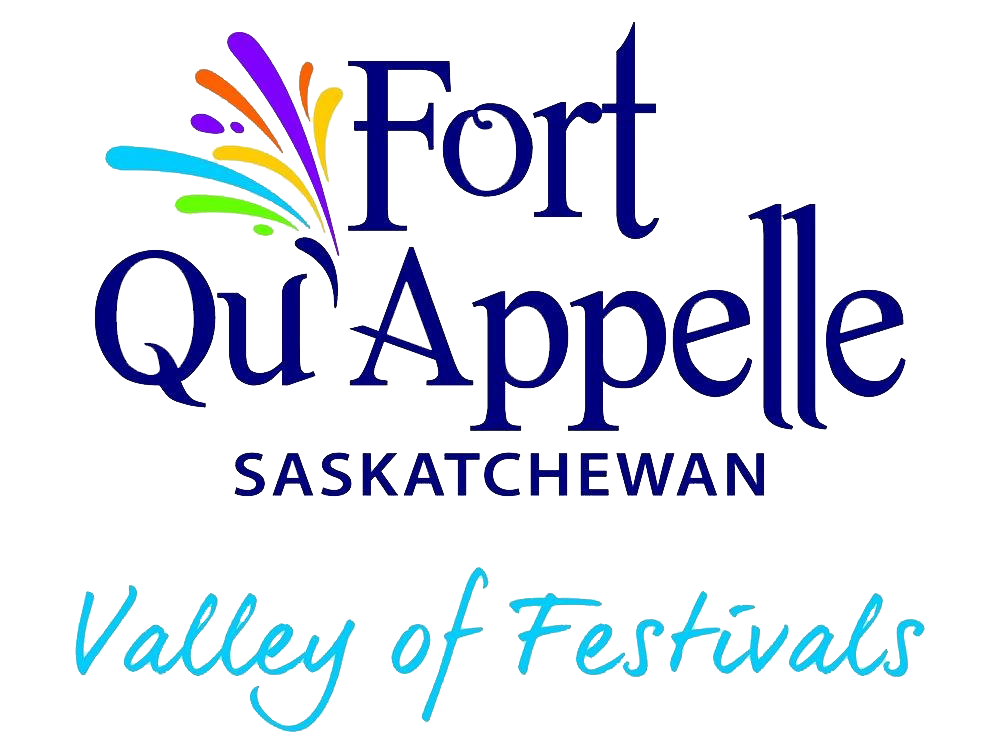
The town is small but spread out.
You can tell it was once something more — maybe a trading hub or a frontier outpost.
Now it is a gathering of modest houses and wooden storefronts, the paint always just beginning to peel.
There is a bakery that closes before noon and a post office that sells socks and chewing gum.
The woman who cut my hair told me she remembered when there were two hardware stores.
Now there is one.
Even it seems surprised to still be open.

Everyone knows Bob here.
Not just knows — remembers.
I see it in their faces when we walk down the street.
He has outgrown this place physically — he has to duck under doorframes — but it lives in his posture, in the way he nods to every passing truck, even the ones he doesn’t recognize.
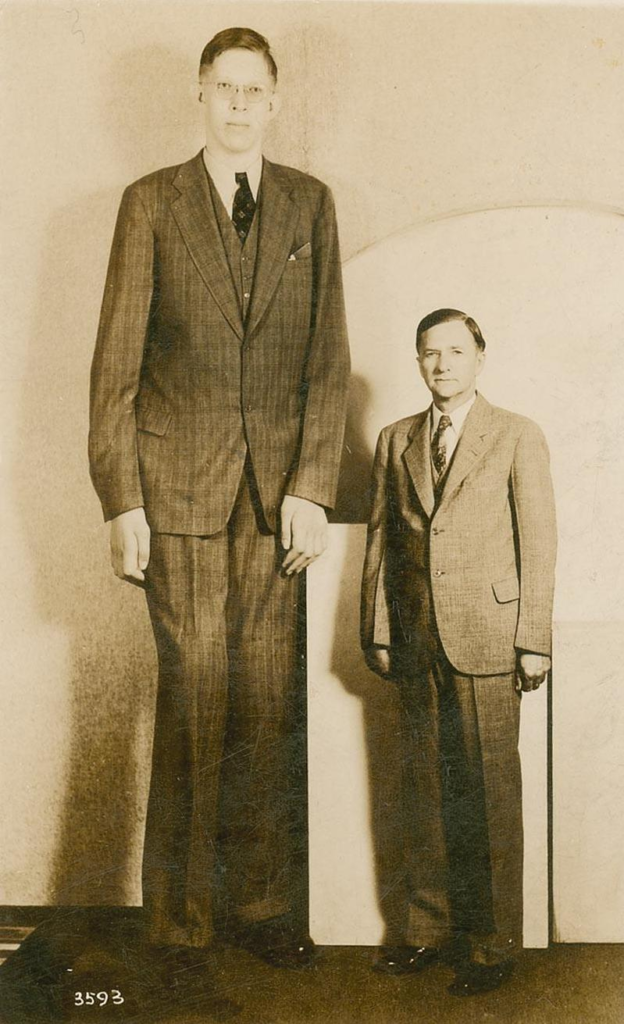
Above: The tallest person in recorded history (8 ft 11.1 in / 2.72 m) for whom there is irrefutable evidence, American Robert Wadlow (1918 – 1940)
It is a strange inheritance — belonging by default.
I do not belong.
Not yet.
Perhaps not ever.
They are polite enough, but I sense a quiet calculation behind their kindness.
A watching.
A wondering if I will last.
They speak slowly to me, as though my accent is a small disability they must accommodate.
I pretend not to notice.
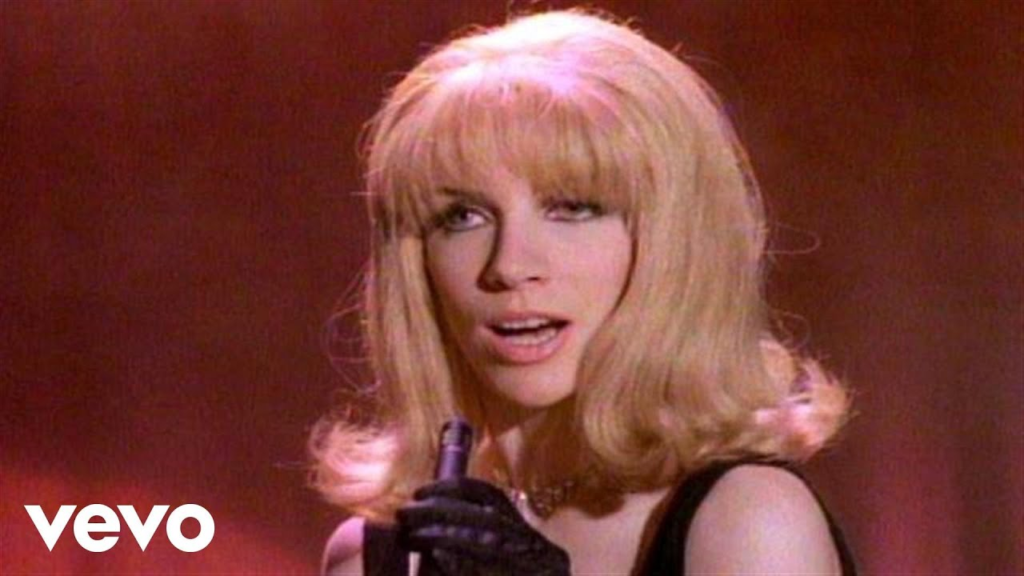
Who’s that girl?
Who’s that girl?
The language of love
Slips from my lover’s tongue
Cooler than ice cream
And warmer than the sun
Dumb hearts get broken
Just like China cups
The language of love
Has left me broken on the rocks
But there’s just one thing
Just one thing
But there’s just one thing, ooh-yeah
And I really wanna know
Tell me, who’s that girl?
Running around with you?
Tell me, who’s that girl?
Running around with you?
Tell me, who’s that girl?
Running around with you?
Tell me, who’s that girl?
The language of love
Has left me stony gray
Tongue tied and twisted
At the price I’ve had to pay
Your careless notions
have silenced these emotions
Look at all the foolishness
Your lover’s talk has done
Tell me who’s that girl
Running around with you?
Tell me (oh yeah)
Just one thing
Just one thing
But there’s just one thing
Tell me, who’s that girl?
Tell me
Running around with you
Pretty girl
With you
Tell me
The land is beautiful in an austere, unsentimental way.
Low hills, the valley, the lakes.
They don’t ask for admiration.
They don’t change for you.
This is not a landscape that flatters.
It merely endures.
In that way, I suppose, it is Canadian.

Above: Flag of Canada
Last night, Bob drove me to the old residential school in Lebret.
The building is empty now — hollowed out, windows boarded, but not forgotten.
I thought we would speak about it, but he only pointed to the chapel and said it was built by the students themselves.
I felt I should say something — ask something — but I didn’t.
Not yet.
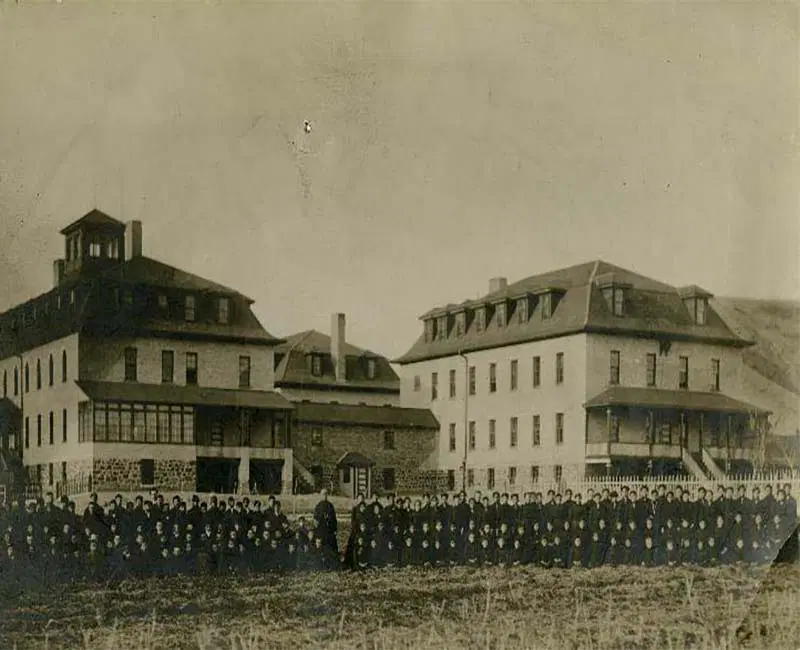
Above: Lebret Indian Residential School, Fort Qu’Appelle, Saskatchewan
I miss München.
The noise of it.
The arrogance.
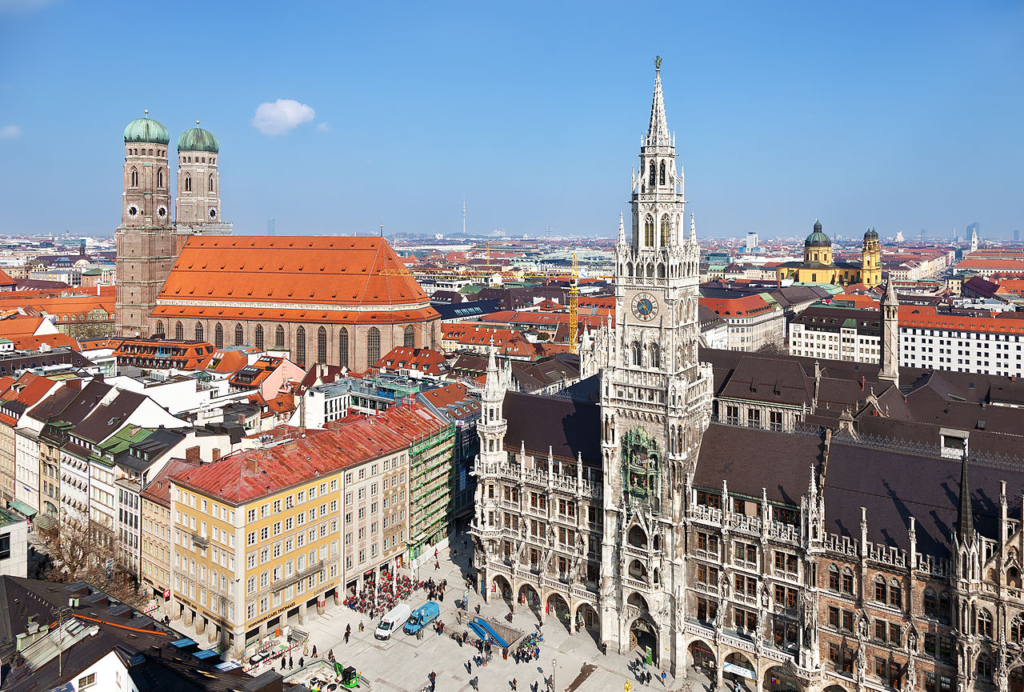
Above: München (Munich), Bayern (Bavaria), Deutschland (Germany)
But there is something about this stillness, this Fort, that feels like it might teach me something — if I can bear the quiet long enough to listen.“
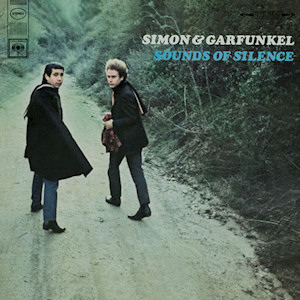
Ottawa 1990.
I hadn’t planned to come to Ottawa.
But then, few of my movements in those years could be called planned.
I was still tracing something I couldn’t name — a kind of unfinished sentence etched across the highways of the country, each ride another clause.
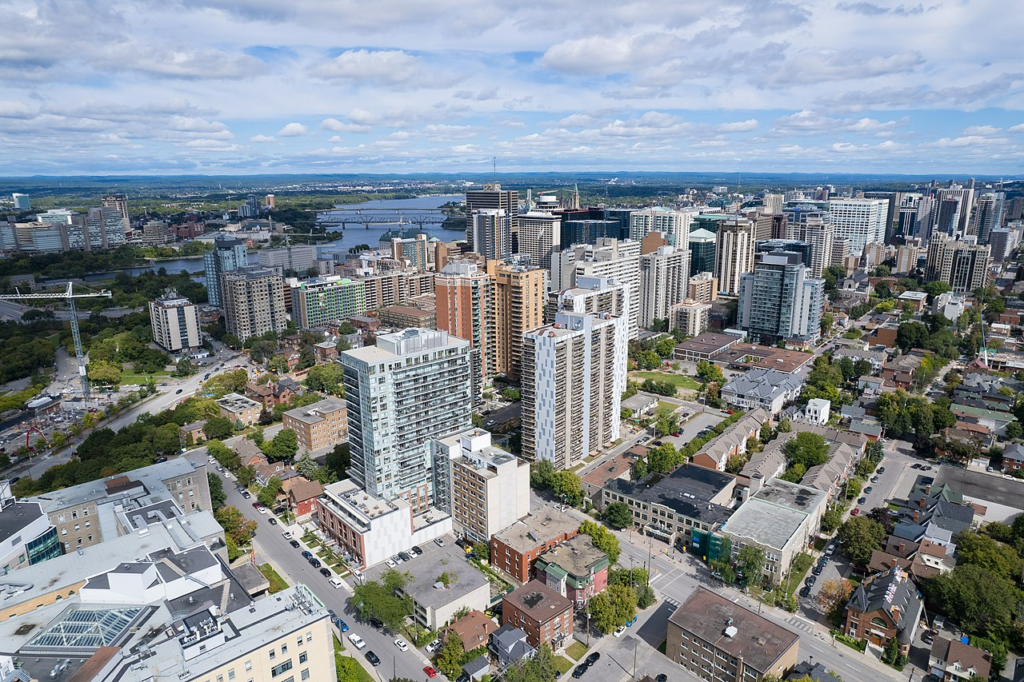
Above: Ottawa, Ontario, Canada
I heard from the Fort that Bob was in the city, working on his Master’s, guiding tourists through a jail turned hostel.
The idea tickled me:
Bob in a jail.
Me sleeping in one, voluntarily.
Seemed reason enough.
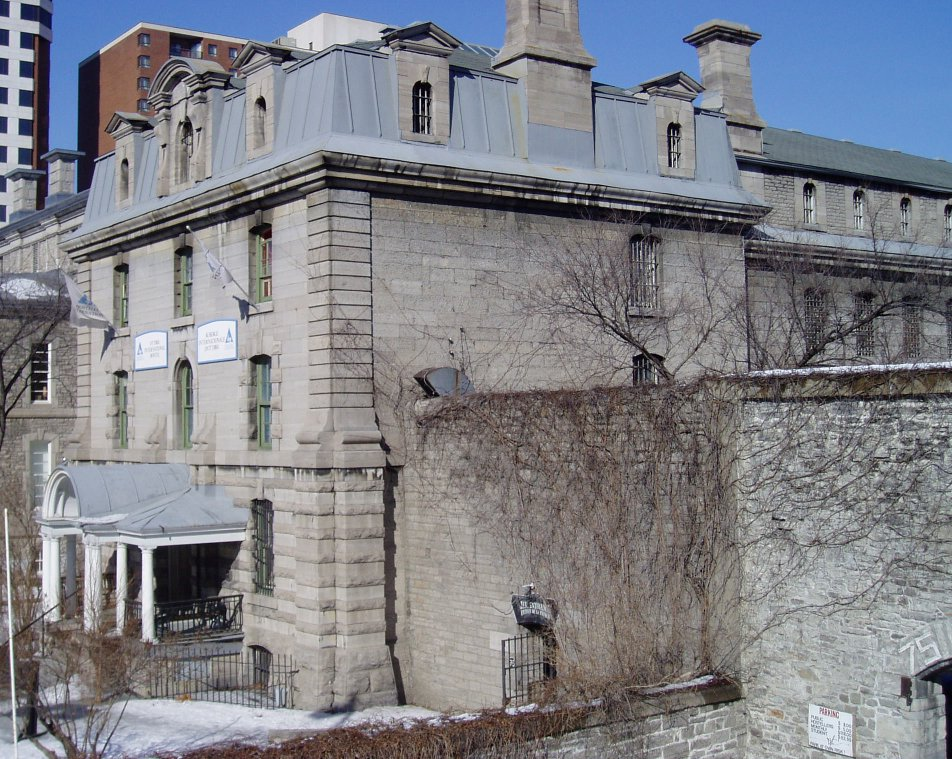
Above: Ottawa International Hostel, Ottawa, Canada
I arrived on a February morning, stiff with cold and thin from too many rides with too little sleep.
The kind of cold that turns your fingers into wood.
I hadn’t known the date — February 11 — or its macabre significance.

That would come later, when I found myself among the shuffled boots of backpackers, ascending narrow stairs as Bob recited with grim delight the miseries of the former Carleton County Gaol.

He was good.
Calm, authoritative, a little theatrical when he needed to be.
He had a way of holding silence until it ached, letting the words drop like pebbles into still water.
You could tell he liked the effect — the jump, the gasp, the nervous laughter.
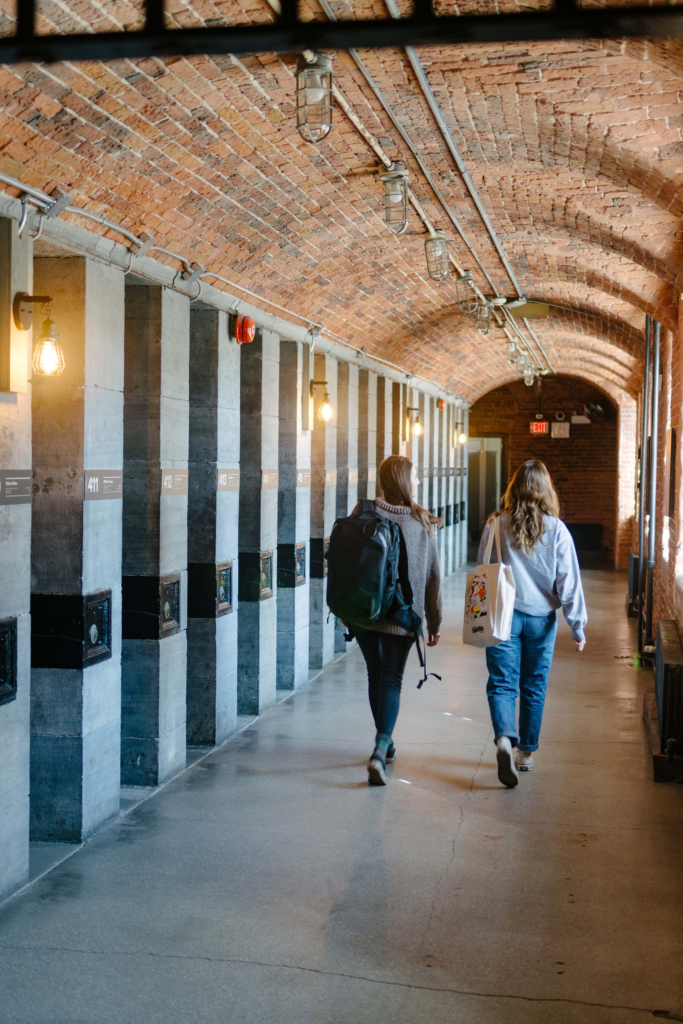
When the gallows floor snapped open beside our feet with a loud crack, someone screamed.
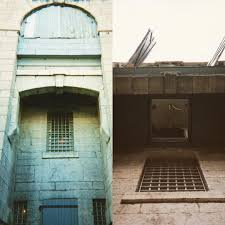

I think it was the French girl from Lyon.
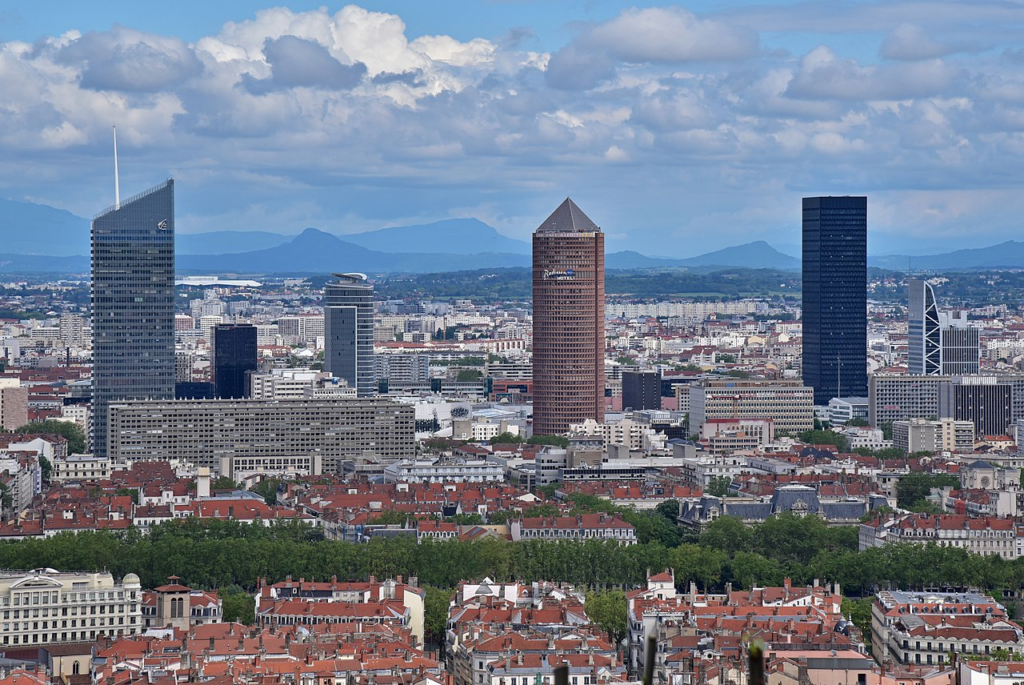
Above: Lyon, France
He led us past suicide bars and clanging cell doors, past histories of men who died nameless and those who died infamous.
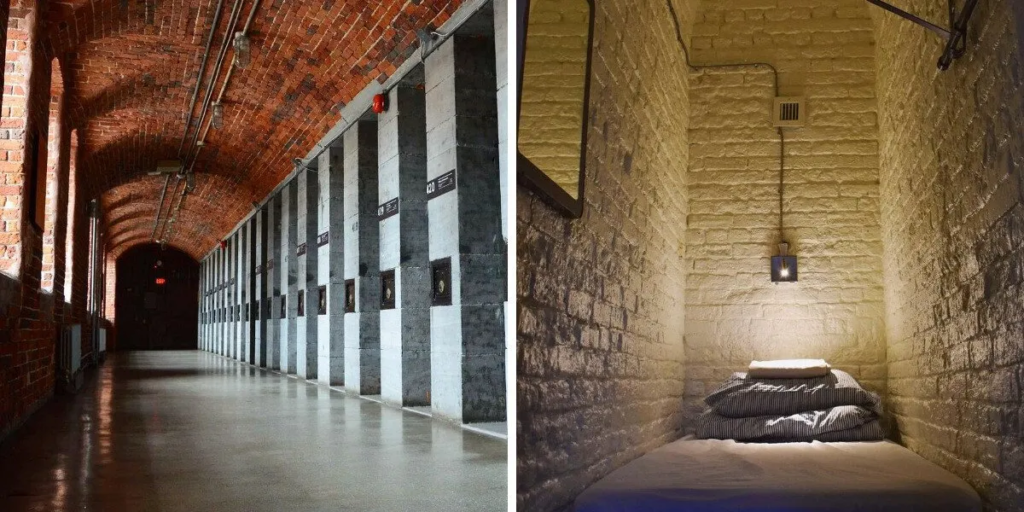
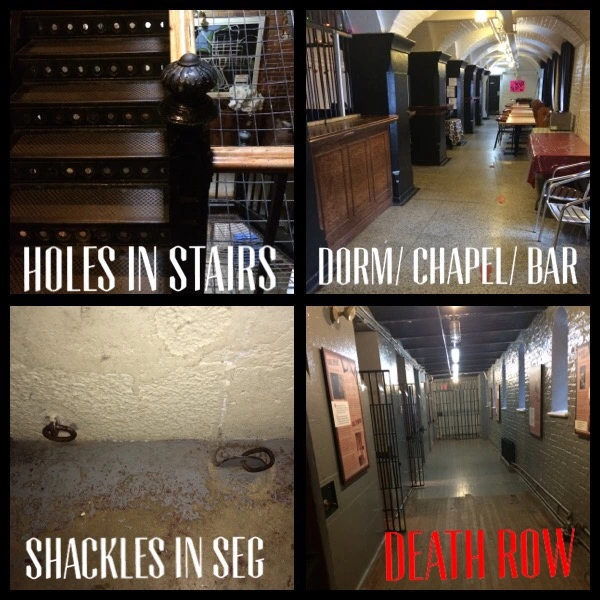
He told the tale of Thomas D’Arcy McGee, the assassinated MP, and the questionable justice meted out to his alleged assassin Patrick Whelan.
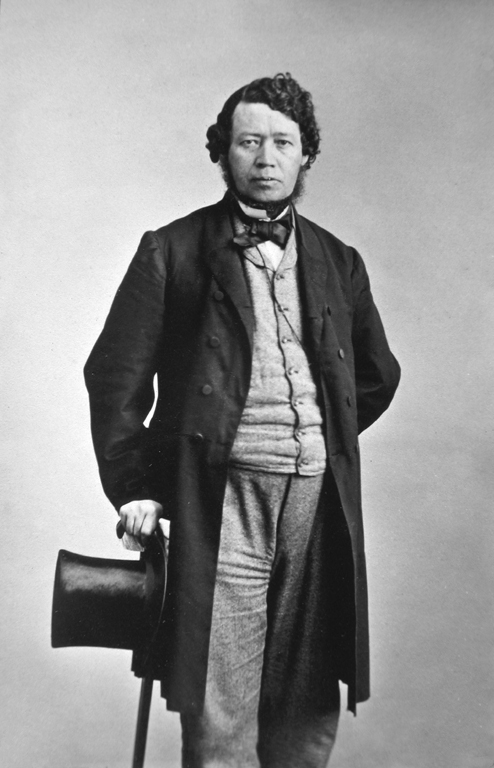
Above: Irish Canadian politician/poet/journalist Thomas D’Arcy McGee (1825 – 1868)
(Thomas D’Arcy McGee was an Irish-Canadian politician, Catholic spokesman, journalist, poet, and a Father of Canadian Confederation.
The young McGee was an Irish Catholic who opposed British rule in Ireland, and was part of the Young Ireland attempts to overthrow British rule and create an independent Irish Republic.
He escaped arrest and fled to the US in 1848, after which some of his political positions reversed.
He remained ardently Catholic, but his Irish nationalism moderated.
He became disgusted with American republicanism, anti-Catholicism, and classical liberalism.
McGee became intensely monarchistic in his political beliefs and in his religious support for the embattled Pope Pius IX.
He moved to the Province of Canada (Ontario-Québec) in 1857 and worked hard to convince fellow Irish Canadians to cooperate with Canadian Protestants in forming a self-governing Canada within the British Empire.
His passion for Confederation garnered him the title:
‘Canada’s first nationalist‘.
McGee also vocally denounced the activities of the Fenian Brotherhood, a paramilitary secret society of exiled Irish Republicans who resembled his younger self politically, in Ireland, Canada, and the US.
McGee succeeded in helping achieve Confederation in 1867, but was assassinated by the Fenian Brotherhood, which considered McGee guilty of Shoneenism (Irish people who are viewed as engaging in excessive Anglophilia or snobbery), in 1868.
Montreal Fenian Brotherhood member Patrick J. Whelan was convicted of McGee’s murder and executed.)
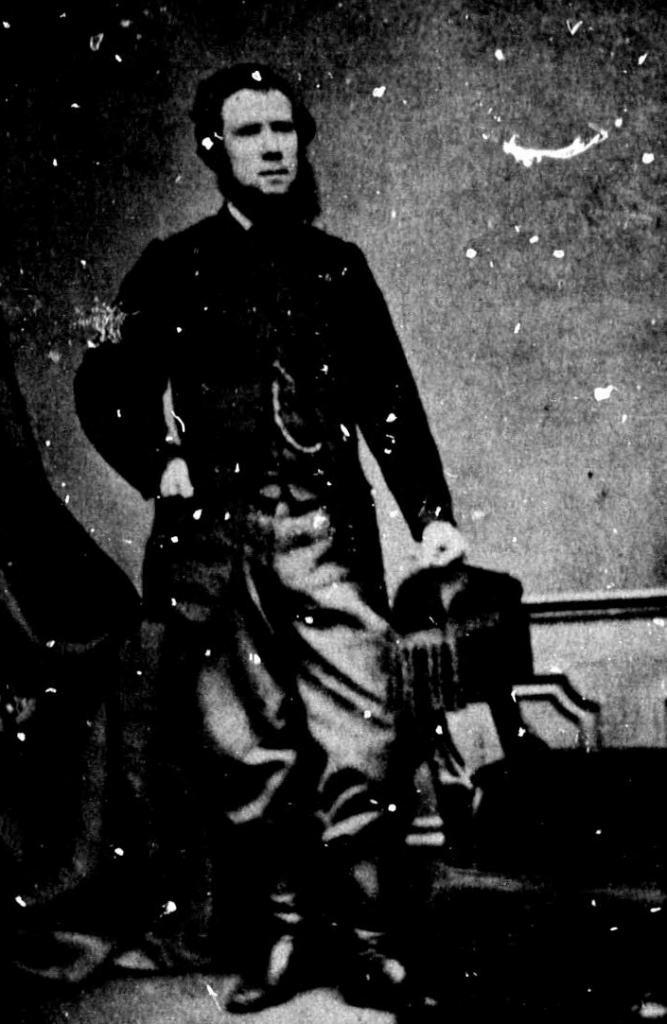
Above: Irish Canadian tailor Patrick Whelan (1840 – 1869)
(Patrick James Whelan was an Irish-born tailor and suspected Fenian supporter who was executed after the assassination of Irish-Canadian journalist and politician Thomas D’Arcy McGee in Canada in 1868.
He maintained his innocence throughout the proceedings.
Questions about his guilt continue to be voiced, as his trial was “marred” by political interference, dubious legal procedures, allegations of bribing witnesses and easily discredited testimony.)

Above: Carleton County Gaol, Ottawa, Canada
I could see Bob’s mind whirring, filing things for the history classroom he dreamed of — back in the Fort, back where people remembered you by your father’s truck and your height at thirteen.
At one point, as if on cue, the key snapped in the lock of a cell.
For a heartbeat, we were all prisoners.
The laughter died.
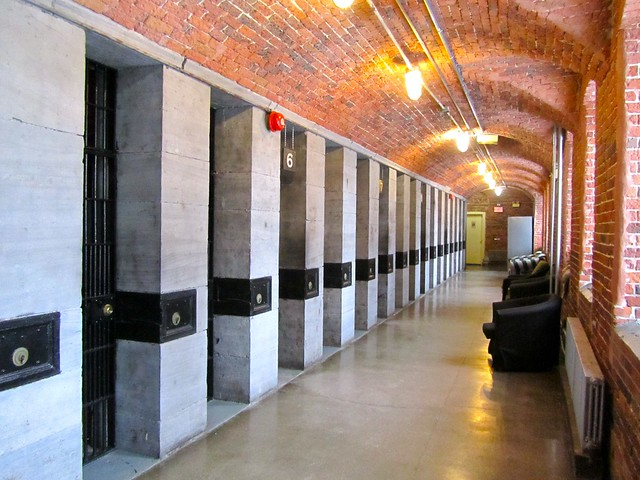
That’s when I noticed her.
Ursula Schmidt.
German.
Backpacker.
Wide eyes that drank in history like wine.
She wore a red scarf and carried herself like someone who had been alone on the road long enough to be both watchful and unafraid.
We exchanged names.
She asked if Bob was my brother.
I said no.
She didn’t ask more.
She already knew who mattered.
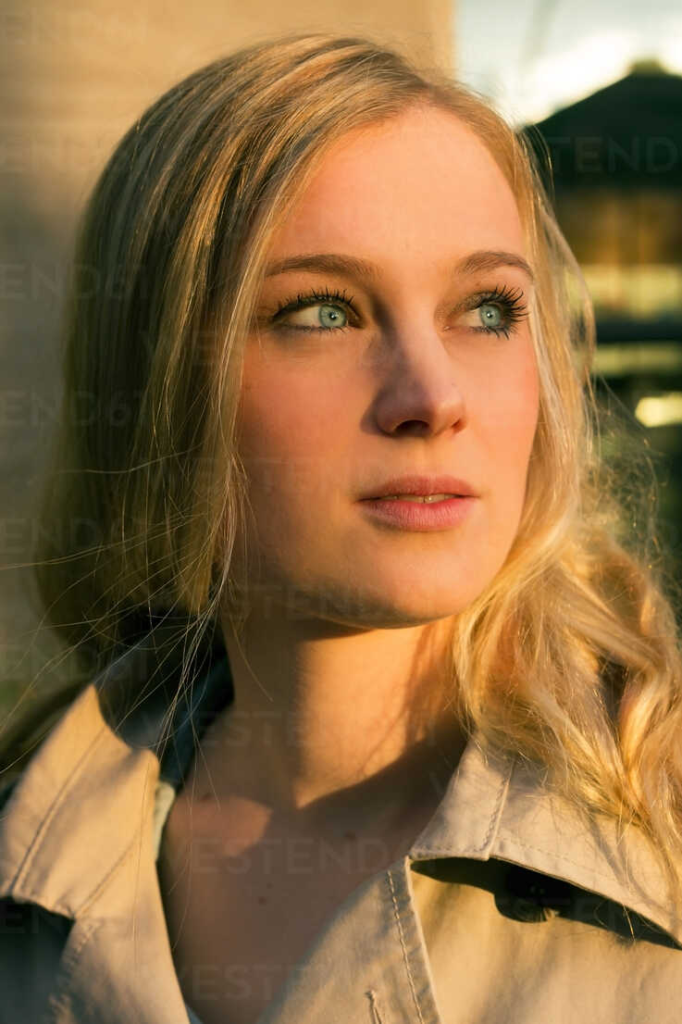
Afterwards, I claimed fatigue.
I wasn’t tired.
But I could see the shape of something beginning, and I didn’t want to be the third corner of a triangle.
They left together.
I watched them go, Bob ducking his head under the doorframe, Ursula tilting hers to look up at him.
I didn’t see them again until morning.
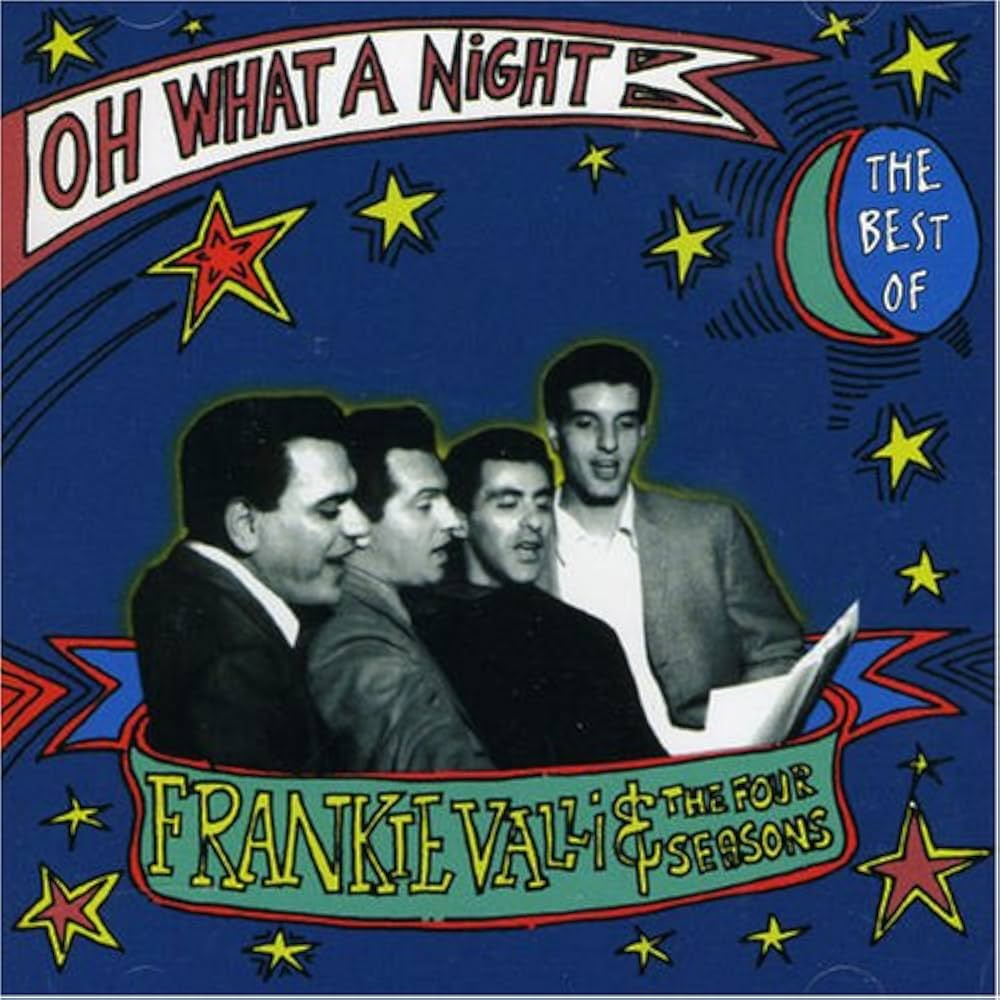
Oh, what a night
You know, I didn’t even know her name
But I was never gonna be the same
What a lady, what a night
Oh, I, I got a funny feelin’ when she walked in the room
And my, as I recall, it ended much too soon
Oh, what a night
Hypnotizin’, mesmerizin’ me
She was everything I dreamed she’d be
Sweet surrender, what a night
I felt a rush like a rolling bolt of thunder
Spinnin’ my head around and takin’ my body under
(Oh, what a night)
Oh, I got a funny feelin’ when she walked in the room
And my, as I recall, it ended much too soon
Oh, what a night
Why’d it take so long to see the light?
Seemed so wrong, but now it seems so right
What a lady, what a night
Oh, I felt a rush like a rolling bolt of thunder
Spinnin’ my head around and takin’ my body under
Oh, what a night
Years later, when I read Ursula’s journal, I found the words she had written after that night.
They surprised me, and didn’t.
“He asked if I was warm enough.
I said yes.
He asked again.
He was clumsy, uncertain.
And then — so gently — it happened.
He cared more for how I felt than how he felt or how he looked.
In that moment, I saw a life.
Or at least, the man I could have one with.
It was never about romance.
It was about safety and kindness.
How rare it is for a man to show that he cares about a woman’s feelings and mean it.”

I can’t wait another day until I call you (Mm-hm)
You’ve only got my heart on a string and everything aflutter
But another lonely night (Na-na-na-na, na-na-na-na)
Might take forever (Na-na-na-na-na)
We’ve only got each other to blame
It’s all the same to me, love
‘Cause I know what I feel
To be right
No more lonely nights
No more lonely nights
You’re my guiding light
Day or night, I’m always there
May I never miss the thrill (Na-na-na na, na-na-na na)
Of being near you (Na-na-na-na-na)
And if it takes a couple of years to turn your tears to laughter
I will do what I feel
To be right
No more lonely nights, never be another
No more lonely nights
You’re my guiding light
Day or night, I’m always there
And I won’t go away until you tell me so
No, I’ll never go away
Yes, I know (I know) what I feel (I feel)
To be right (Be right)
No more lonely nights, never be another
No more lonely nights
You’re my guiding light
Day or night, I’m always there
And I won’t go away until you tell me so
No, I’ll never go away
And I won’t go away until you tell me so
No, I’ll never go away
No more lonely nights, never be another
No more lonely nights
You’re my guiding light
Day or night, I’m always there
And I won’t go away until you tell me so
No, I’ll never go away
Yes, I know (I know) what I feel (I feel)
To be right (Be right)
No more lonely nights, never be another
No more lonely nights
You’re my guiding light
Day or night, I’m always there
And I won’t go away until you tell me so
No, I’ll never go away
And I won’t go away until you tell me so
No, I’ll never go away
No more lonely nights, never be another
No more lonely nights
You’re my guiding light
Day or night, I’m always there
And I won’t go away until you tell me so
No, I’ll never go away
Yes, I know (I know) what I feel (I feel)
To be right (Be right)
No more lonely nights, never be another
No more lonely nights
You’re my guiding light
Day or night, I’m always there
And I won’t go away until you tell me so
No, I’ll never go away
And I won’t go away until you tell me so
No, I’ll never go away
No more lonely nights
I wonder now if I ever asked anyone anything with that kind of humility.
I wonder if I ever could have.
But at the time, I chalked it up to another page turned.
Another beautiful thing that didn’t belong to me.
Another fire I could warm my hands near, but never touch.
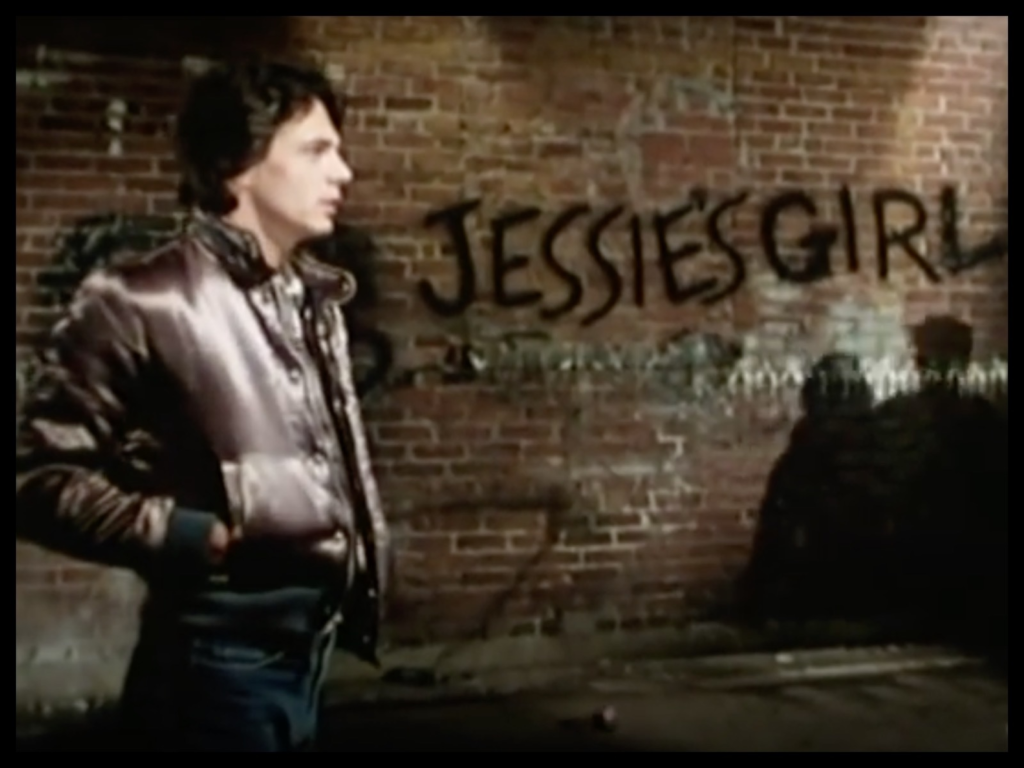
Jessie is a friend
Yeah, I know, he’s been a good friend of mine
But lately something’s changed that ain’t hard to define
Jessie’s got himself a girl and I want to make her mine
And she’s watching him with those eyes
And she’s loving him with that body, I just know it
Yeah, and he’s holding her in his arms late, late at night
You know, I wish that I had
Jessie’s girl
I wish that I had Jessie’s girl
Where can I find a woman like that?
I’ll play along with the charade
There doesn’t seem to be a reason to change
You know, I feel so dirty when they start talking cute
I wanna tell her that I love her, but the point is probably moot
‘Cause she’s watching him with those eyes
And she’s loving him with that body, I just know it
And he’s holding her in his arms late, late at night
You know, I wish that I had
Jessie’s girl
I wish that I had Jessie’s girl
Where can I find a woman like that?
Like Jessie’s girl
I wish that I had Jessie’s girl
Where can I find a woman-
Where can I find a woman like that?
And I’m looking in the mirror all the time
Wonderin’ what she don’t see in me
I’ve been funny, I’ve been cool with the lines
Ain’t that the way love’s supposed to be?
Tell me, where can I find a woman like that?
You know, I wish that I had
Jessie’s girl
I wish that I had Jessie’s girl
I want Jessie’s girl
Where can I find a woman like that?
Like Jessie’s girl
I wish that I had Jessie’s girl
I want, I want Jessie’s girl
It was one of those Fort Qu’Appelle days where the sun didn’t shine so much as press down on you — like some great boot of Heaven had stepped onto the prairie and decided not to lift.
Hot, close, breathless.
The kind of day that made you wonder if Saskatchewan was hiding a tropical storm somewhere, waiting to pounce.

Above: Flag of Saskatchewan
Bob’s wedding.
July 1991.
A good Catholic wedding, which meant a church heavy with incense, symbolism and sweat.
The ceremony itself was practically its own liturgical season, long and grand and resplendent with ancient meaning — holy water, Latin, the priest’s voice catching in the echoes like a fly in amber.
I knew half the hymns by heart, though I mouthed most of the words, still unsure if I was a participant or a chronicler.
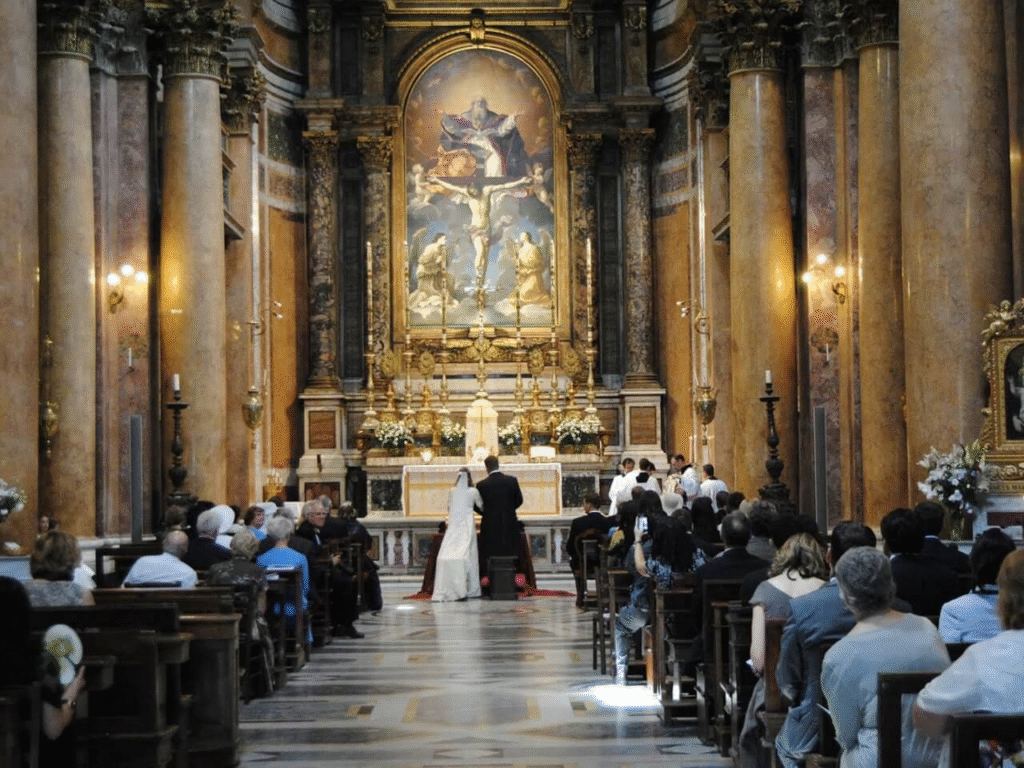
Bob stood up there in a stiff suit, tall and solemn as a grain elevator.
He looked good, like a man in a movie about another man’s life.
Ursula, when she entered, was incandescent — decorum and desire sewn into silk, prairie light haloing her like she had been summoned rather than dressed.
My breath caught.
I don’t think I was the only one.
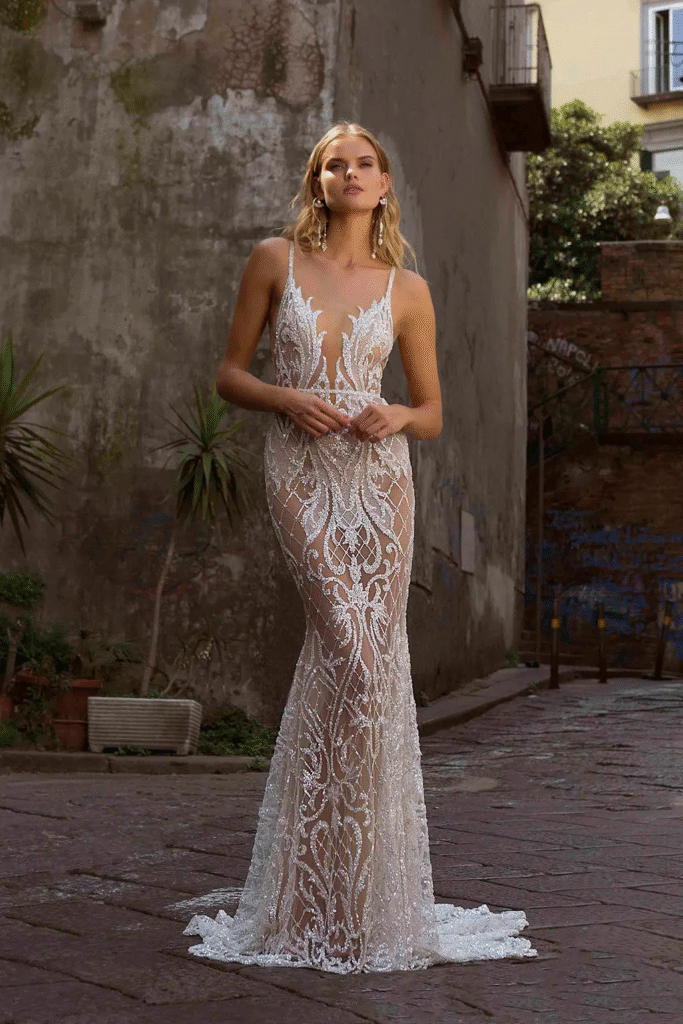
Her family — all upright Bavarians in muted linens — sat clustered in wary disapproval.
You could almost hear the mental arithmetic:
Berlin?
Munich?
And she chose this?
A schoolteacher in a valley town no one in Europe had ever heard of?
To them, Bob’s worth seemed summed up in the length of his name.
A monosyllable, like a shrug.
I caught fragments of their German — “Schade”, “klein”, “unsinnig” — words that meant nothing and everything.
Ursula’s father stared like a man watching his daughter be sold for cattle.
Her mother pursed her lips so tightly I wondered if they’d ever open again.
They never looked at me, but their posture said enough.
Even as a guest, I felt too close to the wrong side of the family photograph.

Above: Flag of Bavaria (Bayern)
Bob’s side, by contrast, was full to bursting.
His mother wept with uncontainable pride.
His father grinned so hard I worried for his dental work.
Friends swarmed him, pumping his hand as if hoping for beer to pour out.

Darryl Whitehead, best man, looked like an accountant lost in a wind tunnel — nervous, twitchy, already regretting his speech before he gave it.
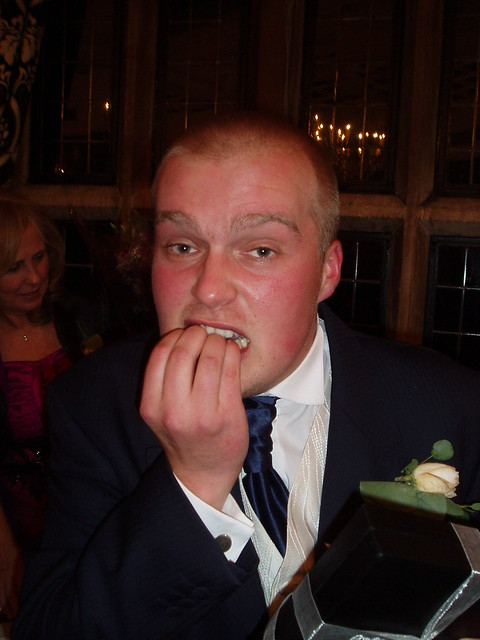
Ursula’s sister Sonja, the maid of honor, looked like she’d rather be anywhere else, preferably a café in Kreuzberg.
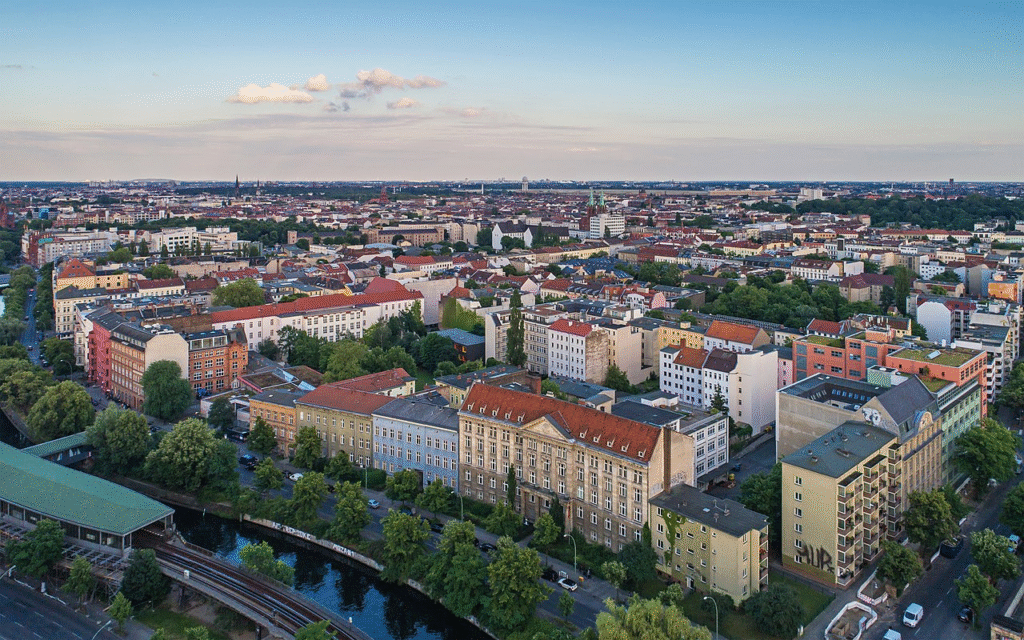
Above: Kreuzberg, Berlin, Germany
I was seated near the front, part of Bob’s history but not quite his inner circle.
Once, years ago, I’d visited his family before he left for university.
His father, blunt as ever, greeted me at the door with:
“So, when are you leaving?”
A line that would one day get recycled for dark laughter at his funeral, but at the time felt like the door slamming shut behind me.
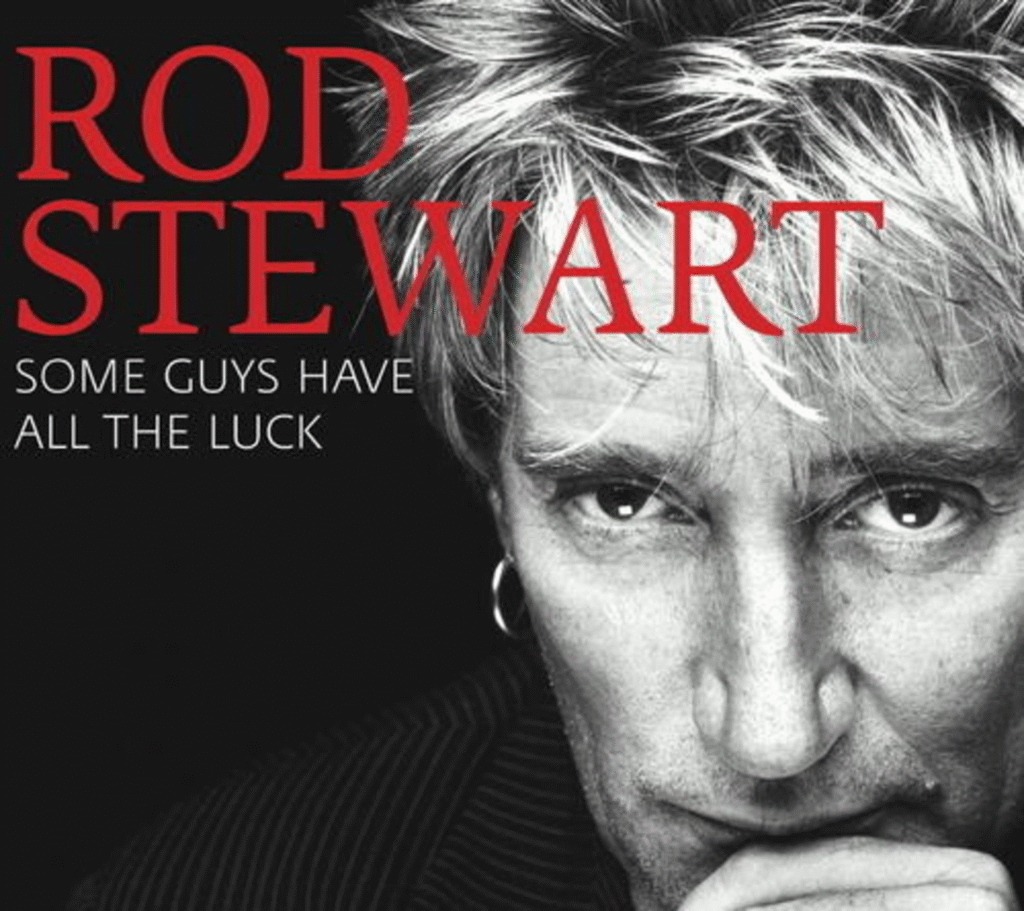
Some guys have all the luck
Some guys have all the pain
Some guys get all the breaks
Some guys do nothing but complain
Alone in a crowd on a bus after working, I’m dreaming
The guy next to me has a girl in his arms, my arms are empty
How does it feel when the girl next to you says she loves you?
Seems so unfair when there’s love everywhere but there’s none for me
Some guys have all the luck
Some guys have all the pain
Some guys get all the breaks
Some guys do nothing but complain
Woo woo woo
Woo woo woo
Someone to take on a walk by the lake – Lord, let it be me
Someone who’s shy, someone who’d cry at sad movies
I know I would die if I ever found out she was foolin’ me
You’re just a dream, and as real as it seems, I ain’t that lucky
Some guys have all the luck
Some guys have all the pain
Some guys get all the breaks
Some guys do nothing but complain
All of my friends have a ring on their finger, they have someone
Someone to care for them, it ain’t fair, I got no one
The car overheated, I called up and pleaded, there’s help on the way
I called you collect, you didn’t accept, you had nothing to say
Some guys have all the luck
Some guys have all the pain
Some guys get all the breaks
Some guys do nothing but complain
But if you were here with me
I’d feel so happy, I could cry
You are so dear to me
I just can’t let you say goodbye
Woo woo woo, Woo woo woo
Woo woo woo, Woo woo woo
Woo woo woo, Woo woo woo
Woo woo woo, Woo woo woo
Woo woo woo, Woo woo woo
Woo woo woo, Woo woo woo
Woo woo woo, Woo woo woo
Now here I was, dressed up and sitting still, sweating in a borrowed jacket, watching lives collide and take new shape.
After the vows — the rings, the kiss, the standing ovation of relatives — we shuffled out into the thick summer air like cattle from a barn.
Photographs were taken.
Cousins mingled.
Aunties smoked in secret.
Someone set off sparklers too early.
A child fell into a puddle of punch.
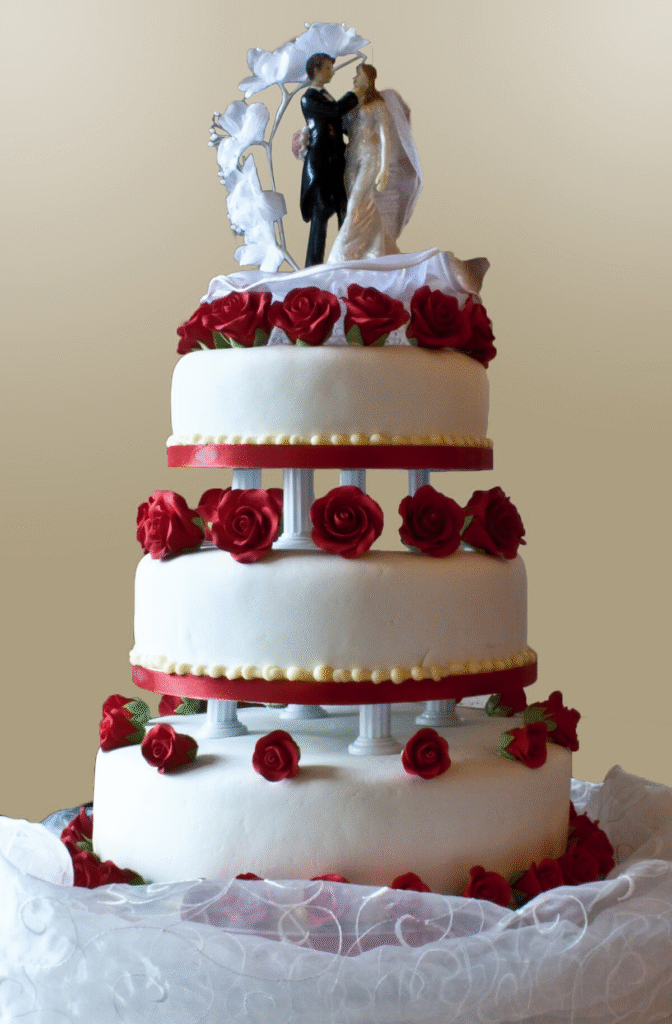
I found myself near Ursula.
Her veil lifted, her eyes full of light.
She smelled faintly of something foreign and floral.
I leaned in and kissed her cheek — a kiss meant to be fraternal, but it lingered just a second too long.
She smiled.
Said nothing.
I wasn’t sure if she felt it, or forgave it.
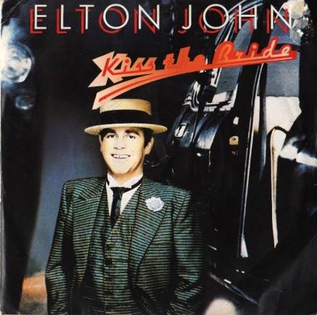
Well she looked a peach in the dress she made
When she was still her mama’s little girl
And when she walked down the aisle everybody smiled
At her innocence and curls
And when the preacher said is there anyone here
Got a reason why they shouldn’t wed
I should have stuck up my hand
I should have got up to stand
And this is what I should have said
I want to kiss the bride yeah
I want to kiss the bride yeah
Long before she met him
She was mine, mine, mine
Don’t say “I do“
Say “bye, bye, bye“
And let me kiss the bride yeah
I want to kiss the bride yeah
Underneath her veil I could see a tear
Trickling down her pretty face
And when she slipped on the ring I knew everything
Would never be the same again
But if the groom would have known he’d have had a fit
About his wife and the things we did
And what I planned to say
Yeah on her wedding day
Well I thought it but I kept it hid
I want to kiss the bride yeah
I want to kiss the bride yeah
Long before she met him
She was mine, mine, mine
Don’t say “I do“
Say “bye, bye, bye“
And let me kiss the bride yeah
I want to kiss the bride yeah
I want to kiss the bride yeah
I want to kiss the bride yeah
Long before she met him
She was mine, mine, mine
Don’t say “I do“
Say “bye, bye, bye“
And let me kiss the bride yeah
I want to kiss the bride yeah
I want to kiss the bride yeah
I want to kiss the bride yeah
I want to kiss the bride yeah
Later, at the reception, the cake was cut, the speeches were endured, and Bob’s arm was nearly yanked from its socket by an overzealous conga line.
They danced their first dance to a German love ballad no one else recognized.
He twirled her with the clumsiness of affection.

I wonder should I go or should I stay?
The band only had one more song to play
And then I saw you out the corner of my eye
A little girl, alone and so shy
I had the last waltz with you
Two lonely people together
I fell in love with you
The last waltz should last forever
But the love we had was getting strong
Through the good and bad, we get along
And then the flame of love died in your eye
My heart was broken in two when you said goodbye
I had the last waltz with you
Two lonely people together
I fell in love with you
The last waltz should last forever
It’s all over now, nothing left to say
Just my tears and the orchestra playing
I had the last waltz with you
Two lonely people together
I fell in love with you
The last waltz should last forever
Come September, she would begin training to work in a care home for the elderly.
He would take up his post at the high school.
She, radiant with potential, would be folding towels and cleaning dentures.
He, brilliant and broad-shouldered, would be lecturing about dead emperors to kids who didn’t care.
They were happy.
Or they looked it.
And maybe, just maybe, that was enough.
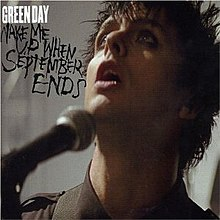
Summer has come and passed
The innocent can never last
Wake me up when September ends
Like my father’s come to pass
Seven years has gone so fast
Wake me up when September ends
Here comes the rain again
Falling from the stars
Drenched in my pain again
Becoming who we are
As my memory rests
But never forgets what I lost
Wake me up when September ends
Summer has come and passed
The innocent can never last
Wake me up when September ends
Ring out the bells again
Like we did when spring began
Wake me up when September ends
Here comes the rain again
Falling from the stars
Drenched in my pain again
Becoming who we are
As my memory rests
But never forgets what I lost
Wake me up when September ends
Summer has come and passed
The innocent can never last
Wake me up when September ends
Like my father’s come to pass
20 years has gone so fast
Wake me up when September ends
Wake me up when September ends
Wake me up when September ends
I left the reception before the lights dimmed.
The stars were beginning to show as I walked home alone, my tie loosened, my shoes loud on the gravel.
Somewhere in the distance, someone was setting off fireworks.
Maybe for Bob and Ursula.
Maybe for something else entirely.
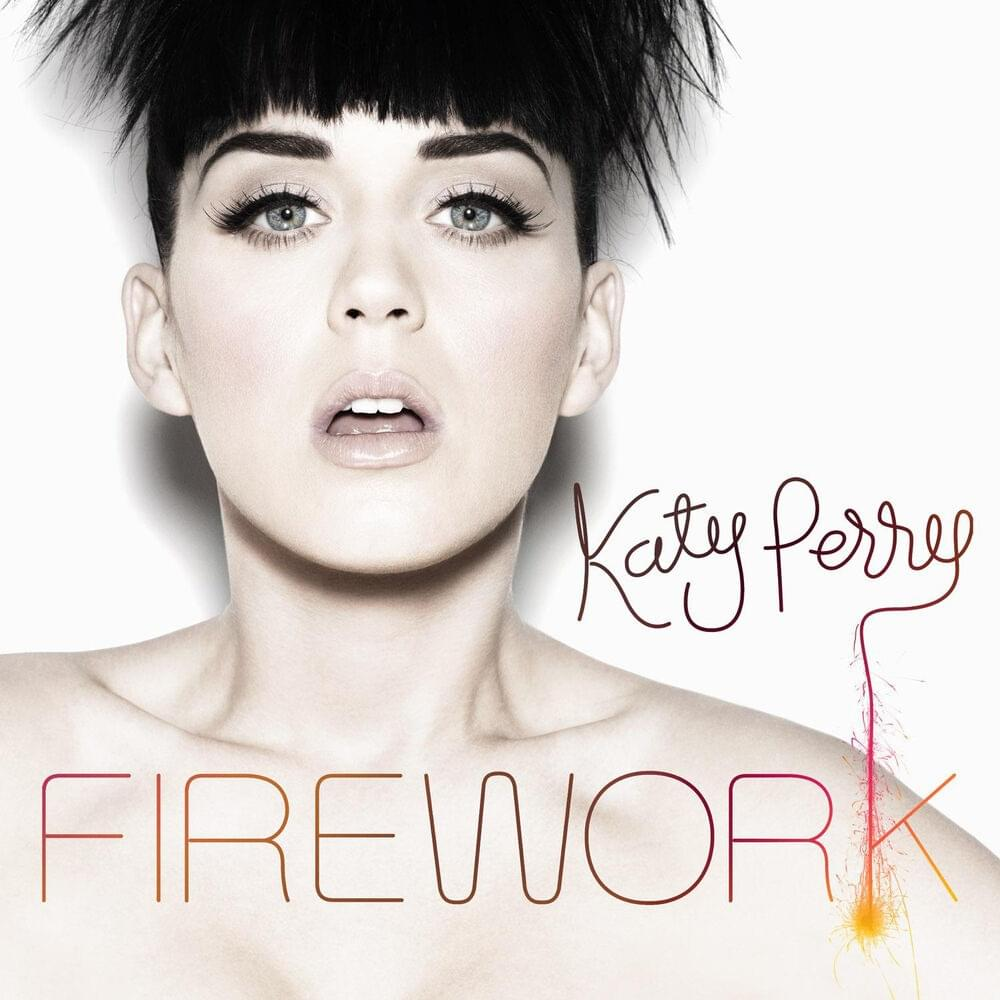
Do you ever feel like a plastic bag
Drifting through the wind
Wanting to start again?
Do you ever feel, feel so paper thin
Like a house of cards
One blow from caving in?
Do you ever feel already buried deep?
Six feet under screams, but no one seems to hear a thing
Do you know that there’s still a chance for you
‘Cause there’s a spark in you
You just gotta ignite the light, and let it shine
Just own the night like the 4th of July
‘Cause, baby, you’re a firework
Come on, show ’em what you’re worth
Make ’em go, “Oh, oh, oh“
As you shoot across the sky
Baby, you’re a firework
Come on, let your colors burst
Make ’em go, “Oh, oh, oh“
You’re gonna leave ’em all in awe, awe, awe
You don’t have to feel like a waste of space
You’re original, cannot be replaced
If you only knew what the future holds
After a hurricane comes a rainbow
Maybe a reason why all the doors are closed
So you could open one that leads you to the perfect road
Like a lightning bolt, your heart will blow
And when it’s time, you’ll know
You just gotta ignite the light, and let it shine
Just own the night like the 4th of July
‘Cause, baby, you’re a firework
Come on, show ’em what you’re worth
Make ’em go, “Oh, oh, oh“
As you shoot across the sky
Baby, you’re a firework
Come on, let your colors burst
Make ’em go, “Oh, oh, oh“
You’re gonna leave ’em all in awe, awe, awe
Boom, boom, boom
Even brighter than the moon, moon, moon
It’s always been inside of you, you, you
And now it’s time to let it through
‘Cause, baby, you’re a firework
Come on, show ’em what you’re worth
Make ’em go, “Oh, oh, oh“
As you shoot across the sky
Baby, you’re a firework
Come on, make your colors burst
Make ’em go, “Oh, oh, oh“
You’re gonna leave ’em all in awe, awe, awe
Boom, boom, boom
Even brighter than the moon, moon, moon
Boom, boom, boom
Even brighter than the moon, moon, moon
Time passes.
I have returned to the Fort.
Everything seems to have simultaneously changed and yet remains the same.
Certainly, folks have passed away.
Some got old.
Some got sick.
Some suffered an accident.
I can’t complain.
I won’t complain.
I have lived a full life, writing for newspapers here, there and everywhere.
Never married.
It never mattered.
Tired and world weary, I have spontaneously decided to return home for a visit.
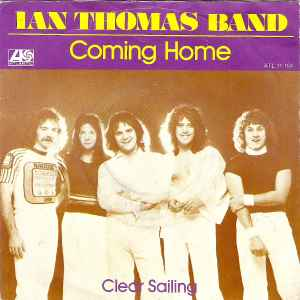
Night after night, another town, another hotel
Another road takes me farther away from you
Roadside cafe, I’m in need of a little conversation
But the waitress says she’s had a hard day
So I’m on down the highway
I’m tired of being alone
And getting stoned to pass the time
I’m comin’ home, I’ve been away too long
Been away so long, I’m coming home
I’m comin’ home, I’ve been away too long
Been away so long, I’m coming home
Bad times I’ve recalled, over the years have slowly faded
For the life of me they’re gone
The things that pushed me away from you
Maybe I’ve changed, or maybe time makes things look better
Ah it’s all the same so I’m down the highway
I’m tired of being alone
And getting stoned to pass the time
I’m comin’ home, I’ve been away too long
Been away so long, I’m coming home
I’m comin’ home, I’ve been away too long
Been away so long, I’m coming home
I’m comin’ home, I’ve been away too long
Been away so long, I’m coming home
I’m comin’ home, I’ve been away too long
Been away so long, I’m coming home
I’m comin’ home, I’ve been away too long
Been away so long, I’m coming home
Ahh ahh ahh ahh ahh ahhh ahhh ahh ahhh ahhh
I call Bob.
Bob is constancy and consistency in an ever-changing world.
We meet at a local sports bar.
I don’t remember the name.
Bars and cafés and restaurants either endure forever or disappear quickly.
I neither remember the name of the place nor its fate.
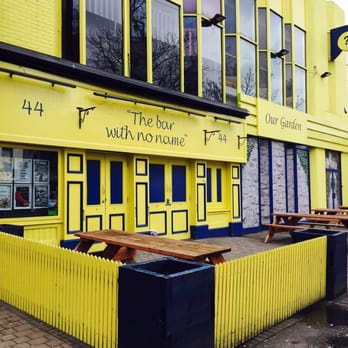
In winter we cheer the Oilers, in summer the Rough Riders.

Above: NHL Edmonton Oilers logo

Above: CFL Saskatchewan Roughriders logo
Bob is alone.
Ursula is still working at the hospital.
Will join us later.
We talk about our lives.
I had once flown to Nepal to see Everest and found it shrouded in clouds.

Above: Flag of Nepal

Above: Mount Everest (Sagarmatha), Nepal
I had gone to Berlin seeking echoes of the Cold War, only to arrive a month too late to witness the museum opening for the last East German checkpoint.
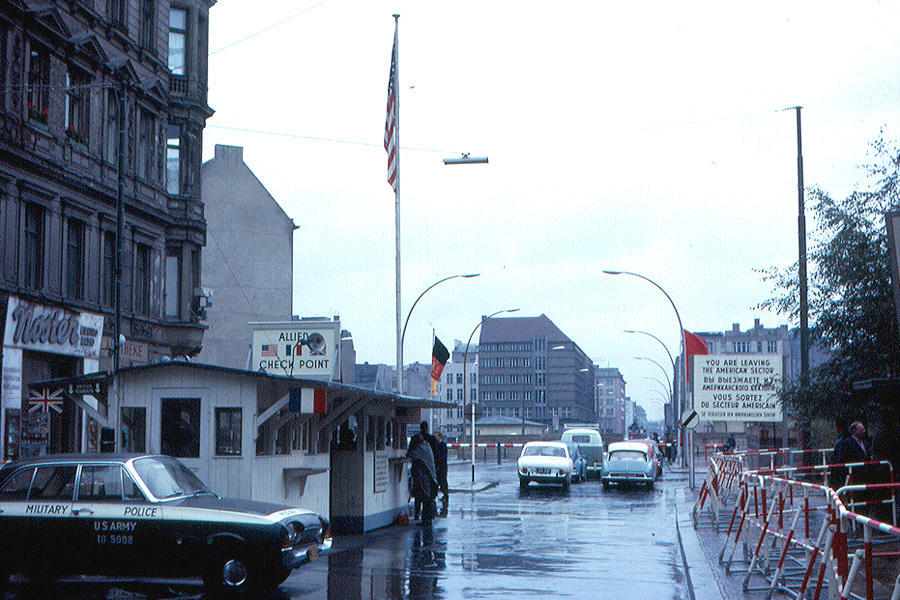
Above: Checkpoint Charlie, Berlin
But here, in Fort Qu’Appelle — this mediocre prairie town with its frozen pumps and peeling churches — something monumental happened.
Bodies were found of children who were stolen.
Silence was sanctioned.
And somehow, I never looked.
I didn’t know so I didn’t care.
Or rather everyone knew but no one spoke.
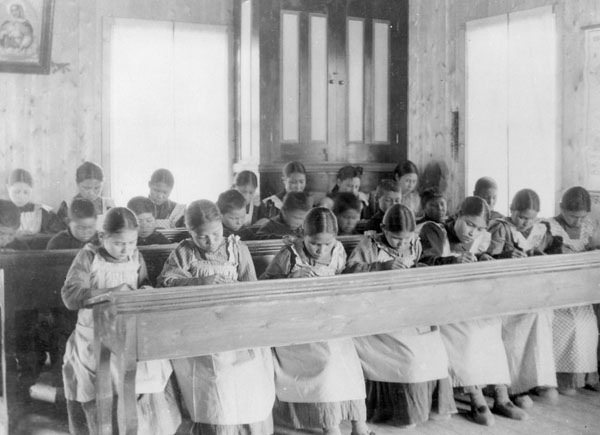
Bob tells of his job as a high school teacher, his sadness that Ursula cannot have children, and the growing distance between them.
How she claims that he snores (he actually does) and because of her shifts she prefers that they have separate bedrooms.
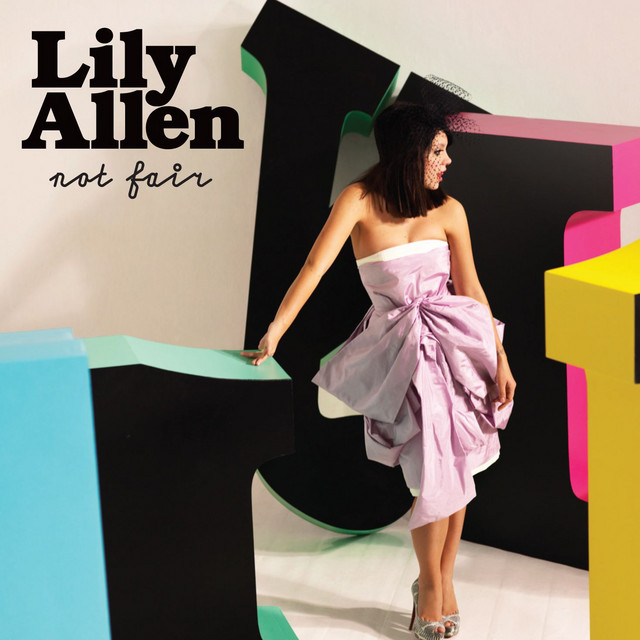
I speak of some modest success I have had as a writer.
Mice by Gordon Comstock.
1,000 copies made, maybe a dozen sold.
To my delighted surprise, Bob shows me his copy of Mice and asks me to autograph it.
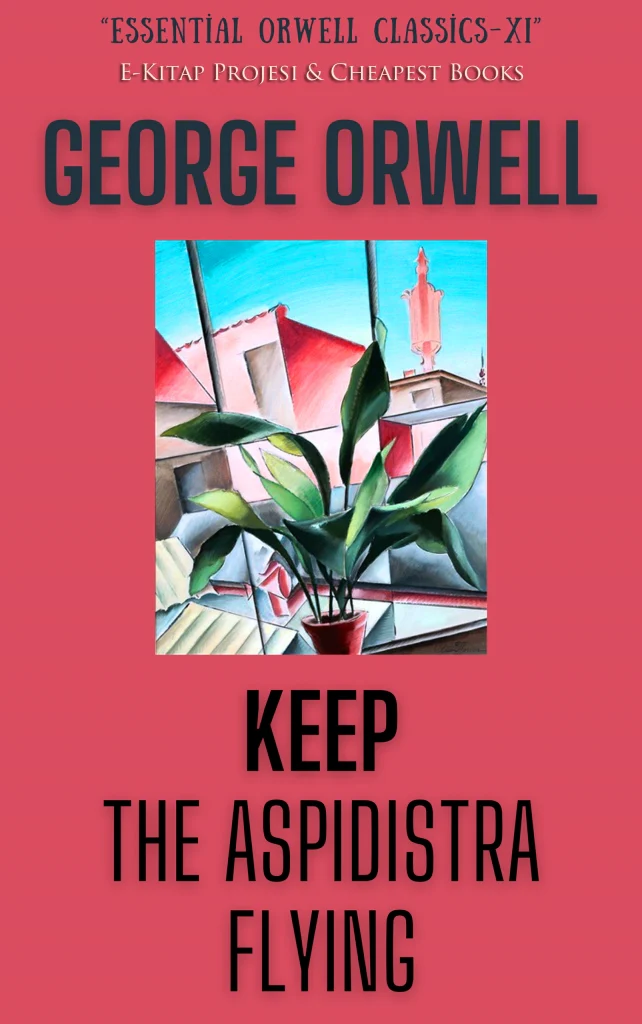
Above: Keep the Aspidistra Flying (1936), Eric Blair (aka George Orwell)
(The aspidistra is a hardy, long-living plant that has been used as a house plant in England, and which can grow to an impressive, even unwieldy size.
It was especially popular in the Victorian era, in large part because it could tolerate not only weak sunlight but also the poor indoor air quality that resulted from the use of oil lamps and, later, coal gas lamps.
Aspidistras had fallen out of favor by the 20th century, following the advent of electric lighting, but their use had been so widespread among the middle class that they had become a music hall joke, appearing in songs such as “Biggest Aspidistra in the World“, of which Gracie Fields made a recording.
In the titular phrase Orwell uses the aspidistra, a symbol of the stuffiness of middle-class society, in conjunction with the locution “to keep the flag (or colors) flying“.
The title can thus be interpreted as a sarcastic exhortation in the sense of “Hooray for the middle class!“
Gordon Comstock has “declared war” on what he sees as an “overarching dependence” on money by leaving a promising job as a copywriter for an advertising company called New Albion — at which he shows great dexterity — and taking a low-paying job instead, ostensibly so that he can write poetry.
Coming from a respectable family background in which the inherited wealth has been dissipated, Gordon resents having to work for a living.
The “war” and the poetry are not going well and, under the stress of his “self-imposed exile” from affluence, Gordon has become absurd, petty-minded and deeply neurotic.
Comstock lives without luxuries in a bedsit in London, which he affords by working in a small bookshop owned by a Scot, McKechnie. He works intermittently on a magnum opus, a long poem that he plans to call London Pleasures.
Meanwhile, copies of his only published work, a slim volume of poetry entitled Mice, collect dust on the remainder shelf.
He is simultaneously content with his meagre existence and disdainful of it.
He lives without financial ambition or the need for a “good job“, but his living conditions are uncomfortable and his job is boring.)
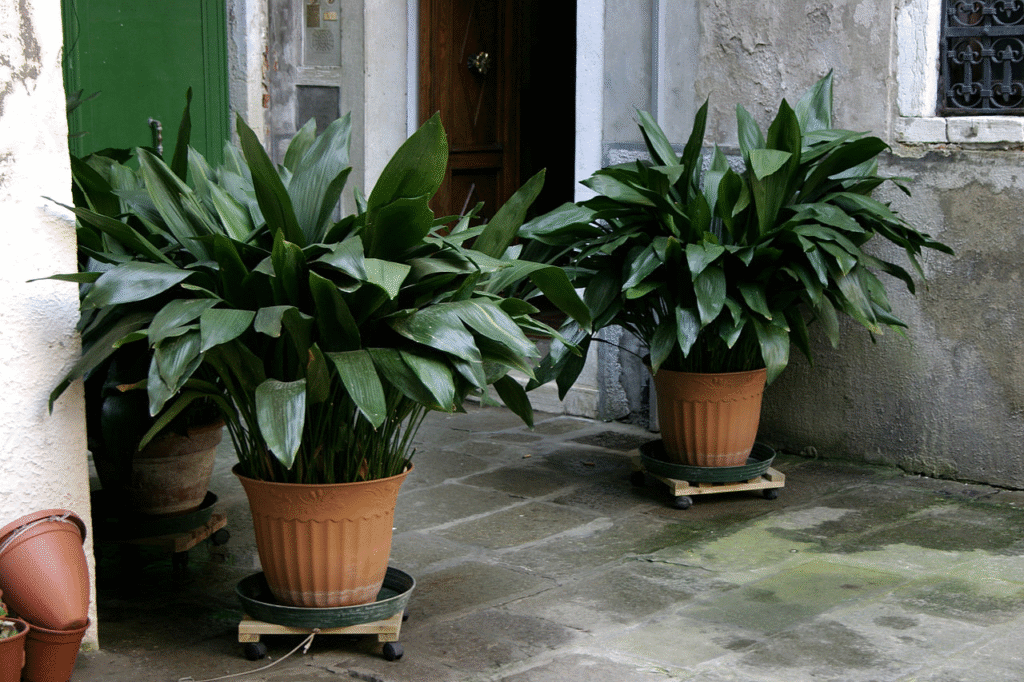
I tell of my travels and I am happy that though Bob listens to my stories attentively, he does so without boredom, impatience or envy.
Bob’s dinner conversation is both intimate and heartbreaking in its ordinariness.
The idea of separate bedrooms, tension over sleep and schedules, and unspoken regrets (like the absence of children) is such a truthful portrait of many long-term relationships.
Nothing dramatic, no betrayal or outbursts — just drift.
Silence.
Gaps widening between two people who once thought they were one.
Bob’s vulnerability here — opening up to a longtime friend after so long — is touching.
“She says I snore like a moose.
That I’m better off in the other room.
It’s easier that way.
For her.”
That “for her” stings.
There’s a hint of resignation in Bob’s tone that contrasts powerfully with his younger, more hopeful self.
And maybe there’s still love there — but of the habitual, weather-worn kind.

Girl, you know we belong together
I have no time for you to be playin’ with my heart like this
You’ll be mine forever, baby, you just see
We belong together
And you know that I’m right
Why do you play with my heart
Why do you play with my mind?
Said we’d be forever
Said it’d never die
How could you love me and leave me
And never say goodbye?
When I can’t sleep at night without holding you tight
Girl, each time I try, I just break down and cry
Pain in my head, oh, I’d rather be dead
Spinnin’ around and around
Although we’ve come to the end of the road
Still, I can’t let go
It’s unnatural, you belong to me, I belong to you
Come to the end of the road
Still, I can’t let go
It’s unnatural, you belong to me, I belong to you
Girl, you know we belong together
I have no time for you to be playin’ with my heart like this
You’ll be mine forever, baby, you just see
We belong together
And you know that I’m right
Why do you play with my heart
Why do you play with my mind?
Said we’d be forever
Said it’d never die
How could you love me and leave me
And never say goodbye?
When I can’t sleep at night without holding you tight
Girl, each time I try, I just break down and cry
Pain in my head, oh, I’d rather be dead
Spinnin’ around and around
Although we’ve come to the end of the road
Still, I can’t let go
It’s unnatural, you belong to me, I belong to you
Come to the end of the road
Still, I can’t let go
It’s unnatural, you belong to me, I belong to you
I have found modest literary success — I have not become a star, but I earn enough to travel, write and reflect.
I am humbled by how Bob listens to me.
This moment carries decades of unspoken friendship.
It suggests that, for all the differences in our paths, we still recognize something true in one another.
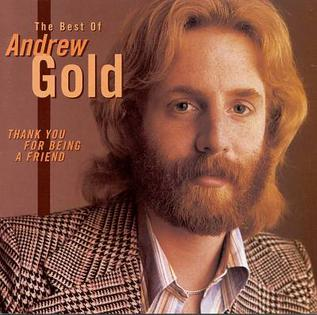
Thank you for being a friend
Traveled down a road and back again
Your heart is true, you’re a pal and a confidant
I’m not ashamed to say
I hope it always will stay this way
My hat is off, won’t you stand up and take a bow
And if you threw a party
Invited everyone you knew
Well, you would see the biggest gift would be from me
And the card attached would say
Thank you for being a friend
Thank you for being a friend
Thank you for being a friend
Thank you for being a friend
If it’s a car you lack
I’d surely buy you a Cadillac
Whatever you need, any time of the day or night
I’m not ashamed to say
I hope it always will stay this way
My hat is off, won’t you stand up and take a bow
And when we both get older
With walking canes and hair of gray
Have no fear, even though it’s hard to hear
I will stand real close and say
Thank you for being a friend (I wanna thank you)
Thank you for being a friend (I wanna thank you)
Thank you for being a friend (I wanna thank you)
Thank you for being a friend (I wanna thank you)
Let me tell you ’bout a friend (I wanna thank you)
Thank you for being a friend (I wanna thank you)
Thank you for being a friend (I wanna thank you)
Thank you for being a friend (I wanna thank you)
And when we die and float away
Into the night, the Milky Way
You’ll hear me call as we ascend
I’ll see you there, then once again
Thank you for being a…
Thank you for being a friend (I wanna thank you)
Thank you for being a friend (I wanna thank you)
Thank you for being a friend (I wanna thank you)
Thank you for being a friend
People, let me tell you ’bout a friend (I wanna thank you)
Thank you for being a friend (I wanna thank you)
Thank you for being a friend (I wanna thank you)
Thank you for being a friend
Whoa, tell you ’bout a friend (let me thank you right now for being a friend)
Thank you for being a friend (I wanna tell you ’bout a pal and I’ll tell you again)
Thank you for being a friend (I wanna thank you, thank you)
Thank you for being a friend
She walks into the restaurant, still in her uniform.
There is a tiny moment between us — an unspoken acknowledgment of the journey we all shared.
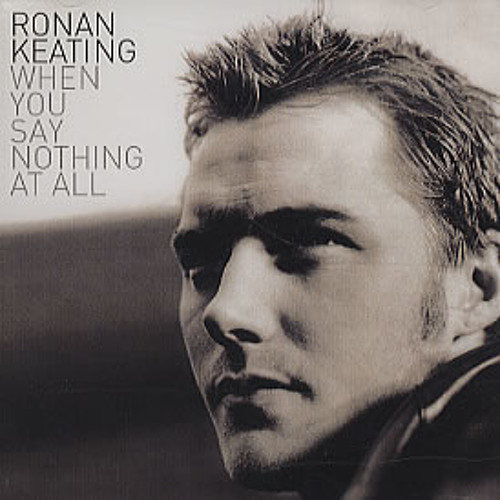
It’s amazing how you can speak right to my heart
Without saying a word, you can light up the dark
Try as I may, I can never explain
what I hear when you don’t say a thing
The smile on your face lets me know that you need me
There’s a truth in your eyes saying you’ll never leave me
The touch of your hand says you’ll catch me wherever I fall
You say it best when you say nothing at all
All day long, I can hear people talking out loud (ooh)
But when you hold me near (you hold me near) you drown out the crowd (out the crowd)
Try as they may, they can never define
What’s being said between your heart and mine
The smile on your face lets me know that you need me
There’s a truth in your eyes saying you’ll never leave me
The touch of your hand says you’ll catch me wherever I fall
You say it best (you say it best) when you say nothing at all
Oh, the smile on your face lets me know that you need me
There’s a truth in your eyes saying you’ll never leave me
The touch of your hand says you’ll catch me wherever I fall
You say it best (you say it best) when you say nothing at all
That smile on your face (you say it best)
(When you say nothing at all) the truth in your eyes
The touch of your hand lets me know that you need me (you say it best, when you say nothing at all)
(You say it best, when you say nothing at all) nothing at all
(You say it best, when you say nothing at all) nothing at all
(You say it best, when you say nothing at all) nothing at all
Nothing at all
She smiles gently, touches Bob’s shoulder, says “Hello, stranger” to me.
She remains as beautiful as the day we met, as magical as the day they married.
We quietly sip tea and sit in a kind of soft, shared dusk of memory.
I observe how Bob’s hands have aged, how he tucks in his shirt more carefully, how he has lost his hair and gained age spots and wrinkles, how his voice still holds the same cadence but with a little more weariness.
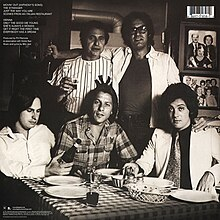
A bottle of white, a bottle of red
Maybe a bottle of rose instead
We’ll get a table near the street
In our old familiar place
You and I, face to face
A bottle of red, a bottle of white
It all depends upon your appetite
I’ll meet you any time you want
In our Italian restaurant
Things are okay with me these days
Got a good job, I got a good office
I got a new wife, got a new life
And the family’s fine
We lost touch long ago
You lost weight I didn’t know
You could ever look so nice after
so much time
Do you remember those days hanging out
At the village green
Engineer boots, leather jackets
And tight blue jeans
You drop a dime in the box play a
Song about New Orleans
Cold beer, hot lights
My sweet romantic teenage nights
Brenda and Eddie were the
Popular steadies
And the king and the queen
Of the prom
Riding around with the car top
Down and the radio on
Nobody looked any finer
Or was more of a hit at the
Parkway Diner
We never knew we could want more
Than that out of life
Surely Brenda and Eddie would
Always know how to survive
Brenda and Eddie were still going
Steady in the summer of ’75
When they decided the marriage would
be at the end of July
Everyone said they were crazy
Brenda you know that you’re much too lazy
And Eddie could never afford to live that
Kind of life
But there we were wavin’ Brenda and
Eddie goodbye
Well they got an apartment with deep
pile carpet
And a couple of paintings from Sears
A big waterbed that they bought
With the bread
They had saved for a couple
of years
They started to fight when the
money got tight
And they just didn’t count on
the tears
They lived for a while in a
Very nice style
But it’s always the same in the end
They got a divorce as a matter
Of course
And they parted the closest
Of friends
Then the king and the queen went
Back to the green
But you can never go back
there again
Brenda and Eddie had
already had it by the summer of ’75
From the high to the low to
The end of the show
For the rest of their lives
They couldn’t go back to
The greasers
The best they could do was
Pick up their pieces
We always knew they would both
Find a way to get by
That’s all I heard about
Brenda and Eddie
Can’t tell you more than I
Told you already
And here we are wavin’ Brenda
And Eddie goodbye
A bottle of red, a bottle of white
Whatever kind of mood you’re in tonight
I’ll meet you anytime you want
In our Italian restaurant
Mice is a thinly veiled memoir.
Bob chuckles and says:
“You still changed the names, but I could tell which one was me.”
But does he know which character is Ursula?
I have always felt attraction, desire for Ursula, but I would never act upon this.
Ursula knew of this attraction but never spoke of it (except in her journal).
But we all know that Bob’s assumptions are correct.
He still loves Ursula — not in a passionate, ruinous way, but with a gentle ache.
A quiet reverence.
I remember I wrote a line in my notebook after first meeting her in Ottawa:
“She moved like someone who already had a destination — and wasn’t worried if anyone else followed.”

She can kill with a smile, she can wound with her eyes
And she can ruin your faith with her casual lies
And she only reveals what she wants you to see
She hides like a child but she’s always a woman to me
She can lead you to love, she can take you or leave you
She can ask for the truth but she’ll never believe you
And she’ll take what you give her as long as it’s free
Yeah, she steals like a thief, but she’s always a woman to me
Oh, she takes care of herself, she can wait if she wants
She’s ahead of her time
Oh, and she never gives out and she never gives in
She just changes her mind
And she’ll promise you more than the garden of Eden
Then she’ll carelessly cut you and laugh while you’re bleeding
But she’ll bring out the best and the worst you can be
Blame it all on yourself ’cause she’s always a woman to me
Mmm-mmm, mmm-mmm
Mmm-mmm, mmm-mmm-mmm-mmm
Oh, she takes care of herself, she can wait if she wants
She’s ahead of her time
Oh, and she never gives out and she never gives in
She just changes her mind
She is frequently kind and she’s suddenly cruel
But she can do as she pleases, she’s nobody’s fool
And she can’t be convicted, she’s earned her degree
And the most she will do is throw shadows at you
But she’s always a woman to me
Mmm-mmm, mmm-mmm
Mmm-mmm, mmm-mmm-mmm-mmm
Years later, in Fort Qu’Appelle, my ache for her remains, but it has been softened by time, mellowed by affection for both Bob and Ursula.
I would never act on the ache.
But the love lingers and lives in how I watch her pour tea, how I listen to her laugh even when I don’t understand the reason.
Years later, I will read what she wrote in her journal about that night:
“He watches without staring.
Speaks without expecting.
There’s a kindness in him I never saw in many men.
I know he loved me.
I could feel it.
But he never asked, and I never answered.
But I chose Bob.
And that was never in doubt.”
She never needed to say it aloud.
Our mutual recognition of what might have been became a thread of unspoken poetry between us.
During dinner, Bob again brings up Mice – not as a challenge but as an invitation:
Bob says to me:
“So.
That story of yours.
The one with the café in Vienna and the girl with the red scarf.
You’re going to tell me that’s not Ursula?”
I smile faintly.
I answer:
“All literature is semi-autobiographical.”
Bob laughs.
“That’s not a denial.”
There is a pause.
We all sip our drinks.
I clear my throat.
“It doesn’t mean she wasn’t loved.”
Bob doesn’t reply.
He doesn’t need to.
He knows.
He knows he was loved.
He knows he was chosen.
Bob stares into his beer, runs a thumb over the rim of the glass.
“That’s not a denial.”
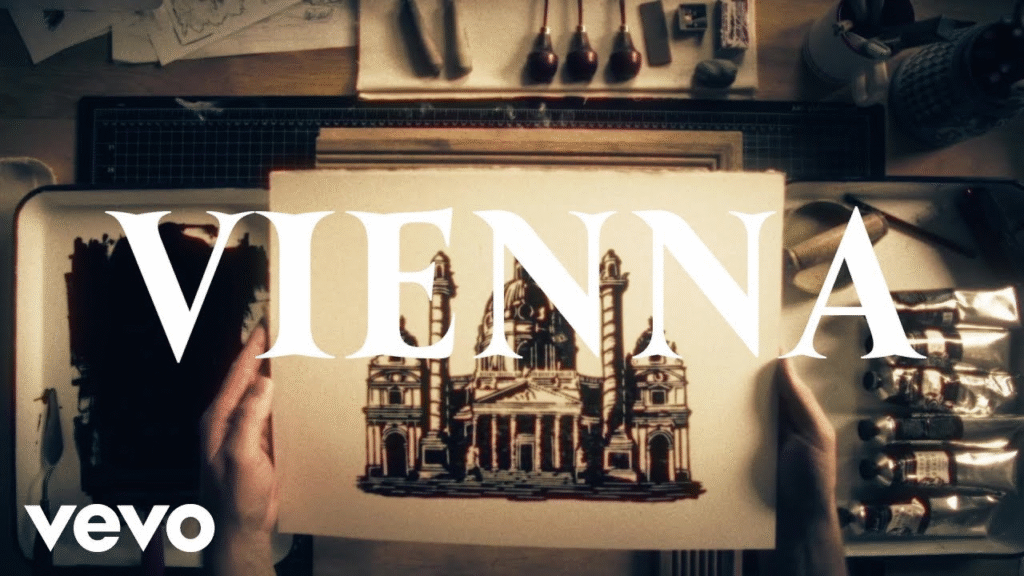
Slow down, you crazy child
You’re so ambitious for a juvenile
But then if you’re so smart
Tell me why are you still so afraid? Mm
Where’s the fire, what’s the hurry about?
You’d better cool it off before you burn it out
You’ve got so much to do
And only so many hours in a day, hey
But you know that when the truth is told
That you can get what you want or you can just get old
You’re gonna kick off before you even get halfway through, ooh
When will you realize Vienna waits for you?
Slow down, you’re doin’ fine
You can’t be everything you wanna be before your time
Although it’s so romantic on the borderline tonight, tonight
Too bad, but it’s the life you lead
You’re so ahead of yourself, that you forgot what you need
Though you can see when you’re wrong
You know you can’t always see when you’re right
You’re right
You’ve got your passion, you’ve got your pride
But don’t you know that only fools are satisfied?
Dream on, but don’t imagine they’ll all come true, ooh
When will you realize Vienna waits for you?
Slow down, you crazy child
And take the phone off the hook and disappear for a while
It’s all right, you can afford to lose a day or two, ooh
When will you realize Vienna waits for you?
And you know that when the truth is told
That you can get what you want or you could just get old
You’re gonna kick off before you even get halfway through, ooh
Why don’t you realize Vienna waits for you?
When will you realize Vienna waits for you?

Above: Wien (Vienna), Österreich (Austria)
There are loves that ignite.
And others that endure like prairie winter — quiet, steady and somehow still beautiful.
Such is the love we feel for Ursula.
Someone had to win.
Someone had to lose.
He won her hand.
I lost my heart.
She sips her tea.
Bob watches the game.
I study their hands, their silences, their years.
No one says what they’re thinking.
But we stay.
And sometimes, staying is enough.

I couldn’t figure why
You couldn’t give me what everybody needs
I shouldn’t let you kick me when I’m down, my baby
I find out everybody knows that
You’ve been using me
I’m surprised you
Let me stay around you
One day I’m gonna lift the cover
And look inside your heart
We gotta level before we go
And tear this love apart
There’s no fight, you can’t fight this battle of love with me
You win again, so little time, we do nothing but compete
There’s no life on earth, no other could see me through
You win again, some never try but if anybody can, we can
And I’ll be (and I’ll be), I’ll be (I’ll be) following you
Oh girl, oh no
Oh baby, I shake you from now on
I’m gonna break down your defenses, one by one
I’m gonna hit you from all sides, lay your fortress open wide
Nobody stops this body from taking you
You better beware, I swear
I’m gonna be there one day when you fall
I could never let you cast aside
The greatest love of all
There’s no fight, you can’t fight this battle of love with me
You win again, so little time, we do nothing but compete
There’s no life on Earth, no other could see me through
You win again, some never try but if anybody can, we can
And I’ll be (and I’ll be), I’ll be (I’ll be) following you, oh girl
You win again, so little time, we do nothing but compete
There’s no life on Earth, no other could see me through
You win again, some never try but if anybody can, we can
And I’ll be (and I’ll be), I’ll be (I’ll be) following you
You win again, so little time, we do nothing but compete
There’s no life on Earth, no other could see me through
You win again, some never try but if anybody can, we can
There’s no fight, you can’t fight this battle of love with me
You win again, so little time, we do nothing but compete
There’s no life on Earth, no other could see me through
You win again, some never try but if anybody can, we can
There’s no fight, you can’t fight this battle of love with me
I speak of Paris, a home where I never felt at home
I tell tales of people-watching, cafés, secondhand books, and missed connections.
I had gone there to feel something, but I had romanticized Paris, and as time passed, I felt its falseness.
Or maybe my own.
I remember one day I bought a crepe near the Seine and it tasted like dust and longing.
A pigeon stared at me like I was making a poor life choice.
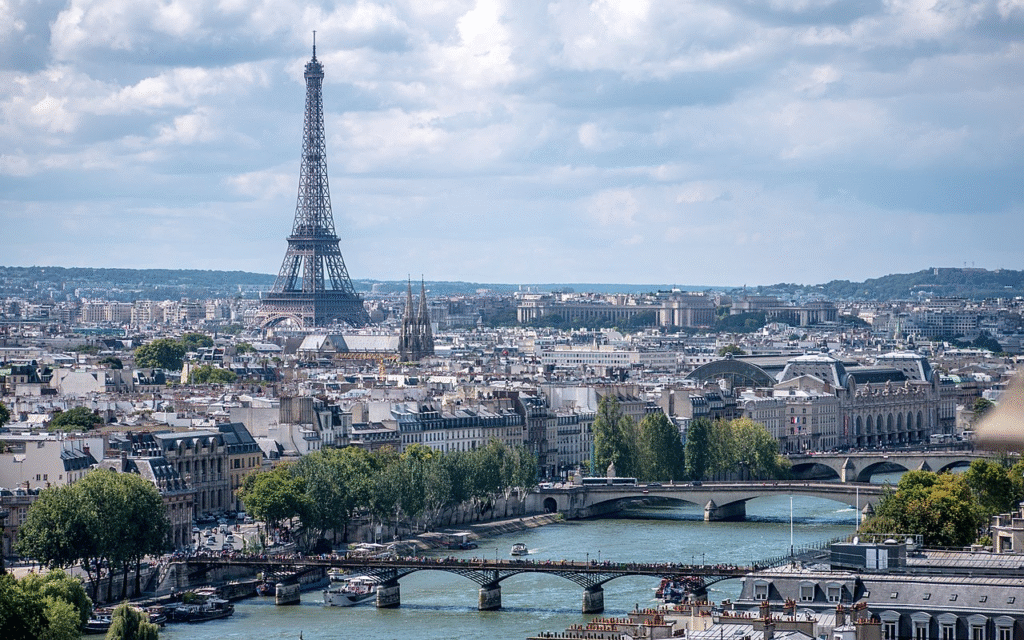
Above: Paris, France
I wanted the Paris of Hemingway and Callaghan, of Stein and Joyce and Fitzgerald, but all I found instead were tourists, queues and ghosts.

Above: American writer Ernest Hemingway (1899 – 1961)
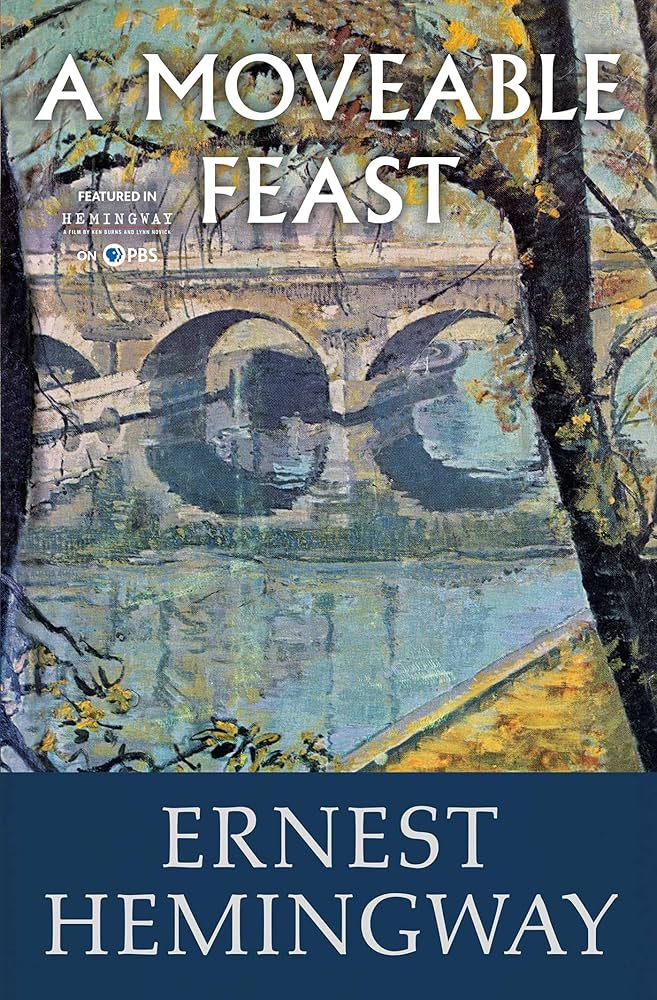

Above: Canadian writer Morley Callaghan (1903 – 1990)
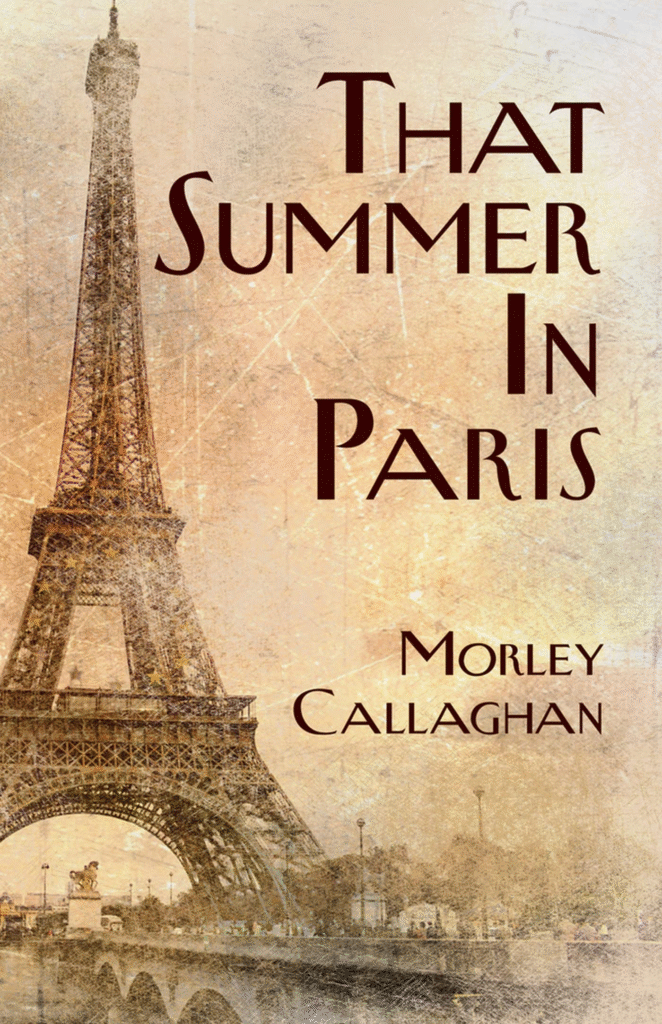
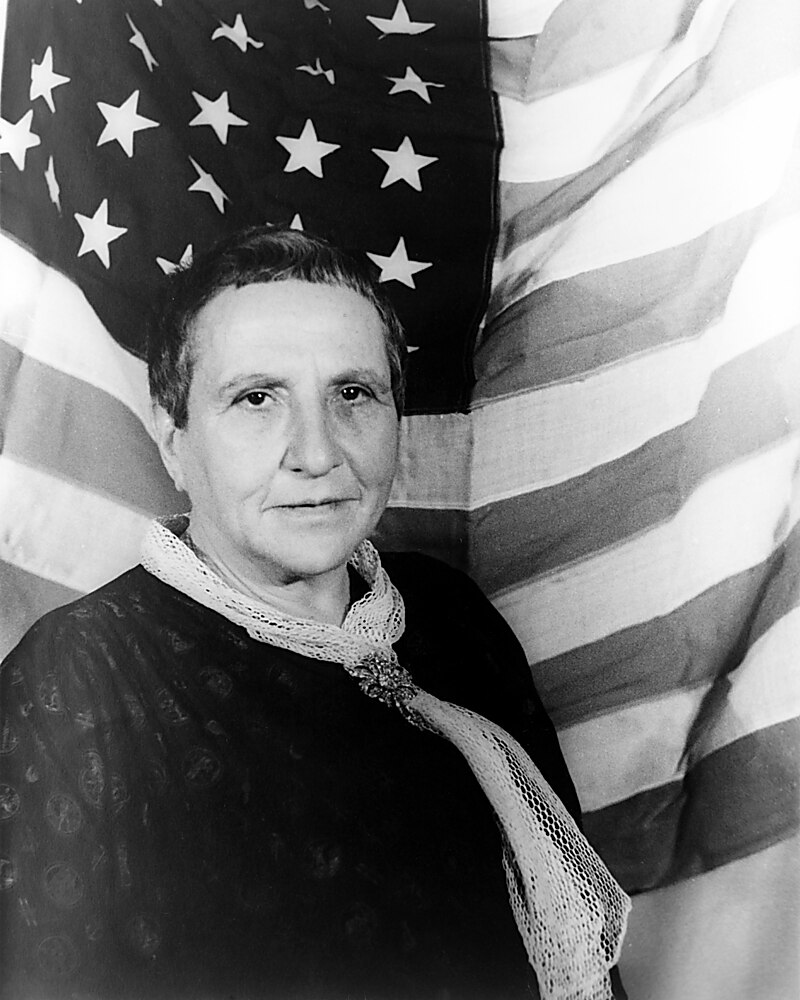
Above: American writer Gertrude Stein (1874 – 1946)


Above: Irish writer James Joyce (1882 – 1941)
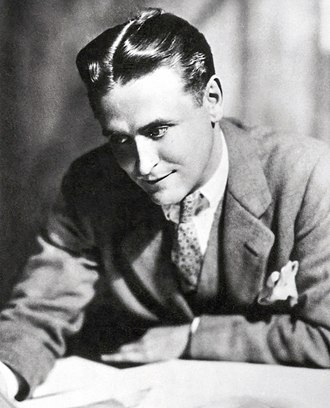
Above: American writer F. Scott Fitzgerald (1896 – 1940)
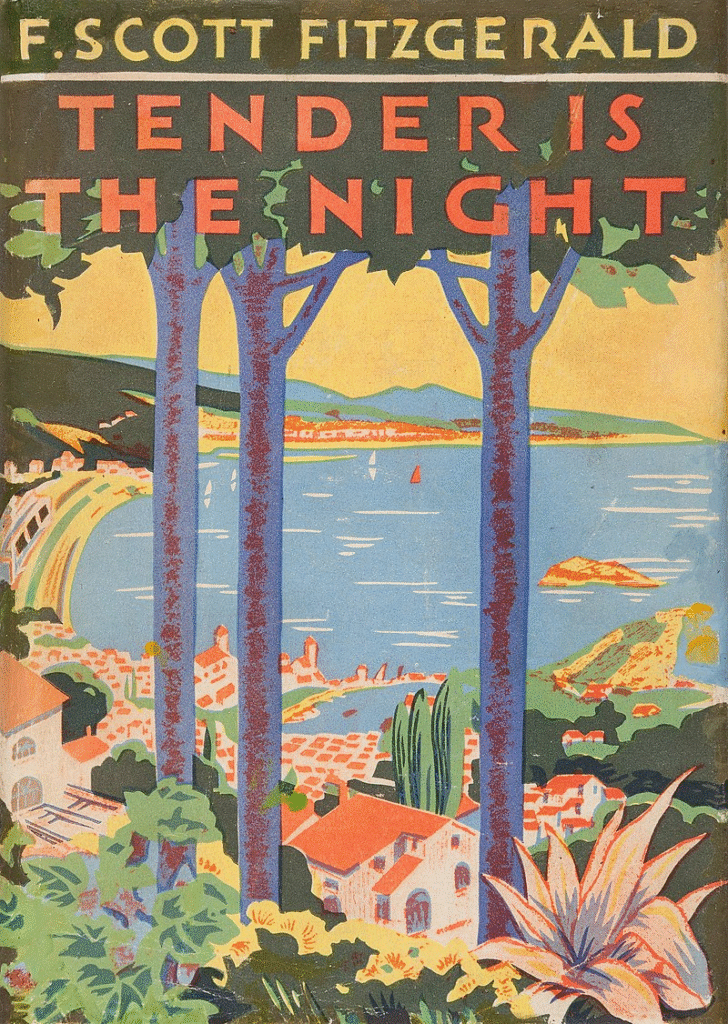
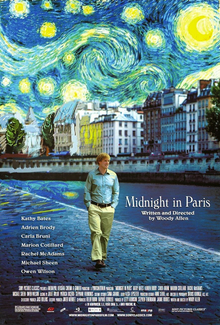
Something about Ursula reminds me of Paris — still beautiful, still unreadable.
Her eyes light up and her face is full of expectation.
She has been many places before she came to Canada, but somehow my Helen of Troy has never had Paris.

Above: “We’ll always have Paris“, Rick Blaine (Humphrey Bogart) and Ilsa Lund (Ingrid Bergman), Casablanca (1942)
In Paris, I was always arriving five minutes after meaning had left the room.
A friend once told me the French don’t look at the Seine — they remember it.
I think I do the same with people.
I spent so long seeking meaning in cathedrals and capitals.
Turns out, meaning was buried beneath the old swing set behind the rectory.
And I never heard the children singing.

Above: Sabrina Fairchild (Julia Ormond) and Linus Larabee (Harrison Ford), Sabrina (1995)
I am a man who documents, who tries to understand the world, yet I am continually just offstage when the curtain rises:
When the Queen came to Regina, I was in Bangkok.
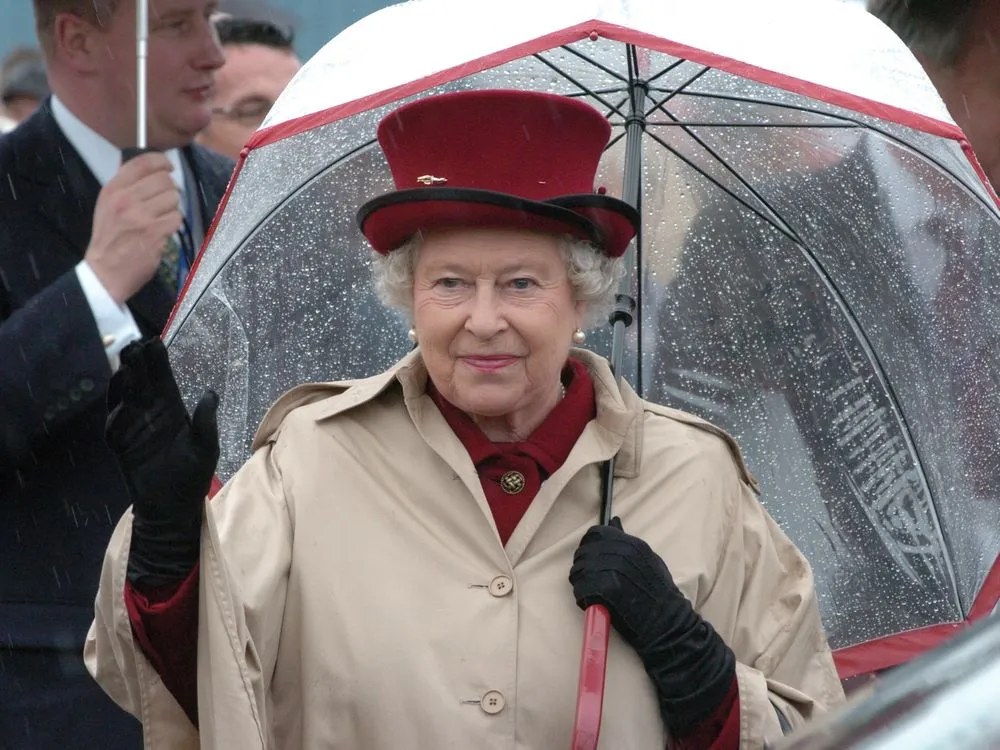
Above: British Queen Elizabeth II (1926 – 2022), Regina, Saskatchewan, 18 May 2005
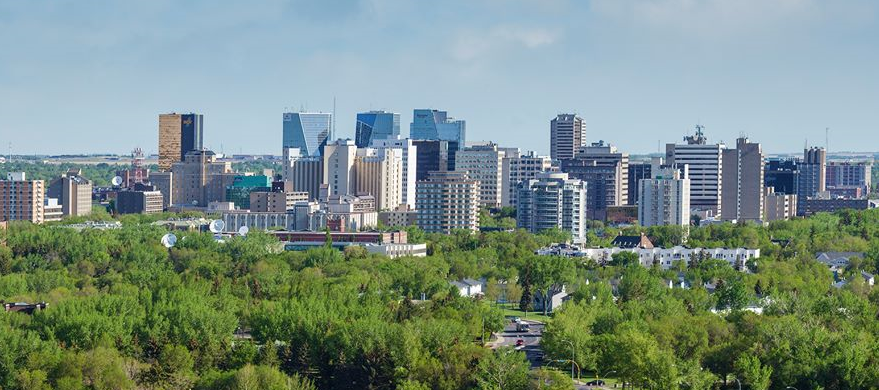
Above: Regina, Saskatchewan, Canada

Above: Bangkok, Thailand
When bombs fell upon Belgrade, I was flying over the Atlantic.
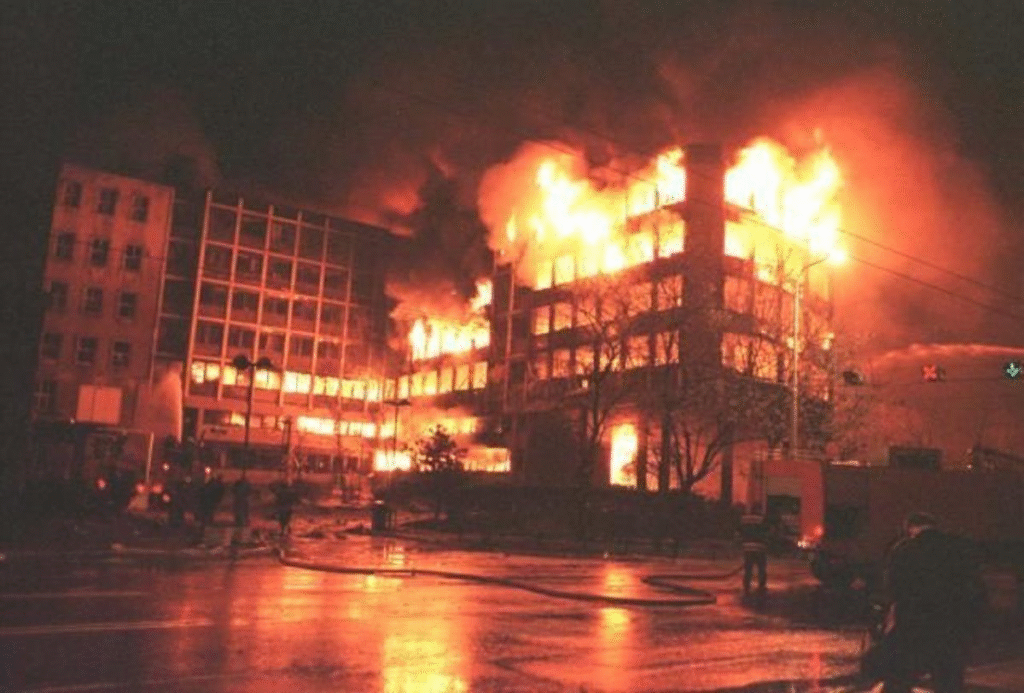
Above: NATO bombing of Belgrade, 1999
When graves were discovered outside the Fort near Lebret, I was in Lisbon on a travel assignment.
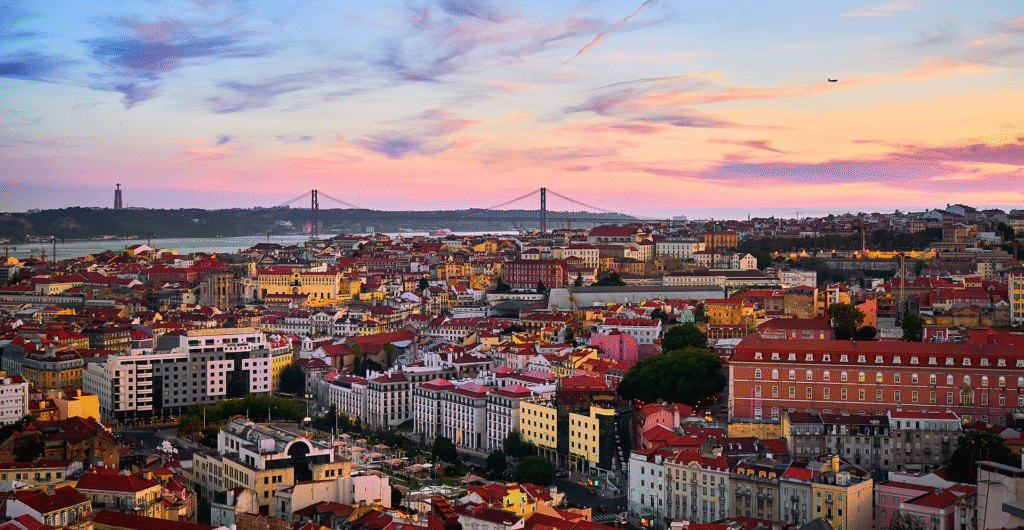
Above: Lisboa (Lisbon), Portugal
And perhaps one day when Bob or Ursula will need me most, I will be “researching” something poetic in Provence.
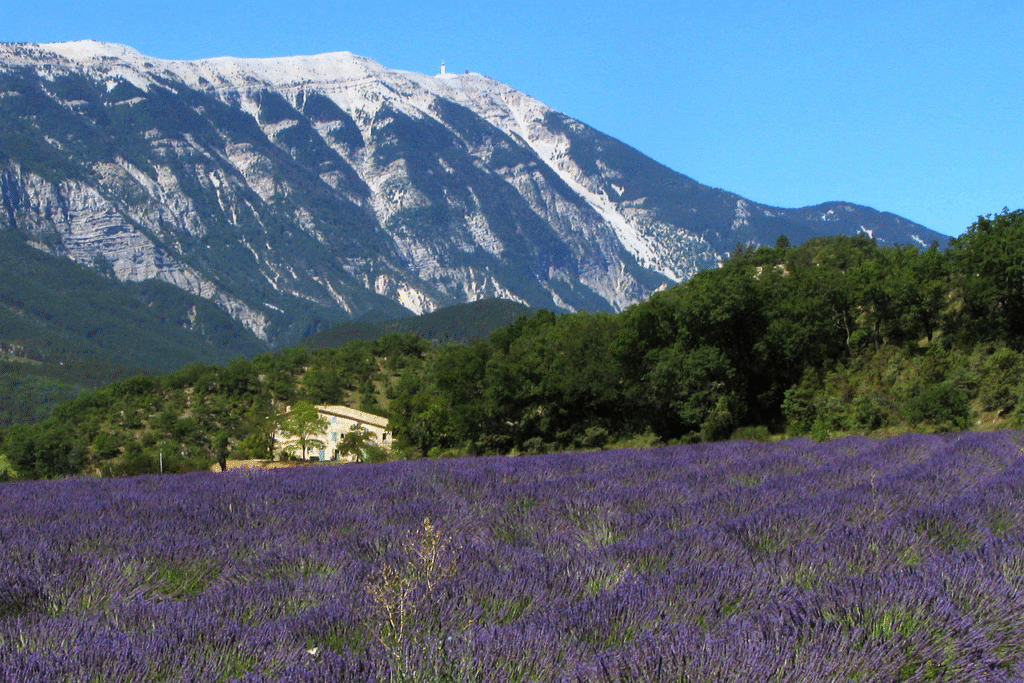
Above: Mont Ventoux, Province, France
The children had no stories.
Only names, if they were lucky.
We gave them silence and shame.
Now, we give them our hair shirts and headlines.
But what they deserved was remembrance — before their bones were found.
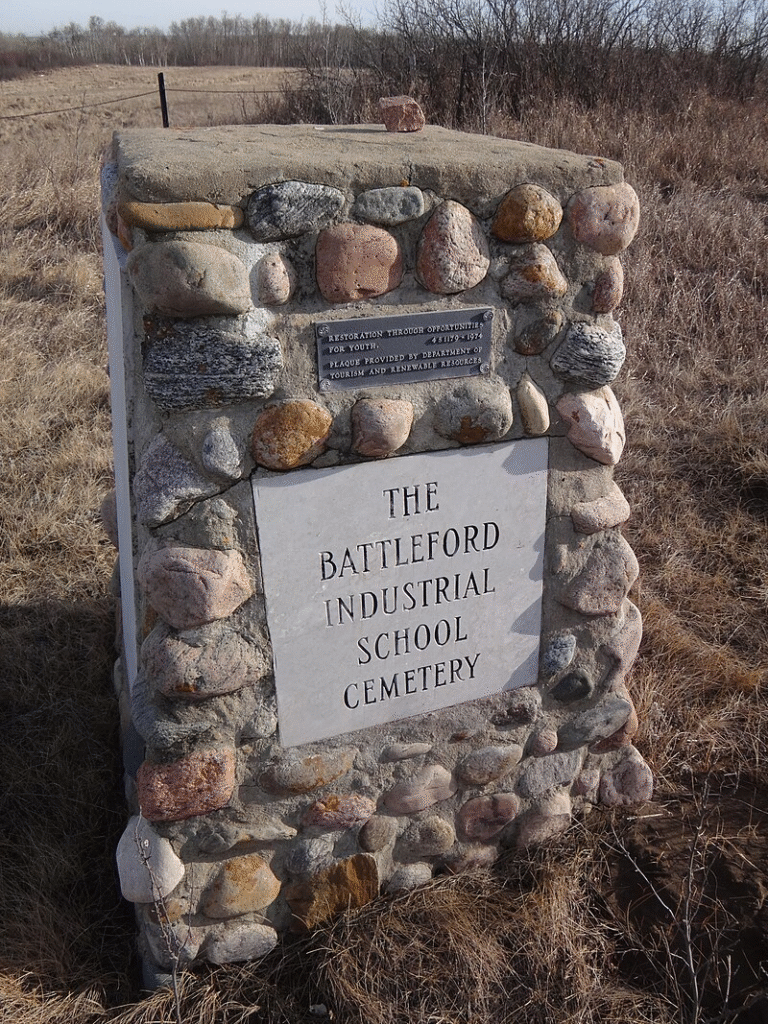
(The Canadian Indian residential school system was a network of boarding schools for Indigenous peoples.
The network was funded by the Canadian government’s Department of Indian Affairs and administered by various Christian churches.
The school system was created to isolate Indigenous children from the influence of their own culture and religion in order to assimilate them into the dominant Euro-Canadian culture.
The system began with laws before Confederation and was mainly active after the Indian Act was passed in 1876.
Attendance at these schools became compulsory in 1894, and many schools were located far from Indigenous communities to limit family contact.
By the 1930s, about 30% of Indigenous children were attending residential schools.
The last federally-funded residential school closed in 1997, with schools operating across most provinces and territories.
Over the course of the system’s more than 160-year history, around 150,000 children were placed in residential schools nationally.
The schools caused significant harm to Indigenous children by removing them from their families and cultures, often leading to physical and sexual abuse, malnutrition and disease.
During their stay many students were forced to assimilate to Western Canadian culture, losing their indigenous identities and struggling to fit into both their own communities as well as Canadian society.
This disruption has contributed to ongoing issues like post-traumatic stress and substance abuse in Indigenous communities.
The number of school-related deaths remains unknown due to incomplete records.
Estimates of the number of deaths vary widely, with most suggesting around 3,200, though some go as high as 30,000.
The vast majority of these fatalities were caused by diseases such as tuberculosis.
Starting in 2008, there were apologies from politicians and religious groups for their roles in the system.
The Truth and Reconciliation Commission of Canada was established to uncover truths about the schools, concluding in a 2015 report that labeled the system as cultural genocide.
Efforts have been ongoing to identify unmarked graves at former school sites.
The Pope acknowledged the system as genocide in 2022.
The House of Commons called for recognition of the residential school system as genocide in October 2022.)

I have always been chasing history.
But history has never waited for me.
I travel the world to witness Life, while Life, this mediocre adventure, happens everywhere, including Fort Qu’Appelle.
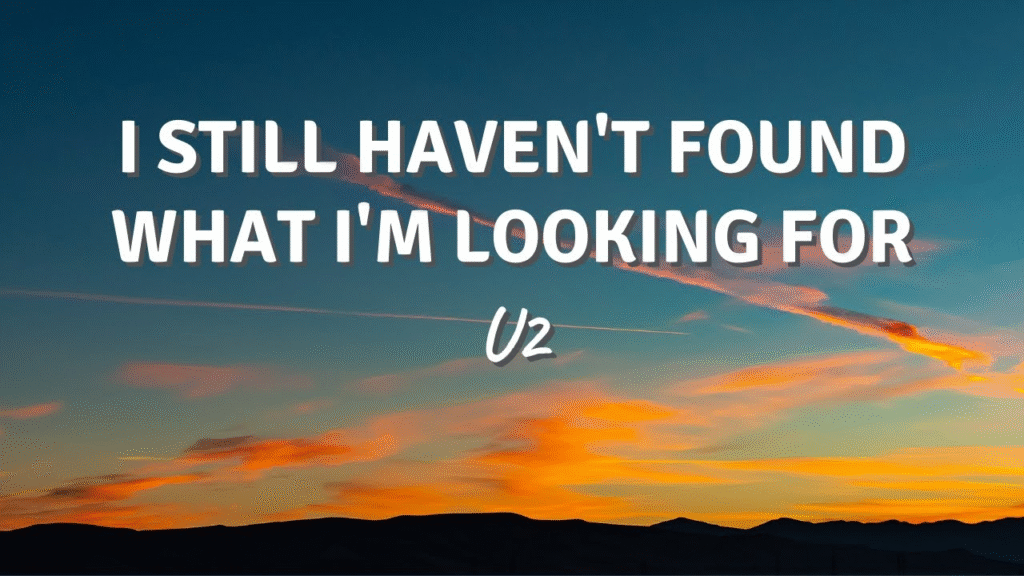
I have climbed highest mountains
I have run through the fields
Only to be with you
Only to be with you
I have run
I have crawled
I have scaled these city walls
These city walls
Only to be with you
But I still haven’t found what I’m looking for
But I still haven’t found what I’m looking for
I have kissed honey lips
Felt the healing in her fingertips
It burned like fire
This burning desire
I have spoke with the tongue of angels
I have held the hand of a devil
It was warm in the night
I was cold as a stone
But I still haven’t found what I’m looking for
But I still haven’t found what I’m looking for
I believe in the kingdom come
Then all the colors will bleed into one
Bleed into one
But yes I’m still running
You broke the bonds
And you loosed the chains
Carried the cross
Of my shame
Oh my shame
You know I believe it
But I still haven’t found what I’m looking for
But I still haven’t found what I’m looking for
But I still haven’t found what I’m looking for
But I still haven’t found what I’m looking for
February 22 – Bob’s Journal
Fort Qu’Appelle, Saskatchewan
“Who was born today?”
That’s the ritual.
On this day in 1870, Jules Renard, the keen-eyed hunter of images.
In 1903, Morley Callaghan, Canada’s Hemingway who didn’t need a war to write.
Renard sought meaning in minnows and rain puddles.
Callaghan in silent disappointments and soft betrayals.
Both seemed to write for people who walked alone.
I tell my students birthdays are never just about cake.
“They’re archaeological sites,” I say.
“Every name, a relic.”
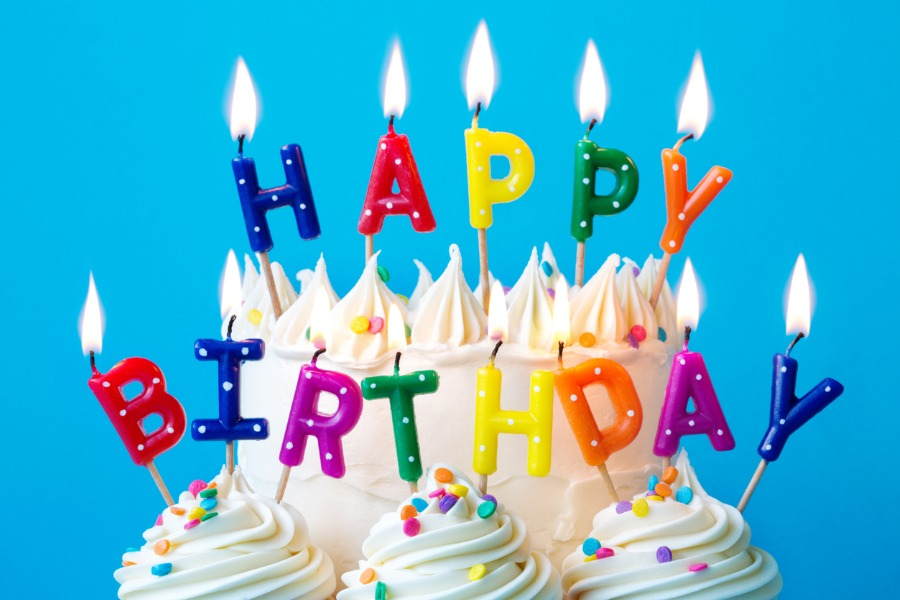
Most of them stare back like I’ve asked them to recite the Magna Carta.
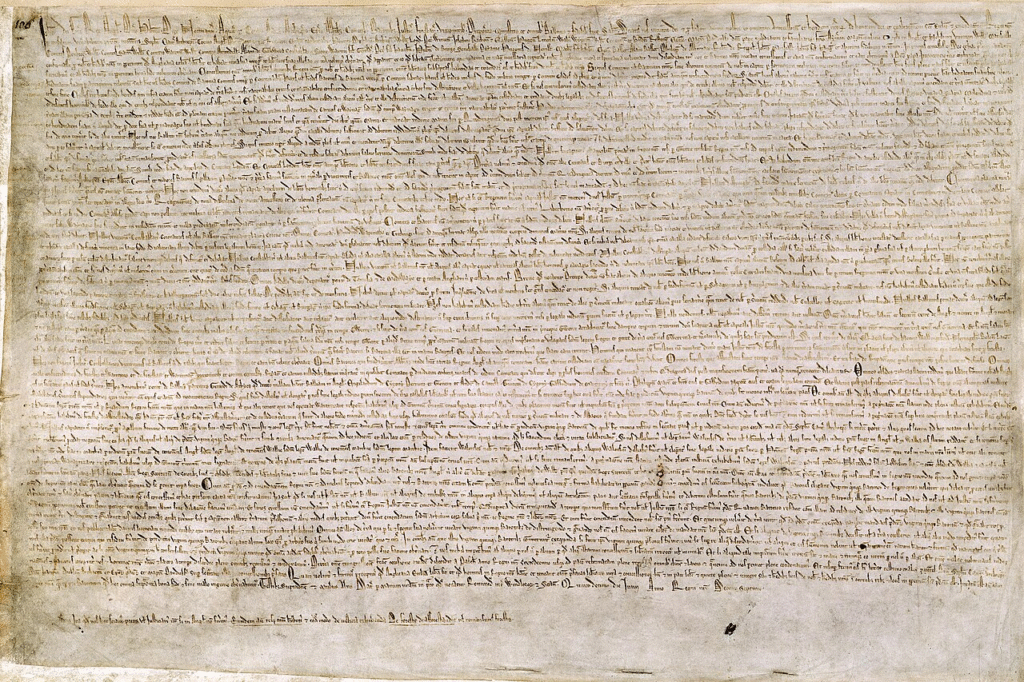
Above: Magna Carta (British Library, London)
(Magna Carta Libertatum (“Great Charter of Freedoms“), commonly called the Magna Carta, is a royal charter of rights agreed to by King John of England (1166 – 1216) at Runnymede, near Windsor, on 15 June 1215.
First drafted by the Archbishop of Canterbury, Cardinal Stephen Langton (1150 – 1228), to make peace between the unpopular king and a group of rebel barons who demanded that the King confirm the Charter of Liberties, it promised the protection of church rights, protection for the barons from illegal imprisonment, access to swift and impartial justice, and limitations on feudal payments to the Crown, to be implemented through a council of 25 barons.
Neither side stood by their commitments, and the charter was annulled by Pope Innocent III (1161 – 1216), leading to the First Barons’ War. (1215 – 1217) )
But Tyrone — quiet, sat near the radiator — said last week:
“I looked up my grandma’s birthday and she shares it with Sitting Bull.”
Then he added,
“They both had to run from the government.”
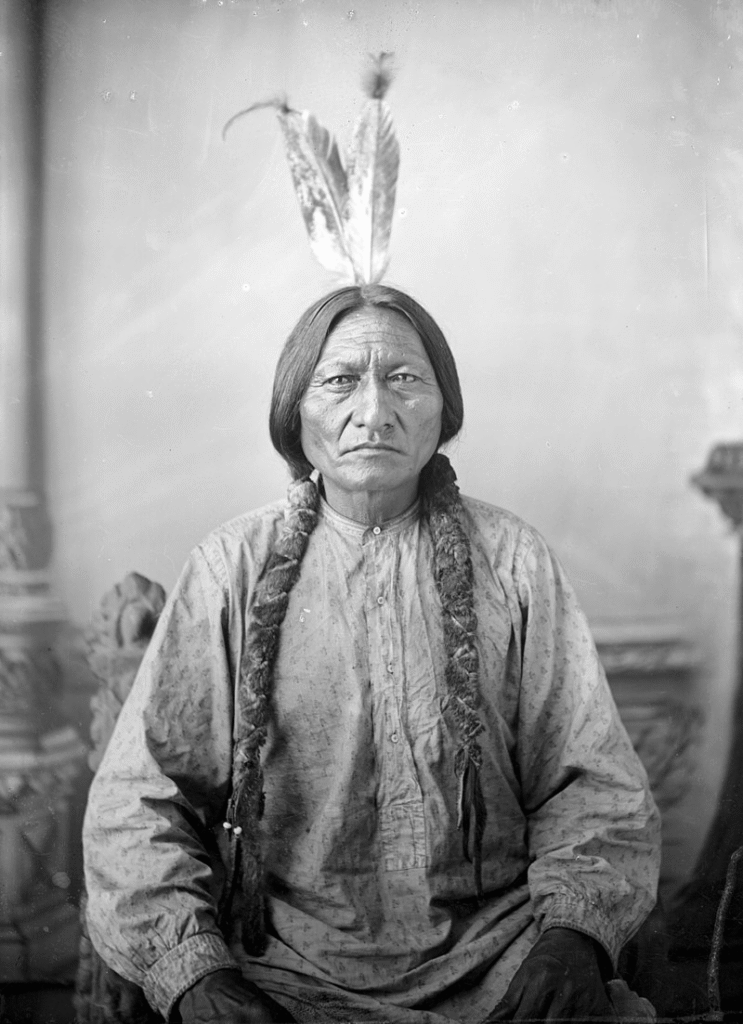
Above: Lakota leader Tȟatȟáŋka Íyotake (aka Sitting Bull)(1831 -1890)
Ursula’s packing.
Three weeks until Paris.
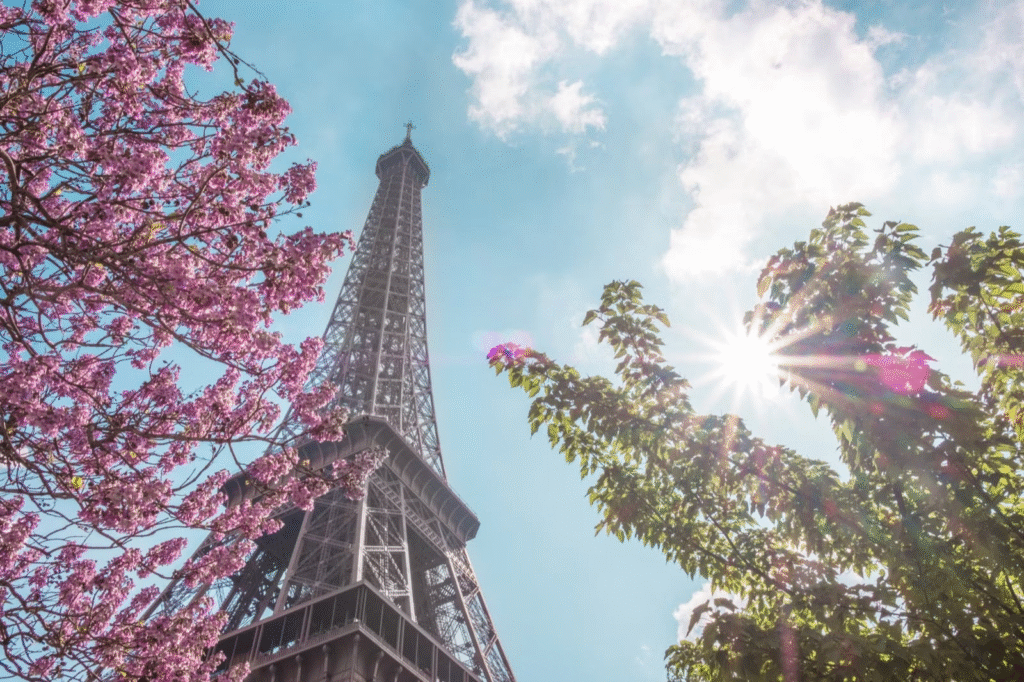
Above: April in Paris
Three cemeteries on her list.
I love her, but Lord, I sometimes wonder if she loves bones more than breathing people.
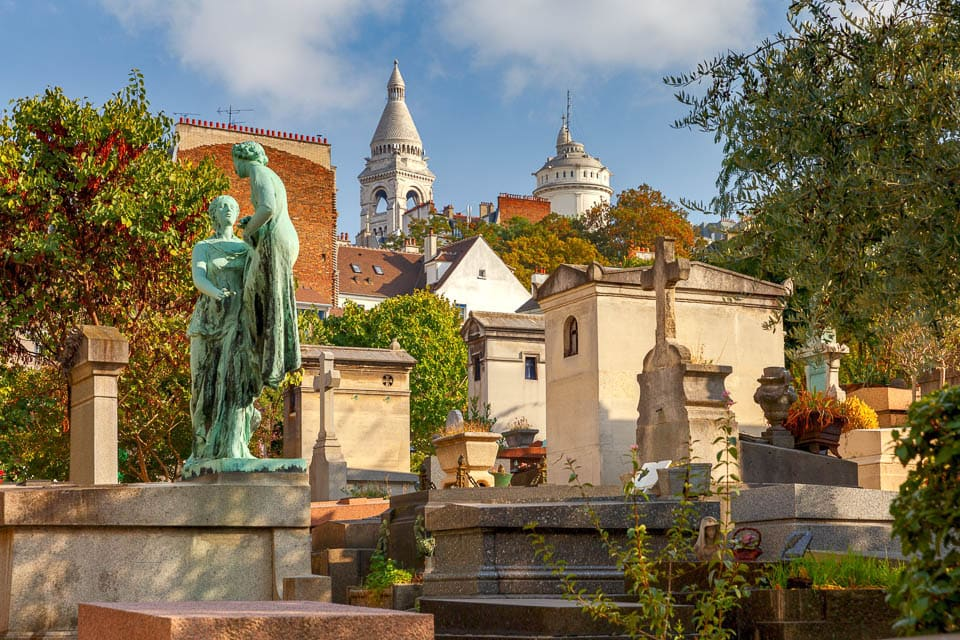
I suggested the Musée d’Orsay.
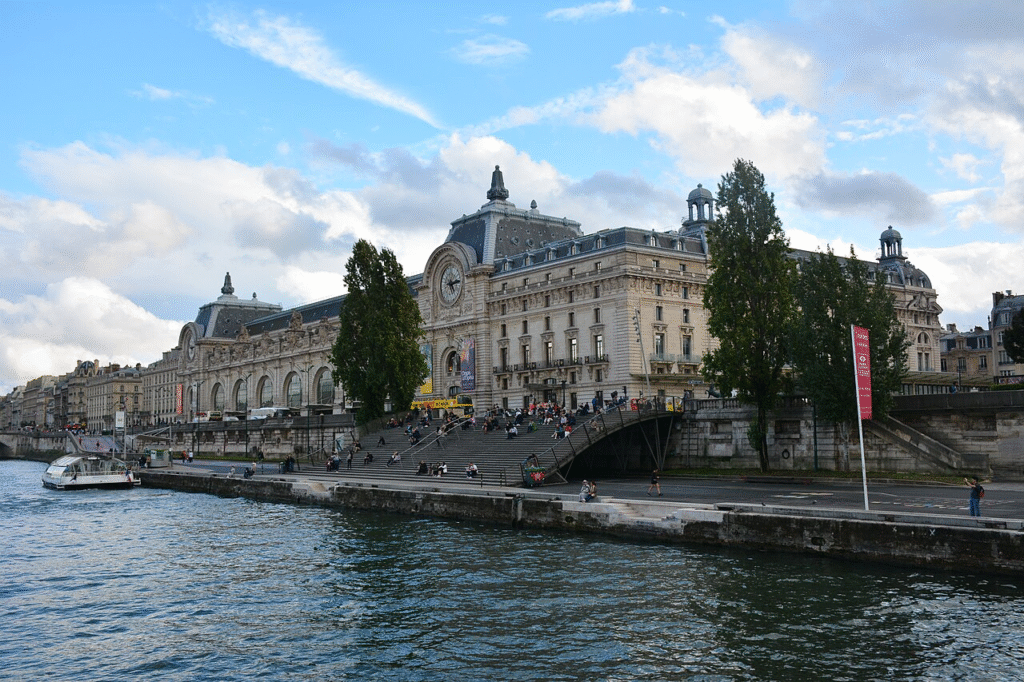
Above: Musée d’Orsay, Paris
“That’s near Montparnasse,” she said.
“We could do both.”
I said, “Ursula, can’t we just go somewhere and ‘be’?”
She smiled — gently, a nurse’s smile — then resumed folding socks.
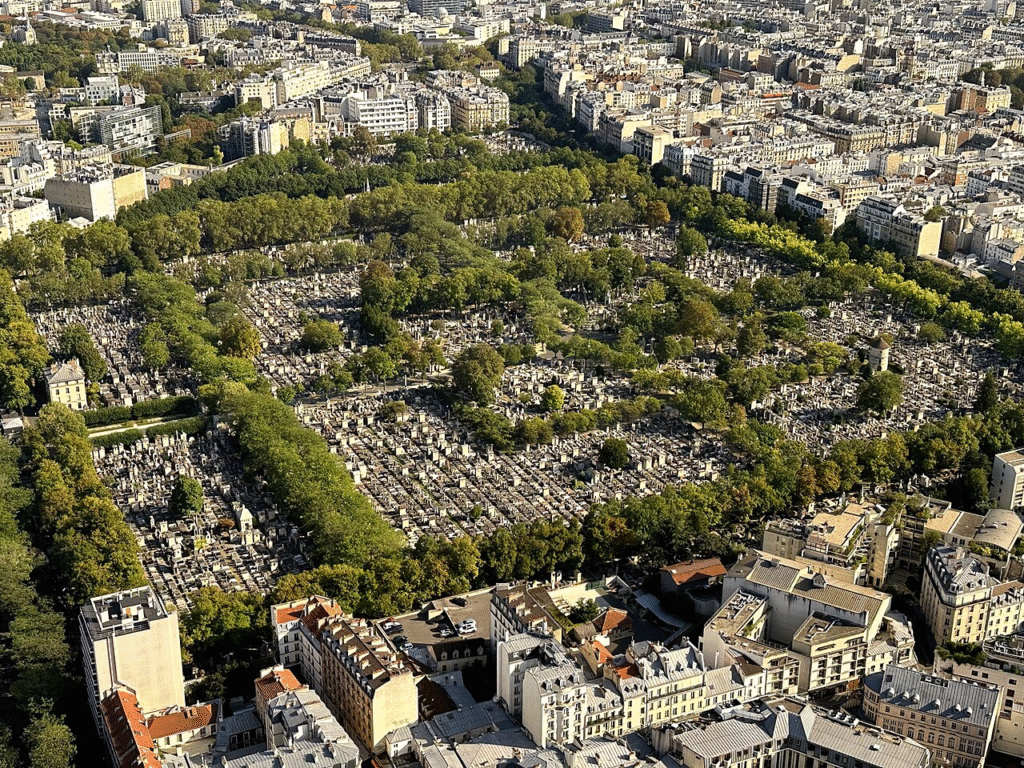
Above: Montparnasse Cemetery, Paris
Last night someone vandalized the old cemetery.
A statue of Colonel Merivale toppled — his moustache shattered on the frosty ground.
Someone spray-painted “Genocide is not legacy” in red across the granite.
I get it.
I teach it.
But damn it, even the unpleasant past needs to be visible.
You don’t heal a wound by erasing the scar.
Ursula stood by the news article, quietly shaking her head.
“We did this too,” she said.
“Did what?”
“Smashed stones.
Broke memory.
We tried to silence the dead.”
She didn’t cry, but I felt the sorrow in her hands when she touched mine.
Renard wrote:
‘We are sometimes obliged to kill the thing we love.’
Maybe that’s true.
Or maybe we’re just clumsy with grief.
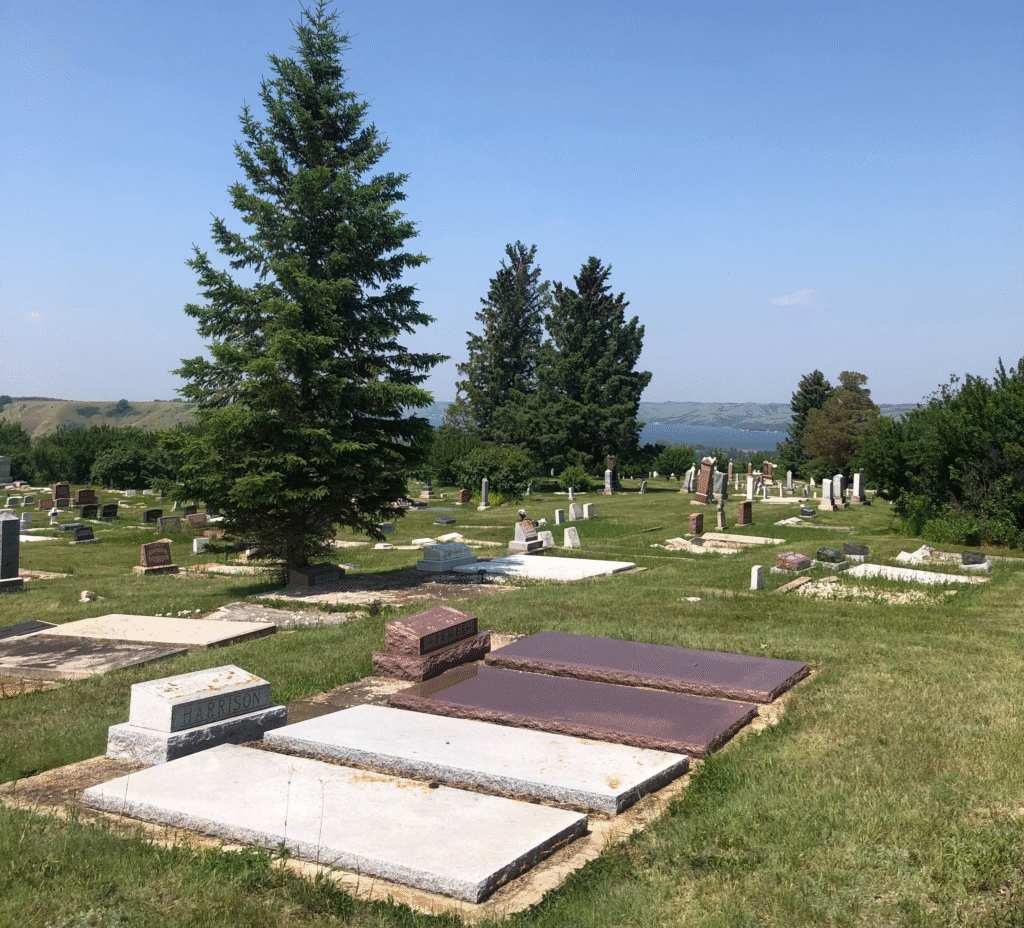
Above: Cemetery, Fort Qu’Appelle, Saskatchewan
Ursula’s Journal, 1 March
Fort Qu’Appelle, Saskatchewan
Today I watched Mrs. Bannerman die.
I don’t mean to sound clinical — though I suppose that’s what I’ve become.
I was with her when her breathing changed, slow and raspy, like wind trapped in an attic.
I held her hand until it stopped trembling.
I stayed even after the nurse from the next shift arrived, just to tuck in the sheets and smooth her hair.
No one should leave with their hair in a mess.
I remember my Oma saying that.
Death doesn’t startle me.
It never has.
In Germany, we were taught to live with ghosts.
Every school trip included a memorial.
Every childhood library had pictures of absence — faces of those who disappeared.
I don’t believe in ghosts exactly, but I believe in what we leave behind.
The impressions.
The silence in a room after someone is gone.
Bob doesn’t understand this.
When I asked him today — casually, mind you — if he would prefer burial or cremation, he looked at me like I’d asked what kind of noose he’d prefer.
He mumbled something about how “the dead don’t care” and then went on grading student essays.
Sometimes I think he’s terrified of being remembered.
Or worse, not being remembered at all.
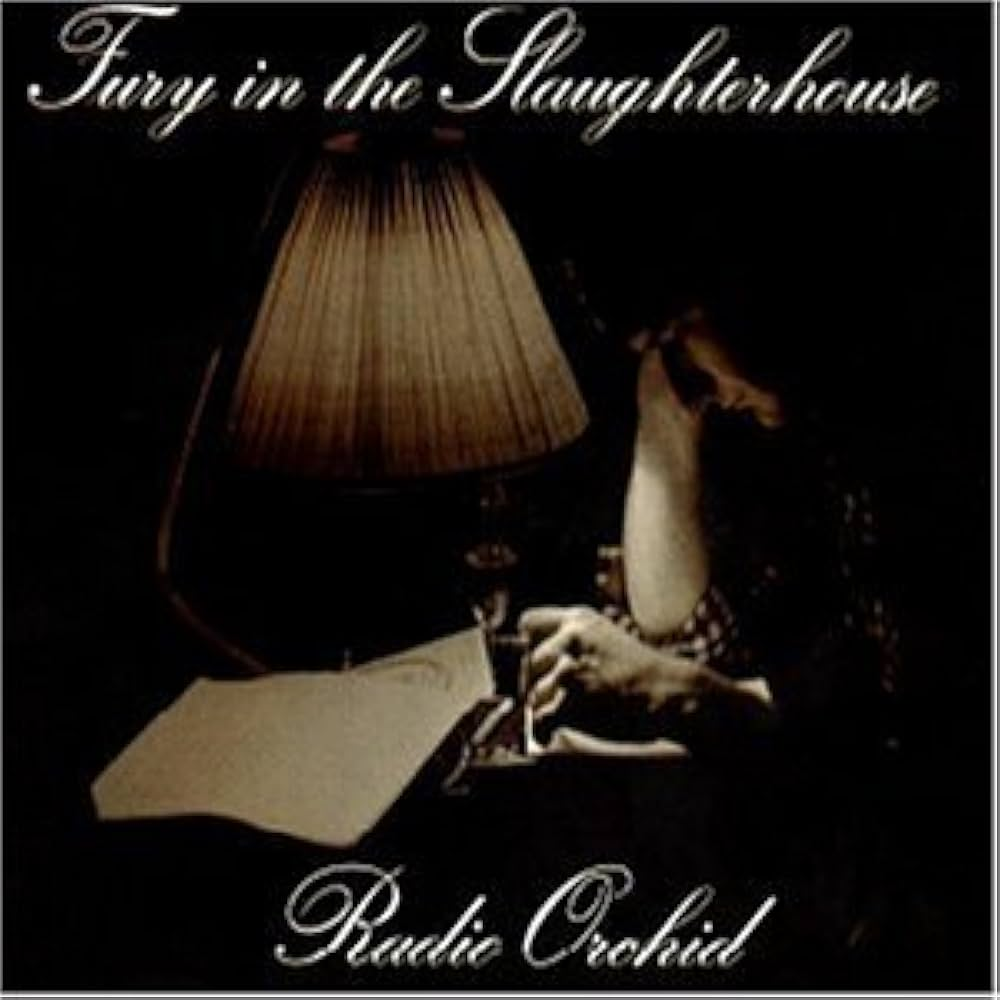
There’s an old lady living in an old house
Since her husband died, she hasn’t been out
She lives in her own world with her own little nightmares
And she stopped counting the days
She buys a radio station with her husband’s legacy
She does her own show ten hours a day
Plays poems and listens, lets feelings run free
Helps people talk their pain away
So if your world falls down
Can’t see the light of day
(Call the lady) call the station today, yeah
This is Radio Orchid, listen and cry
To all the others that suffer and die
This is Radio Orchid, listen and cry
Take your lonely heart and let it fly
Sending her message, she’s solving the problems
Of millions and millions, and who solves hers?
The old lady gets older, still lives in her old house
But when she dies, we’ll all live alone
So if your world falls down
Can’t see the light of day
(Call the lady) call the station today, yeah
This is Radio Orchid, listen and cry
To all the others that suffer and die
This is Radio Orchid, listen and cry
Take your lonely heart and let it fly
Take your lonely heart and let it fly
So if your world falls down
Can’t see the light of day
(Call the lady) call the station today, yeah
This is Radio Orchid, listen and cry
To all the others that suffer and die
This is Radio Orchid, listen and cry
Take your lonely heart and let it fly
Take your lonely heart
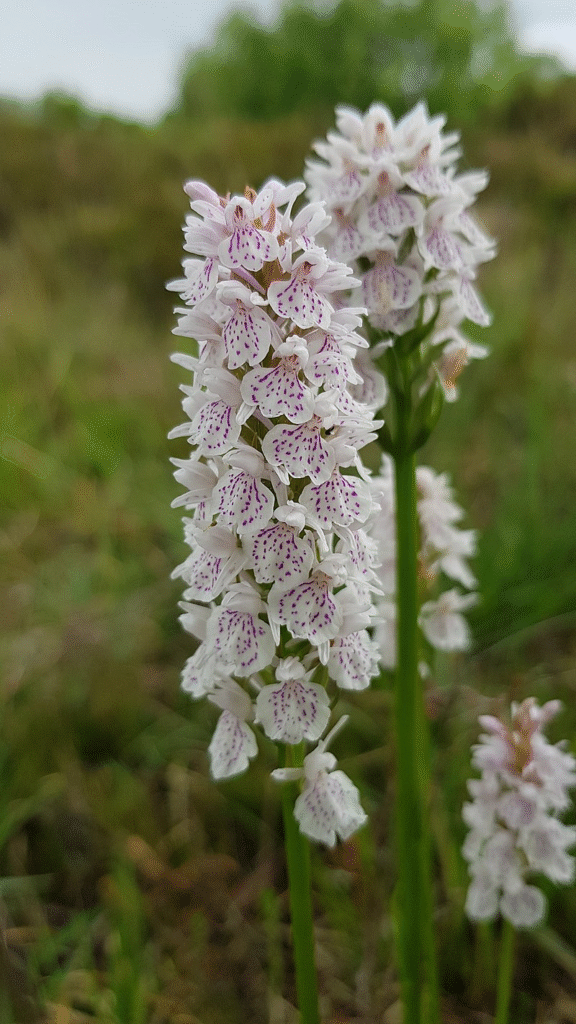
Paris is only a month away.
I printed the cemetery map again, though I already know it by heart.
Montparnasse, Père Lachaise, Montmartre.
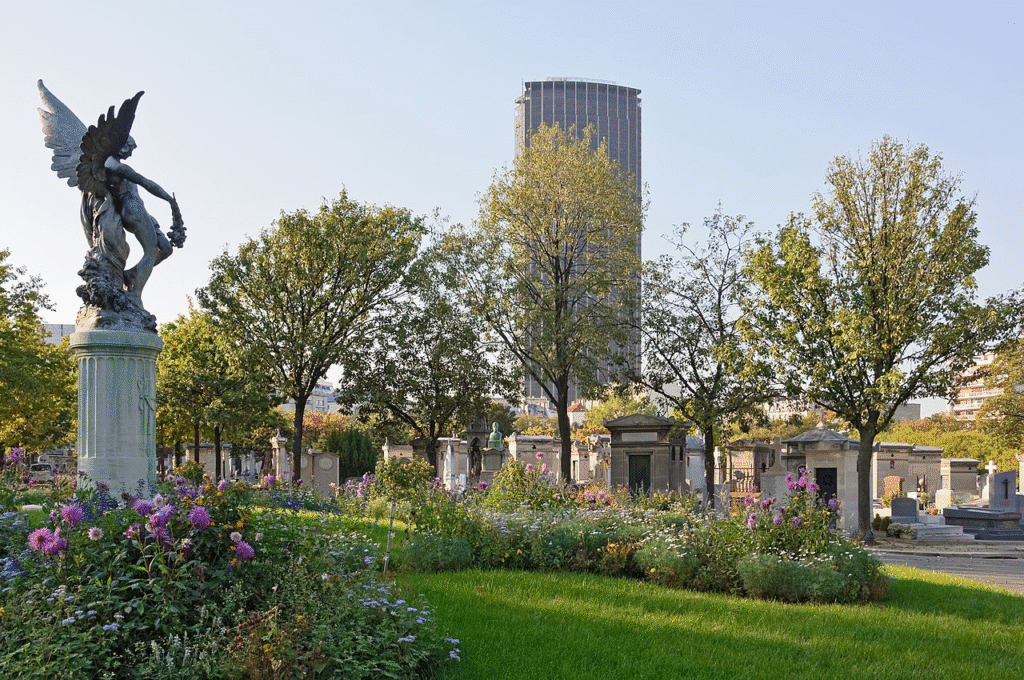
Bob said we should go see the Mona Lisa.
I smiled and nodded.
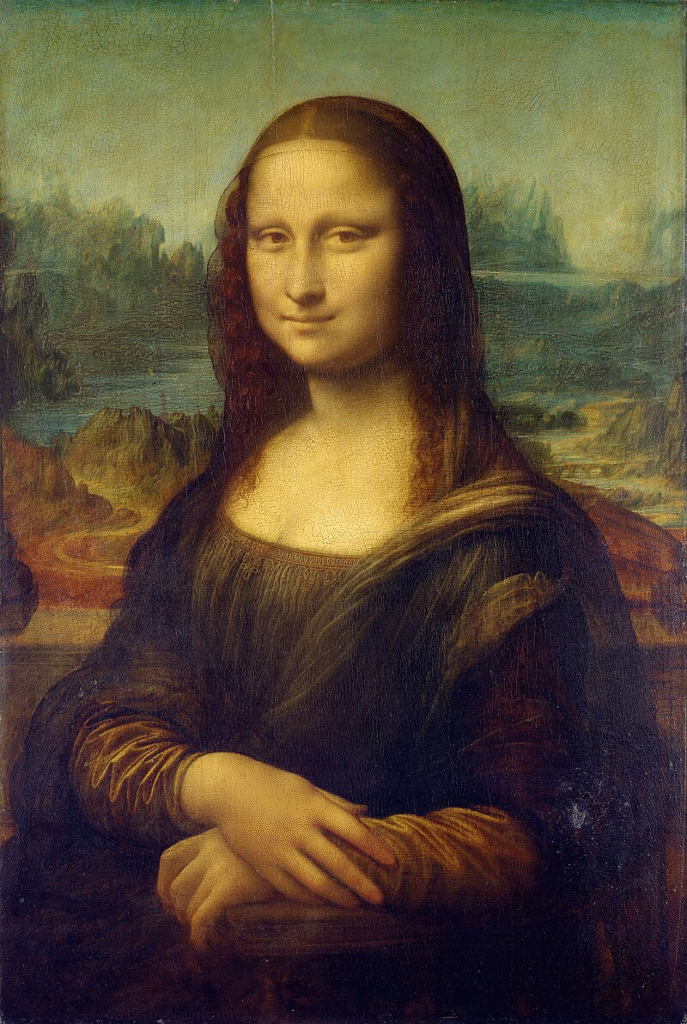
Mona Lisa, Mona Lisa
Men have named you
You are so like the lady with the mystic smile
Is it only cause you’re lonely
They have blamed you
For that Mona Lisa strangeness in your smile
Do you smile to tempt a lover, Mona Lisa
Or is this your way to hide a broken heart
Many dreams have been brought to your doorstep
They just lie there, and they die there
Are you warm, are you real Mona Lisa
Or just a cold and lonely, lovely work of art
Do you smile to tempt a lover, Mona Lisa
Or is this your way to hide a broken heart
Many dreams have been brought to your doorstep
They just lie there, and they die there
Are you warm, are you real Mona Lisa
Or just a cold and lonely, lovely work of art
Mona Lisa, Mona Lisa
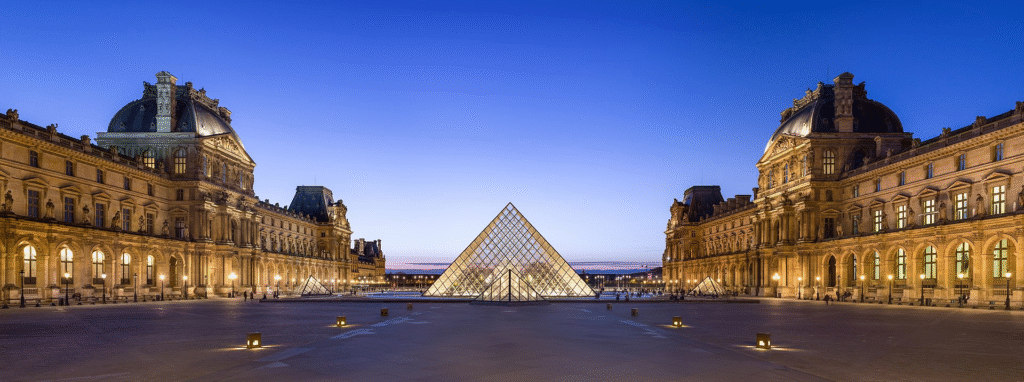
Above: The Louvre, Paris
But my heart is elsewhere — in the quiet rows, in names carved into stone, in lives that mattered once and still might.
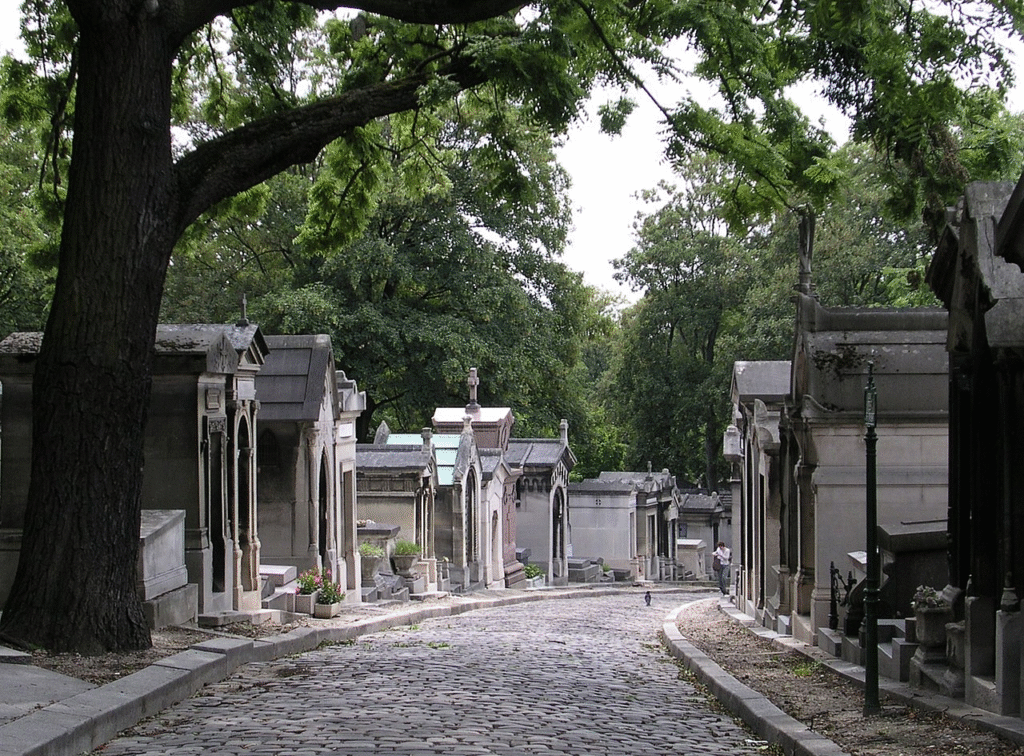
There is peace in those places, not the grim kind Bob imagines, but a stillness I crave.
The kind I wish I could give to my patients.
The kind I hope someone, someday, might give to me.
Perhaps that is morbid.
But I don’t think so.
I think it’s honest.

March 8 – Bob’s Journal
Fort Qu’Appelle, Saskatchewan
She asked me again — again — if I’d rather be buried or cremated.
I said “cremated”, because it seemed easier than explaining how the idea of lying underground while the world forgets you feels like the loneliest fate imaginable.
She thinks I’m afraid of dying.
That’s not it.
I’m afraid of not mattering.
Of my name fading like chalk on the sidewalk after a spring rain.
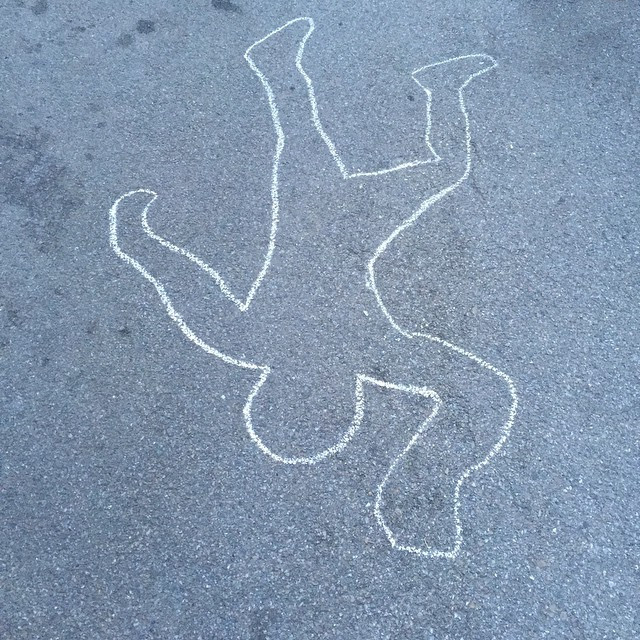
Ursula finds comfort in cemeteries.
I find them unnerving.
I walk past a gravestone and see a name, a date, a dash in between.
And I think:
“That’s it?
That’s the summary of someone’s life?”
It makes me feel like we are all just footnotes to history’s textbook.
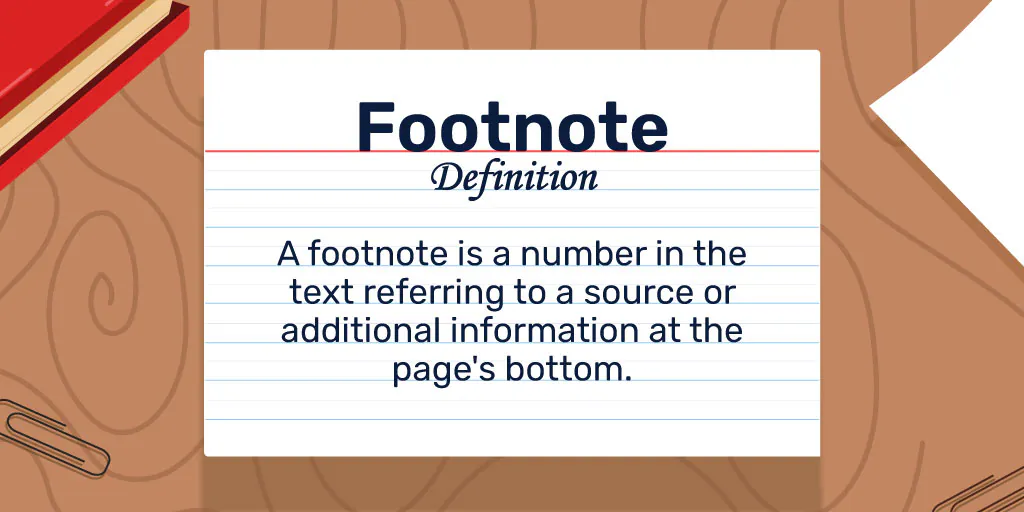
Speaking of textbooks — today’s lecture was on John A. Macdonald.
Every year, I steel myself for it.
You can’t talk about Canadian Confederation without brushing up against the dark corners.
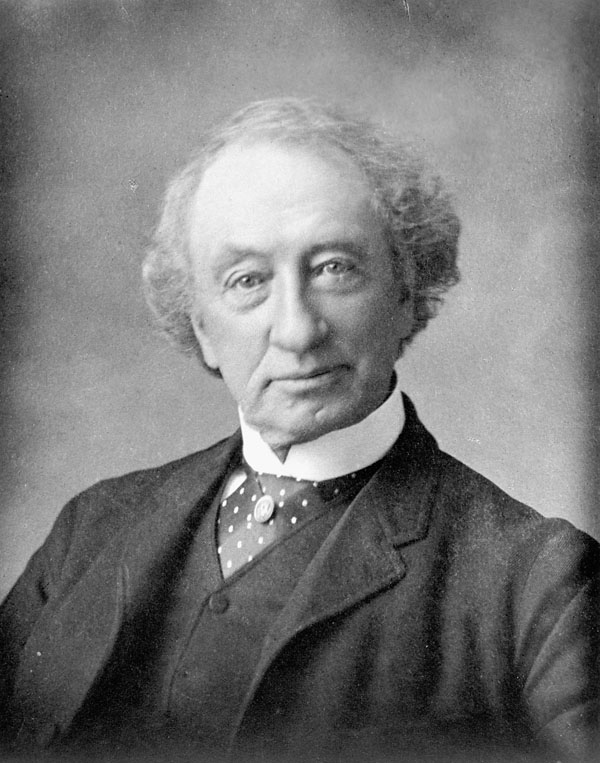
Above: Scottish Canadian Prime Minister John A. Macdonald (1815 – 1879)
One of my students — Shaylene, Cree, sharp as flint — asked me flat-out why we still talk about “men like him”.
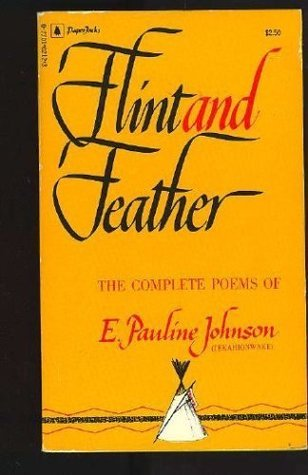
“Because he helped build the house you live in,” I said.
“And it’s important to know who put in the foundation — and where it’s cracked.”
She looked unconvinced.
Fair.
I wasn’t sure I believed myself either.

I’ll light the fire
You place the flowers in the vase
That you bought today
Staring at the fire
For hours and hours while I listen to you
Play your love songs all night long for me
Only for me
Come to me now (come to me now)
And rest your head for just five minutes
Everything is done
Such a cozy room (such a cozy room)
The windows are illuminated
By the evening sunshine through them
Fiery gems for you, only for you
Our house is a very, very, very fine house
With two cats in the yard
Life used to be so hard
Now everything is easy ’cause of you
And ours
La-la, la-la-la-la-
la La-la-la-la, la-la-la-la-la
La-la-la-la-la-la-la
La-la-la-la-la-la-la-la
La-la, la-la-la-la-la
La-la-la-la, la-la-la-la-la
La-la-la-la-la-la-la
Our house is a very, very, very fine house
With two cats in the yard
Life used to be so hard
Now everything is easy ’cause of you
And ours
I’ll light the fire
while you place the flowers in the vase
that you bought today
On the way home, I passed the old cemetery again.
Same broken fence on the east side.
But something new today — a smear of spray paint on the brick gate:
HISTORY IS A LIE.

I stood there longer than I meant to, just staring.
It was sloppily done — orange, cheap paint — but it hit me in the ribs.
I wanted to scrub it off and preserve it, all at once.
The urge to protect the truth and question it — same instinct, opposite directions.
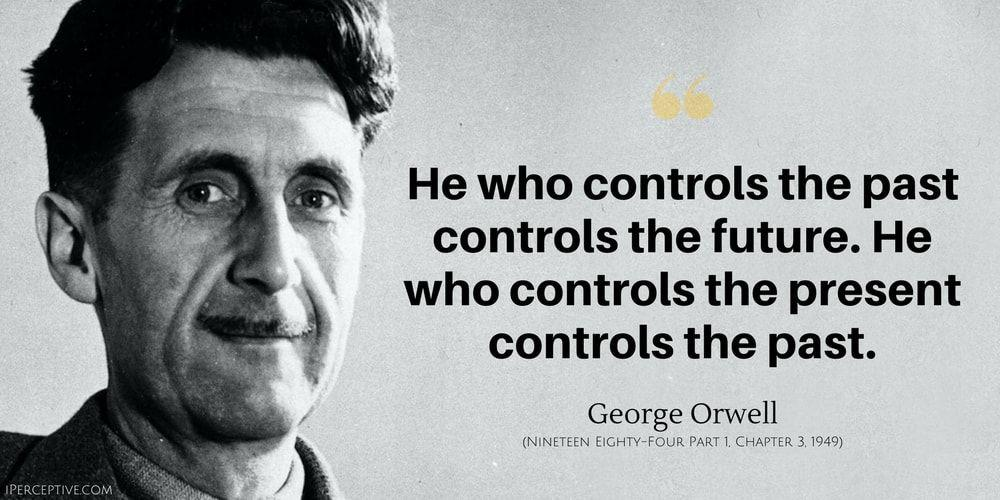
Ursula wants to go on Saturday.
Says we should light a candle for the forgotten.
I didn’t have the heart to tell her I’m not sure anymore who remembers what, or why.
She believes in the stillness of the dead.
I believe in the restlessness of history.
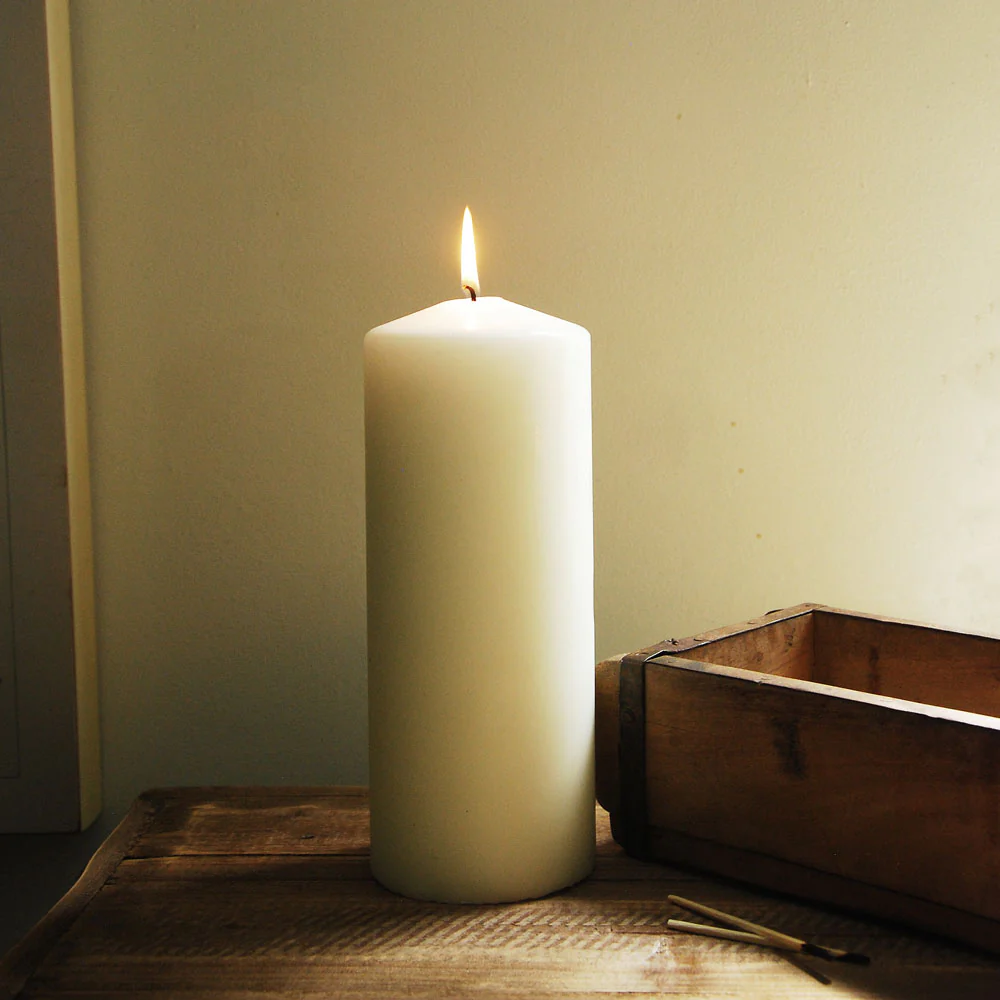
Paris is coming.
Ursula’s got her itinerary:
Cemeteries, marble angels, a picnic near Montparnasse.
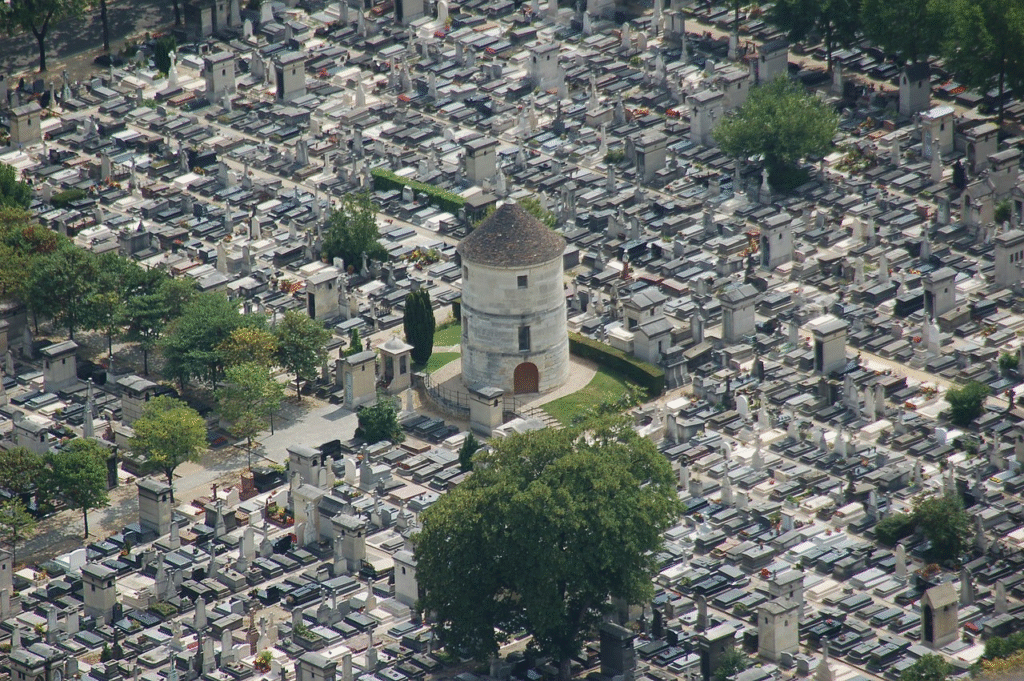
Above: Montparnasse Cemetery, Paris
I wanted cafés.
Conversation.
Maybe a croissant that wasn’t shaped like a mausoleum.
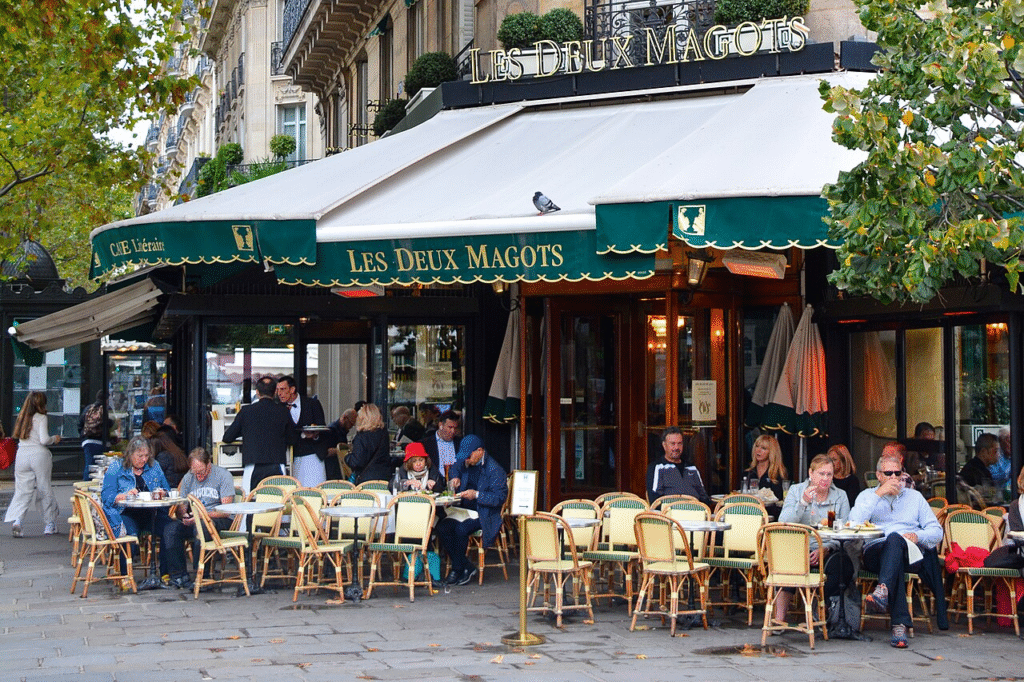
Above: Café Les Deux Magots, Paris
(It once had a reputation as the rendezvous of the literary and intellectual elite of the city.
It is now a popular tourist destination.
Its historical reputation is derived from the patronage of Surrealist artists, intellectuals like Simone de Beauvoir and Jean-Paul Sartre, as well as young writers, such as Ernest Hemingway.
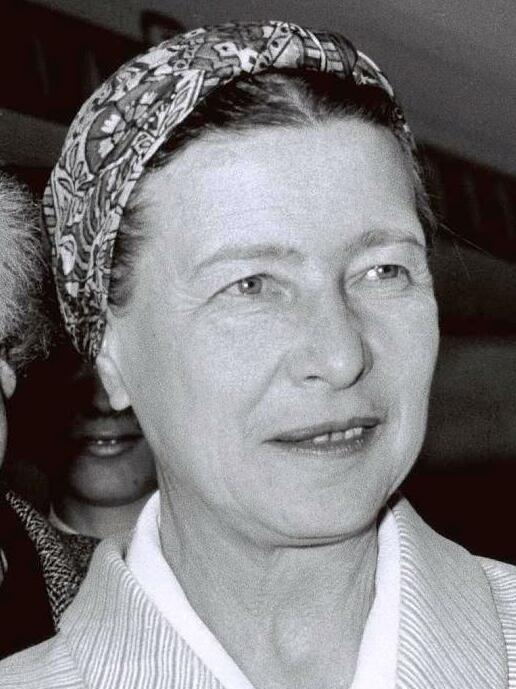
Above: French philosopher/writer Simone de Beauvoir (1908 – 1986)
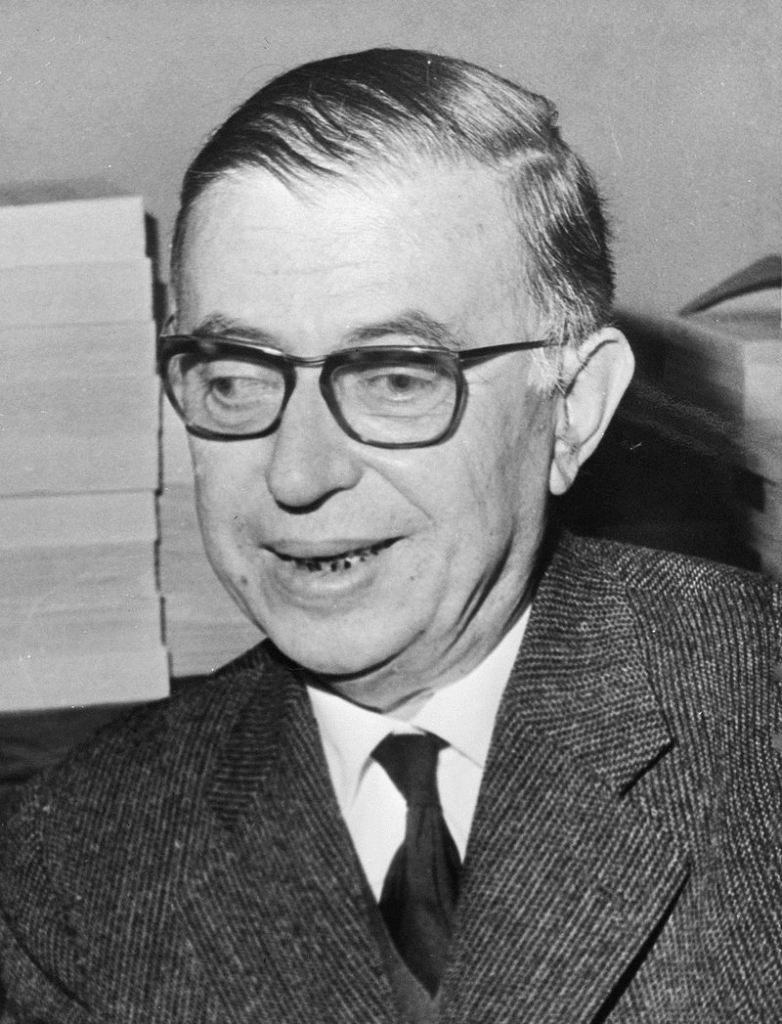
Above: French philosopher/writer Jean-Paul Sartre (1905 – 1980)
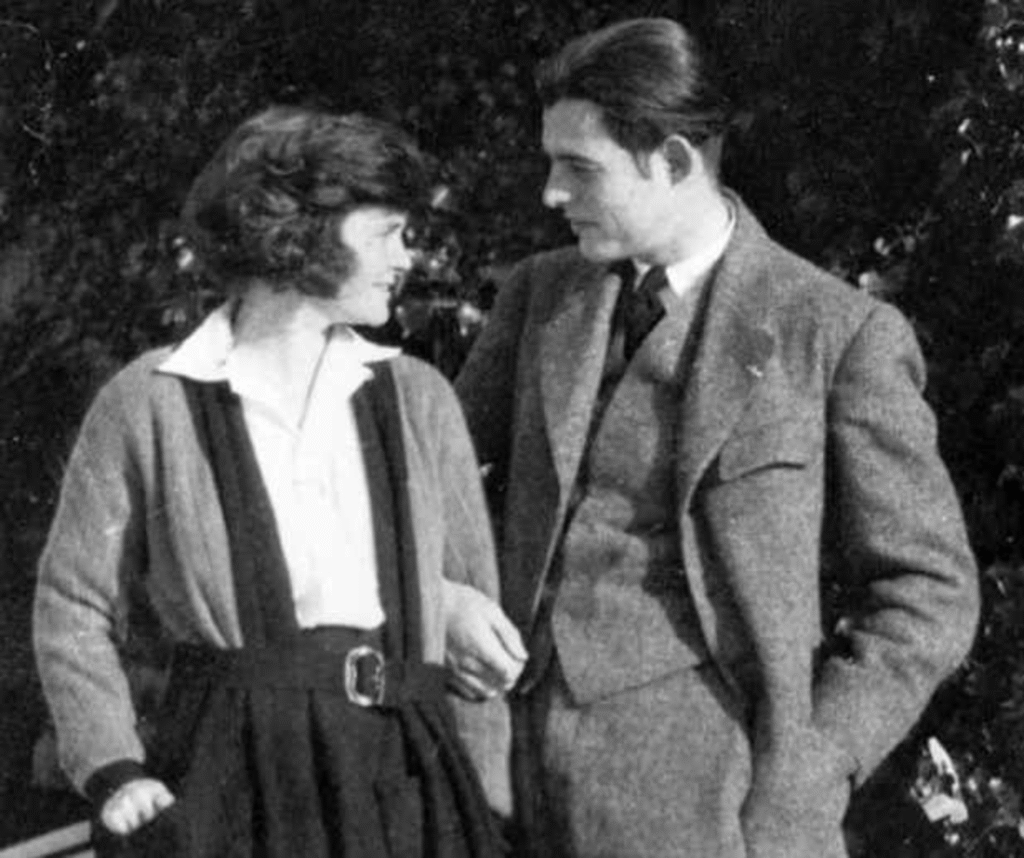
Above: Hadley and Ernest Hemingway (1922)
Other patrons included Albert Camus, Pablo Picasso, James Joyce, Bertolt Brecht, Julia Child and the American writers James Baldwin, Chester Himes and Richard Wright.
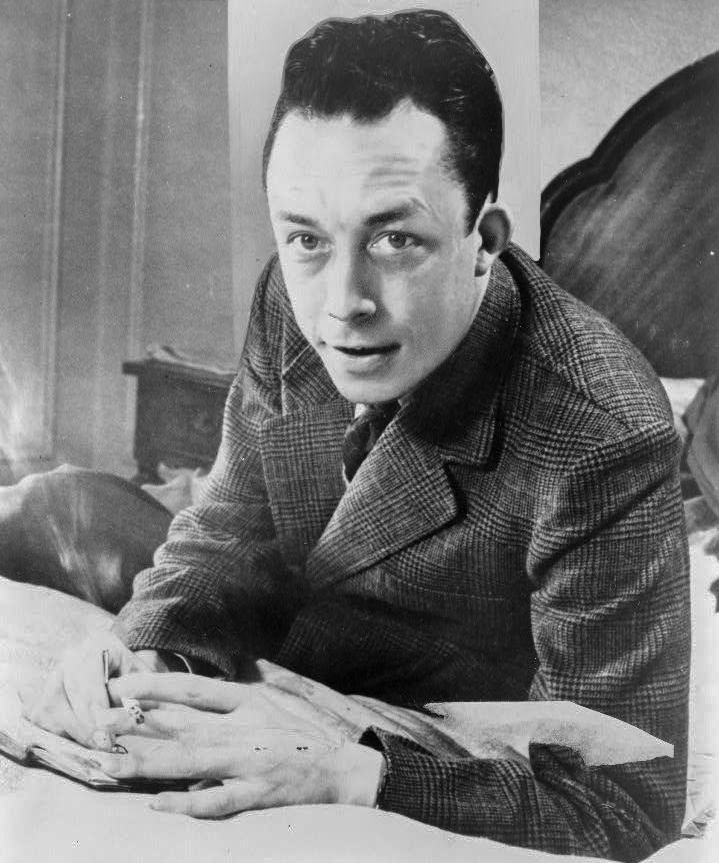
Above: French philosopher/writer Albert Camus (1913 – 1960)
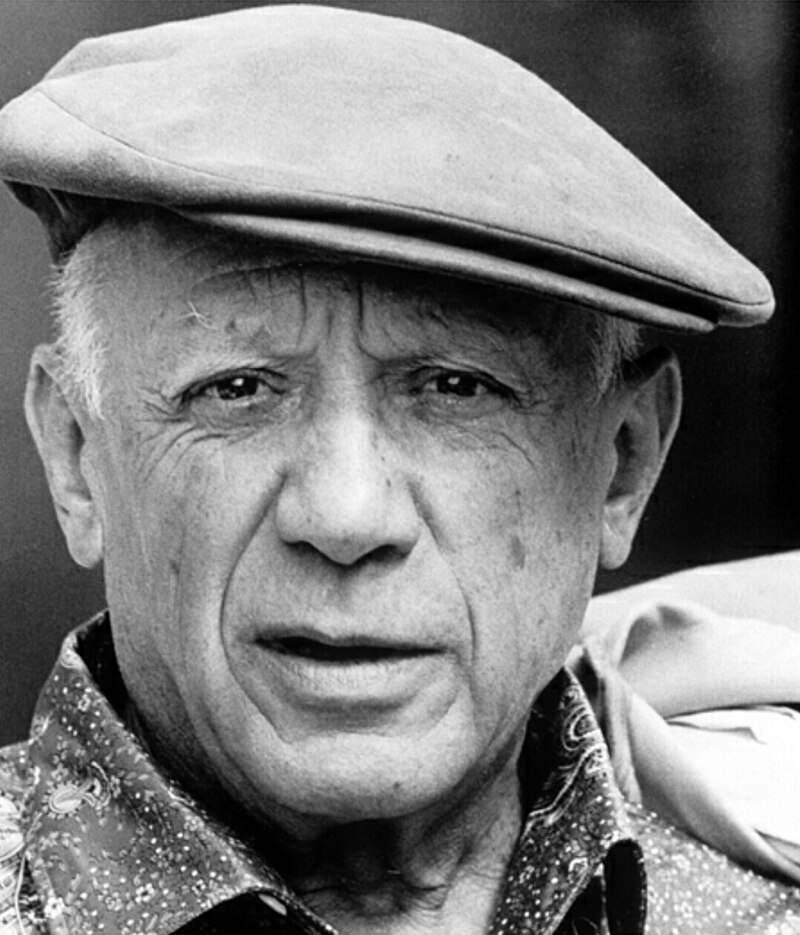
Above: Spanish artist Pablo Picasso (1881 – 1973)
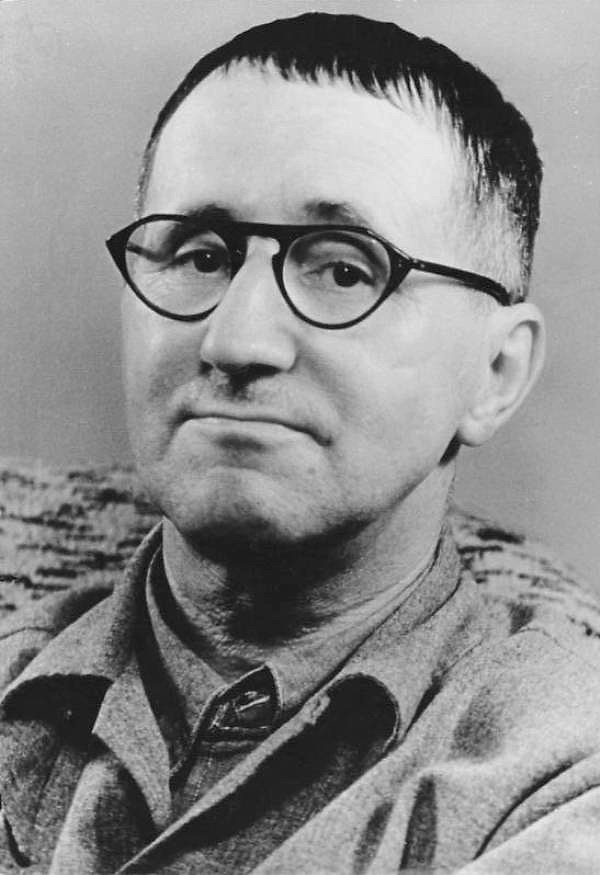
Above: German playwright/poet Bertolt Brecht (1898 – 1956)
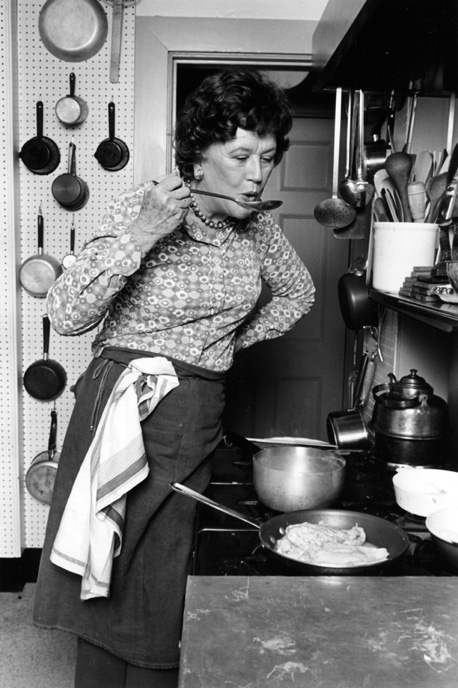
Above: American chef Julia Child (née Williams)(1912 – 2004)
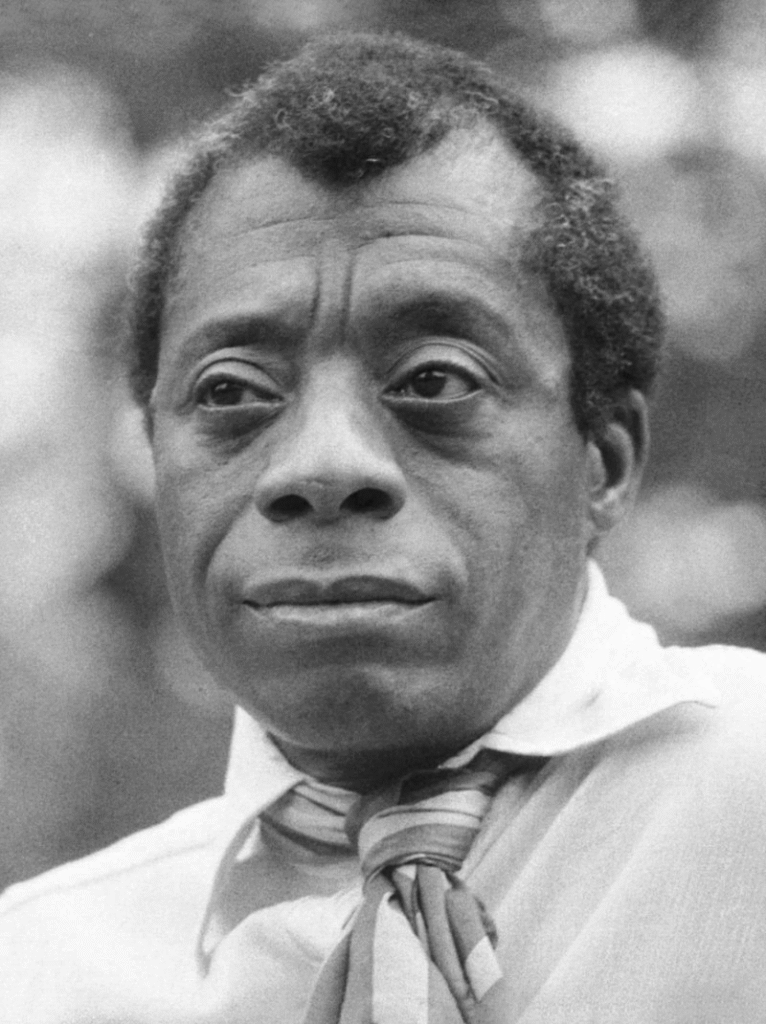
Above: American writer/activist James Baldwin (1924 – 1987)
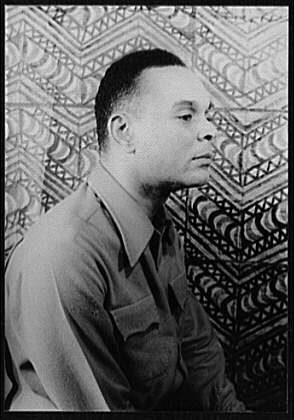
Above: American writer Chester Himes (1909 – 1984)
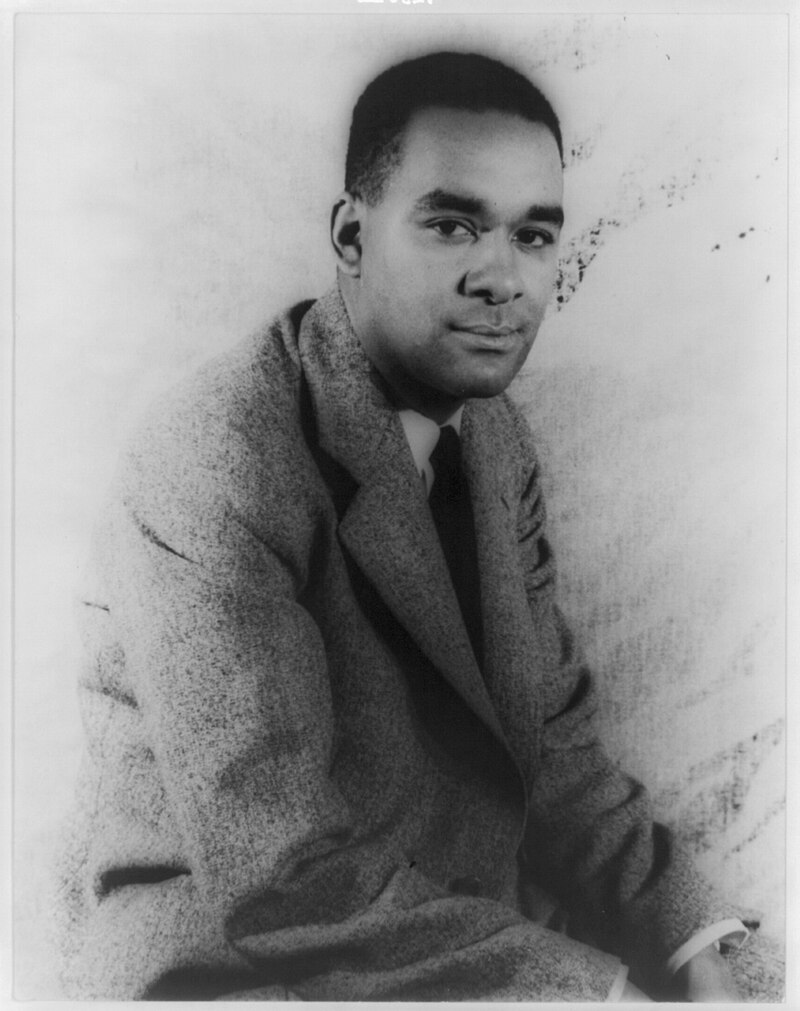
Above: American writer Richard Wright (1908 – 1960)
The Deux Magots literary prize (Prix des Deux Magots) has been awarded to a French novel every year since 1933 at Les Deux Magots.
“Magot” literally means “stocky figurine from the Far East“.
The name originally belonged to a fabric and novelty shop at nearby 23 Rue de Buci.
The shop sold silk lingerie and took its name from a popular play of the moment (19th century) entitled Les Deux Magots de la Chine.
Its two statues represent Chinese “mandarins” or “magicians” or “alchemists“, who gaze out over the room.
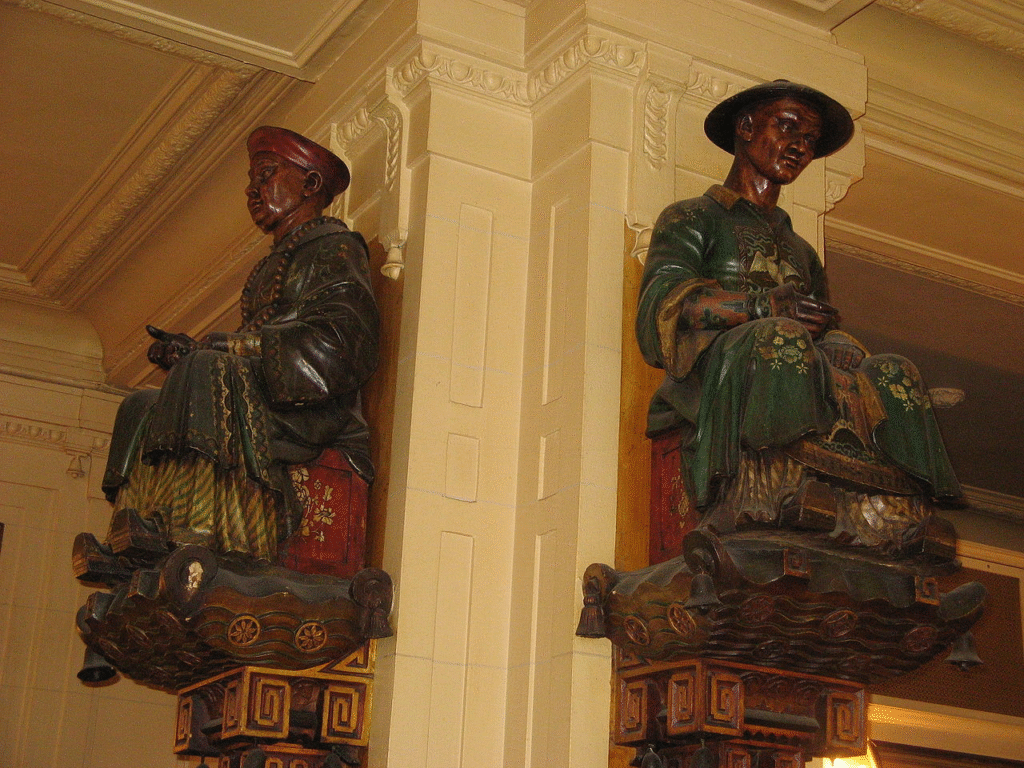
Above: Les deux magots
In 1873, the business moved to its current location in the Place Saint-Germain-des-Prés.
In 1884, the business changed to a café and liquoriste, but kept the name.
]In 2016, the café led a study revealing that 60% of its clientele were international tourists.
In 2022, the Saint-Germain café alone made a revenue of €15 million.)
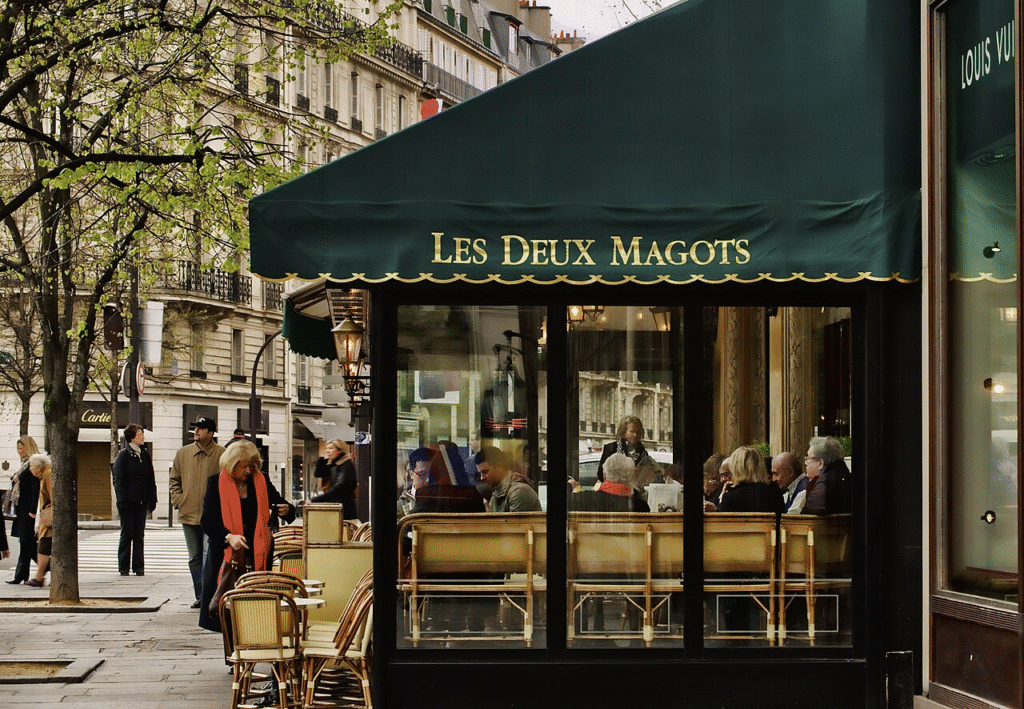
But if it makes her happy.
She’s the one who still listens when the past whispers.
I just try to teach the kids to recognize its voice.
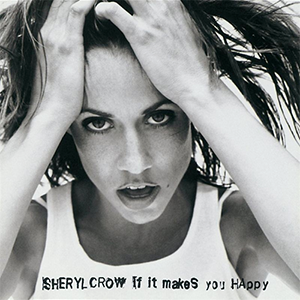
I been long, a long way from here
Put on a poncho and played for mosquitoes
And drank ’til I was thirsty again
We went searchin’, through thrift store jungles
Found Geronimo’s rifle, Marilyn’s shampoo
And Benny Goodman’s corset and pen
Well, okay, I made this up
I promised you I’d never give up
If it makes you happy
It can’t be that bad
If it makes you happy
Then why the hell are you so sad?
You get down, real low down
You listen to Coltrane, derail your own train
Well, who hasn’t been there before?
I come ’round, around the hard way
Bring you comics in bed, scrape the mold off the bread
And serve you French toast again
Well, okay, I still get stoned
I’m not the kind of girl you’d take home
If it makes you happy
It can’t be that bad
If it makes you happy
Then why the hell are you so sad?
If it makes you happy
It can’t be that bad
If it makes you happy
Then why the hell are you so sad?
We’ve been far, far away from here
Put on a poncho and played for mosquitoes
And everywhere in between
Well, okay, we get along
So what if right now, everything’s wrong?
If it makes you happy
It can’t be that bad
If it makes you happy
Then why the hell are you so sad?
If it makes you happy
It can’t be that bad
If it makes you happy
Then why the hell are you so sad?
Ursula’s Journal, March 8
Fort Qu’Appelle, Saskatchewan
When I asked him if he wanted to be buried or cremated, he looked at me like I’d asked him what kind of coffin he wanted for lunch.
“Ursula,” he said, “you’re planning a trip, not a funeral.”
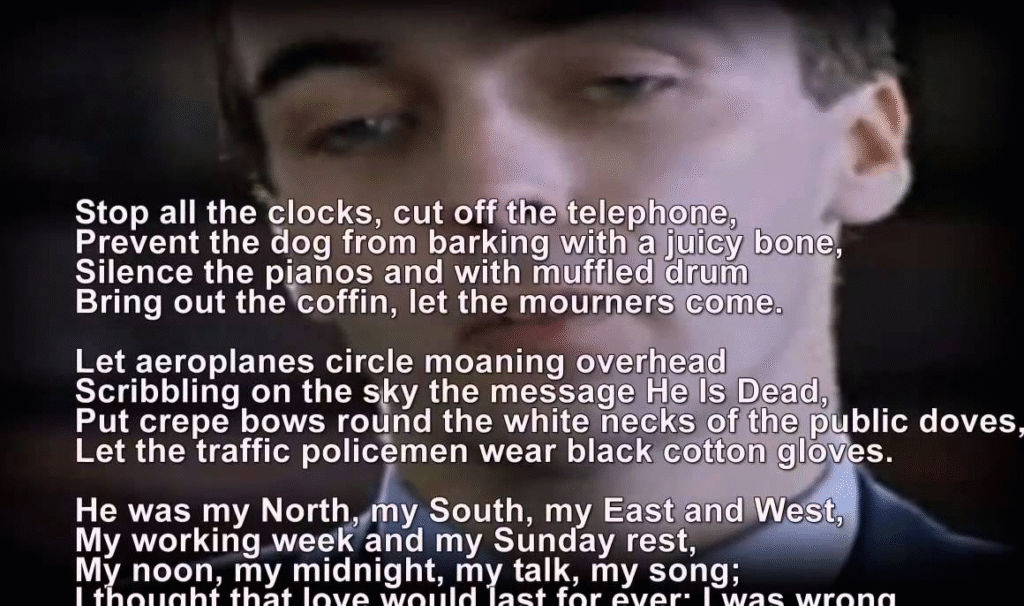
I smiled, like I always do when he misunderstands me.
“Everyone should have a say in their end,” I said.
“You always want to choose the restaurant.
This is the last reservation.”
He didn’t laugh.
He turned back to his papers and said something about grading being its own kind of death.

I’ve booked the flights.
Three weeks.
Bob is still resisting the idea of all the cemetery visits, but I think he’ll come around.
He always does.
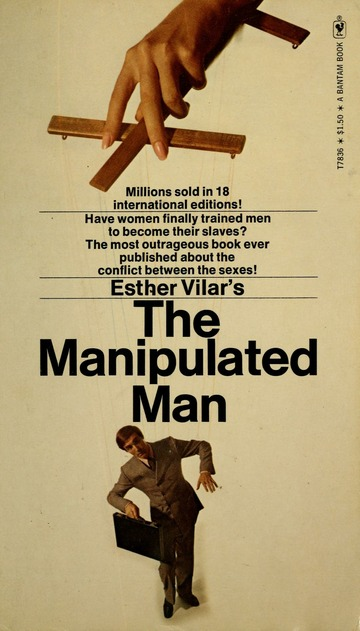
And even if he doesn’t, Paris can hold us both.
There are places in that city where time breathes slower.
I want to stand still in those places.
I want to whisper names aloud that haven’t been said in decades.
I want to feel my boots on cobblestone and know I’ve walked into memory.
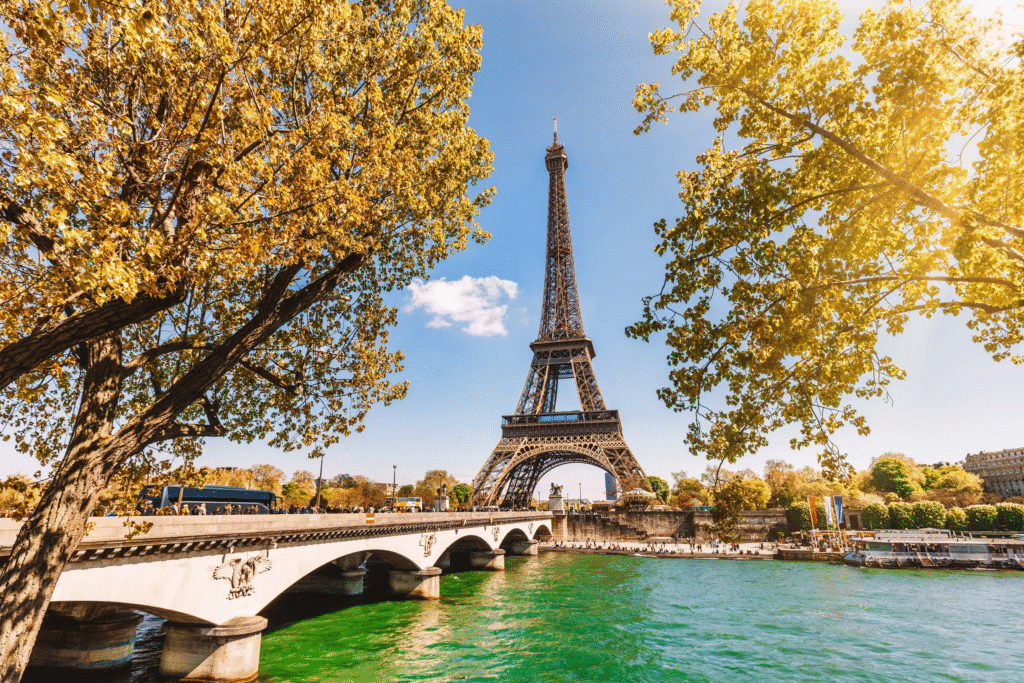
It’s strange.
When I was younger, I thought love was found in the noise —laughter, kisses, shared music.
But I think now it lives in the quiet moments, the way Bob gently lifts my tea mug to warm it again, the way he tells me the name of someone I’ve never heard of because it matters to him.
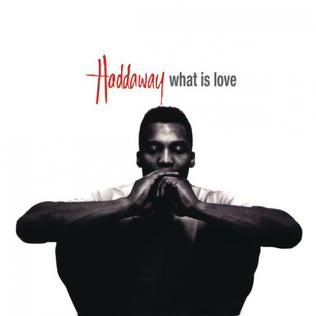
What is love?
Oh, baby, don’t hurt me
Don’t hurt me no more
Oh, baby, don’t hurt me
Don’t hurt me no more
What is love? Yeah
What is love?
Oh, I don’t know why you’re not fair
I give you my love but you don’t care
So what is right and what is wrong
Give me a sign
What is love?
Oh, baby, don’t hurt me
Don’t hurt me no more
Oh, baby, don’t hurt me
Don’t hurt me no more
What is love?
What is love?
Oh, I don’t know what can I do
What else can I say, it’s up to you
I know we’re one, just me and you
I can’t go on
I want no other, no other lover
This is our life, our time
When we are together, I need you forever
Is it love?
Oh, baby, don’t hurt me
Don’t hurt me no more
What is love?
Oh, baby, don’t hurt me
Don’t hurt me no more
What is love?
What is love?
Next week I’ll show him the Paris itinerary.
I’ve left space for museums, cafés, walking.
But the cemeteries are…
Non-negotiable.
Even he will admit, eventually, that death has a strange way of making us feel alive.
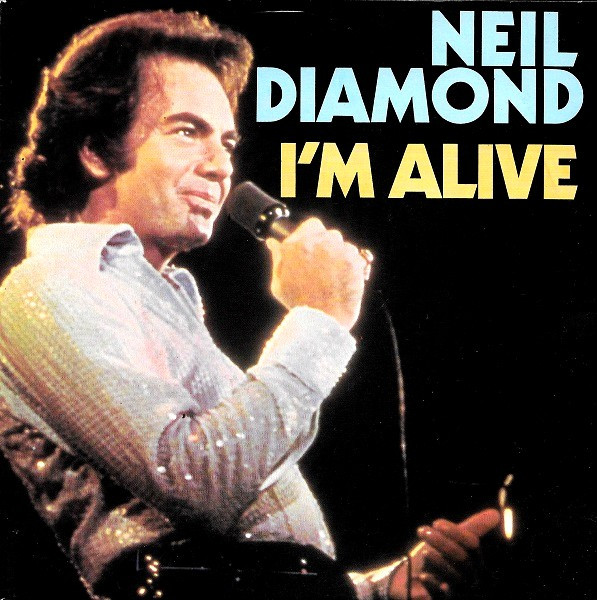
Take a walk
You can hardly breathe the air
Look around
It’s a hard life everywhere
People talk
But they never really care
On the street
There’s a feeling of despair
But everyday
There’s a brand new baby born
And everyday
There’s the sun to keep you warm
And it’s alright
Yeah, it’s alright
I’m alive
And I don’t care much for words of doom
If it’s love you need
Well I’ve got the room
It’s a simple thing
That came to me when I found you
I’m alive
I’m alive
Every night
On the streets of Hollywood
Pretty girls
Want to give you something good
Love for sale
It’s a lonely town at night
Therapy
For a heart misunderstood
But look around
There’s a a flower on every street
Look around
And it’s growing at your feet
And everyday you can hear me say
That I’m alive
I wanna take all that life has got to give
All I need is someone to share it with
I’ve got love
And love is all I really need to live
I’m alive
I’m alive
And everyday
There’s a brand new baby born
And every way
There’s enough to keep you warm
And it’s okay
And I’m glad to say
That I’m alive
And I don’t care much for words of doom
If it’s love you got, well I’ve got the room
It’s a simple thing
That came to me when I found you
I’m alive
I’m alive
I wanna take all that life has got to give
All I need is someone to share it with
I’ve got love
And love is all I really need to live
I’m alive
I’m alive
And I don’t care much for words of doom
If it’s love you need
Well I’ve got the room
It’s a simple thing that came to me
And thank God, I’m alive
I can take all that life has got to give
If I got someone to share it with
I got love and love is all you really need
I’m alive
March 15 – Ursula’s Journal
Fort Qu’Appelle, Saskatchewan
The snow is half-melted, half-resigned.
It clings to the northern sides of buildings like a child not yet ready to let go of winter’s coat.
I walked to work this morning under a sky the color of dishwater, thinking:
March is neither here nor there.
It’s the in-between month, too weary to be winter, too shy to be spring.
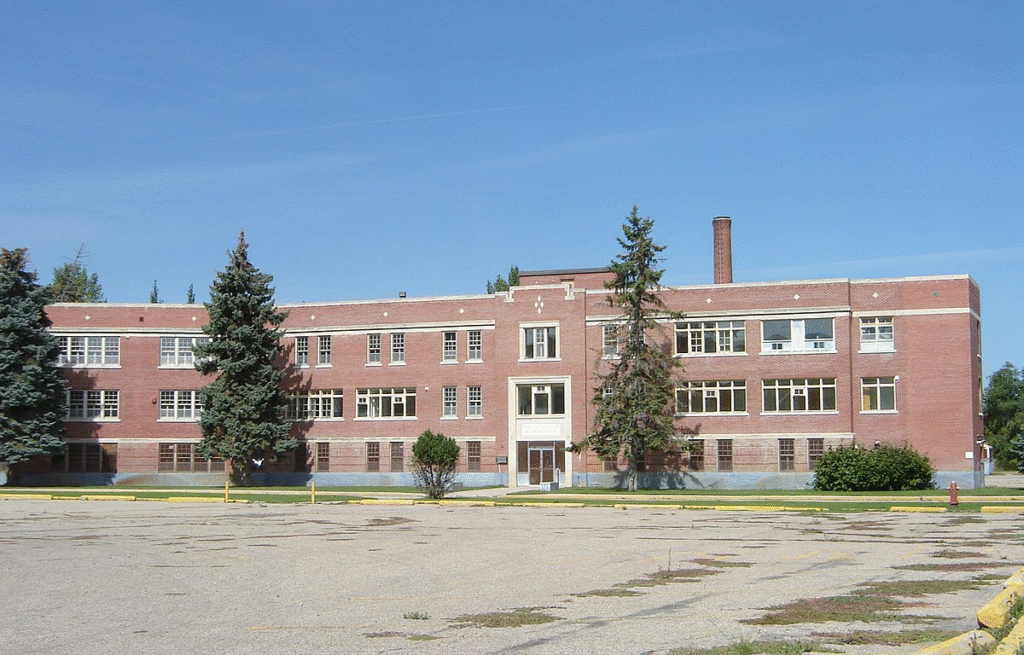
Above: All Nations Healing Hospital, Fort Qu’Appelle
There was a patient — Mrs. Fournier, French-Canadian, very old— who whispered to me as I changed her bandage:
“I will die on Sunday.”
I smiled, gently.
“That’s tomorrow,” I said.
She nodded and closed her eyes.
I believed her.
She had that look — like a bird who’s flown long enough and sees the perch coming.
I think Bob would have found her unnerving.
He thinks my comfort with death is unnatural.
But I see it every day.
The way the body lets go.
The way it exhales one final time and the room becomes heavier, yet somehow quieter.
Death isn’t cruel.
Illness is cruel.
Pain is cruel.
Death is just…
Merciful.
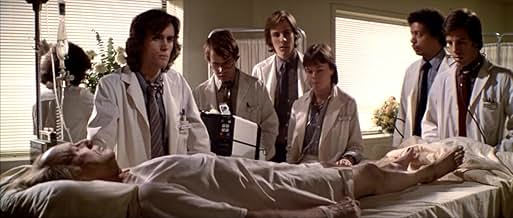
Above: Scene from Whose Life Is It Anyway? (1981)
We are still speaking of Paris, but less now with excitement and more with accommodation.
He doesn’t say it, but I can feel he would rather go somewhere else.

Florence, maybe.
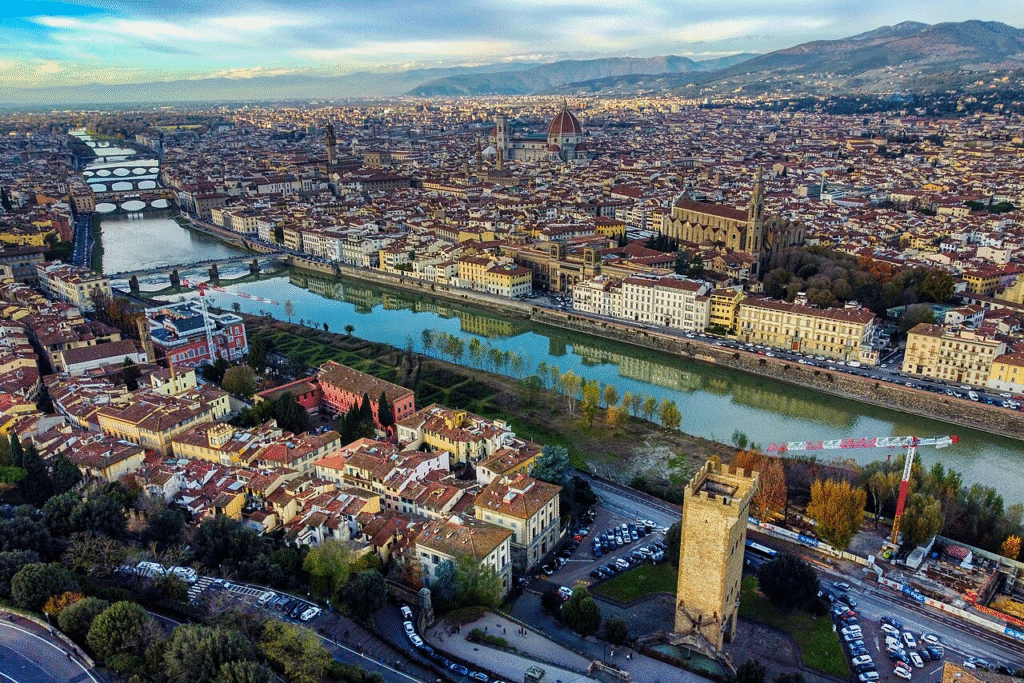
Above: Firenze (Florence), Italia (Italy)
Or Barcelona.
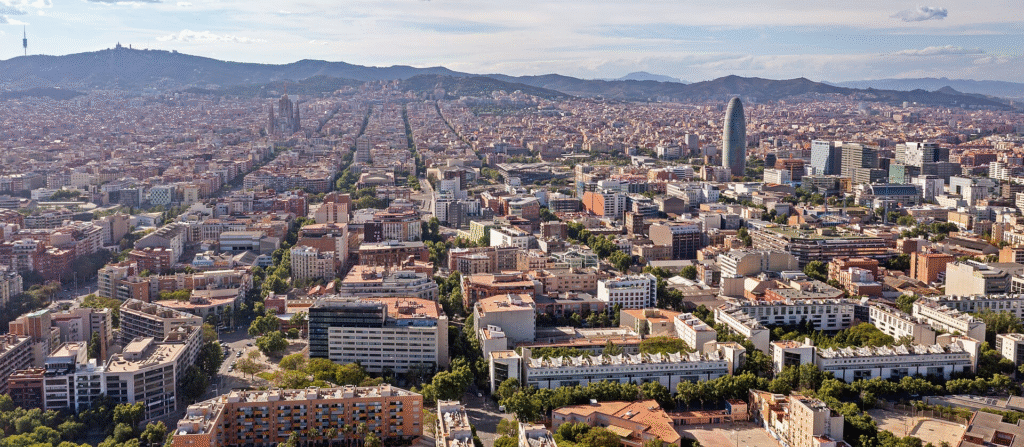
Above: Barcelona, España (Spain)
Somewhere loud and sun-drenched and full of color.
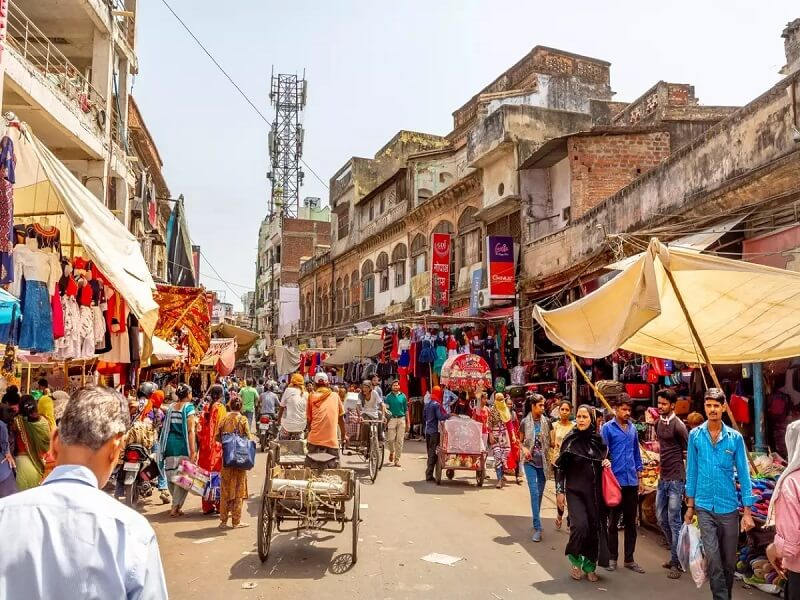
Above: Delhi, India
He doesn’t understand why I want to walk among the dead.
But it isn’t about death, really.
It’s about remembrance.
These cemeteries — Montparnasse, Père Lachaise, Montmartre — they hold stories.
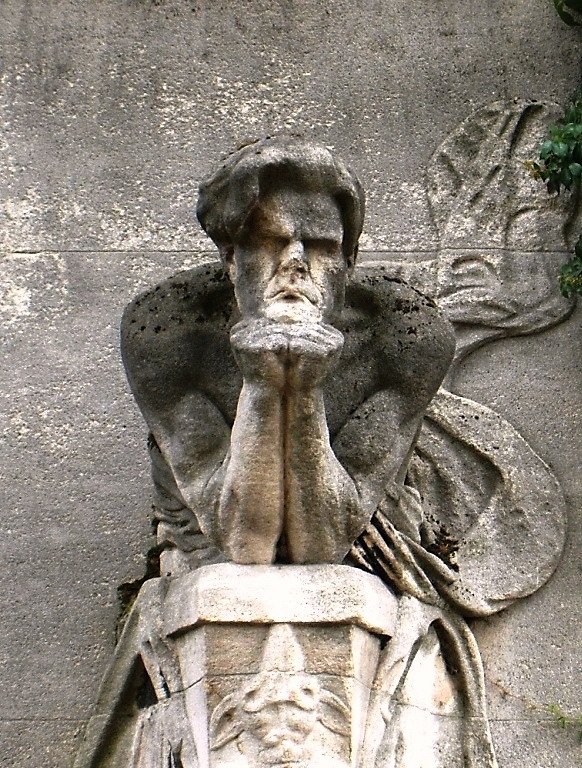
Above: Cenotaph of French poet Charles Baudelaire (1821 – 1867), Montparnasse Cemetery
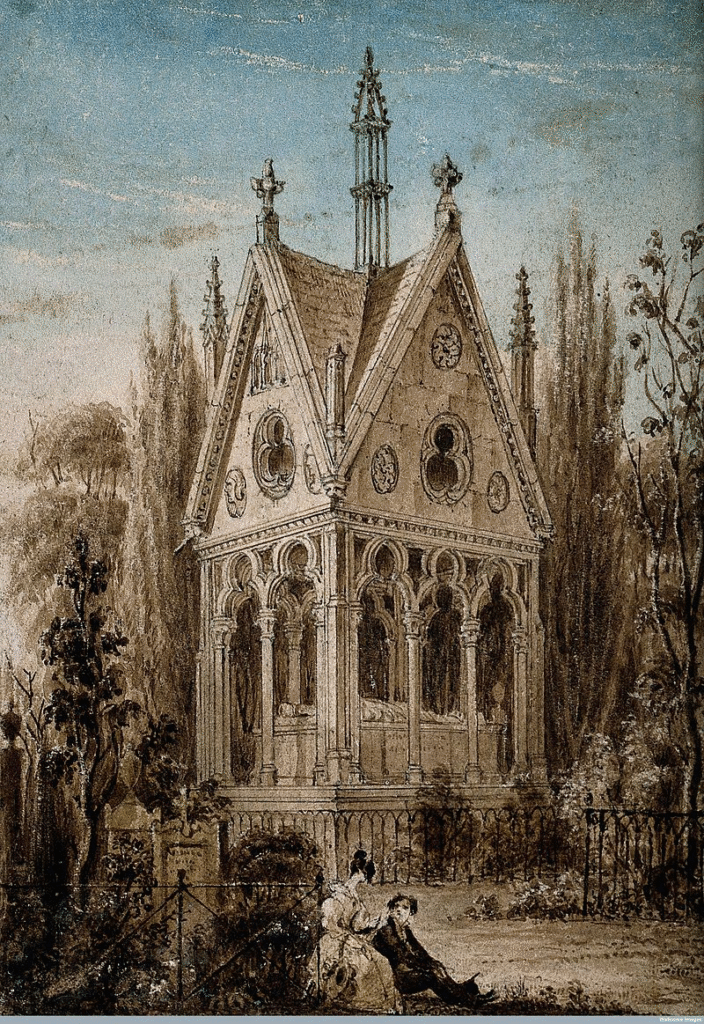
Above: Tomb of French philosopher Pierre Abelard (1079 – 1142) and French Abbess Héloïse (1092 – 1164), Père Lachaise Cemetery
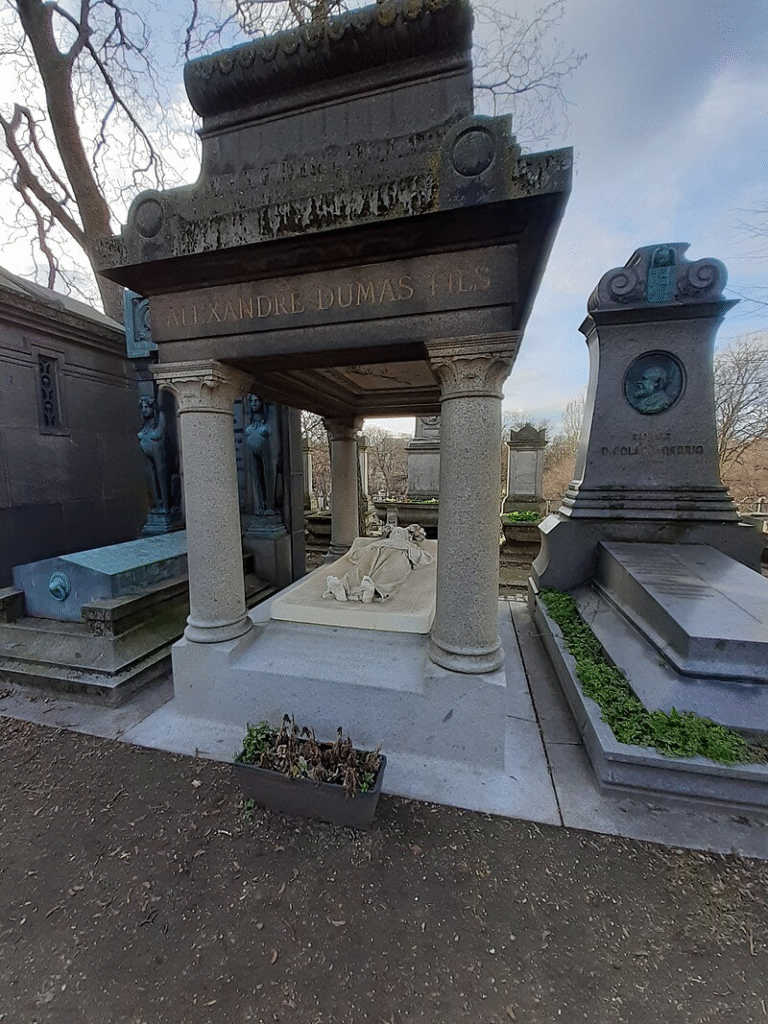
Above: Tomb of French writer Alexandre Dumas (son)(1824 – 1895), Montmartre Cemetery
Sculpted sorrow.
Stone angels who do not blink.

It’s a kind of still music I can’t explain to him.
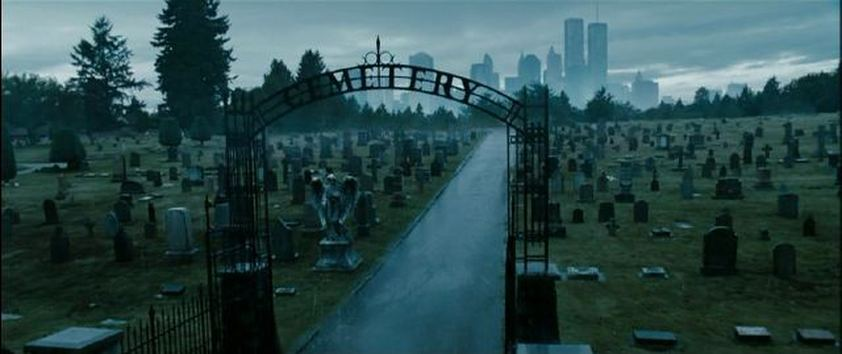
Above: Scene from Watchmen (2009)
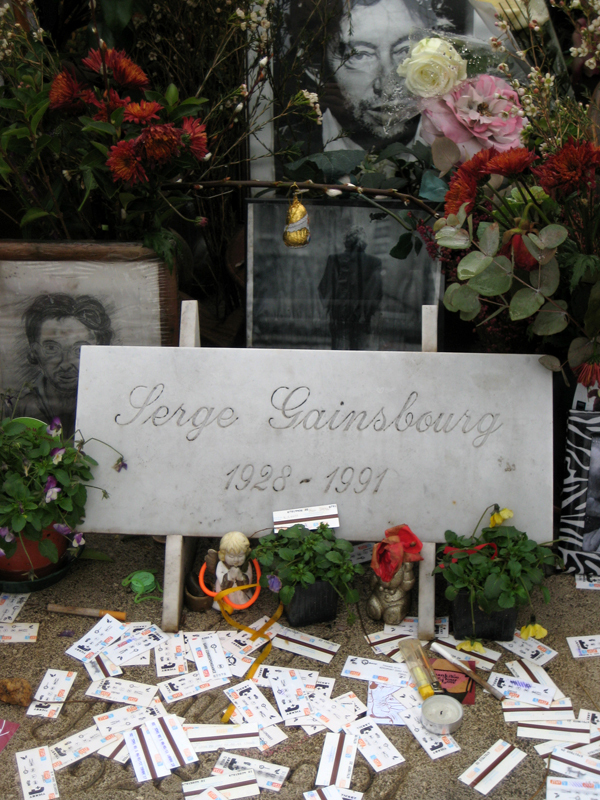
Above: Grave of French musician Serge Gainsbourg, Montparnasse
When I was nine, we visited Dachau.
My school insisted.
I remember the grey sky, the smell of stone and silence.
I cried without knowing exactly why.
A teacher said,
“You cry because you are German.
You carry a weight.”
I’ve never forgotten that.
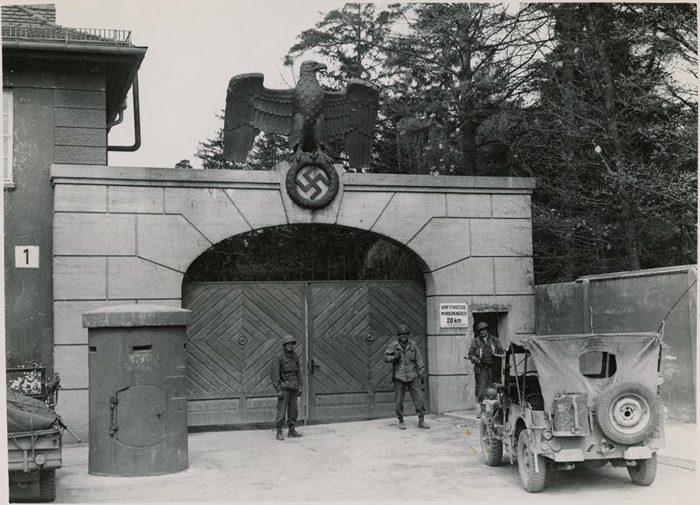
Above: Entry to Dachau Concentration Camp, Dachau, Bayern (Bavaria), Deutschland (Germany)
Even now, when I see a vandalized grave, I feel a deep trembling.
The dead cannot defend themselves.
Perhaps that’s why I light candles.
Why I walk slowly in cemeteries.
Not out of morbidity.
Out of apology.
Out of awe.
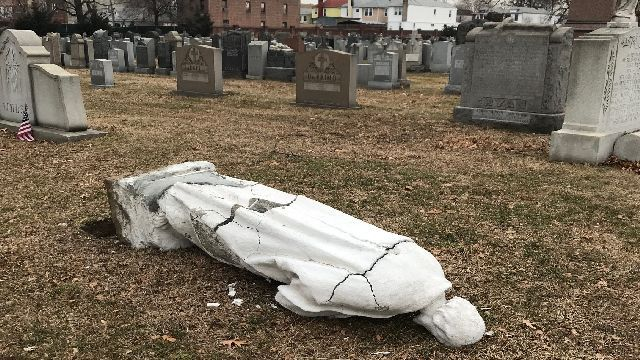
Bob tells me I romanticize things too much.
I say he intellectualizes too much.
We meet somewhere in the middle:
Over tea, over the crossword, over quiet hours.
He is good, this man.
He tries to understand.
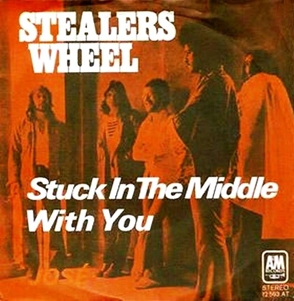
Well, I don’t know why I came here tonight
I’ve got the feeling that something ain’t right
I’m so scared in case I fall off my chair
And I’m wondering how I’ll get down the stairs
Clowns to the left of me
Jokers to the right
Here I am, stuck in the middle with you
Yes, I’m stuck in the middle with you
And I’m wondering what it is I should do
It’s so hard to keep this smile from my face
Losing control, yeah, I’m all over the place
Clowns to the left of me
Jokers to the right
Here I am, stuck in the middle with you
When you started off with nothing
And you’re proud that you’re a self-made man
And your friends, they all come crawling
Slap you on the back and say
“Please, please“
Trying to make some sense of it all
But I can see, it makes no sense at all
Is it cool to go to sleep on the floor?
‘Cause I don’t think that I can take anymore
Clowns to the left of me
Jokers to the right
Here I am, stuck in the middle with you
When you started off with nothing
And you’re proud that you’re a self-made man
And your friends, they all come crawling
Slap you on the back and say
“Please, please“
Well, I don’t know why I came here tonight
I’ve got the feeling that something ain’t right
I’m so scared in case I fall off my chair
And I’m wondering how I’ll get down the stairs
Clowns to the left of me
Jokers to the right
Here I am, stuck in the middle with you
Yes, I’m stuck in the middle with you
Stuck in the middle with you
Here I am, stuck in the middle with you
I think Paris will be good for us, even if he grumbles.
I have already picked out the first cemetery we’ll visit.
Montparnasse.
I have a list.

I’ve been reading about Susan Sontag and Baudelaire, and a sculptor named Brâncuși whose grave is supposed to be simple and profound.
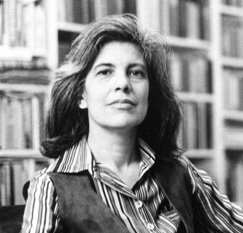
Above: American writer Susan Sontag (1933 – 2004)
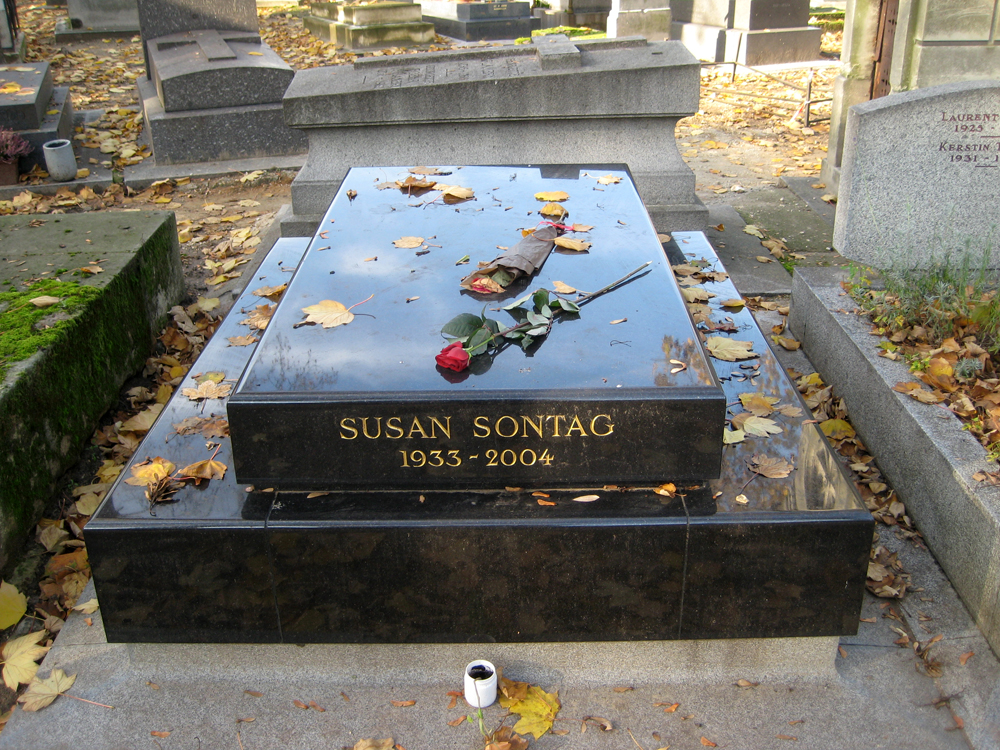
Above: Grave of Susan Sontag, Montparnasse Cemetery, Paris

Above: French poet Charles Baudelaire (1821 – 1867)
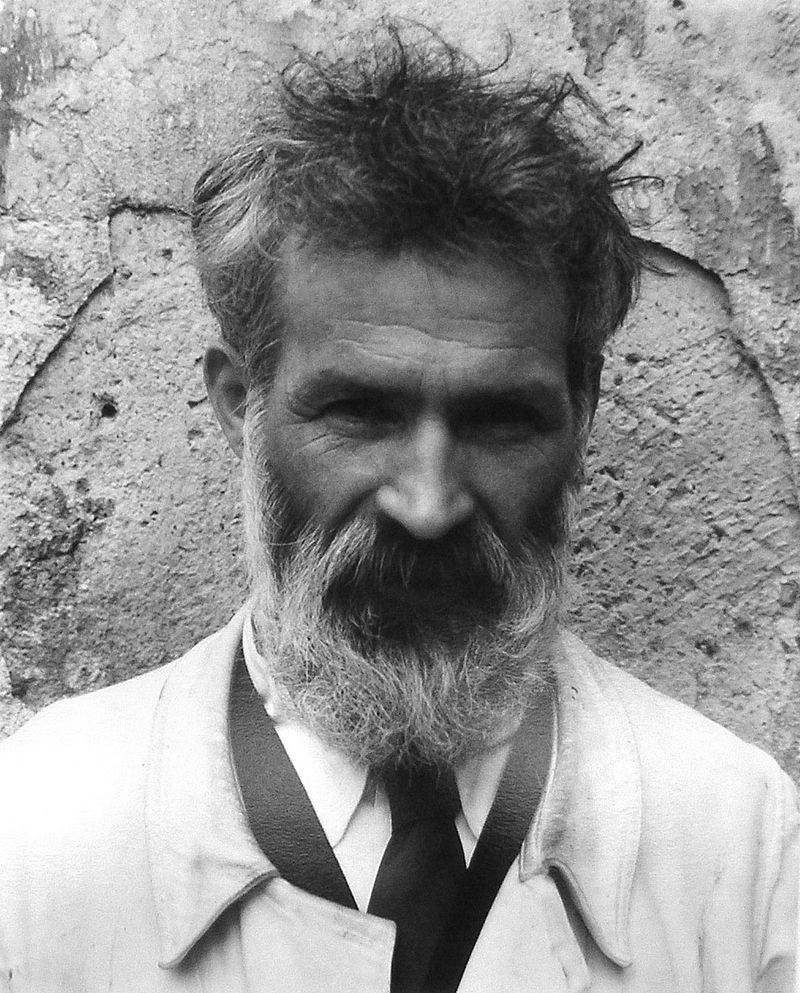
Above: Romanian artist Constantin Brâncuși (1876 – 1957)
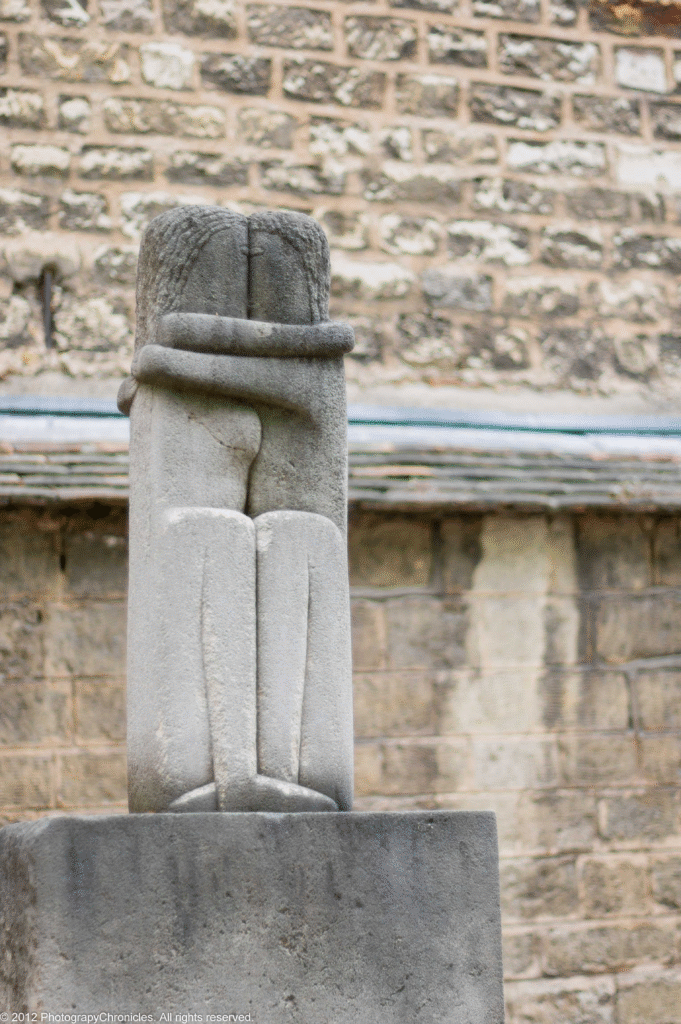
Above: Constantin Brâncuși’s “The Kiss“, Montparnasse Cemetery
I don’t want to rush it.
I want to linger.
I hope he will walk with me at least a little.
If not…
I will walk alone.
I have before.

I walk a lonely road
The only one that I have ever known
Don’t know where it goes
But it’s home to me, and I walk alone
I walk this empty street
On the Boulevard of Broken Dreams
Where the city sleeps
And I’m the only one, and I walk alone
I walk alone, I walk alone
I walk alone, I walk a-
My shadow’s the only one that walks beside me
My shallow heart’s the only thing that’s beating
Sometimes, I wish someone out there will find me
Till then, I walk alone
Ah-ah, ah-ah, ah-ah, ah-ah
Ah-ah, ah-ah, ah-ah
I’m walking down the line
That divides me somewhere in my mind
On the borderline
Of the edge, and where I walk alone
Read between the lines
What’s fucked up, and everything’s alright
Check my vital signs
To know I’m still alive, and I walk alone
I walk alone, I walk alone
I walk alone, I walk a-
My shadow’s the only one that walks beside me
My shallow heart’s the only thing that’s beating
Sometimes, I wish someone out there will find me
Till then, I walk alone
Ah-ah, ah-ah, ah-ah, ah-ah
Ah-ah, ah-ah, I walk alone, I walk a-
I walk this empty street
On the Boulevard of Broken Dreams
Where the city sleeps
And I’m the only one, and I walk a-
My shadow’s the only one that walks beside me
My shallow heart’s the only thing that’s beating
Sometimes, I wish someone out there will find me
Till then, I walk alone
March 22 – Bob’s Journal
Fort Qu’Appelle, Saskatchewan
Three crows on the fence this morning, watching the backyard like judges on a tribunal.
Ursula says I anthropomorphize too much.
Maybe.
But there’s something in the eyes of crows — some kind of knowing.
They look like they’ve seen it all before.
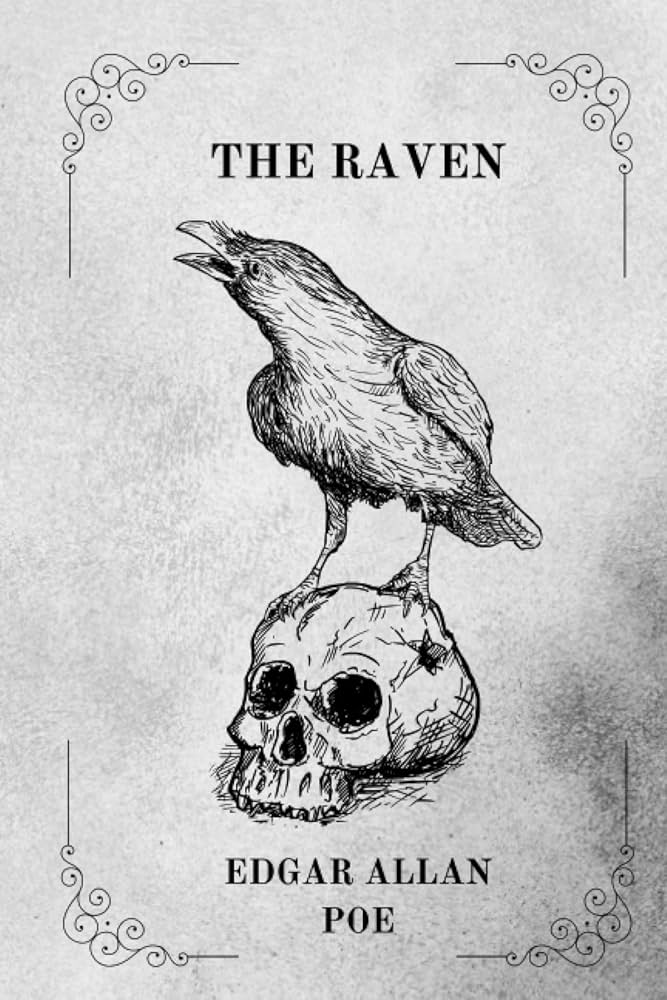
I gave my Grade 11s a debate assignment:
Was the legacy of John A. Macdonald ultimately positive or negative?
Predictably, the room split right down the middle.
On one side:
Confederation, railways, “the birth of a nation”.
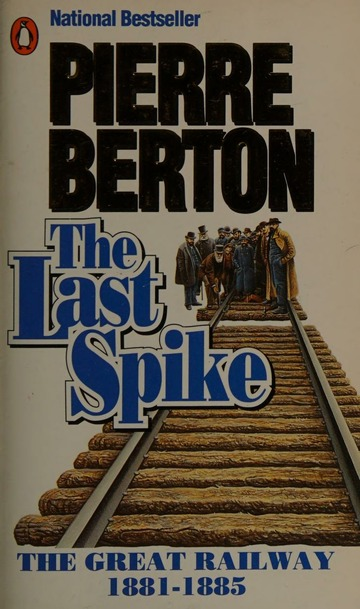
There was a time in this fair land when the railroad did not run
When the wild majestic mountains stood alone against the sun
Long before the white man and long before the wheel
When the green dark forest was too silent to be real
But time has no beginning and the history has no bound
As to this verdant country they came from all around
They sailed upon her waterways and they walked the forest tall
Built the mines, mills and the factories for the good of us all
And when the young man’s fancy was turned into the spring
The railroad men grew restless for to hear the hammers ring
Their minds were overflowing with the visions of their day
And many a fortune lost and won and many a debt to pay
For they looked in the future and what did they see?
They saw an iron road runnin’ from the sea to the sea
Bringin’ the goods to a young growin’ land
All up from the seaboards and into their hands
Look away sad days
Across this mighty land
From the eastern shore
To the western strand
Bring in the workers and bring up the rails
We got to lay down the track and tear up the trails
Open your heart, let the life blood flow
We got to get on our way ’cause we’re movin’ too slow
Bring in the workers and bring up the rails
We’re gonna lay down the tracks and tear up the trails
Open your heart, let the life blood flow
We got to get on our way ’cause we’re movin’ too slow
Get on our way ’cause we’re movin’ too slow
Behind the blue Rockies the sun is declinin’
The stars they come stealin’ at the close of the day
Across the wide prairies our loved ones lie sleeping
Beyond the dark ocean in a place far away
We are the navvies who work upon the railway
Swingin’ our hammers in the bright blazin’ sun
Livin’ on stew and drinkin’ bad whiskey
Bendin’ our backs ’til the long days are done
We are the navvies who work upon the railway
Swingin’ our hammers in the bright blazin’ sun
Layin’ down track and buildin’ the bridges
Bendin’ our backs ’til the railroad is done
So over the mountains and over the plains
Into the Muskage and into the rain
Up to St. Lawrence on the way to Gaspé
Swingin’ our hammers and drawin’ our pay
Layin’ ’em in and tyin’ ’em down
Away to the bunkhouse and into the town
A dollar a day and a place for my head
A drink to the livin’, a toast to the dead
Oh, the song of the future has been sung
All the battles have been won
On the mountaintops we stand
All the world at our command
We have opened up this soil
With our teardrops and our toil
Oh, there was a time in this fair land when the railroad did not run
When the wild majestic mountains stood alone against the sun
Long before the white man and long before the wheel
When the green dark forest was too silent to be real
When the green dark forest was too silent to be real
And many are the dead men
Too silent to be real
Gordon Lightfoot, “Canadian Railroad Trilogy“
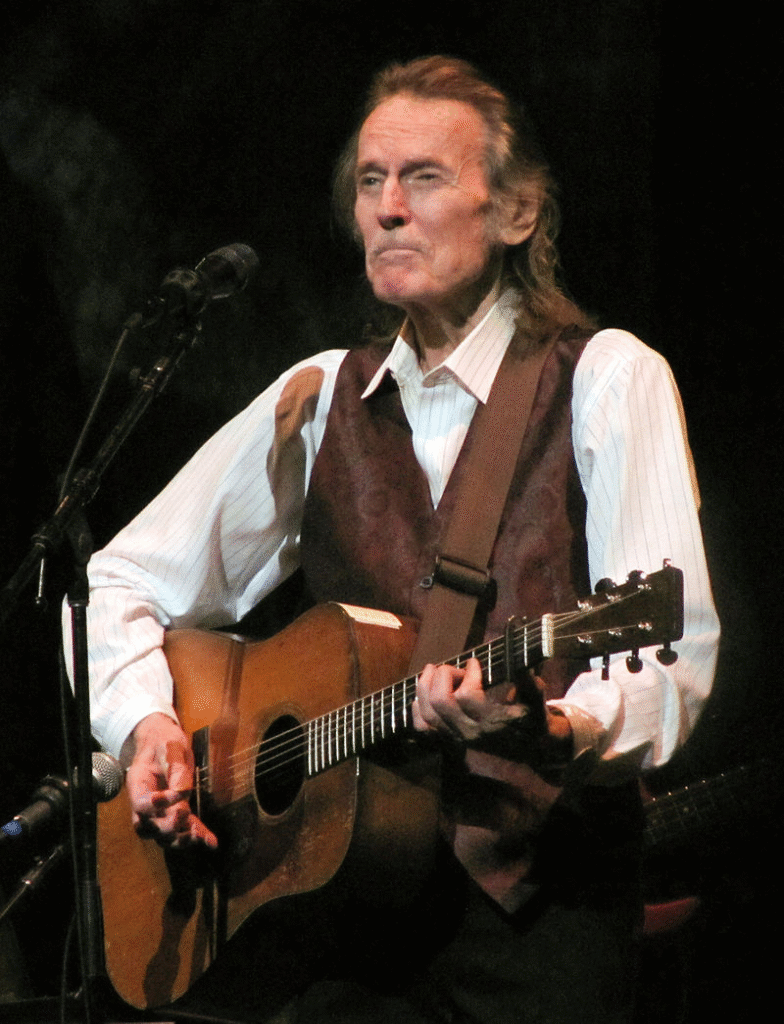
Above: Canadian musician Gordon Lightfoot (1938 – 2023)
On the other:
Residential schools, cultural genocide, systemic injustice.
I told them both arguments were valid.
History is a house full of conflicting tenants.
You don’t have to agree with your ancestors, but you do have to live in the house they built.
It felt a little hollow saying that today.
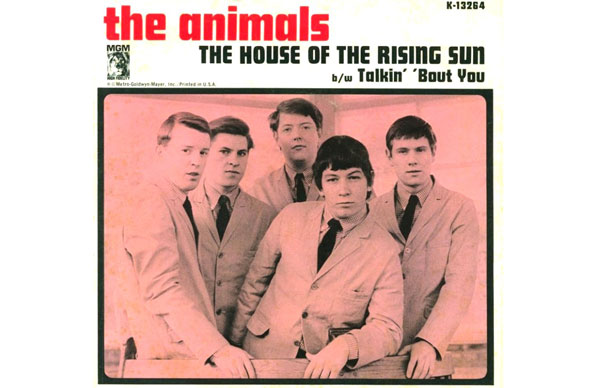
There is a house in New Orleans
They call the Rising Sun
And it’s been the ruin of many a poor boy
Dear God, I know I was one
My mother was a tailor
She sewed my new blue jeans
And my father was a gamblin’ man
Way down in New Orleans
And the only thing a gambler needs
Is a suitcase and a trunk
And the only time he’s satisfied
Is when he’s a drunk
Oh, mother, tell your children
Not to do what I have done
To spend your lives in sin and misery
In the House of the Rising Sun
I got one foot on the platform
And another on the train
And I’m going back to New Orleans
To wear that ball and chain
There is a house in New Orleans
They call the Rising Sun
And it’s been the ruin of many a poor boy
Dear God, I know I was one
Dear God, I know I was the one
Maybe because last night some kid — or kids — spray-painted “History is a lie” across the cemetery gate on 8th Avenue.
That cemetery, where Judge Turner is buried — the same man who delivered one of the early rulings that upheld the Indian Act.
I’ve taught about it.
Dry stuff.
Colonial law.
Most of my students barely remember the name.
But someone remembered.
Someone was angry.
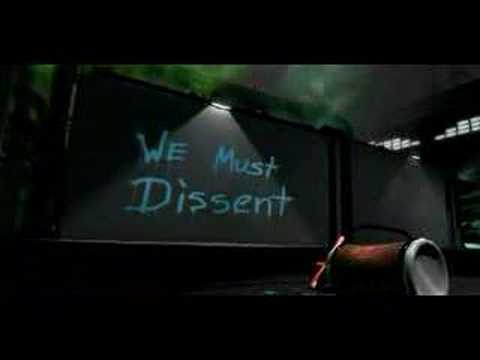
Ursula said she wanted to go see the damage.
I told her it could wait, but she was already lacing up her boots.
When we got there, the graffiti was still fresh — red spray paint, jagged and wide.
The gate was wooden and old.
The paint bled into its cracks like a wound.
It made me think of how pain settles into history.
Like the gate, we carry it in the lines we didn’t carve ourselves.
She stood very still, looking at the grave of the judge.
It was untouched.
The vandal only marked the gate.
But I could tell she felt it — the violation.
I tried to explain that sometimes people deface symbols because they feel unseen.
That rage isn’t logical.
That pain inherited can still feel personal.
She nodded, but I could tell it wasn’t enough.
For her, a grave is a sacred space.
To me, it’s stone.
History isn’t sacred — it’s messy.
Flawed men and incomplete stories.
And if it’s not challenged, it petrifies.
We don’t always speak the same language, she and I.
She finds peace in cemeteries.
I find unease.
I joke that I’m not ready to keep company with the dead.
But the truth is, I’ve spent my whole life surrounded by ghost textbooks, timelines, artifacts.
It’s not death that frightens me.
It’s becoming irrelevant.
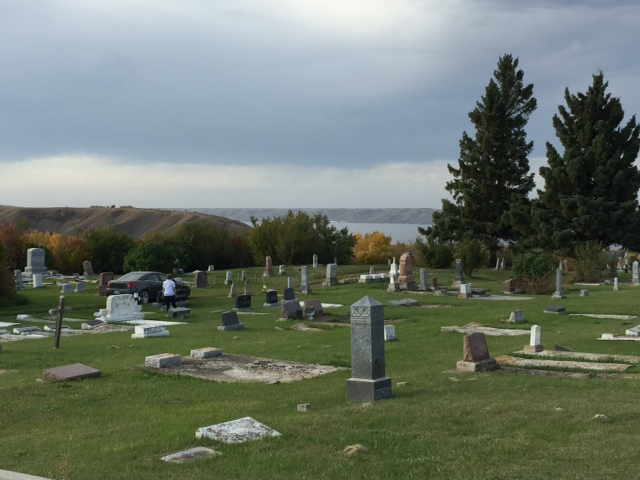
Paris looms closer.
Ursula has made a list of cemeteries and graves she wants to visit.
I haven’t looked at it.
I pretend it’s all the same to me, but it’s not.
I don’t want to walk through another marble garden.
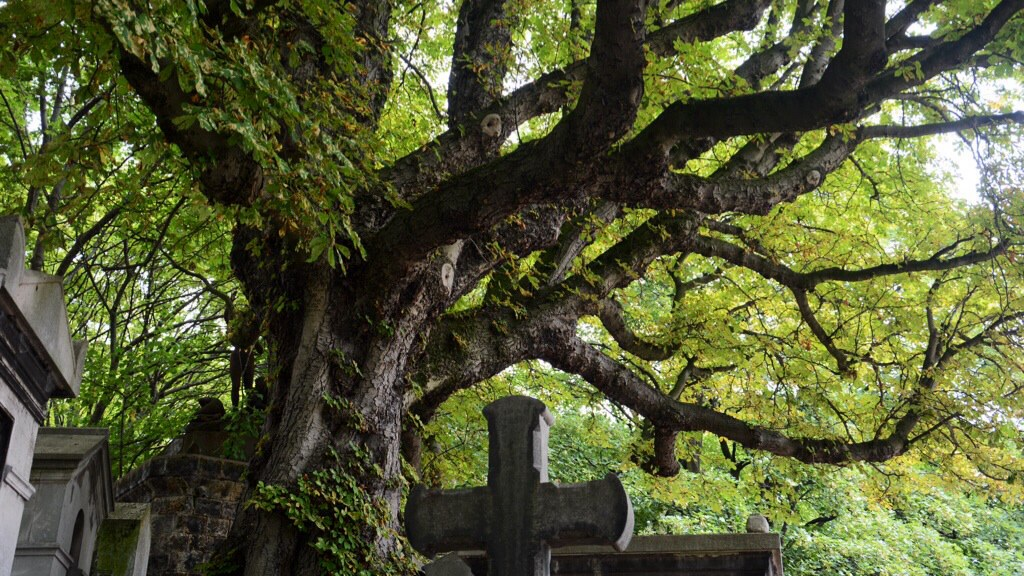
I want to see the Seine.
I want to stand in front of the Winged Victory.
I want to eat overpriced cheese and sit in cafés pretending to be Parisian.
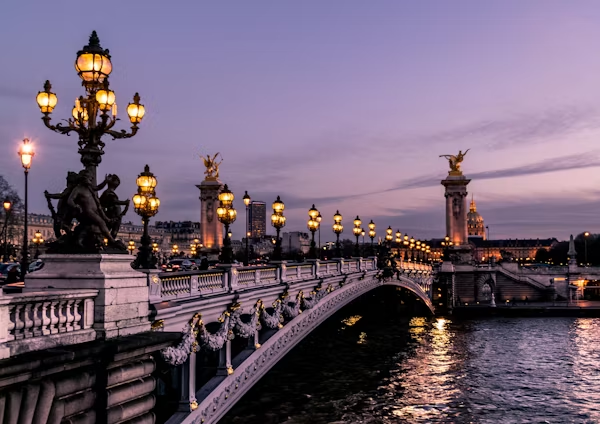
She wants to commune with the dead.
We’re still trying to travel together, though I think we’ve always been traveling apart.
I’ll happily visit Baudelaire if it means we can eat a croissant afterward.

March 29 – Ursula’s Journal
Fort Qu’Appelle, Saskatchewan
I found myself at the cemetery again this morning.
Snow still lines the edges of the path, but the earth beneath is restless, thawing.
The silence was generous.
A few deer watched me from the trees.
They do not fear us here.
Perhaps the dead have taught them that the living are mostly harmless.
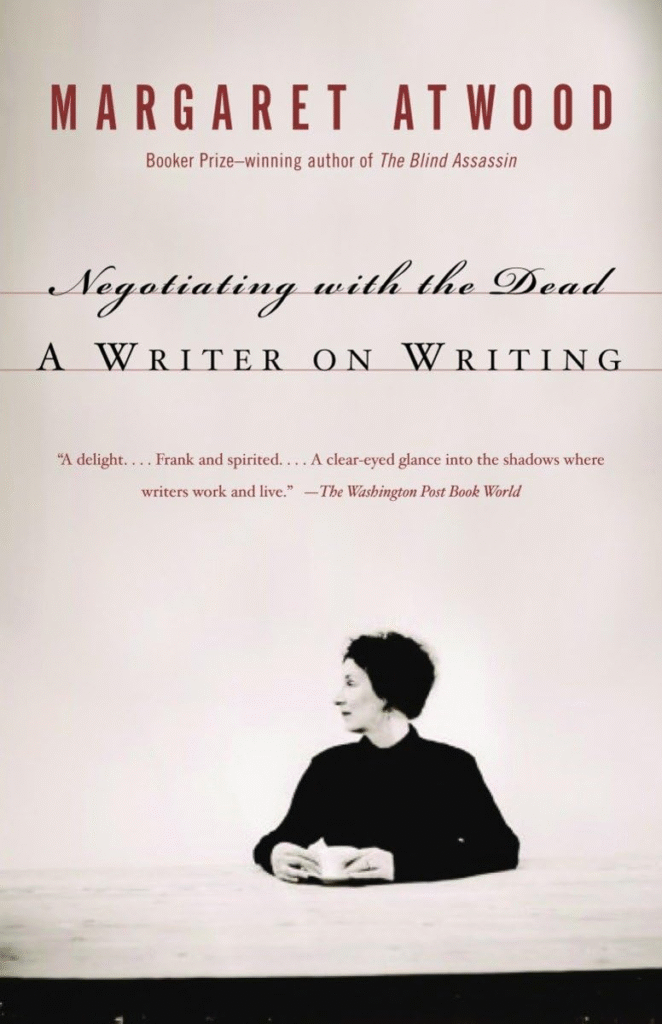
I brought a small bouquet of grocery store tulips — not for anyone in particular.
I placed them on an unmarked grave, one of the older ones, barely legible.
Bob says history matters.
I believe that, but I also believe in the forgotten.
Who mourns the unnamed?
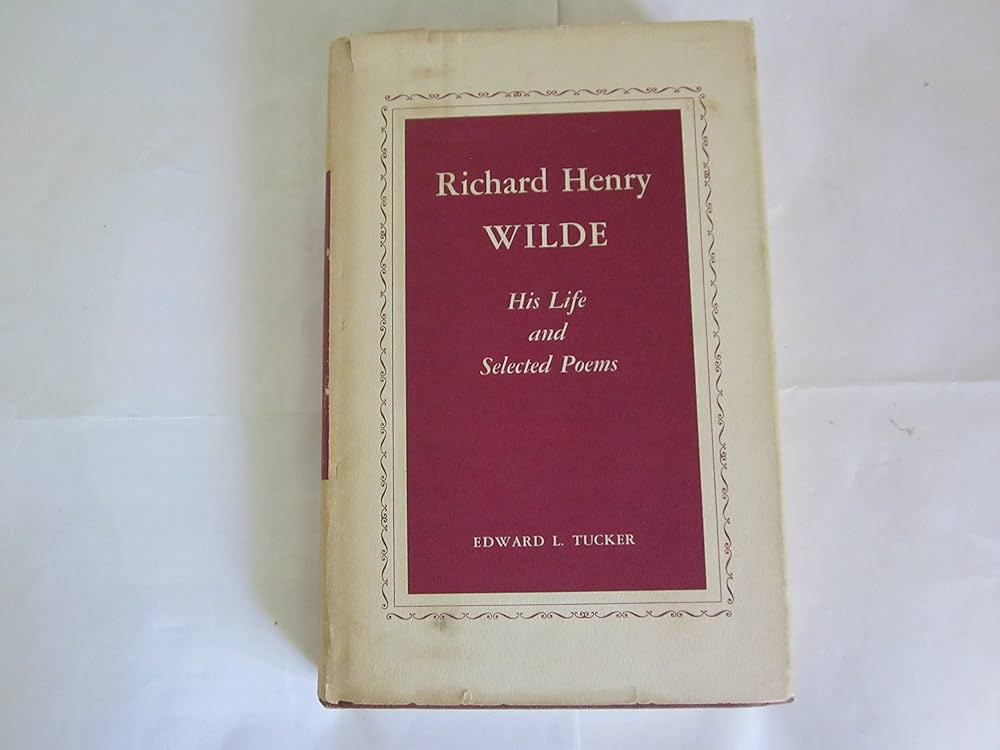
I never bent at Glory’s shrine
To Wealth I never bowed the knee
Beauty has heard no vows of mine
I love thee Ease , and only thee.
Beloved of the Gods and men
Sister of Joy and Liberty
When wilt thou visit me agen
In shady wood or silent glen,
By fading stream or rocky den,
Like those where once I found thee when,
I listened to thy Syren voice
And made thee mistress of my choice?
I chose thee Ease and Glory fled
For me no more her laurels spread
Her golden crown shall never shed
Its beams of splendor on my head,
And when within the narrow bed
To fame and memory ever dead
My wretched corpse is thrown:
Nor stately column sculptur’d bust
Nor urn that holds within its trust
The poor remains of mortal dust
Nor monumental stone…
Nor willow waving in the gale
Nor feeble fence with whitened pale
Nor rustic cross, memorial frail!
Shall mark the grave I own.
But to all future ages lost
Not even a wreck tradition-tost
Of what I was when valued most
By the few friends whose love I boast
In after years shall float to shore
And serve to tell the name I bore.
I chose thee Ease! and Wealth withdrew
Indignant at the choice I made,
And to her first resentment true,
My scorn with tenfold scorn repaid:
And vowed my folly I should rue
In poverty’s benumbing shade.
Now noble palace, lofty dome,
Or cheerful hospitable home,
Are blessings I must never know:
My enemies shall ne’er repine
At pomp or pageantry of mine
Or prove by bowing at my shrine
Their souls are abject base and low;
And worst of all I shall not live
To taste the pleasures wealth can give
When used to soothe another’s woe.
The peasants of my native land
Shall never bless my open hand
No wandering bard shall celebrate
His Patron’s hospitable gate
No war-warn soldier, shattered tar,
Nor exile driven from afar
Nor hapless friend of former years
Nor widows prayers nor orphan’s tears
Nor helpless age relieved from cares
Nor innocence preserved from snares
Nor houseless wanderer clothed and fled,
Nor slave from bitter bondage led,
Nor youth to noble actions bred,
Shall call down blessings on my head.
I chose thee Ease! and yet the while
So sweet was Beautys scornful smile
So fraught with every lovely wile
Yet seemingly, so void of guile,
It did but heighten all her charms:
And Goddess, had I loved thee then.
But with the common love of men
My fickle heart had changed agen
Even at the very moment when
I wooed thee to my longing arms:
For never may I hope to meet
A smile so sweet, so heavenly sweet!
I chose thee Ease! and now for me
No heart shall ever fondly swell
No voice of rapturous harmony
Awake the music-breathing shell
Nor tongue of witching melody
It’s love in faltering accents tell
Nor flushing cheek, nor languid eye
Nor sportive smile nor artless sigh
Confess affection all as well.
No snowy bosom’s fall and rise
Shall e’er again enchant my eyes
No dewy lips profuse of bliss
Shall ever greet me with a kiss
Nor sweet low tone pour in mine ear
The trifles Love delights to hear:
But living loveless, hopeless, I,
Unmourned and unloved must die.
I chose thee Ease! and yet to me
Coy and ungrateful thou hast proved,
Though I have sacrificed for thee
Much that was worthy to be loved.
But come again, and I will yet
Thy past ingratitude forget:
O come again! thy witching powers
Shall charm my solitary hours.
With thee to cheer me heavenly queen,
And conscience clear, and health serene,
And friends and books to banish spleen,
My life should be, as it has been,
A sweet variety of joys:
And Glory’s crown and Beauty’s smile,
And treasured hoards, should seem the while
The idlest of all human toys.
The graffiti was gone, sanded down and painted over.
Cleaned like a child’s scraped knee.
But the wound is still there, isn’t it?
It always is.
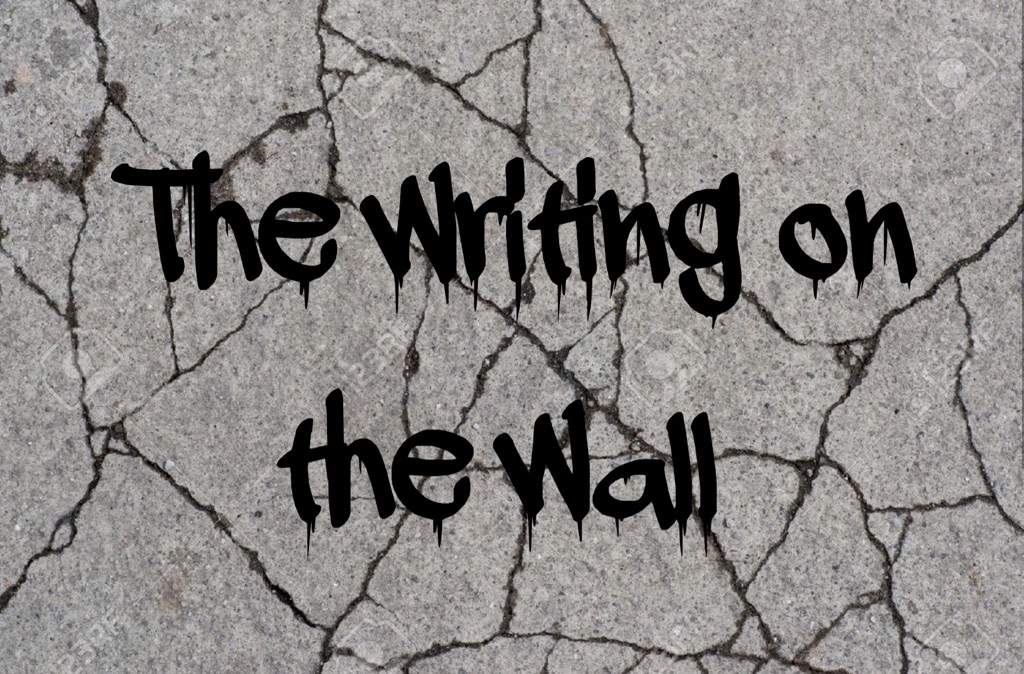
Bob teaches the past.
I work with the present.
We meet in the quiet between.
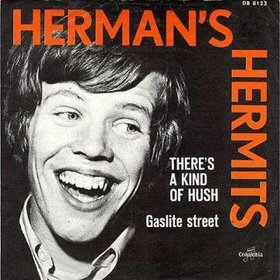
There’s a kind of hush
All over the world tonight
All over the world
You can hear the sound of lovers in love
You know what I mean
Just the two of us and nobody else in sight
There’s nobody else
And I’m feeling good just holding you tight
So listen very carefully
Get closer now and you will see what I mean
It isn’t a dream
The only sound that you will hear
Is when I whisper in your ear
“I love you forever and ever“
There’s a kind of hush
All over the world tonight
All over the world
People just like us have fallen in love
So listen very carefully
Get closer now and you will see what I mean
It isn’t a dream
The only sound that you will hear
Is when I whisper in your ear
“I love you forever and ever“
There’s a kind of hush
All over the world, tonight
All over the world
You can hear the sounds of lovers in love
A girl at the care home died yesterday.
She wasn’t old — 46.
Multiple sclerosis.
Her mother had visited every day.
Today she sat in the hallway holding her daughter’s scarf, not crying, just…
Smaller.
Twisting the fabric slowly between her fingers, like a memory she was afraid would fray.
She left it behind.
I took it home.
If she remembers, I will return it.
Grief shrinks people.
It collapses their height, dims their voice.
You learn to see it, if you spend enough time with the dying.
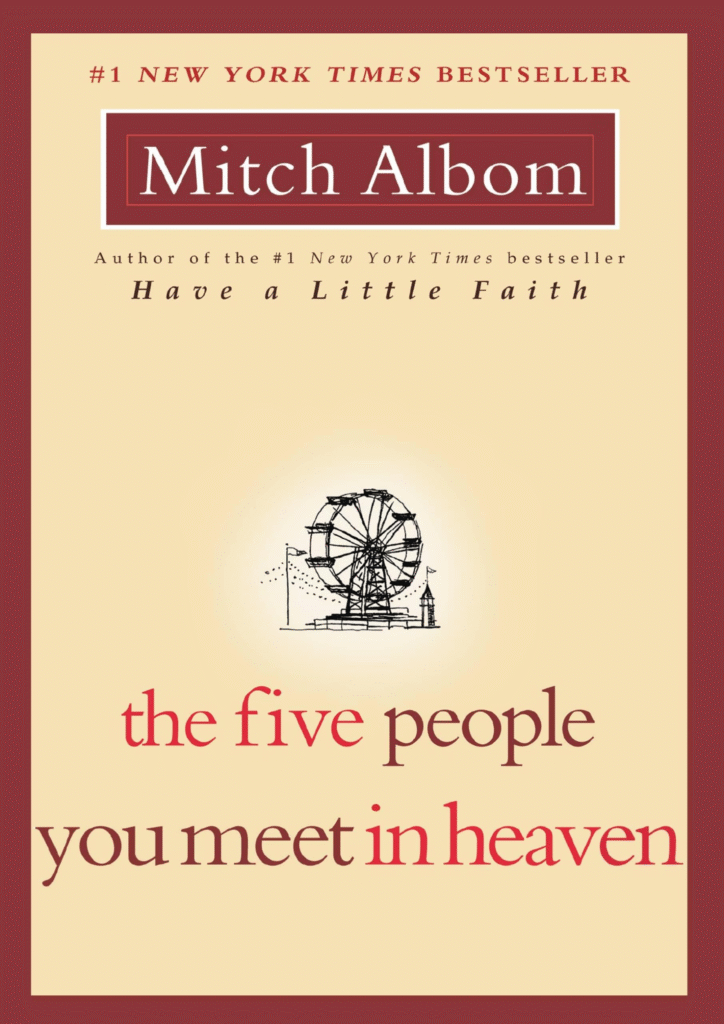
Bob doesn’t like me bringing that home.
He asks why I don’t watch something light before bed.
I think he’s afraid that death is contagious.
I don’t blame him.
We don’t like to name it.
That’s why we say passed, gone, lost.
But I believe death deserves its name.
It is not something to fear.
It is a door, not a wall.
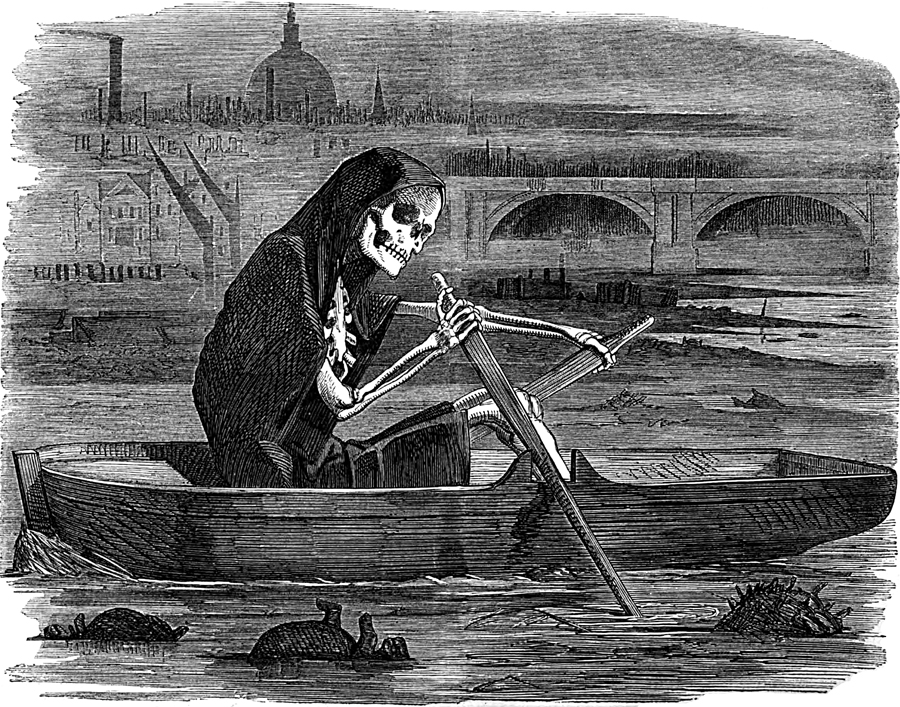
He still hasn’t looked at my Paris list.
Père Lachaise.
Montmartre.
Montparnasse.
The resting places of the thinkers, the poets, the broken-hearted.
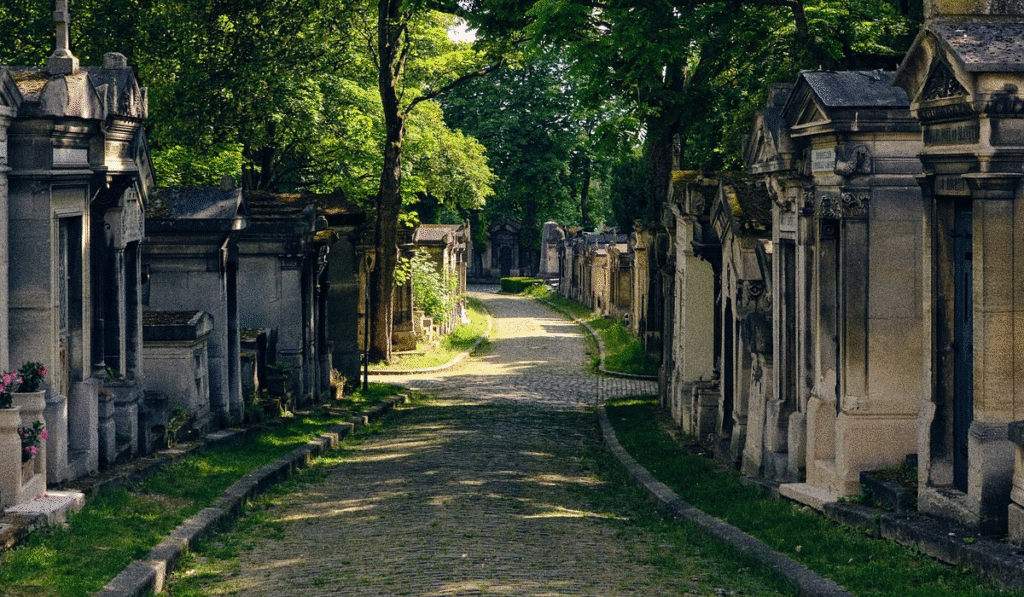
I told him I want to find the grave of Samuel Beckett.
He asked why.
I said:
“Because he wrote:
“I can’t go on, but I will go on.”
That feels like something I live every day.
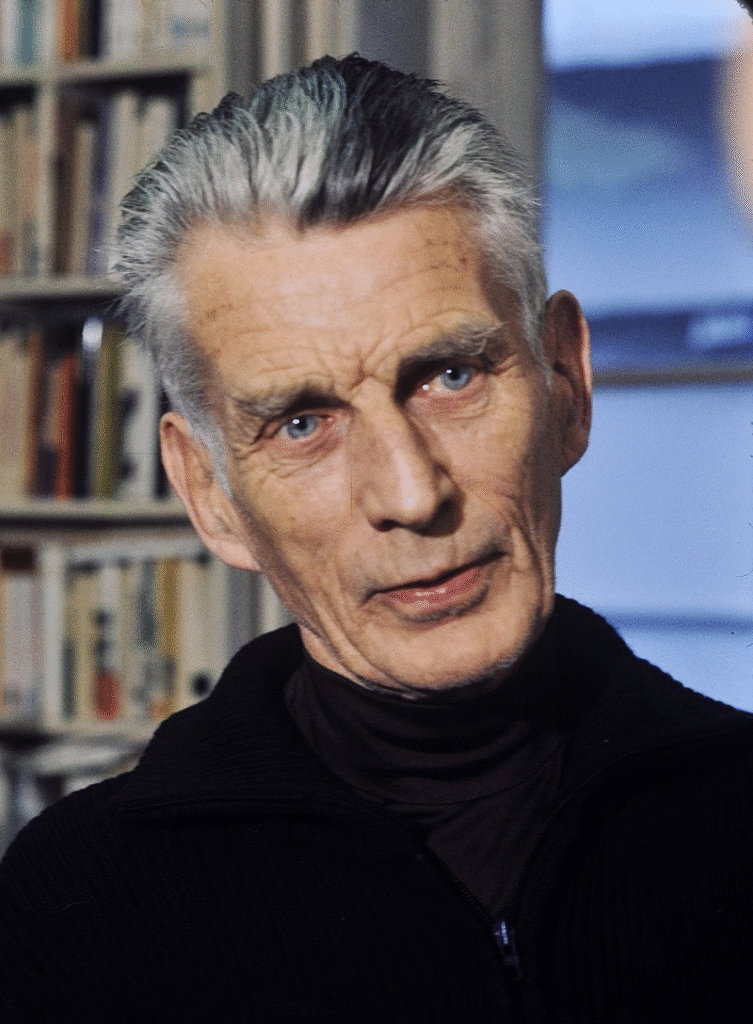
Above: Irish writer Samuel Beckett (1906 – 1989)
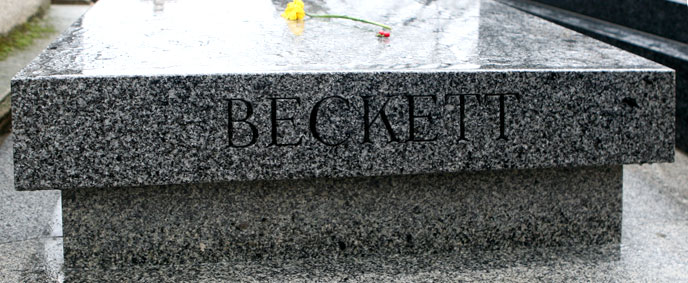
Above: Beckett’s tomb, Montparnasse Cemetery
We are different, Bob and me.
But not incompatible.
He seeks meaning.
I seek stillness.
In cemeteries I find both.
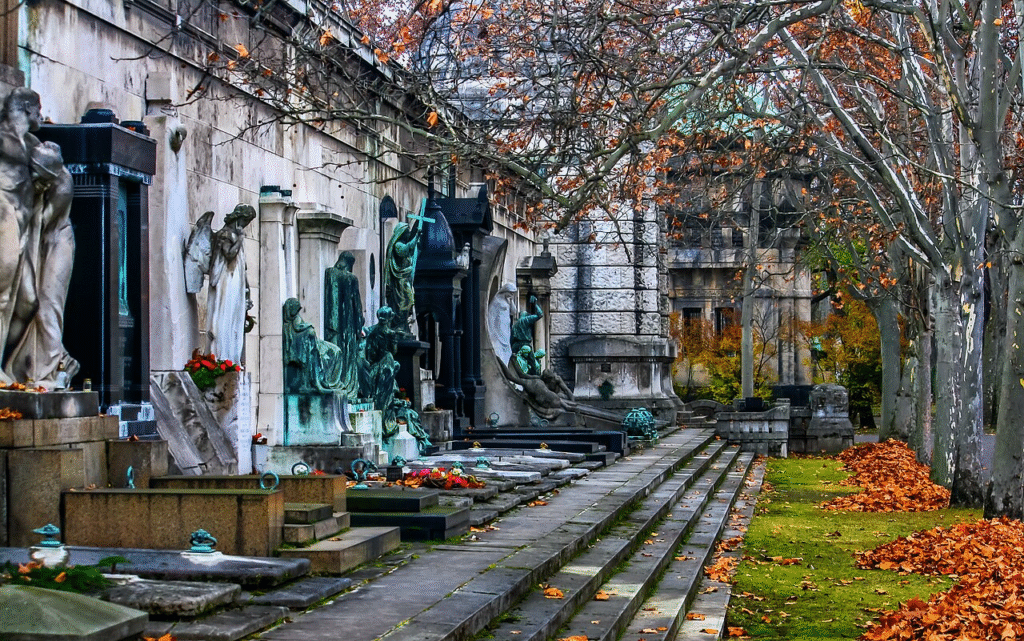
Soon it will be April.
Our trip nears.
I’ve begun packing mentally:
Wool coat, leather-bound notebook, walking shoes.
Bob will bring books, naturally.
I’ll bring patience.

We still share a bed, sometimes, still warm in the same blanket.
But by daylight we diverge.
I wonder if this is how people grow old together — not side by side, but like two rivers meandering in the same valley, only occasionally touching.
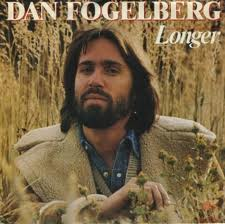
Longer than there’ve been fishes in the ocean,
Higher than any bird ever flew,
Longer than there’ve been stars up in the heavens,
I’ve been in love with you,
Stronger than any mountain cathedral,
Truer than any tree ever grown,
Deeper than any forest primeval,
I am in love with you
I’ll bring fire in the winters’
You′ll send showers in the springs
We′ll fly through the falls and summers with love on our wings
Through the years as the fire starts to mellow
Burning lines in the book of our lives
Though the binding cracks
And the pages start to yellow
I’ll be in love with you
I′ll be in love with you
Longer than there’ve been fishes in the ocean
Higher than any bird ever flown
Longer than there′ve been stars up in the heavens
I’ve been in love with you
I am in love with you
Still, we plan to arrive in Paris hand in hand.
That must count for something.

Above: Scene from Casablanca (1942)
April 1 – Bob’s Journal
Fort Qu’Appelle, Saskatchewan
April Fools’ Day.
My students pranked me by turning all the desks around before I walked in — so I lectured facing the back wall for a solid minute before turning.
They laughed.
I laughed.
It was good-natured.
I’ll remember it.
Still, it’s a strange day.
I’ve never liked the idea of fooling someone for sport.
I spent much of my youth feeling like the fool already —awkward, uncertain, too fond of books, too slow to understand the quick play of social games.
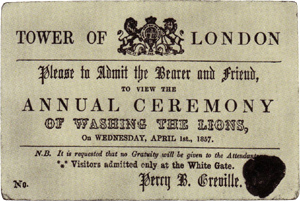
Above: An 1857 ticket to “Washing the Lions” at the Tower of London.
No such event ever took place.
Ursula says the French call today Poisson d’Avril — April fish.
Children tap paper fish on each other’s backs.
Harmless mischief.
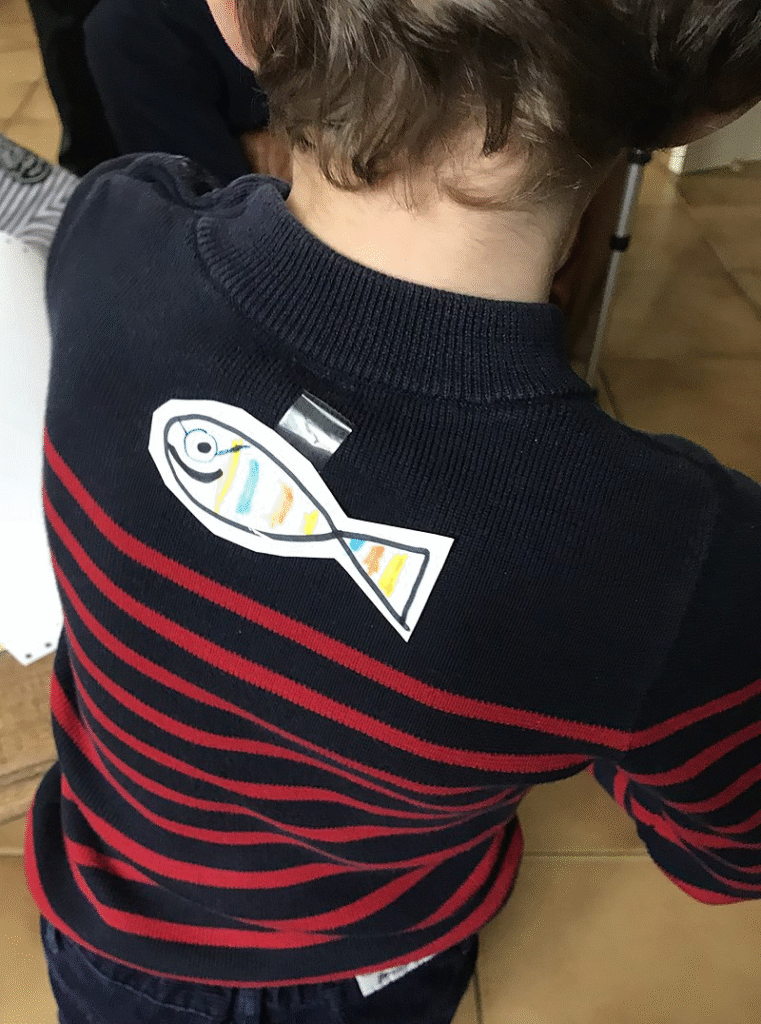
She smiled when she told me this, as if she misses being a child in Germany.
I never really asked what kind of child she was.
I suspect thoughtful.
Watchful.
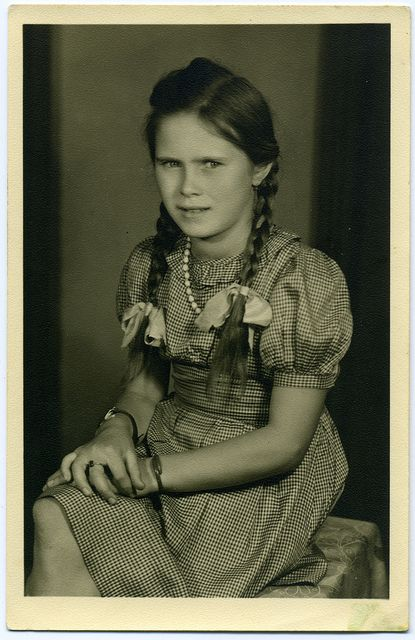
She’s made her cemetery list.
She’s been marking routes on the map.
Montparnasse is circled in red ink.
I haven’t said anything.
I suppose I’m trying to reconcile the fact that my wife is more excited to visit the dead than the living.
I don’t say that to hurt her.
It just puzzles me.
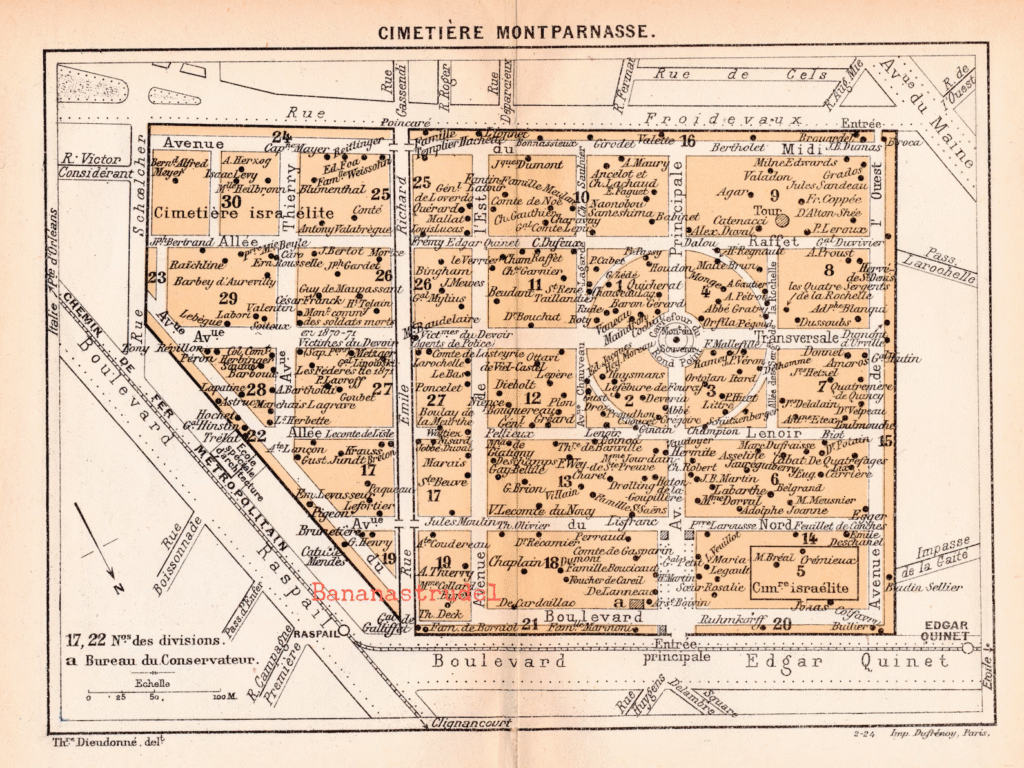
When I think of Paris, I think of cafés, Impressionists and Notre Dame.
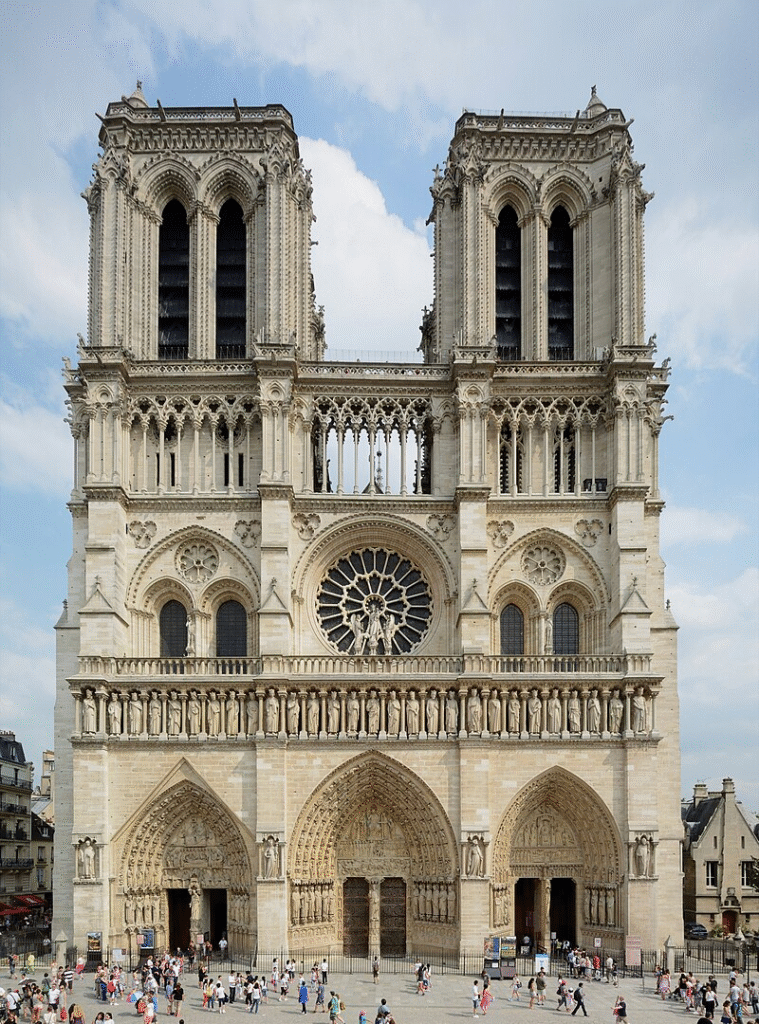
Above: Cathédrale de Notre Dame de Paris
I want to follow Hemingway’s footsteps, sit in Shakespeare and Company with a secondhand copy of A Moveable Feast.
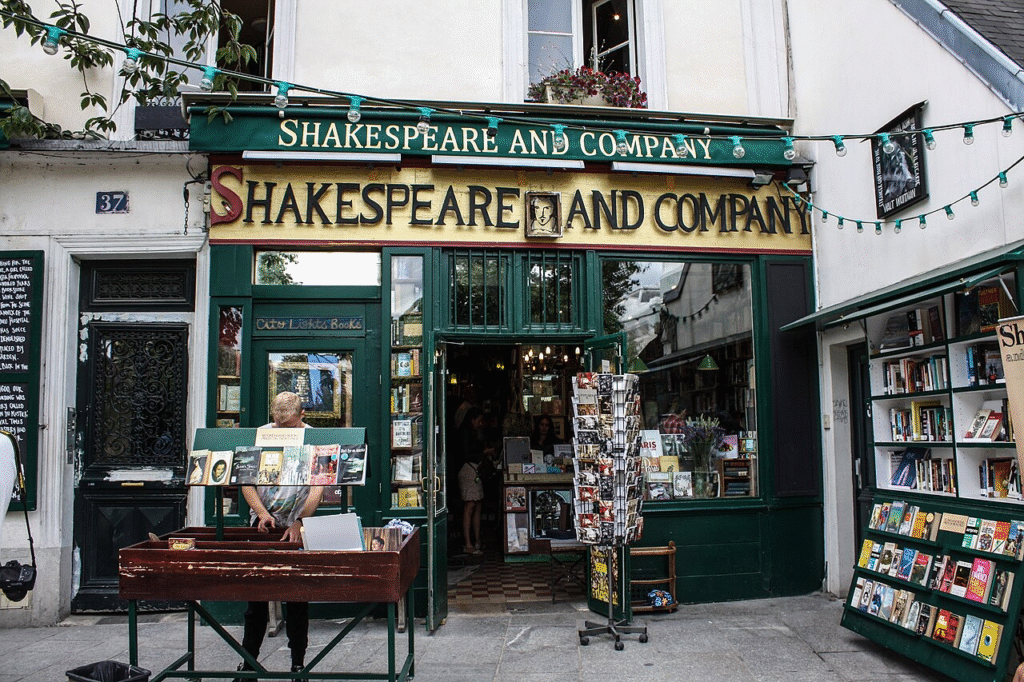
But Ursula wants to find Beckett.
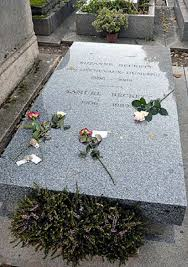
Above: Montparnasse Cemetery
And Sartre.
Simone de Beauvoir.
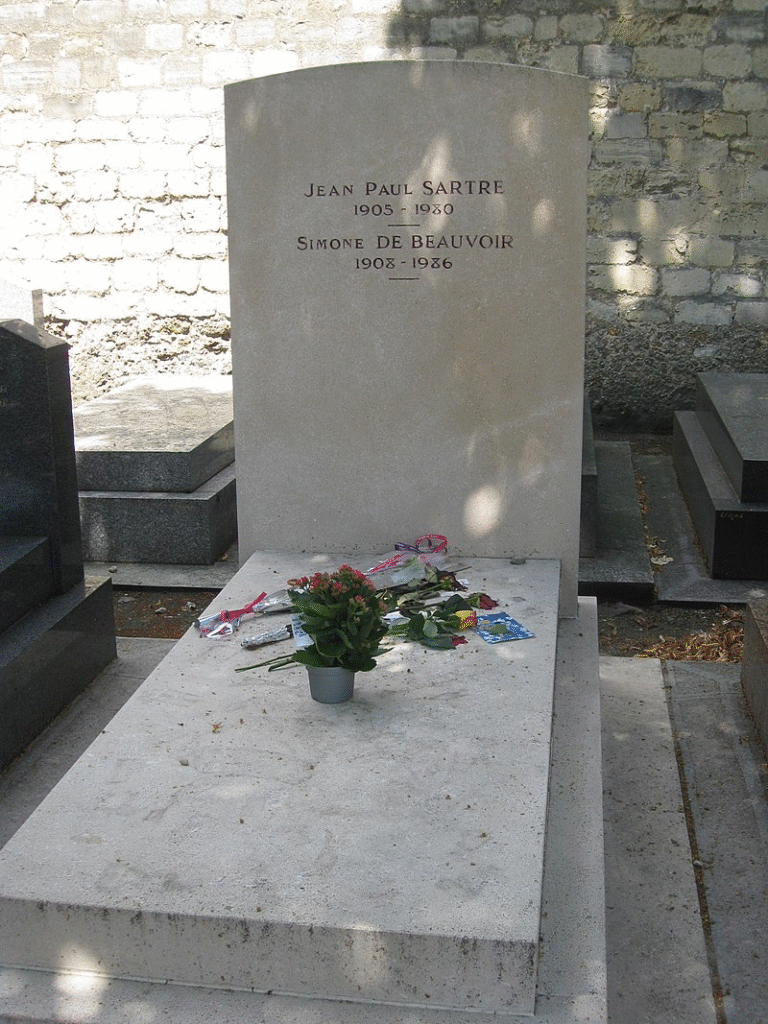
Above: Montparnasse Cemetery
Camille Claudel.
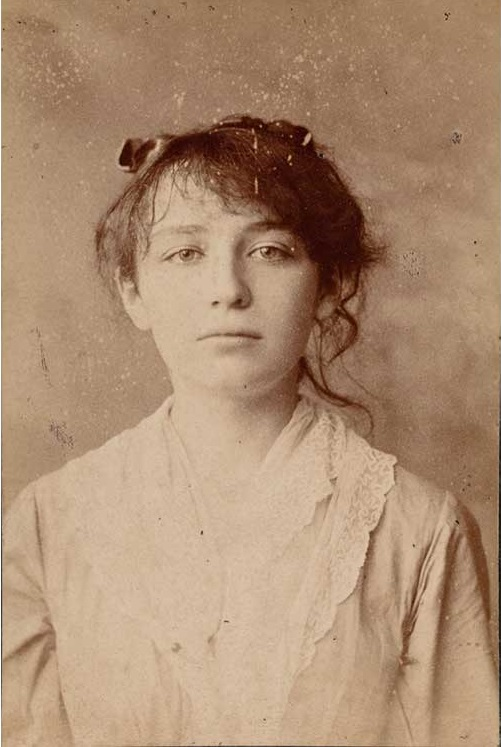
Above: French sculptor Camille Claudel (1864 – 1943)
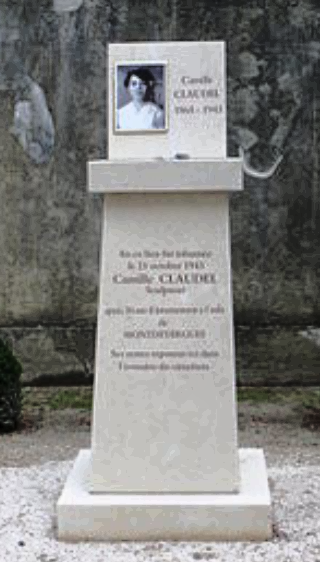
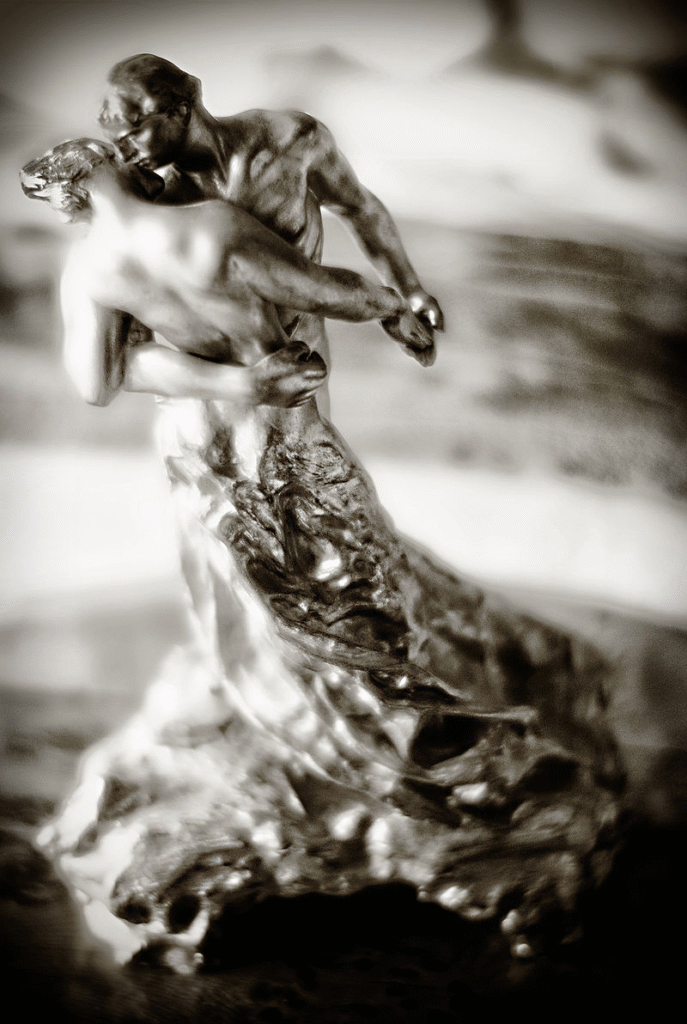
Above: “The Waltz“, Camille Claudel
Ursula wants to leave flowers.
I asked her, half-joking, if she expected them to notice.
She said:
“No.
But I will.”
Sometimes she says things that feel like poetry written for one reader — herself.
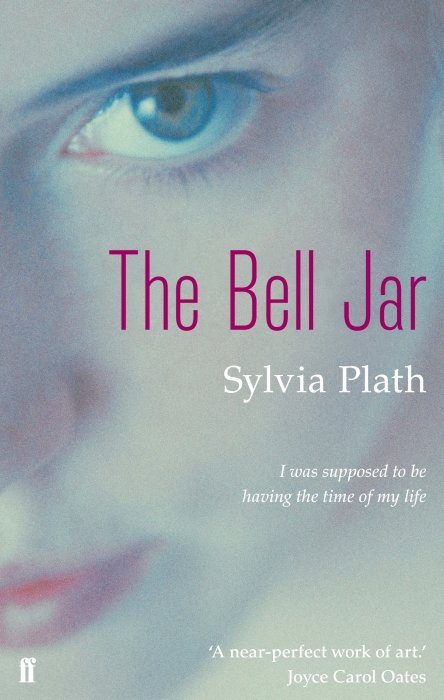
I had a long conversation with one of my Métis students today.
Her great-grandmother was sent to a residential school near here.
She said they never talk about it at home, but that she wishes they could.
I told her it’s important to ask questions, even if the answers are uncomfortable.
Especially then.
She asked me if I believed in ghosts.
I said no, but I do believe in memory.
Which might be worse.
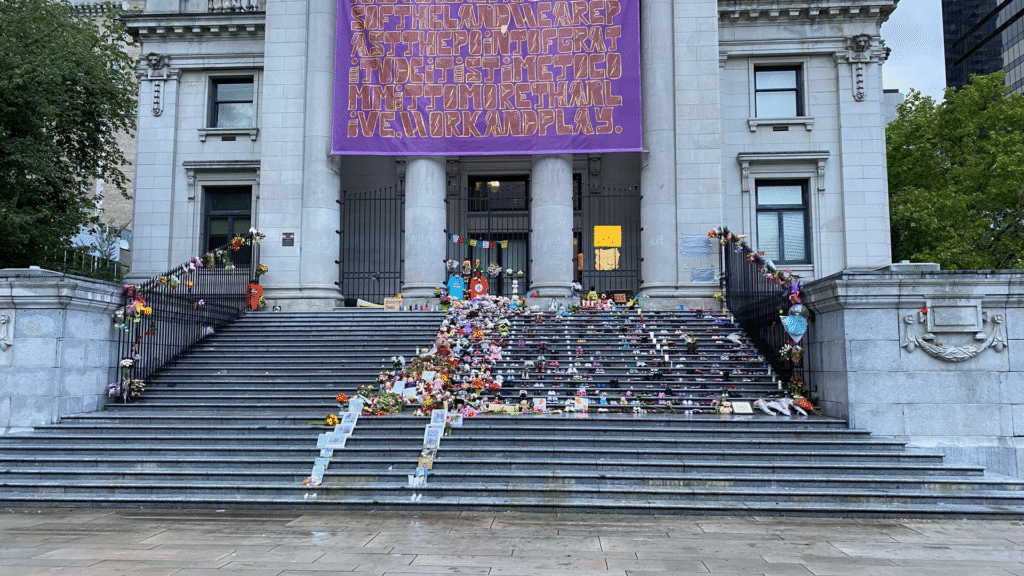
Above: 6 June 2021 – Vancouver Art Gallery community memorial to the 215 buried children discovered at Kamloops Residential School. The main memorial consists of 215 pairs of children’s shoes, along with various accessories including teddy bears, books, images, and flowers.
I’m beginning to understand Ursula’s quiet obsession with graves.
They’re not just stones.
They’re echoes.
Some louder than others.
And some are almost silent, except for those who know how to listen.

Above: SS Edmund Fitzgerald (1958 – 1975)
SS Edmund Fitzgerald was an American Great Lakes freighter that sank in Lake Superior during a storm on 10 November 1975, with the loss of the entire crew of 29 men.
When launched on 7 June 1958, she was the largest ship on North America’s Great Lakes and remains the largest to have sunk there.
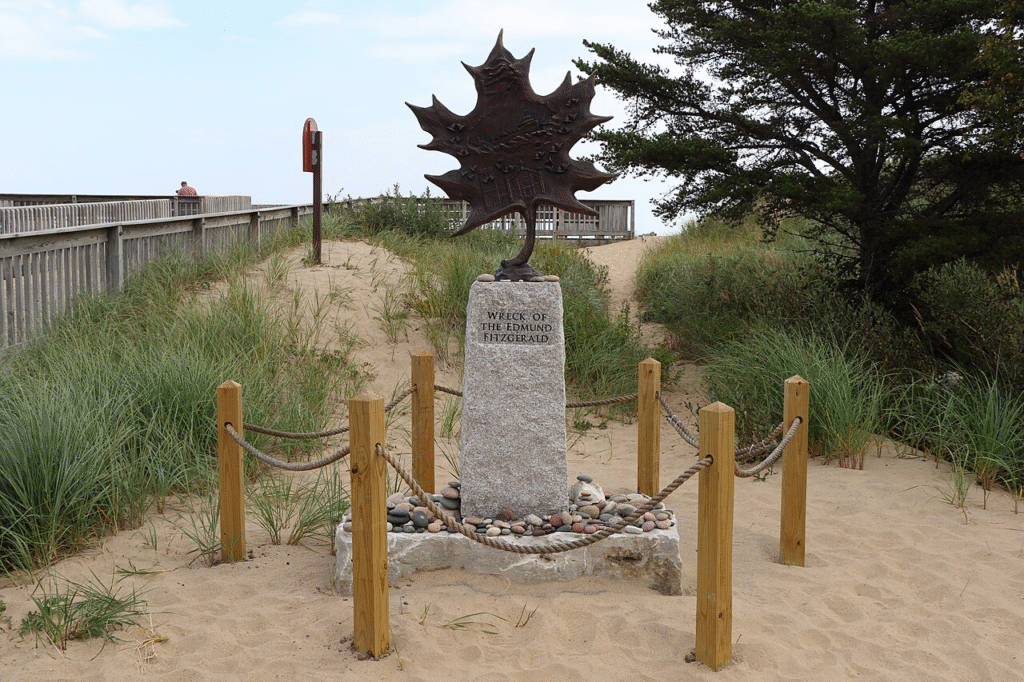
Above: SS Edmund Fitzgerald Memorial, Whitefish Point, Michigan, USA
The sinking led to changes in Great Lakes shipping regulations and practices that included mandatory survival suits, depth finders, positioning systems, increased freeboard and more frequent inspection of vessels.
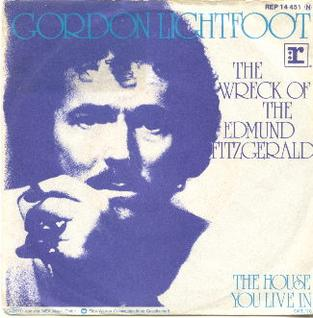
The disaster is one of the best known in the history of Great Lakes shipping, in part because Canadian singer Gordon Lightfoot (1938 – 2023) made it the subject of his 1976 popular ballad “The Wreck of the Edmund Fitzgerald“.
Lightfoot wrote the hit song after reading an article, “The Cruelest Month“, in the 24 November 1975 issue of Newsweek.
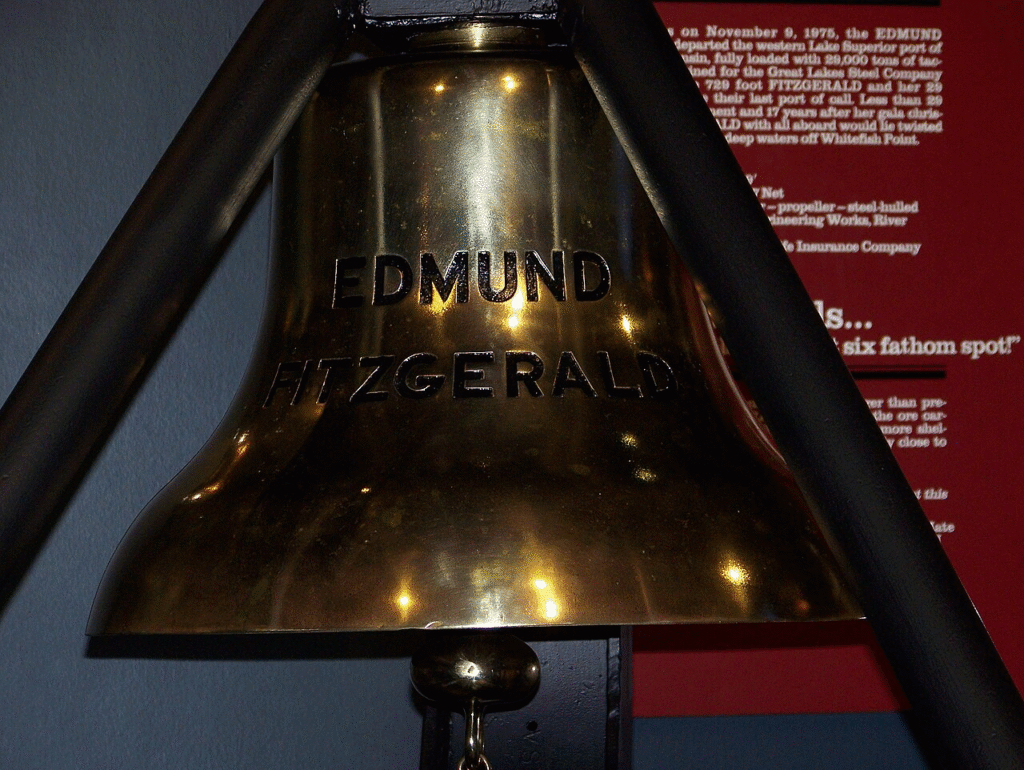
Above: Ship’s bell, Great Lakes Shipwreck Museum, Paradise, Michigan
On 2 May 2023, at 3 p.m. the Mariners’ Church of Detroit tolled its bell 30 times – 29 times in memory of the crew of the Fitzgerald, a 30th time in memory of Lightfoot, who died on 1 May 2023.
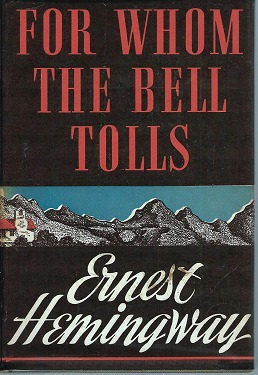
We leave in three weeks.
I am both eager and uneasy.
Paris was once the centre of the world, but for me it may be the edge of something.
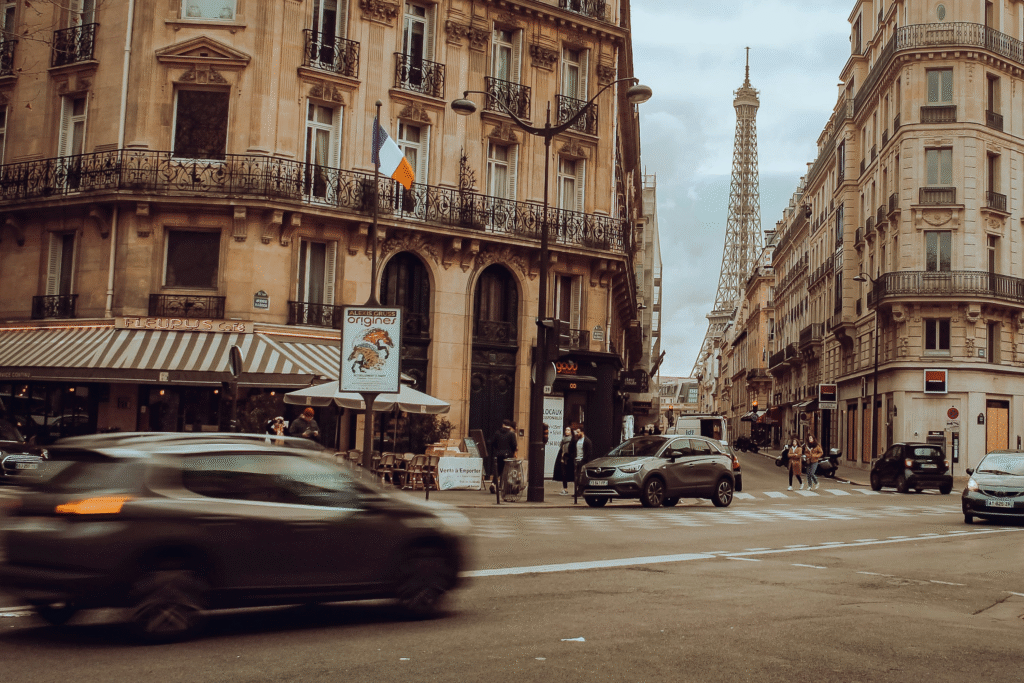
Bob’s Journal
April 14 – Paris
I don’t know what I was expecting, but it wasn’t this.
The city is bigger than I thought, noisier than I imagined.
I thought I would be overwhelmed by its history, by the grandiosity, but instead it’s the smallness that strikes me — the people who rush, the narrow streets, the little shops that seem to be tucked into every corner.
The “wild light” of the prairie feels like a distant dream here.
I can’t see the stars.
Too much light pollution.
In Fort Qu’Appelle, the night would spread out above me, a blanket of black with a thousand pinpricks of light across the cloudless sky.
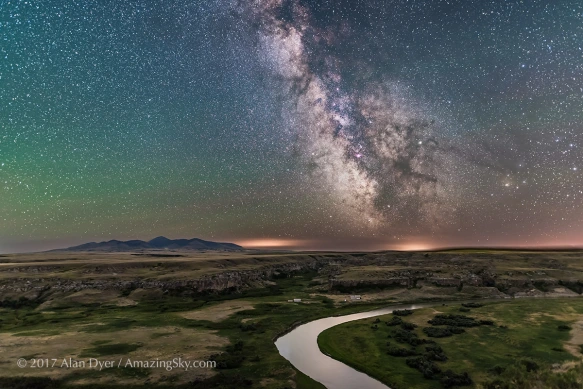
I could lie in the grass, smell the earth after a thunderstorm, and listen to the wind.
The quiet rustling of leaves, the occasional creak of a porch swing, maybe a loon calling across the lake.
The faint scent of damp pine, a reminder of the woods just beyond the town.
My phone informs me that it rained last night in the Fort.
I can almost smell it — wet earth, fresh and alive.
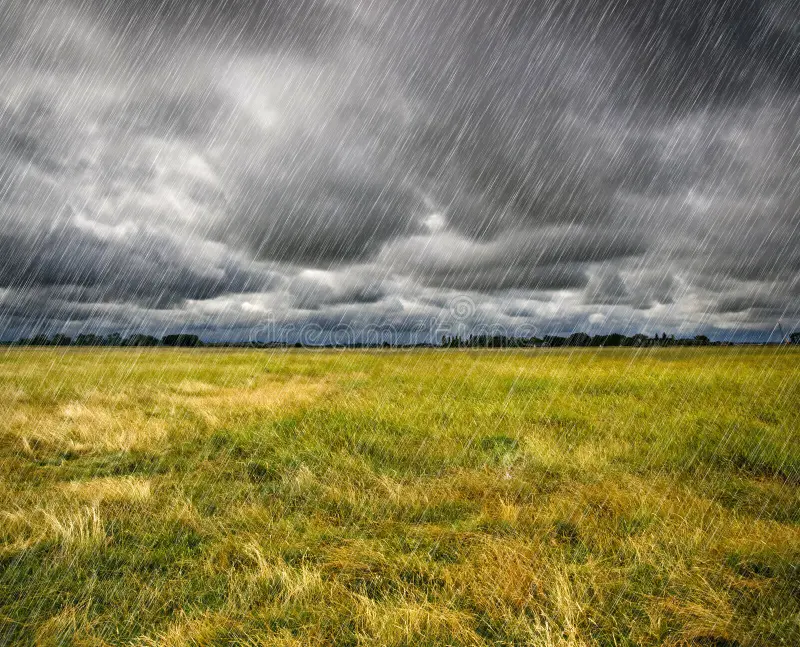
Here, in Paris, everything is so thick — the air is heavy with something I can’t place.
It’s not bad, just…
Different.
Smells of diesel, of the streets, of perfume mixing with coffee.
The city has a scent that sticks in your clothes.
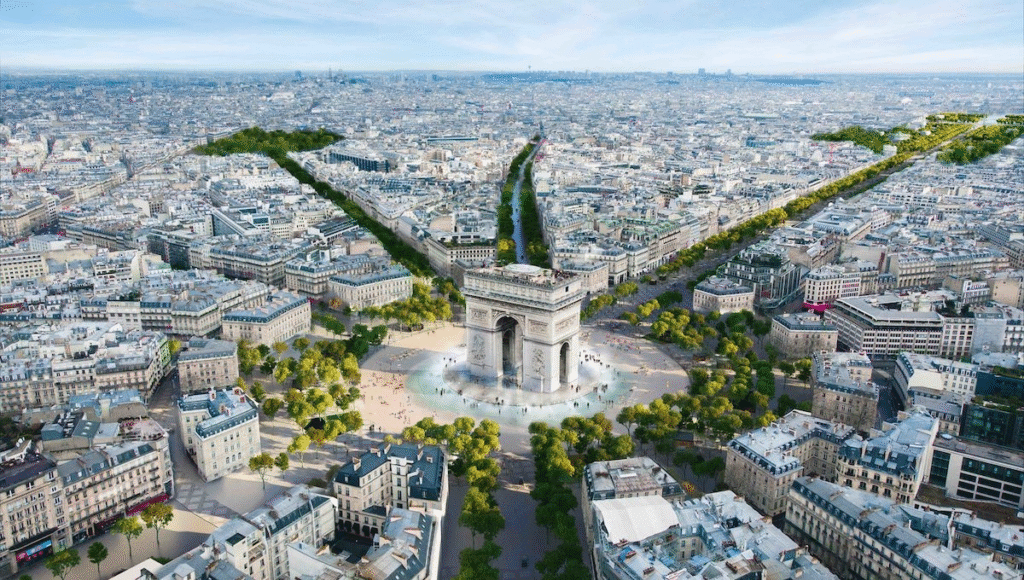
Above: Paris
And then there’s the minefield of dog shit on every corner.
I’m stepping around it like I’m walking through a battlefield.
The sidewalks are full of people and full of dogs, all of them moving like they’ve got somewhere to be.
I can’t get used to it.
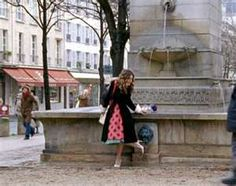
Everything feels too fast, too sharp, too alive.
Ursula is already enchanted.
She breathes in deeply, her eyes closed, smiling.
She says Paris smells like life.
I think it smells like a city that’s lived too long.
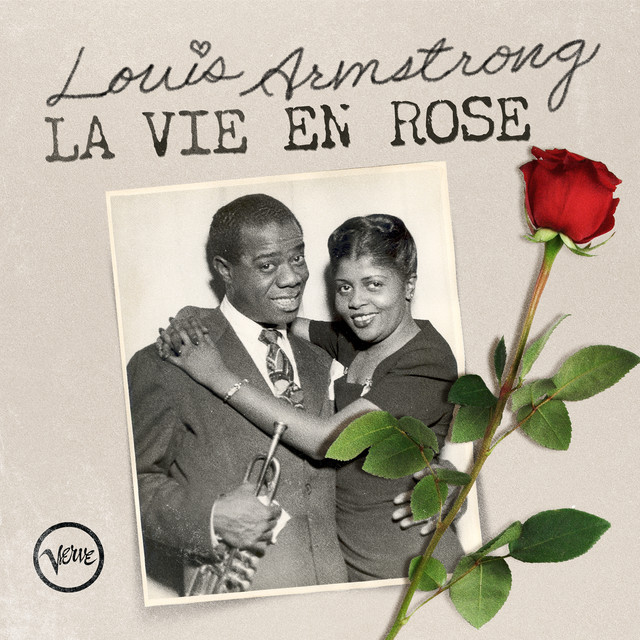
Hold me close and hold me fast
The magic spell you cast
This is la vie en rose
When you kiss me, Heaven sighs
And though I close my eyes
I see la vie en rose
When you press me to your heart
I’m in a world apart
A world where roses bloom
And when you speak, angels sing from above
Everyday words seem to turn into love songs
Give your heart and soul to me
And life will always be
La vie en rose
Ursula’s already planning tomorrow.
She’s got that map spread out across the bed, her finger tracing some route to Montparnasse.
I can’t keep up with her energy.
She asked if I was okay, but I wasn’t sure how to answer.
The city is too loud, too fast.
I wanted to tell her, but I didn’t.
I feel like an outsider here — like a tourist, in a movie where I don’t belong.
But I’ll go along.
That’s what I do.
She’s excited.
And for her, that’s enough.
I hope it’s enough for me too.
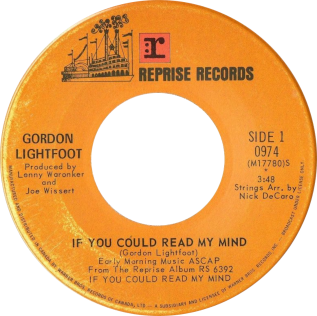
If you could read my mind, love
What a tale my thoughts could tell
Just like an old time movie
About a ghost from a wishin’ well
In a castle dark or a fortress strong
With chains upon my feet
You know that ghost is me
And I will never be set free
As long as I’m a ghost, you can see
If I could read your mind, love
What a tale your thoughts could tell
Just like a paperback novel
The kind the drugstore sells
When you reach the part where the heartaches
Come the hero would be me
Heroes often fail
And you won’t read that book again
Because the ending’s just too hard to take
I’d walk away like a movie star
Who gets burned in a three way script
Enter number two, a movie queen
To play the scene of bringing
All the good things out in me
But for now love, let’s be real
I never thought I could act this way
And I’ve got to say that I just don’t get it
I don’t know where we went wrong
But the feeling’s gone and I just can’t get it back
If you could read my mind, love
What a tale my thoughts could tell
Just like an old time movie
About a ghost from a wishing well
In a castle dark or a fortress strong
With chains upon my feet, the story always ends
If you read between the lines
You’ll know that I’m just trying to understand
The feeling that you lack
I never thought I could feel this way
And I’ve got to say that I just don’t get it
I don’t know where we went wrong
But the feeling’s gone and I just can’t get it back
Ursula’s Journal
April 14 – Paris
The air is different here — thinner, but somehow heavier too.
The streets smell like old books and fresh bread.
I can smell the bread before I see it.
The bakeries are everywhere, like little temples to warmth and comfort.
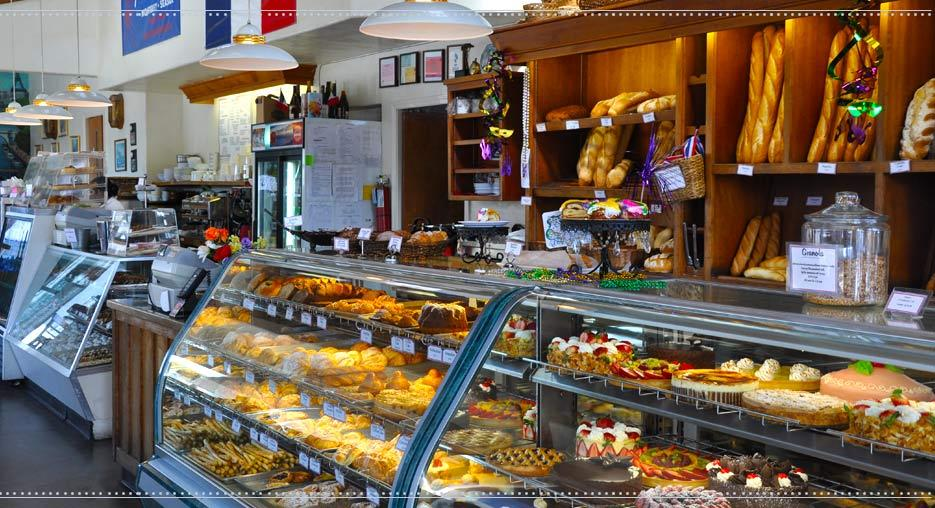
Paris smells like possibility.
The coffee is stronger than anything I’ve had before.
Rich, earthy, full of life.
The air feels alive too, with the noise and the movement, the hum of it all.
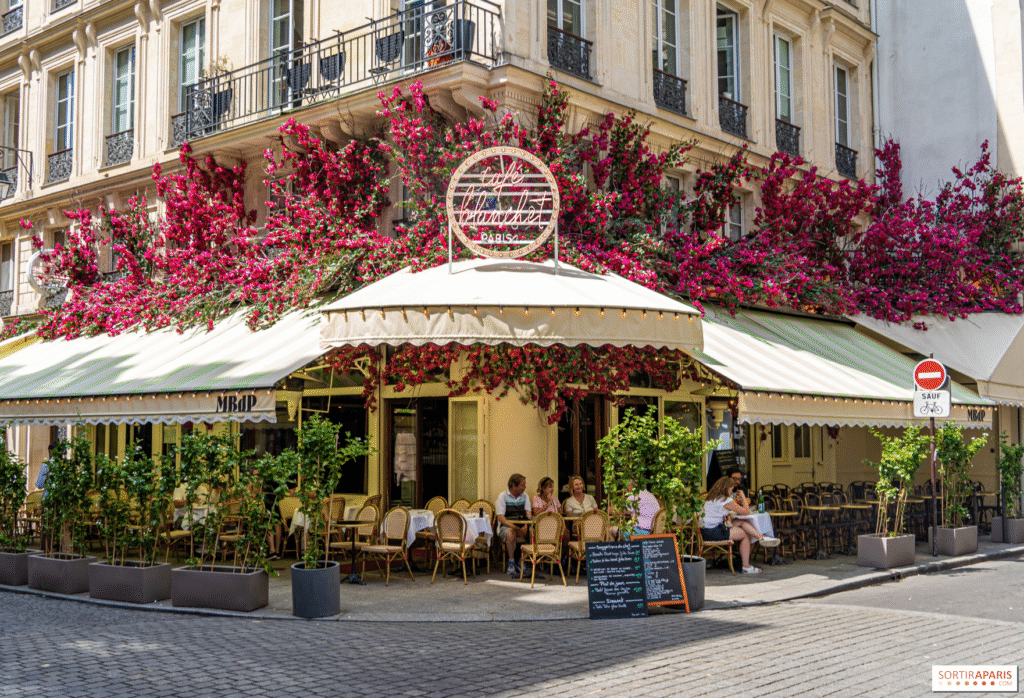
Bob doesn’t seem to notice.
He’s staring at the ground, stepping around the inevitable mess of dog shit, muttering under his breath.
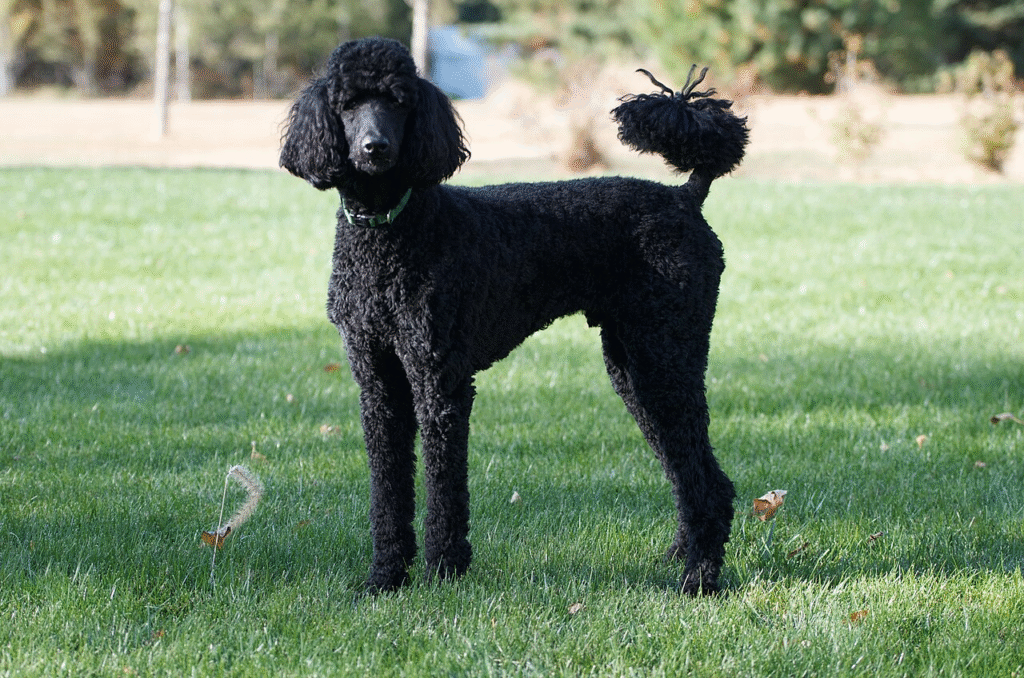
But I find it exciting — the way the city is always moving, always changing.
The breeze smells like perfume and rain.
I can feel the history in the air.
This city doesn’t forget.
Neither do I.
I can feel the city pulling at me, urging me to walk faster, see more.
There is no hesitation, no holding back.
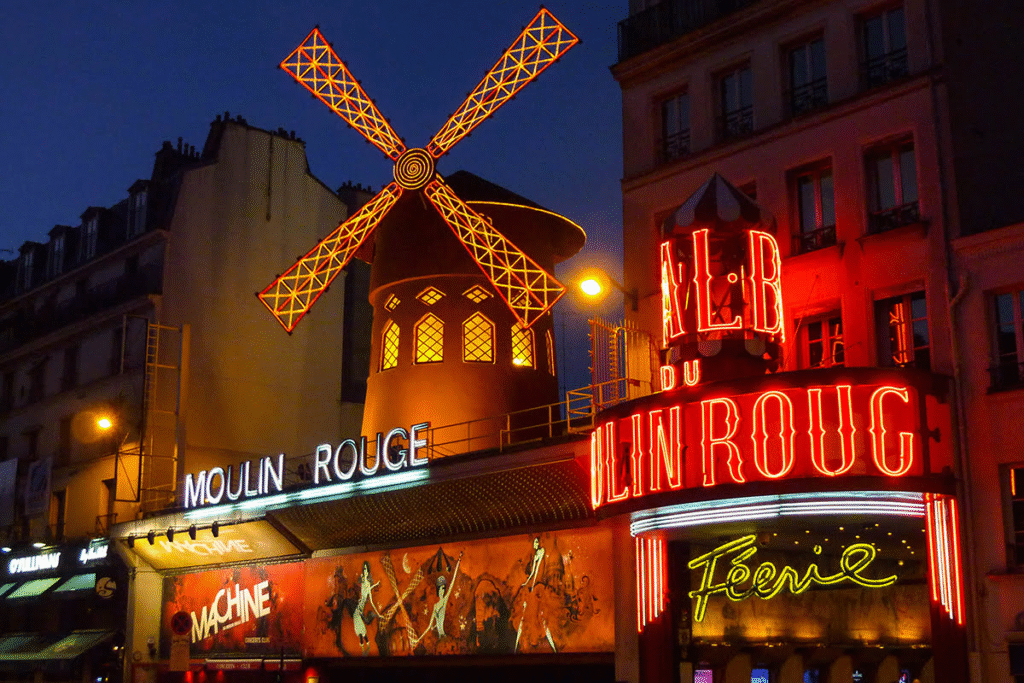
Above: Moulin Rouge, Paris
You can hear the sound of the underground trains
You know it feels like distant thunder
You can hear the sound of the underground trains
You know it feels like distant thunder
You know there’s so many people living in this house
And I don’t even know their names
You know there’s so many people living in this house
And I don’t even know their names
I guess it’s just a feeling
I guess it’s just a feeling (in the city)
I guess it’s just a feeling
I guess it’s just a feeling (in the city)
You can hear the sound of the underground trains
You know it feels like distant thunder
You can hear the sound of the underground trains
You know it feels like distant thunder
Walls so thin, I can almost hear them breathing
And if I listen in I hear my own heart beating
Walls so thin, I can almost hear them breathing
And if I listen in I hear my own heart beating
In the city
I guess it’s just a feeling
I guess it’s just a feeling (in the city)
I guess it’s just a feeling
I guess it’s just a feeling (in the city)
I guess it’s just a feeling
I guess it’s just a feeling (in the city)
I guess it’s just a feeling
I guess it’s just a feeling (in the city)
I guess it’s just a feeling
I guess it’s just a feeling (in the city)
I guess it’s just a feeling
I guess it’s just a feeling (in the city)
I guess it’s just a feeling
I guess it’s just a feeling (in the city)
I guess it’s just a feeling
I guess it’s just a feeling (in the city)
I guess it’s just a feeling (just to feel you, just to feel you, just to feel you)
I guess it’s just a feeling (in the city) (just to feel you, just to feel you, just to feel you)
I guess it’s just a feeling (just a feeling)
Eurythmics, “This City Never Sleep“

This is Paris.
I’ve already charted our route to Montparnasse tomorrow.
I can almost hear the footsteps of those who came before us —the thinkers, the poets, the ones who left their mark.
It’s hard to describe the feeling of being here.
It’s not like any other place.
It’s as if every corner has something to offer, even the silence between the noise.
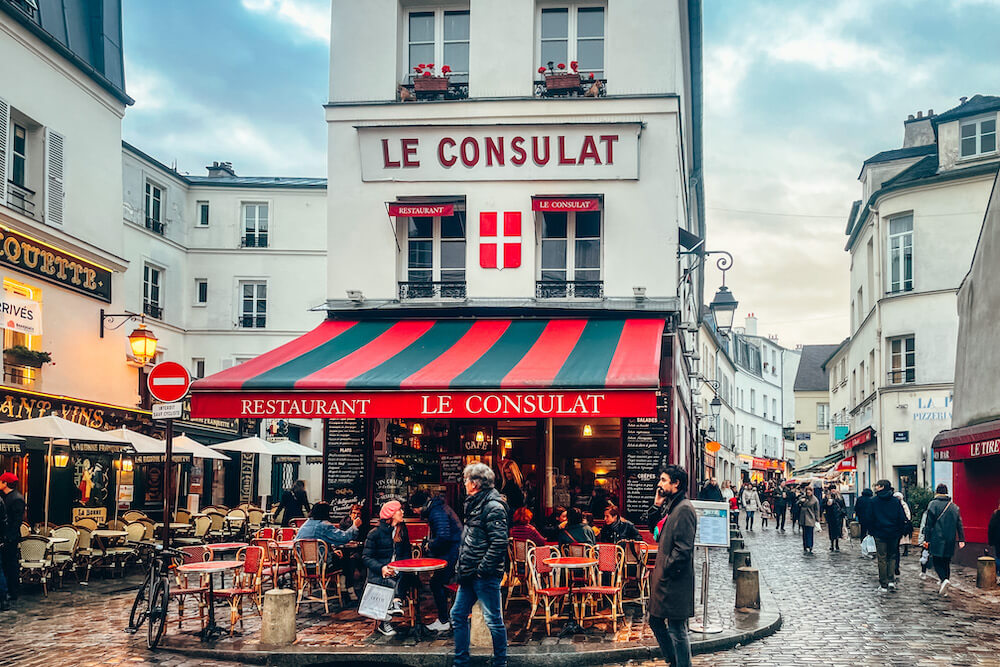
Bob seems…
Off.
He says he’s tired, but I can tell it’s more than that.
The city isn’t giving him what he hoped.
He wanted the wild beauty of the prairie, but this city is too much.
Too many people.
Too much history.
I wonder if I’m dragging him into something he doesn’t want.
I’ve been here only a few hours, and already I feel more at home than I have in years.
This is where I need to be.
I think, for me, this is the start of something.
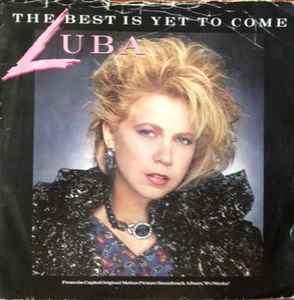
When love’s astray
There’s nothing you can do about it
But who can say?
I won’t be better off without it
I might be down
But don’t count me out
There’s a world
I want to know all about
You can say I’m just dreaming
I’ve always been an optimistic one
I can’t help feeling
That the best is yet to come
Oh, oh, oh, oh
There comes a time
Ain’t nothing you can do to stop it
Right now is mine
I’m gonna make the best time of it
Don’t hold your breath
If you’re waiting for me
Today is just tomorrows history
You can say I’m just dreaming
I’ve always been an optimistic one
I can’t help feeling
That the best is yet to come
Oh, oh, oh, oh
You say I’m being foolish
Well, maybe that’s so
But I’m not afraid of letting go
There’s nothing you can do about it
(Hey hey)
I know you’ll say
I won’t be better off without it
I’m gonna take
My heart off the shelf
I made a promise
To be good to myself
You can say I’m just dreaming
I’ve always been an optimistic one
I can’t help feeling
That the best is yet to come
Oh, oh, oh, oh
The best is yet come
Oh, oh, oh, oh
Best is yet to come
Oh, oh, oh, oh
The best is yet come
Oh, oh, oh, oh
Best is yet to come
Oh, oh, oh, oh
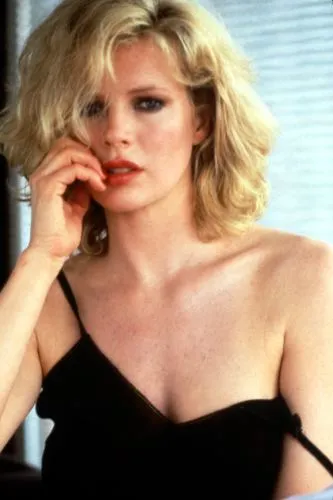
Above: American actress Kim Basinger, 9 1/2 Weeks (1986)
Ursula’s Journal
April 15 – Père Lachaise Cemetery
It’s strange how a place of death can make you feel alive.
The air smells different here — cleaner somehow, like the earth is always being replenished.
The quiet rustling of leaves, the weight of history in the air, the flicker of candlelight, the quiet murmurs of other visitors — it all adds texture and depth to the place.
I find myself wandering, camera in hand, taking pictures of gravestones like they are works of art.
Each name, each date, tells a story.
I’m writing them down, hoping that by preserving them, I can keep a piece of something important.
“Why does it comfort me to know these people still have visitors?” I ask Bob, but he’s already off to find a bench, probably somewhere far from me.
I don’t mind.
It’s all right, being alone with the dead for a while.
I need it.
I need to know that these people, these writers, artists, philosophers — they mattered.
They still matter.
People come, they leave flowers, they pray, they remember.
I am drawn to the beauty of a well-maintained grave, the flowers left behind by someone who still cares.
The wind stirs the leaves around me, a whisper of something long gone.
Jim Morrison’s grave is just over there.
I can’t help but feel I should be thanking him for some of the choices I’ve made, for the music he planted in my mind.
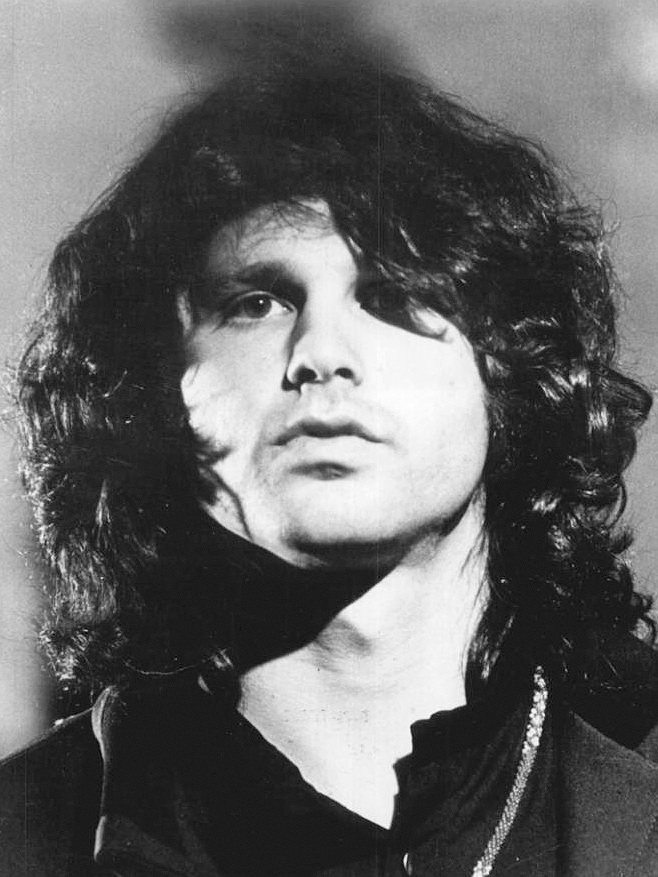
Above: American singer Jim Morrison (1943 – 1971)
Riders on the storm
Riders on the storm
Into this house, we’re born
Into this world, we’re thrown
Like a dog without a bone
An actor out on loan
Riders on the storm
There’s a killer on the road
His brain is squirmin’ like a toad
Take a long holiday
Let your children play
If you give this man a ride
Sweet family will die
Killer on the road, yeah
Girl, you gotta love your man
Girl, you gotta love your man
Take him by the hand
Make him understand
The world on you depends
Our life will never end
Gotta love your man, yeah
Riders on the storm
Riders on the storm
Into this house, we’re born
Into this world, we’re thrown
Like a dog without a bone
An actor out on loan
Riders on the storm
Riders on the storm
Riders on the storm
Riders on the storm
Riders on the storm

Bob’s Journal
April 15 – Père Lachaise Cemetery
I don’t understand it.
The place feels strange, like a set that’s been carefully arranged for a play, but I don’t know my lines.
I’m an intruder here.
Not like Ursula, who is lost in the names, in the gravestones, clicking away with her camera as if she’s recording something important.
I sit by Morrison’s grave, watching her for a moment, but she’s so caught up in her own little world, I don’t think she notices.
I try to focus on Morrison.
I sit near Jim Morrison’s grave, though I never cared much for the man’s music.
It feels like the right place to sit — not because of him, but because the living are here, still pretending the dead can hear.
I mean, he’s here, so I guess he’s worth thinking about.
But instead, I feel nothing.
Or maybe I feel too much.
A weight, a suffocating weight that presses against my chest.
It’s just a damn cemetery.
These are just stones.
Imperfect gravestones — chipped edges, weathered surfaces — time passing and fading into obscurity.
Neglected gravestones, lives impermanent now unimportant.
I watch Ursula from a distance.
I see her tears — soft, quiet tears.
I wonder what’s behind them.
I don’t ask.
I get up, start to walk around.
I can’t escape the feeling that I’m in the wrong place.
I don’t belong in this kind of memory, this reverence.
I’m not even sure I want to.
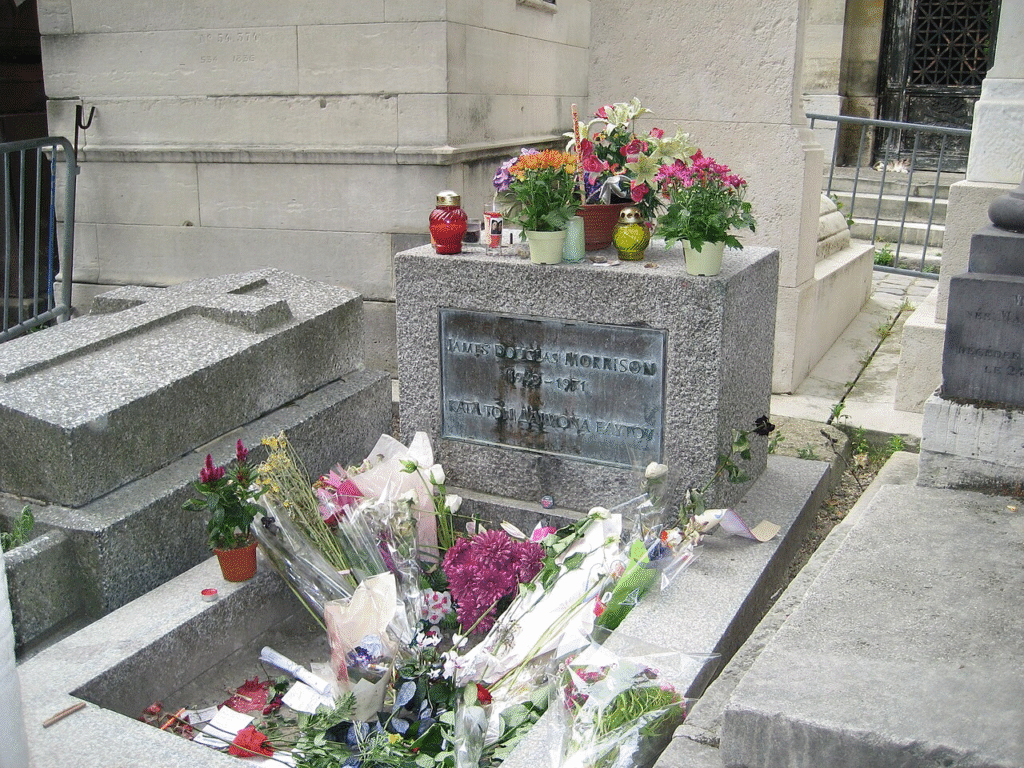
Above: Grave of Jim Morrison, Père Lachaise Cemetery
Bob’s Journal
April 16 – Louvre and Invalides
I tried to be moved.
Truly, I did.
The Louvre is…
Colossal.
Endless halls, priceless art, rivers of people.
Mona Lisa behind a sheet of glass, everyone with their phones out, snapping proof they were there.
Proof of what, exactly?
I stood there for a while — watched the faces watching her.
I couldn’t feel a damn thing.
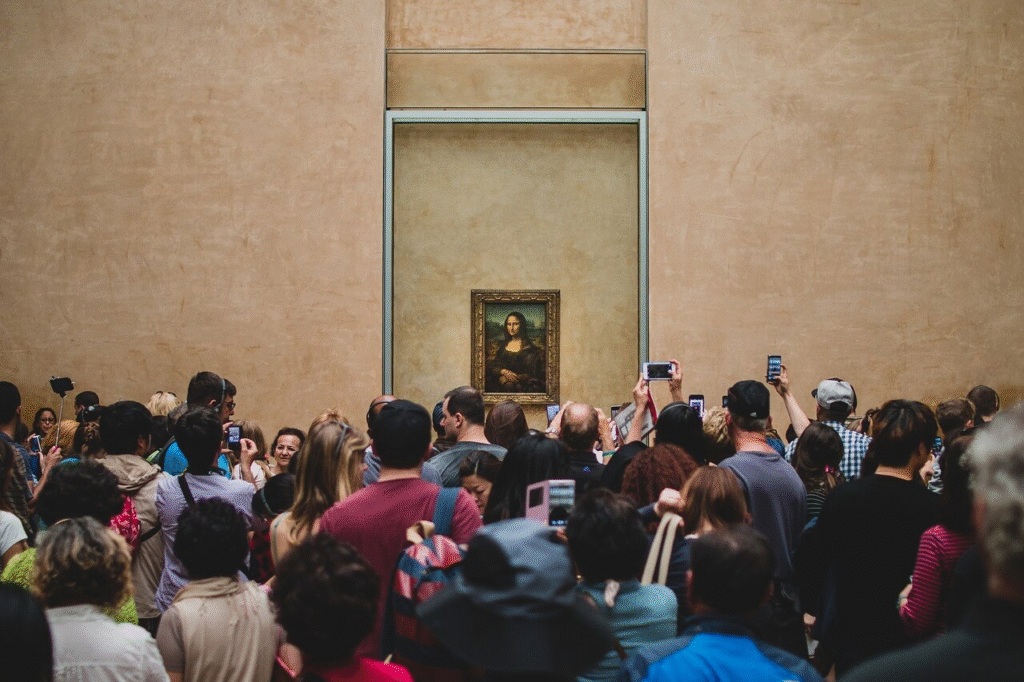
Above: Inside the Louvre Museum, Paris
At the Invalides, Napoleon’s tomb swallowed the space.
Massive stone sarcophagus in a sunken circle, carved glory all around.
I looked at it and thought:
So this is where you end up when you try to conquer the world.
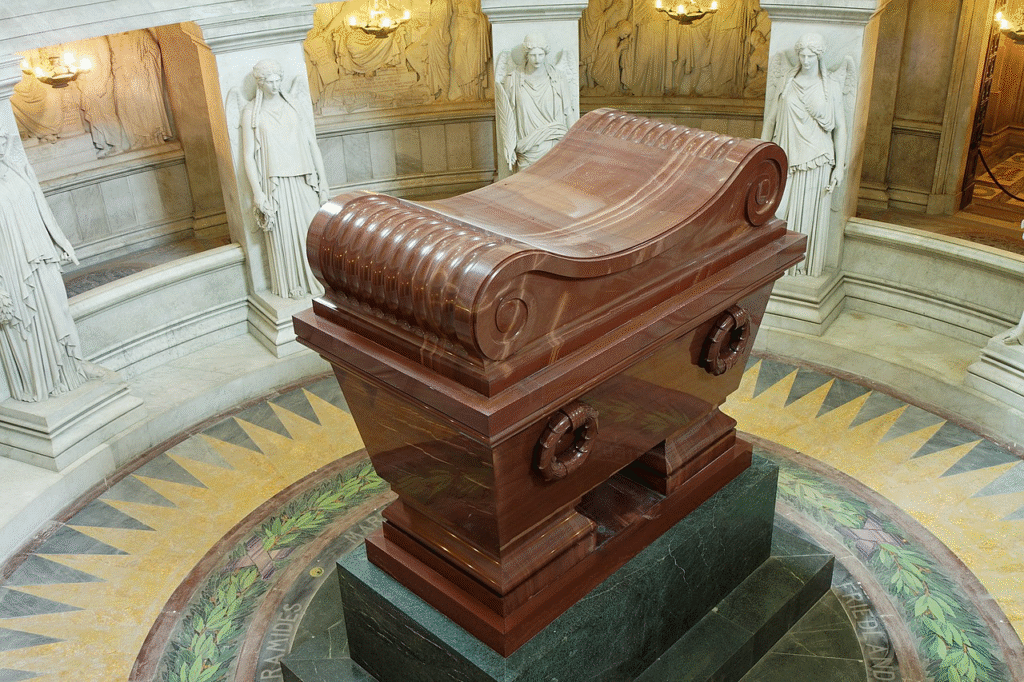
Above: Tomb of Napoléon Bonaparte (1769 – 1821), Les Invalides, Paris

Above: Bonaparte Before the Sphinx, Jean-Léon Gérôme (1886)
It made me think of my classroom.
Of Tyrone, sitting near the back, always scribbling notes, always watching.
He would have asked something beautiful today —
“Why do we need such a big grave to remember one man?”
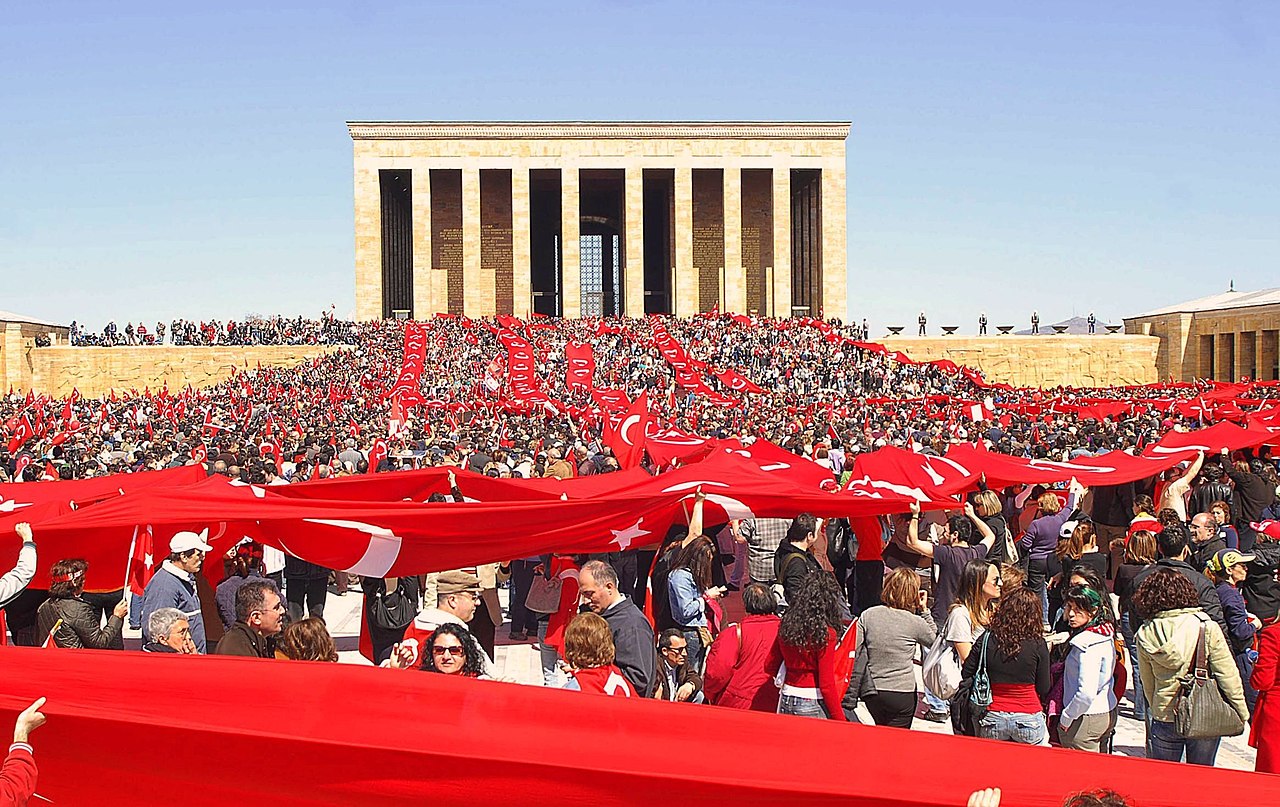
Above: Anıtkabir, the mausoleum of Mustafa Kemal Atatürk in Ankara, is visited by large crowds every year during national holidays, such as Republic Day (29 October).
I miss his questions.
The ones that meant something.
Paris feels too proud of itself.
Like a man talking about medals at his own funeral.
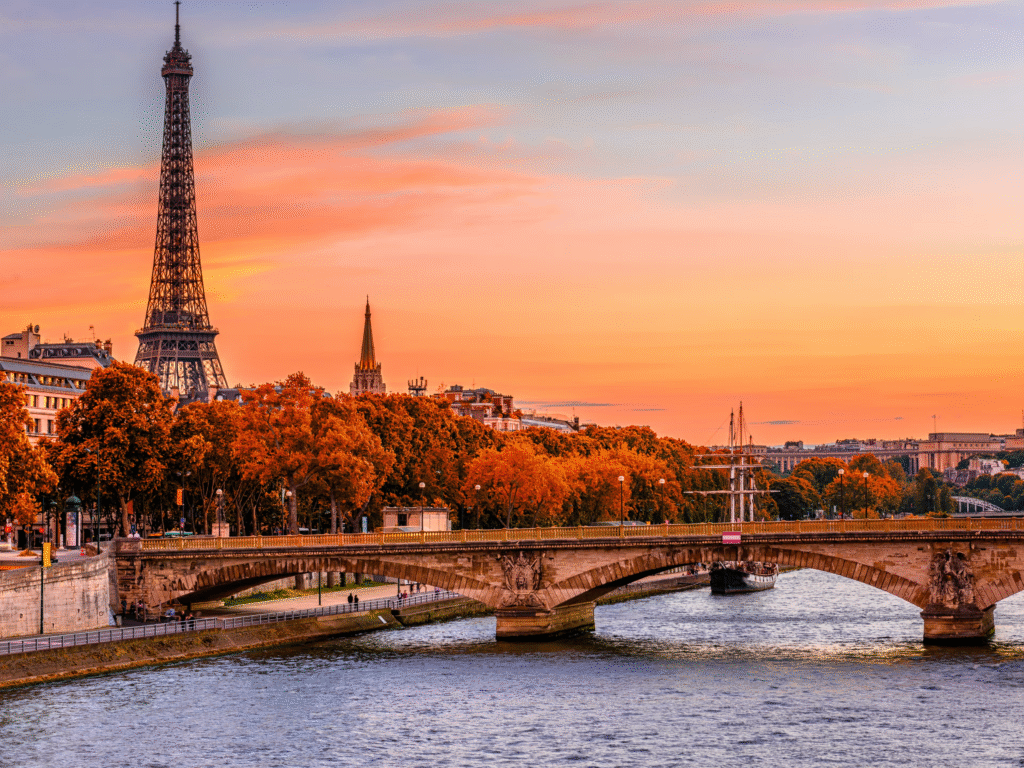
Ursula’s Journal
April 16 – Louvre and Invalides
So many people, so many rooms.
I didn’t come to Paris for museums, but we went anyway.
I tried to care — tried to feel the weight of centuries in all that canvas and marble.
But it felt like looking at a book with too many pages and not enough breath.
Bob was quiet today.
Quieter than usual.
I caught him staring at a student sketching a statue.
I think it made him ache.
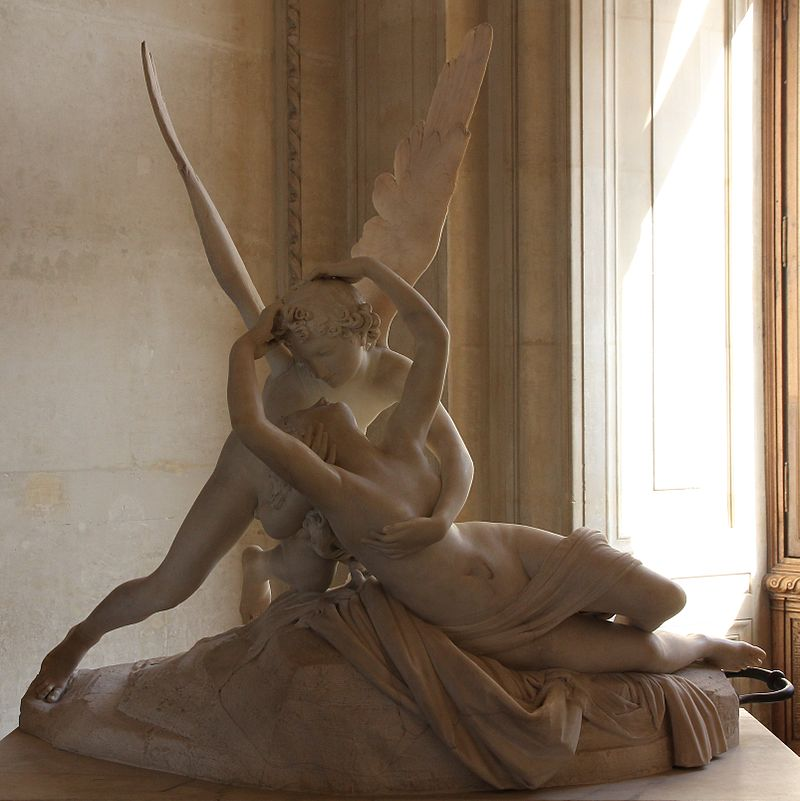
Above: Amor kisses Psyche, Antonio Canova, Louvre Museum
On our way back, we took a wrong turn and stumbled into a small courtyard tucked between old stone walls.
I think it was a church once — or still is.
The door was open.
We stepped inside.
No tourists.
No guidebooks.
Just candles flickering in the half-light, their scent already halfway to Heaven.
I lit one.
I don’t know why.
It’s strange what makes us pray.
Maybe we light candles for what we’ve lost.
Or for what we’re afraid to name.
Beauty doesn’t always come in gold leaf or marble.
Sometimes it arrives in silence, in the whisper of wax and wick, in a wrong turn.
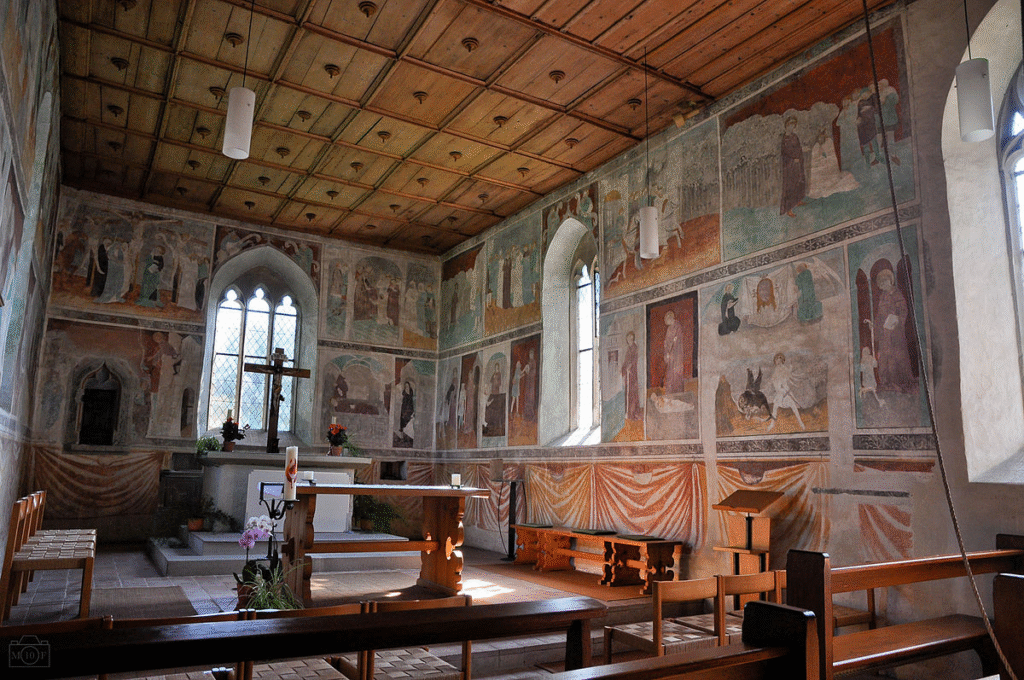
Above: St. Leonhard Chapel, Landschlacht, Canton Thurgau, Schweiz (Switzerland)
Bob’s Journal
April 16 – Paris, Left Bank
Ursula made tea in the room’s little kettle, though I prefer coffee.
I think she did it for me.
I watched her fingers move, slow and precise, like folding a letter she wouldn’t send.
We didn’t speak for a while — not out of silence, but out of comfort.
She asked, “Did you like anything today?”
I shrugged.
“The sketchbook kid in the Louvre.”
She smiled.
“I liked the little candlelit chapel.
There were no signs, no plaques.
Just quiet.”
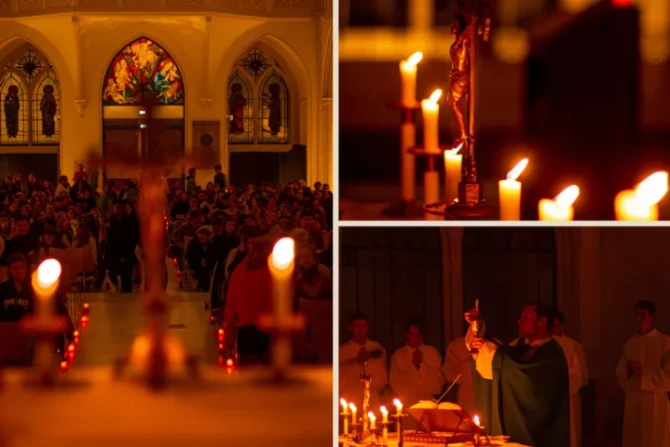
We talked a little about Napoleon.
About how history gets louder the longer it is dead.
I told her Tyrone would’ve asked better questions than any plaque could answer.
She nodded and said, “Maybe he’s the reason you came here at all.”
I don’t know what that meant, but I felt it.
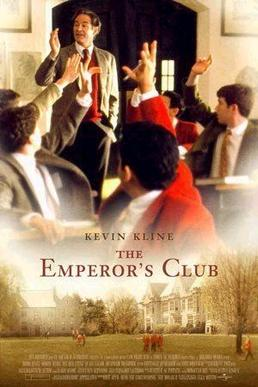
“As I’ve gotten older, I realize I’m certain of only two things.
Days that begin with rowing on a lake are better than days that do not.
Second, a man’s character is his fate.
And as a student of history, I find this hard to refute.
For most of us our stories can be written long before we die.
There are exceptions among the great men of history, but they are rare.
I am not one of them.
I am a teacher – simply that.
I taught for 34 years.
One day I stopped teaching.
Those were the facts of my life’s chronicle.
The last chapter had been written.
My book was closed.“

Above: William Hundert (Kevin Kline), The Emperor’s Club (2002)
“A great teacher has little external history to record.
His life goes over into other lives.
These men are pillars in the intimate structure of our schools.
They are more essential than its stones or beams, and they will continue to be a kindling force and a revealing power in our lives.“
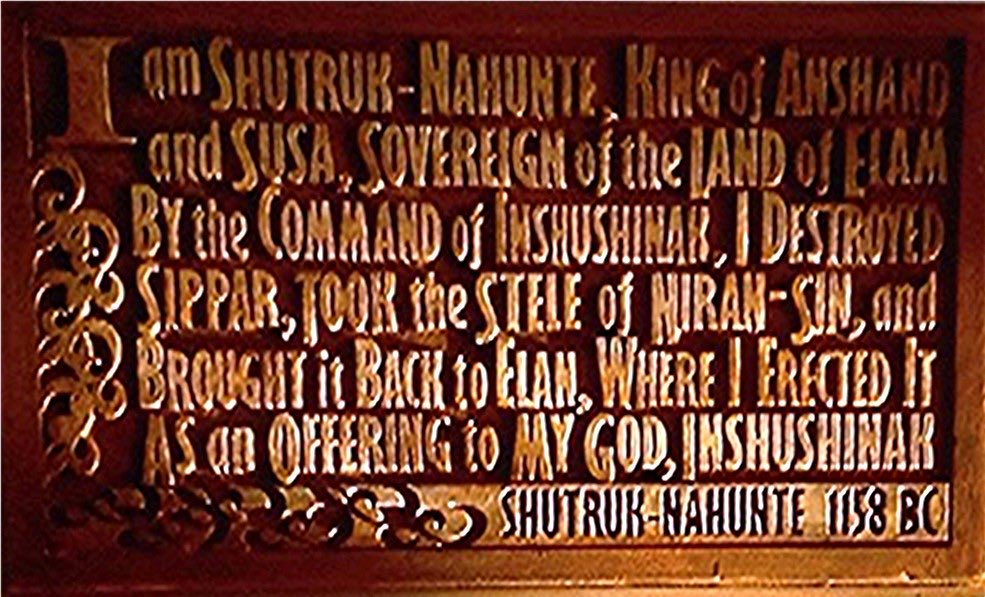
“Shutruk-Nahunte, King, sovereign of the land of Elam, destroyer of Sippar, behold, his accomplishments cannot be found in any history book.
Why?
Because great ambition and conquest without contribution is without significance.
What will your contribution be?
How will history remember you?
Shutruk-Nahunte, utterly forgotten.
Unlike the great men you see around you:
Aristotle, Caesar, Augustus, Plato, Cicero, Socrates.
Giants of history.
Men of profound character, men whose accomplishments surpass their own lifetimes and survive even into our own.
Their story is our story.“
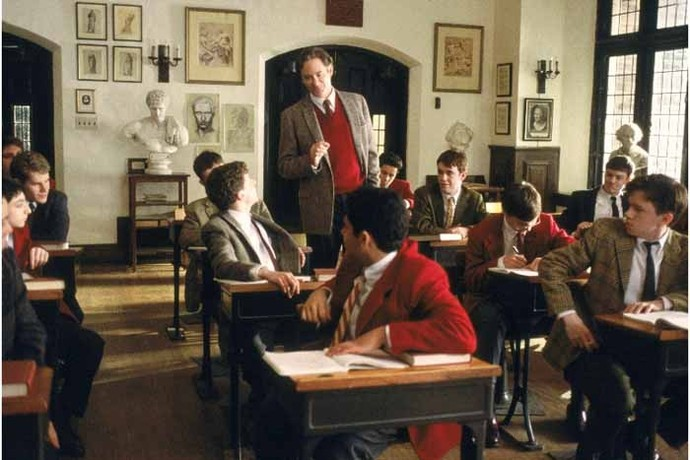
Above: Scene from The Emperor’s Club
Later, she read something aloud from a guidebook in that voice she used to use in the early days after our wedding — soft but just amused enough to keep you listening.
She fell asleep first, curled away from the city noise.
I stood by the window for a bit, looking out.
The streetlamp flickered.
A couple kissed under it, not caring who saw.
For a moment, I let myself imagine we were younger, arriving here for the first time, with maps we couldn’t yet read and arguments we hadn’t yet had.
For a moment, we were every couple who has ever come to Paris hoping it might fix something.
And maybe it won’t.
But tonight, the tea was warm, and she smiled at me over her book.
That has to count for something.
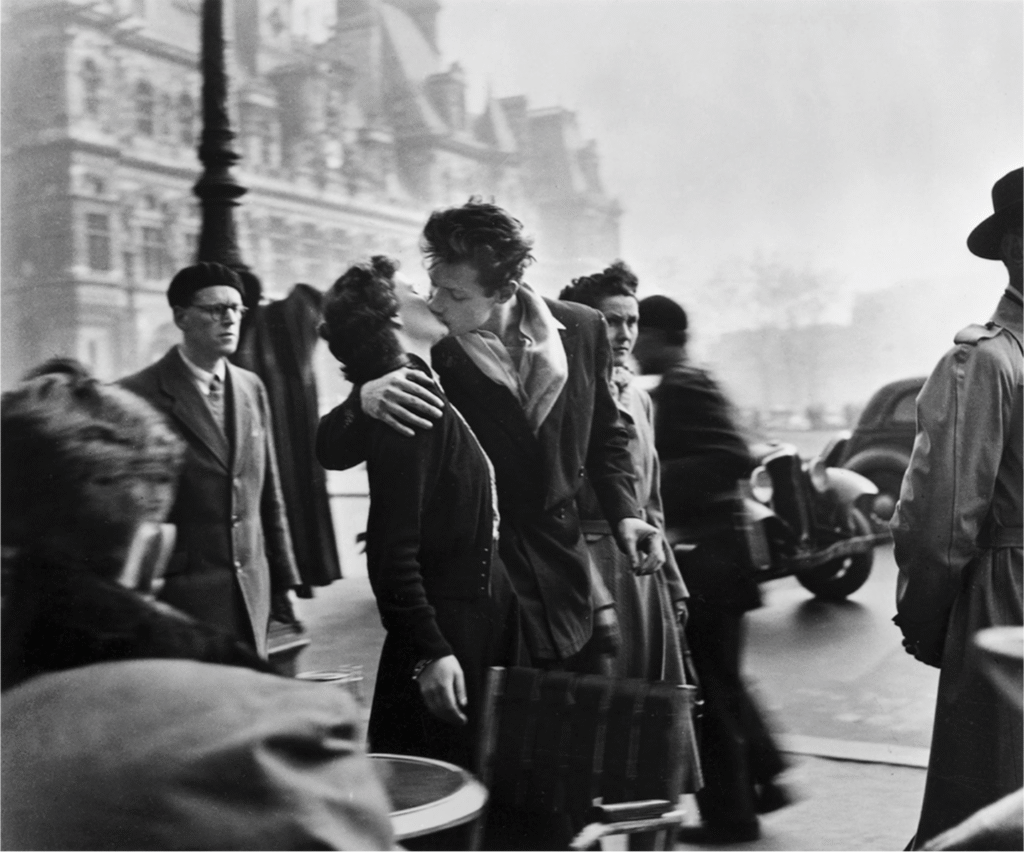
Ursula’s Journal – April 16
Père Lachaise Cemetery, Paris
There are cities built for the living.
And then there is this place.
I arrived before Bob, wandering past mossed angels and marble urns, letting my steps follow the names I whispered to myself.
Proust.
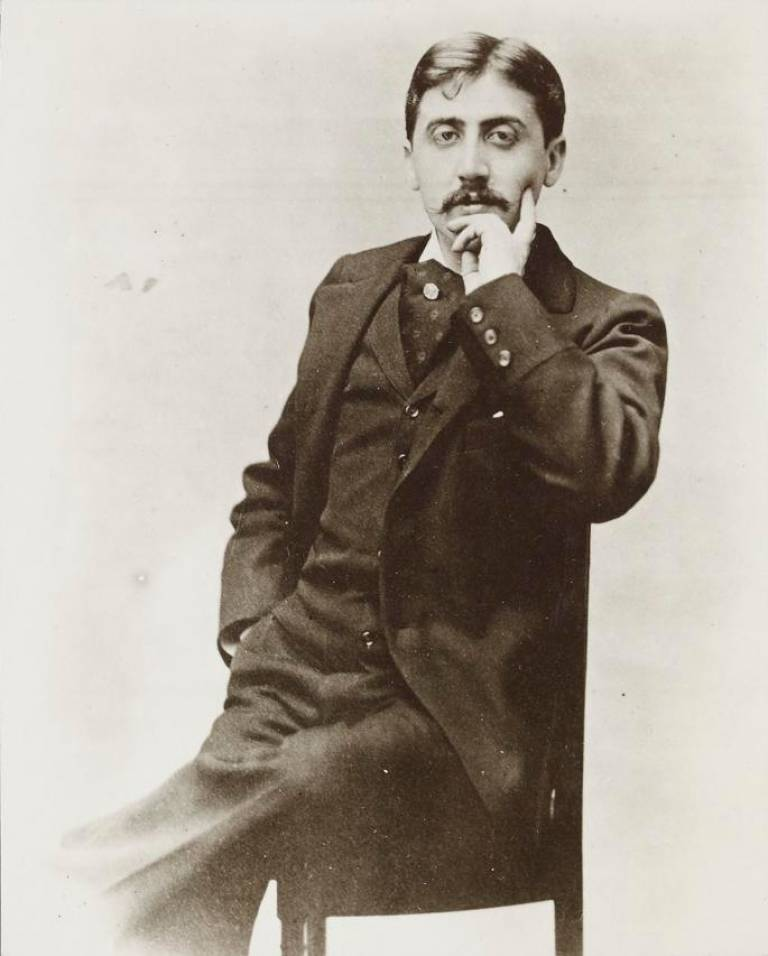
Above: French writer Marcel Proust (1871 – 1922)
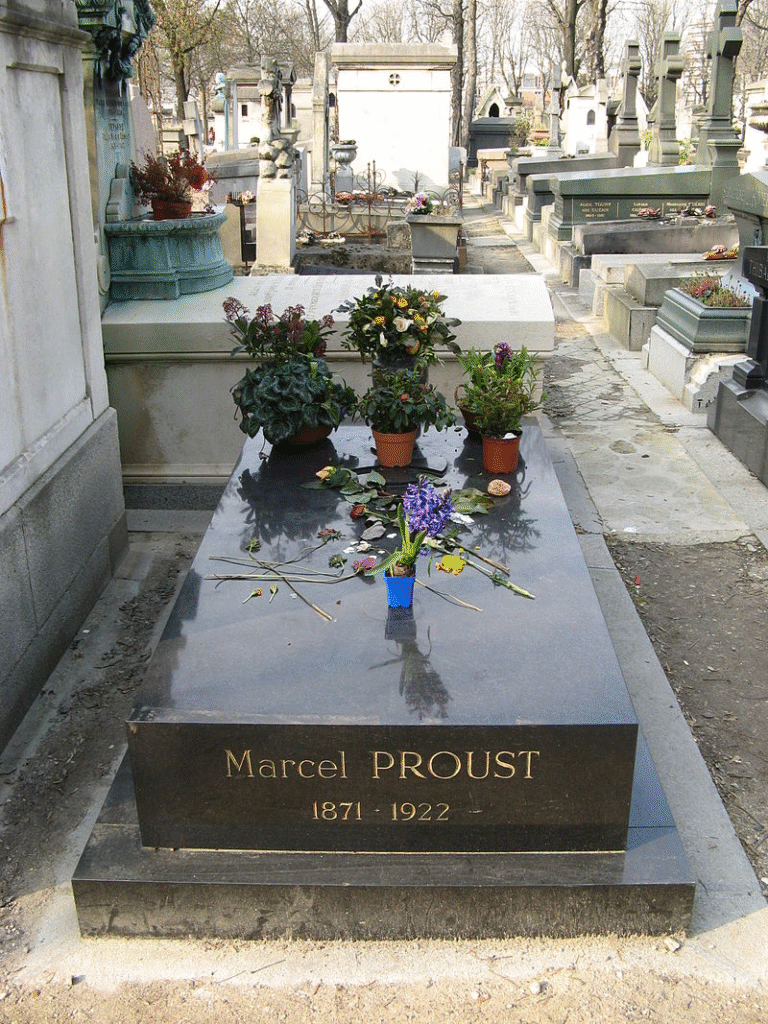
Modigliani.
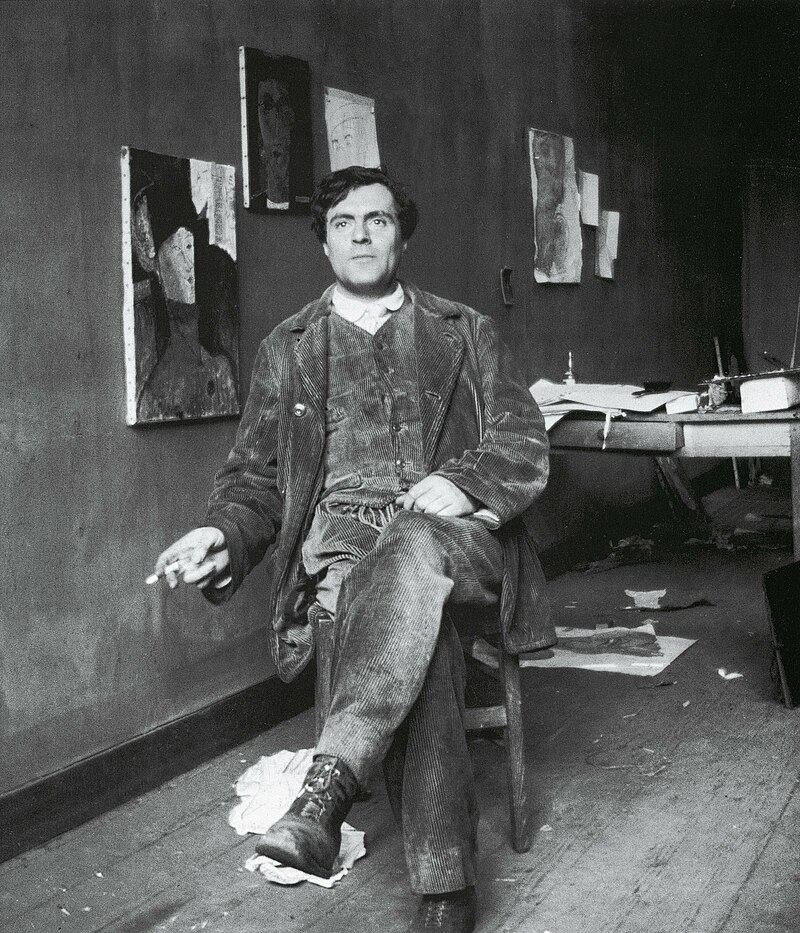
Above: Italian artist Amedeo Modigliani (1884 – 1920)
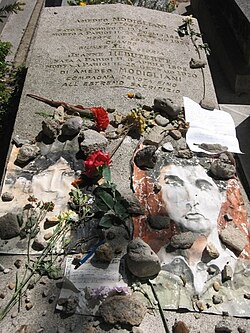
Above: Amedeo Modgliani grave, Père Lachaise Cemetery
Piaf.
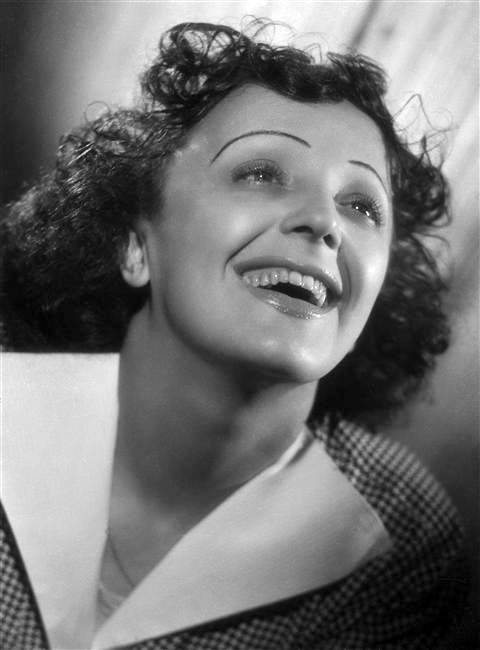
Above: French singer Édith Piaf (1915 – 1963)
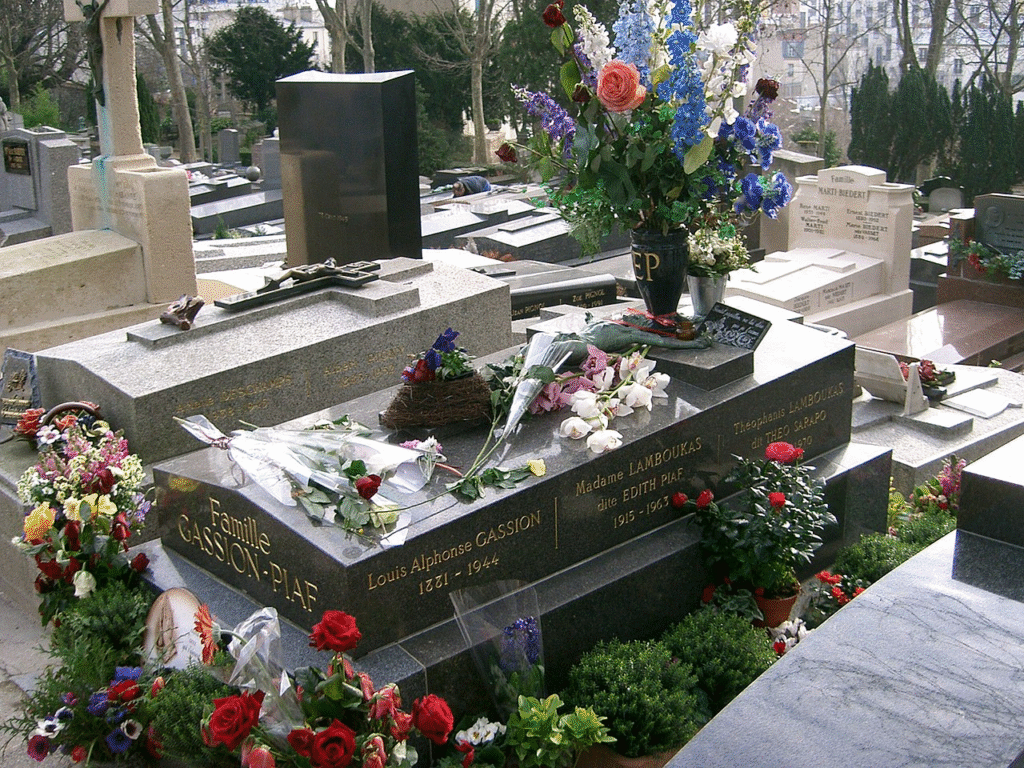
Above: Grave of Édith Piaf, Père Lachaise Cemetery
Wilde.
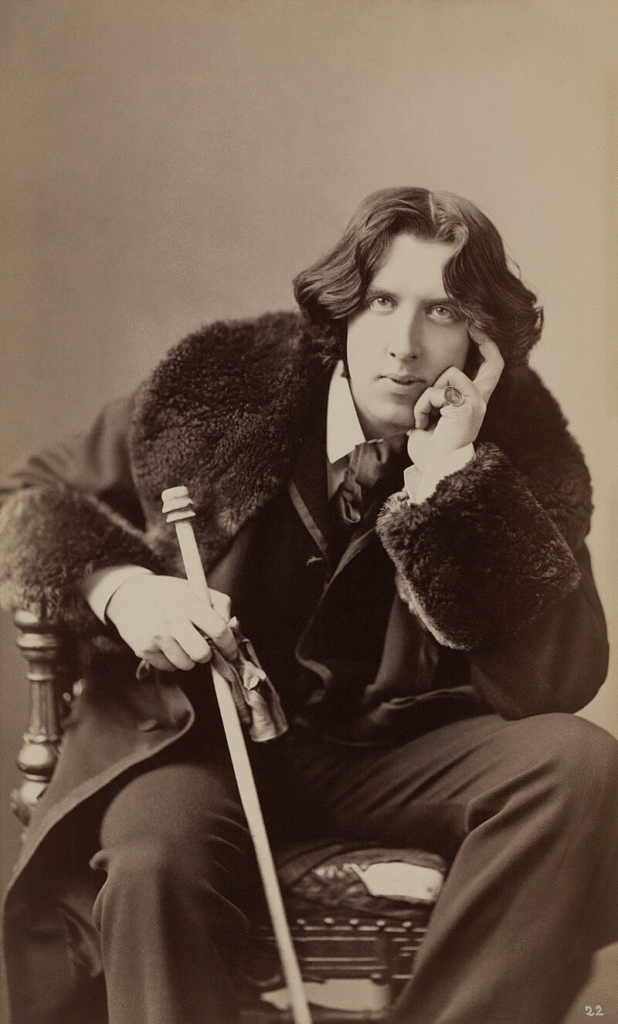
Above: Irish writer Oscar Wilde (1854 – 1900)
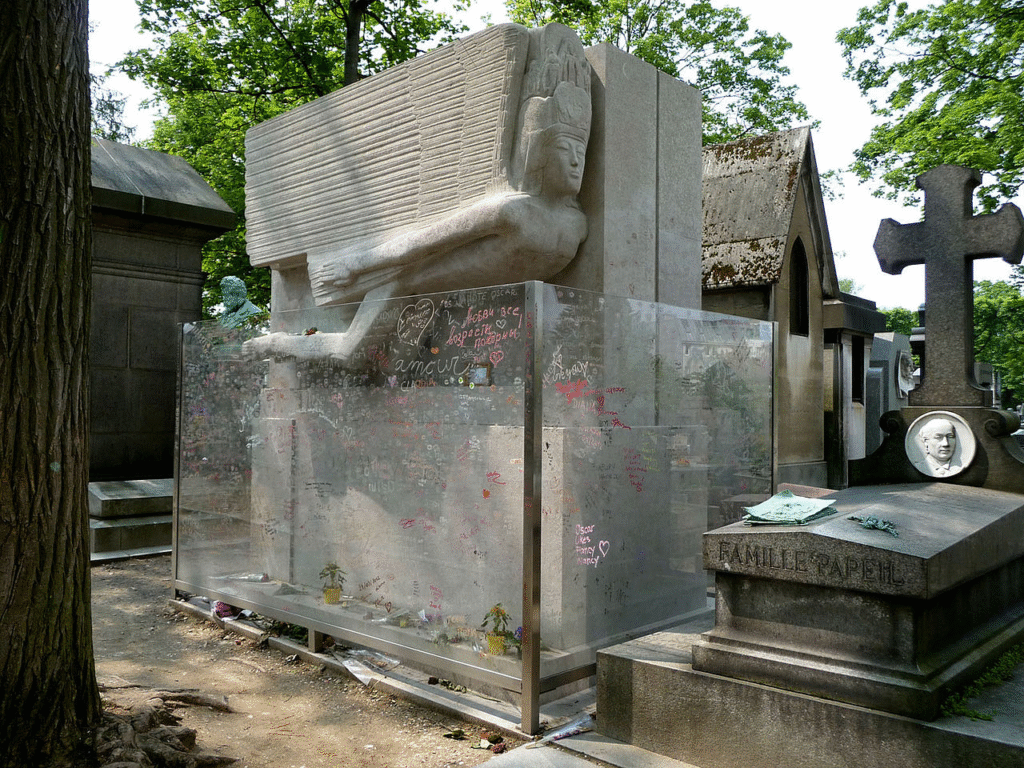
Above: Tomb of Oscar Wilde, Père Lachaise Cemetery
But it wasn’t the famous graves that stopped me — it was the child.
A tiny stone lamb above a name I didn’t know.
The toys inside the glass case were sun-faded, like memory left too long on a windowsill.
I touched the edge of the case and found myself crying, not for the child I never knew, a child I never had, but for the way someone still comes to care.
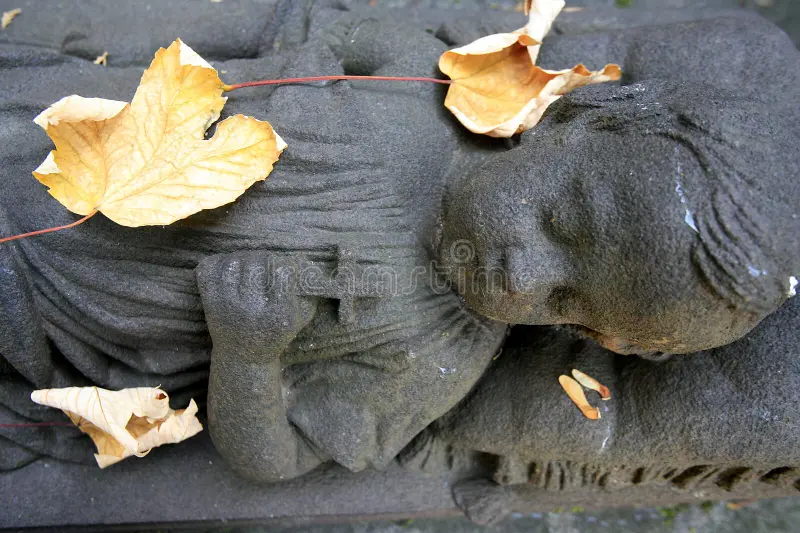
Bob found me by Wilde’s tomb.
He was trying not to smirk at the lipstick stains.
He said, “If someone kissed my grave, I’d suspect it was out of pity.”
I laughed, even as I wiped my eyes.
I watched Bob watching the sky.
He told me he felt like an extra in a film he didn’t audition for.
“I’m the wrong kind of pilgrim,” he said.
But I think he understood something here — more than he admits.
He took a photo of me kneeling near Beckett’s stone.
He didn’t say a word, just lowered the camera and nodded once.
As if to say, “Okay. I see you now.“
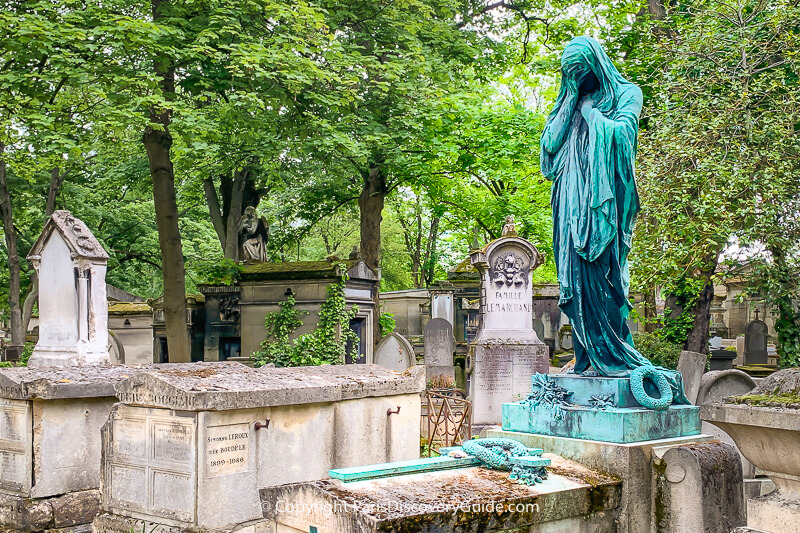
Bob’s Journal
April 17 – A walk by the Seine
The Seine glimmers like old glass.
Smooth and chipped in places.
We walk for hours, aimless but content — the way we used to before time started getting measured in chores and medications.
I let her choose the direction.
I just follow the sound of her voice.
There’s something about water that stills the noise in my head.
Not like the prairie rivers — those are fast and brown, angry with the memory of glaciers.
The Seine moves like it has nothing left to prove.
Parisians seem to ignore it, but I can’t take my eyes off the surface.
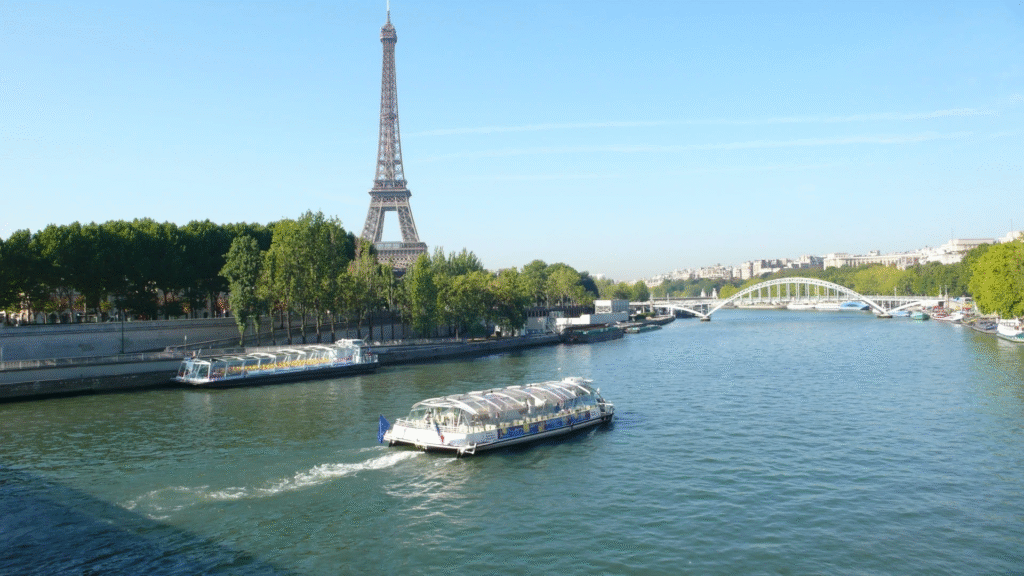
We pass booksellers.
One stall has a worn copy of Candide.
I don’t buy it.
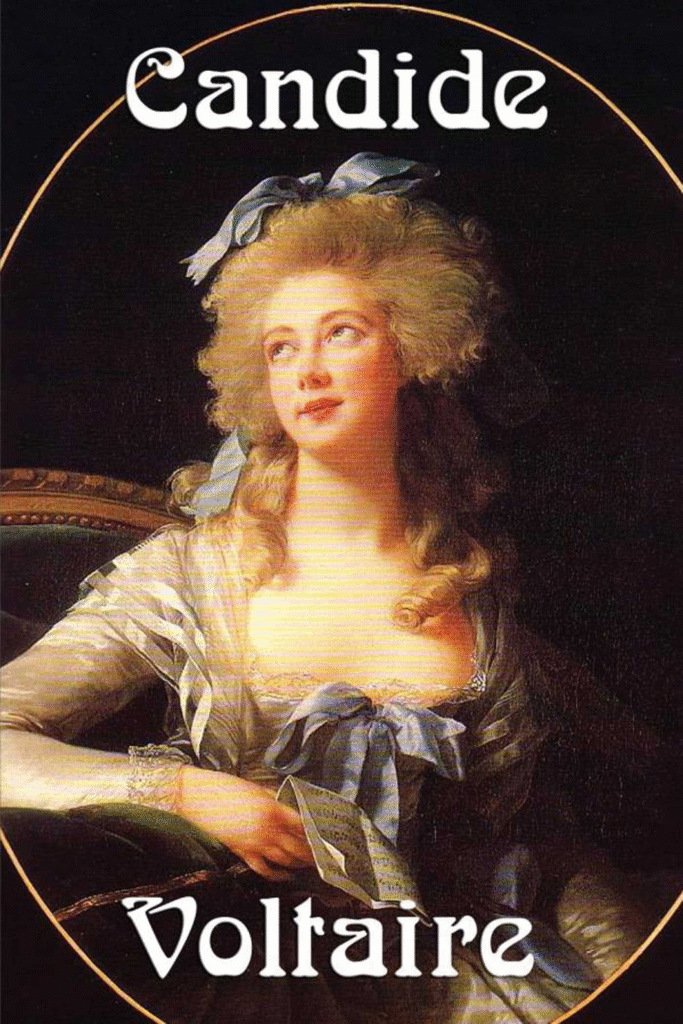
I don’t think I need Voltaire to remind me that this is not the best of all possible worlds.
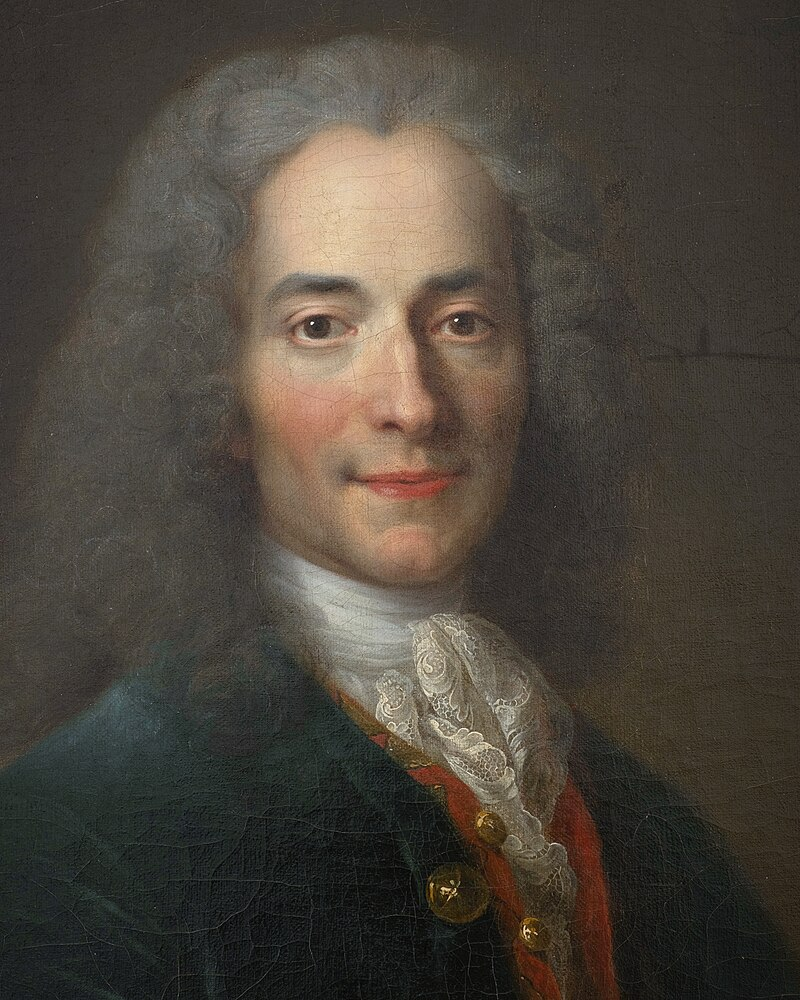
Above: French philosopher/writer François-Marie Arouet (aka Voltaire)(1694 – 1778)
But still…
The world keeps offering small kindnesses.
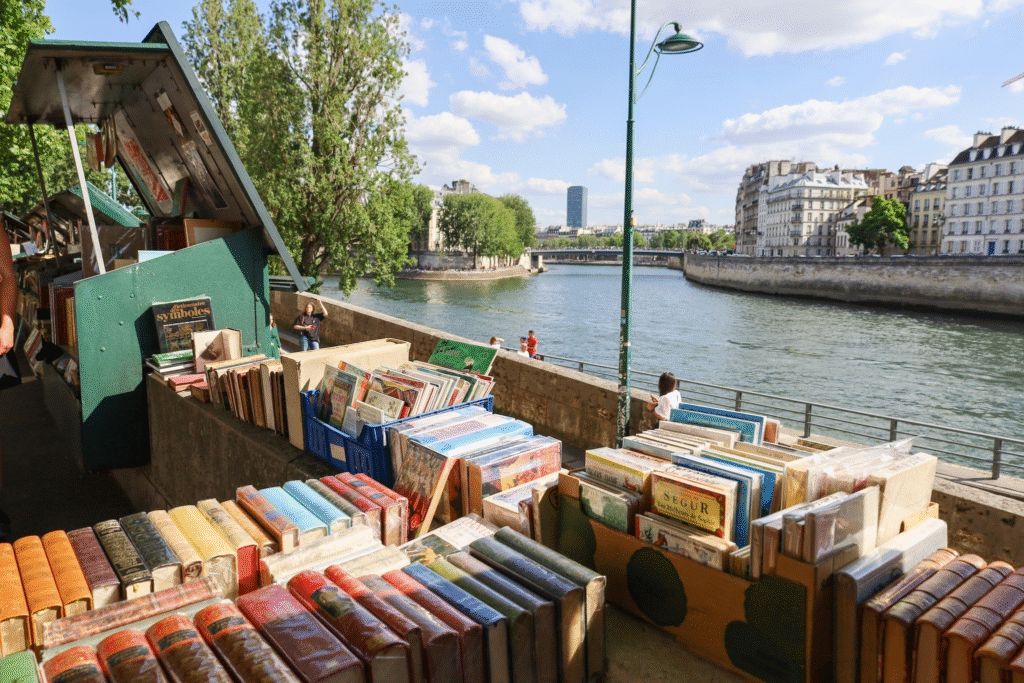
A young couple kisses near Pont Neuf.
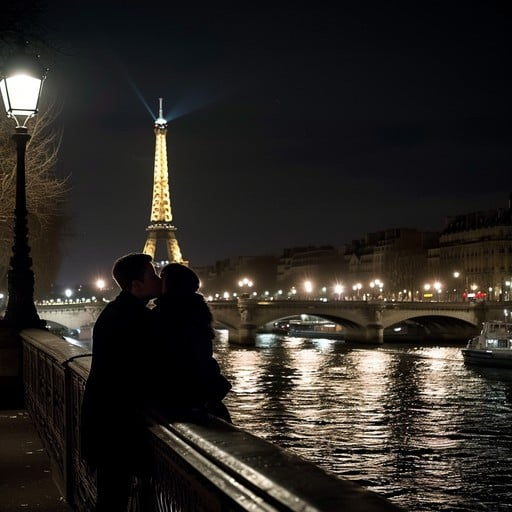
A busker plays Satie.
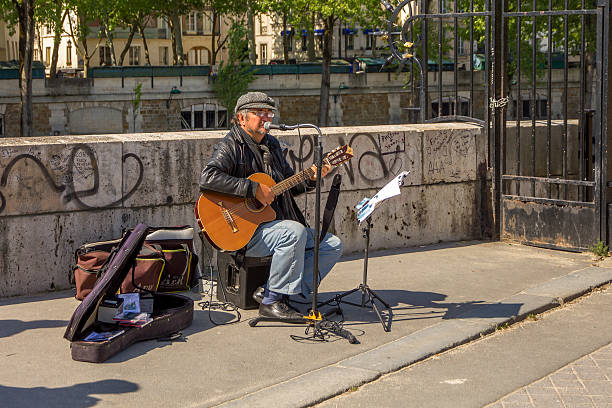
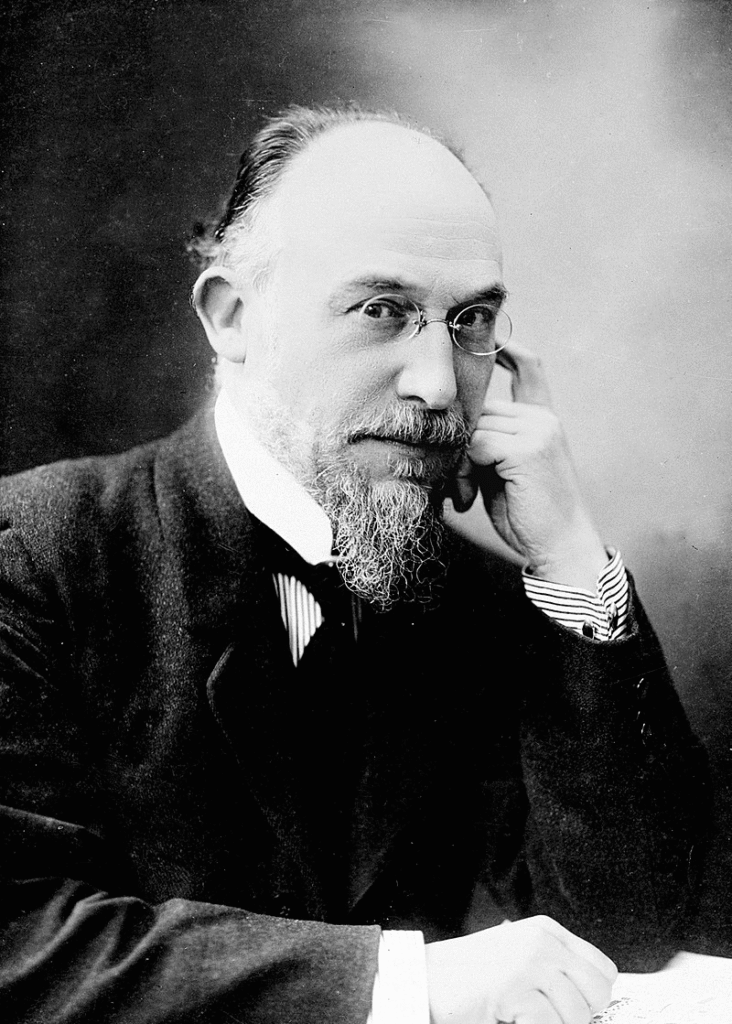
Above: French composer Erik Satie (1866 – 1925)
Ursula laughs when my stomach growls near Notre-Dame.
We find a cheap bistro and sit outside, wrapped in ridiculous café blankets, watching the waiter argue with a pigeon.
We drink wine.
Real wine, not the boxed nonsense we keep in the kitchen.
We even flirt a little.
Like we remember how.
It is a good day.
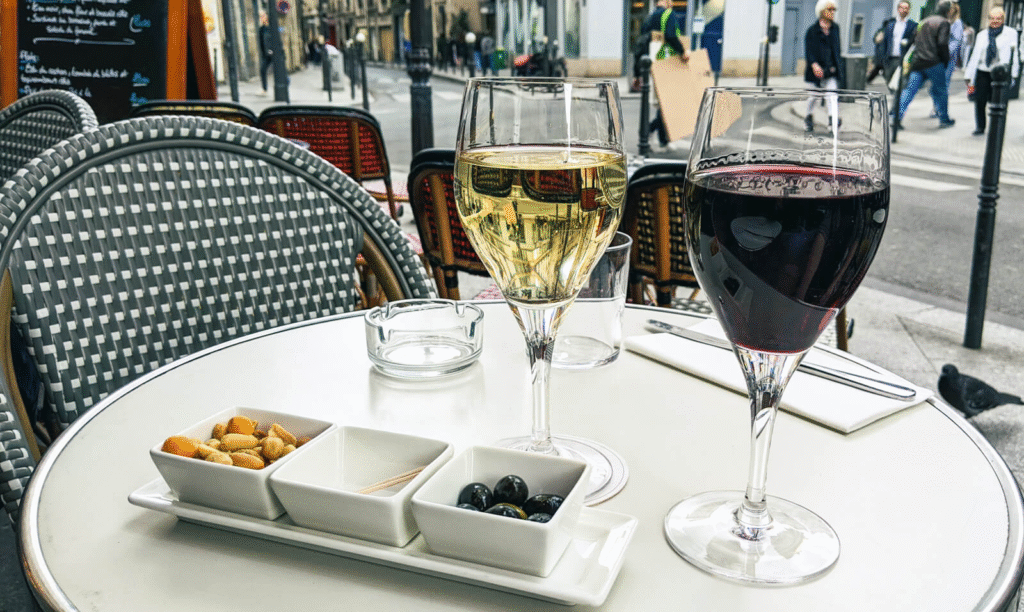
Tonight, we make love like two people afraid it might be the last time.
I watch her sleep.
I suppose one of us is right.“
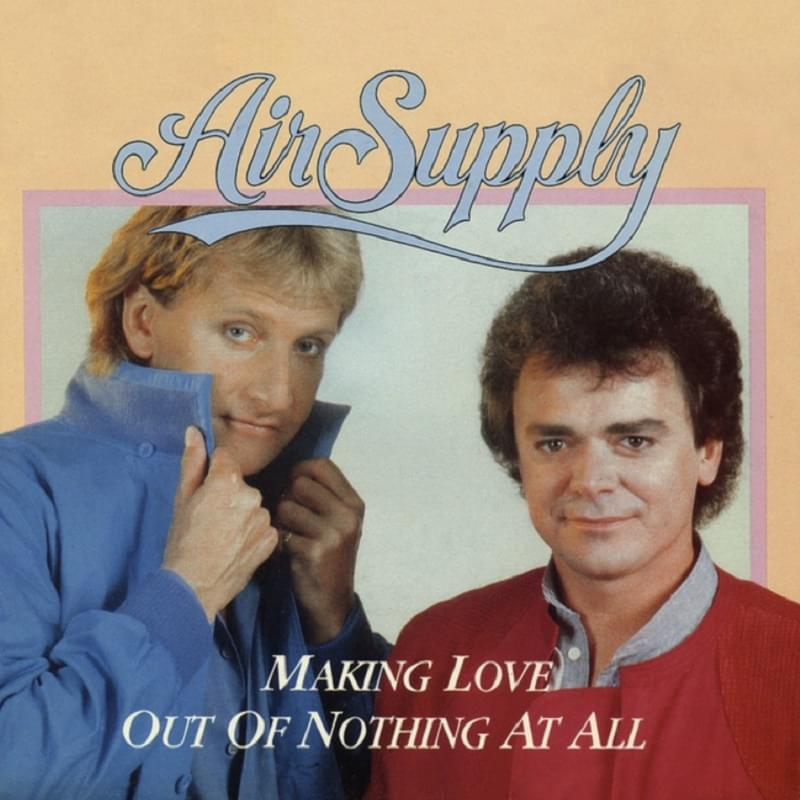
I know just how to whisper
And I know just how to cry
I know just where to find the answers
And I know just how to lie
I know just how to fake it
And I know just how to scheme
I know just when to face the truth
And then I know just when to dream
And I know just where to touch you
And I know just what to prove
I know when to pull you closer
And I know when to let you loose
And I know the night is fading
And I know the time’s gonna fly
And I’m never gonna tell you everything I got to tell you
But I know I got to give it a try
And I know the roads to riches
And I know the ways to fame
I know all the rules and then I know how to break ’em
And I always know the name of the game
But I don’t know how to leave you
And I’ll never let you fall
And I don’t know how you do it
Making love out of nothing at all
Out of nothing at all
(Making love) Out of nothing at all
(Making love)
Out of nothing at all
(Making love) Out of nothing at all
(Making love) Out of nothing at all
(Making love) Out of nothing at all
Every time I see you all the rays of the sun are all
Streaming through the waves in your hair
And every star in the sky is taking aim at your eyes
Like a spotlight
The beating of my heart is a drum and it’s lost
And it’s looking for a rhythm like you
You can take the darkness from the pit of the night
And turn it to a beacon burning endlessly bright
I’ve got to follow it ’cause everything I know
Well, it’s nothing ’til I give it to you
I can make the runner stumble
I can make the final block
I can make every tackle at the sound of the whistle
I can make all the stadiums rock
I can make tonight forever
Or I can make it disappear by the dawn
I can make you every promise that has ever been made
And I can make all your demons be gone
But I’m never gonna make it without you
Do you really wanna see me crawl
And I’m never gonna make it like you do
Making love out of nothing at all
Out of nothing at all
(Making love) Out of nothing at all
(Making love) Out of nothing at all
(Making love) Out of nothing at all
(Making love) Out of nothing at all
(Making love, love)
Out of nothing at all (making love)
Out of nothing at all (making love)
Out of nothing at all (making love, love)
Out of nothing at all (making love)
Out of nothing at all (making love)
Out of nothing at all (making love, love, love)
Out of nothing at all (making love)
Out of nothing at all (making love)
Out of nothing at all (making love, love, love)
Out of nothing at all (making love)
(Making love)
(Making love)
Out of nothing at all (making love)
Out of nothing at all (making love)
Out of nothing at all (making love, love, love)
(Making love)
(Making love)
Ursula’s Journal
April 17 – A walk by the Seine
He held my hand without asking.
That felt new again.
The city was full of its usual ballet — scooters, suits, children with raspberry-stained mouths.
But we walked in our own tempo.
The river is a ribbon of breath.
It smells of algae and stone, but there’s a sweetness, too.
Maybe it’s the bakeries nearby or maybe just spring trying to sneak in.
I love how old the bridges are.
How they carry centuries without complaint.
We talked about small things — wind on wheat, prairie storms, the way baguettes here always taste like they were made for the next ten minutes only.
Bob told a story about a Métis boy who once asked if ghosts ever get tired of waiting.
I don’t think he realized his voice shook when he said it.
We had dinner by candlelight.
He spilled wine on the tablecloth and blotted it with bread.
I laughed and wiped his chin.
He kissed me then — gently, without hunger — and I remembered why I married him.
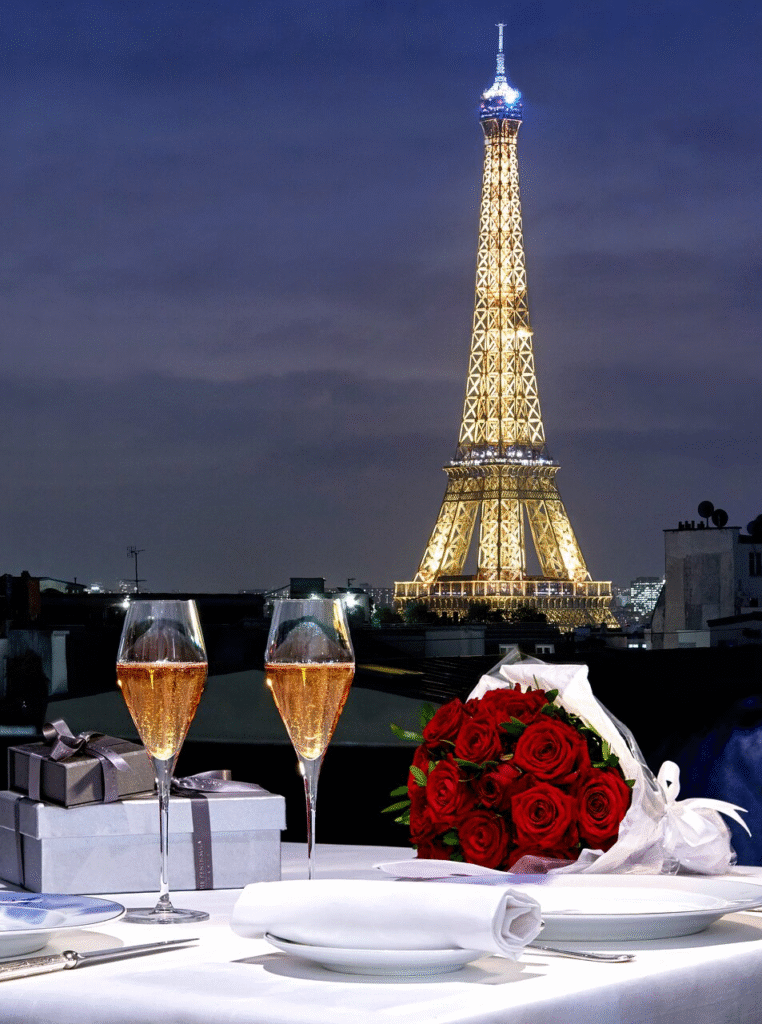
We made love.
I fell asleep.
I wake to find him lying quietly on his back, a smile across his sleeping features.
His journal open on the night table, reading glasses and holding the pages open.
Tonight, he sleeps with his hand on my hip, like it has always belonged there.
And I pretend not to notice the tears drying on my face.
Tomorrow, I’ll lose him.
But not yet.
Not tonight.“

April 18 – Ursula’s Journal
He was warm.
Then he wasn’t.
That’s how it began — or ended.
There was no cry, no reaching, no cinematic struggle.
Just breath…
Then none.
He looked peaceful.
That awful word.
Like something carved in hospital pamphlets.
Peaceful.
As if the body knows how to negotiate such departure.
As if mine does.
I watched the morning crawl across the curtains.
Yellow light, uninvited.
I sat beside him for a while, fingers on his wrist like it still mattered.
It didn’t.
The hotel clerk called the police.
They were kind.
One officer tried to make a joke about Canadians.
I wanted to slap him, but I nodded instead.
They asked if he had any heart problems.
He had a poet’s heart.
I didn’t say that.
I just signed the forms.
The bed was stripped.
The suitcase zipped.
His shoes still under the chair.
He never liked unpacking.
I kept the train ticket he folded into a book.
And the book he was reading, though he never got past page 15.
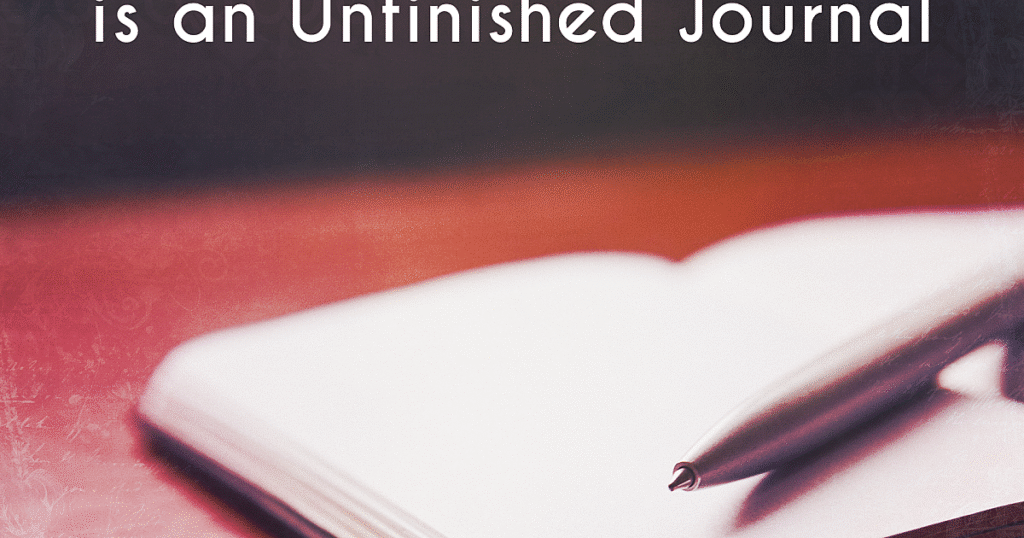
I walked to Montparnasse alone.
The air felt wrong — like it didn’t know how to carry sound.
The cemetery was quieter than usual, as if even the dead were stunned.
I sat on the same bench he had.
I cried without meaning to.
Not loud.
Just enough to know I was still here.
I told him I’d stay.
Not forever.
Just long enough.
Long enough to bury him beneath the borrowed sky.
Long enough to order the stone.
To pick the words.
Or not.
Maybe just names.
Maybe just silence.
The nurses say grief has no shape.
But today it feels like a Paris hotel room.
And the absence of his voice in a city built for echoes.
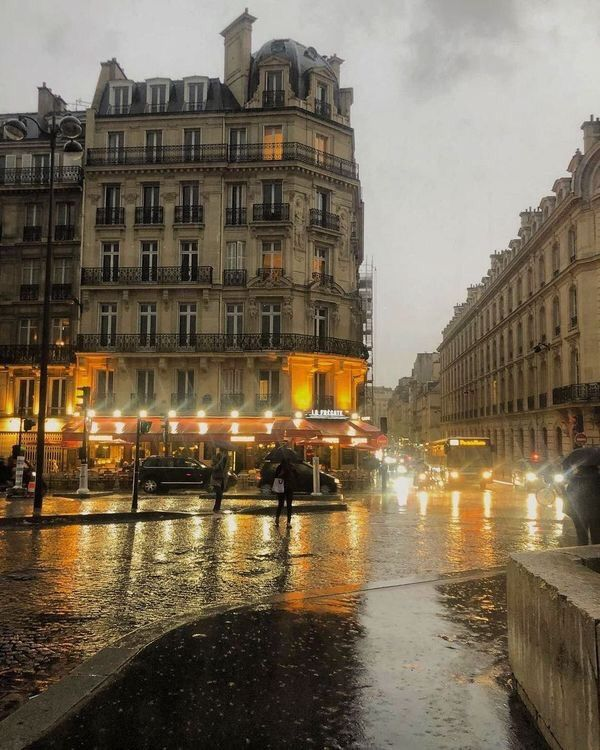
April 19 – Ursula’s Journal
“I wake before the bells.
Paris, indifferent as ever, keeps its schedules.
But I do not.
I make coffee in the tiny press Bob hated — “tastes like dishwater,” he said.
I drink it anyway, standing by the window, barefoot on tile.
This city will not stop.
It moves around me like a river I cannot enter.
And yet, this morning, I stepped into it — slowly, deliberately — as if testing cold water with the arch of my foot.
Back to Montparnasse.
The man at the gate remembers me.
No words, just a nod — that French economy of sympathy.
I walk the rows.
Photograph nothing.
Write no names.
I only walk, the way you do when you’ve lost something, though you know exactly where it is, or at least where it should be.
I sit where we did.
Near the grave of Sartre and de Beauvoir.
Their stone is dusted with pollen.
A cigarette butt rests on top, a sort of offering.
Bob once called them “the couple of consequences”.
He never quite forgave Jean-Paul for confusing his students.
The plot next to theirs is empty.
I find myself staring at it far too long.
And then I make the decision.
Not sudden. Not dramatic.
Just a quiet shift in the soil of the self.
He will stay here.
And so will I.
Not right away.
There are things to close, to sell, to give away.
But in the end, I will return.
My name beside his.
Not above or below.
Just beside.
As it always was.
In death, we will be aligned in a way life rarely permitted.
The funeral will be small.
A priest from a side chapel who won’t ask questions.
No hymns Bob wouldn’t like.
No long eulogy.
Just me and the wind and perhaps that same man at the gate.
And a stone.
Simple.
Robert James MacMillan
Ursula Schmidt MacMillan
Years.
Nothing more.
The rest is mine to remember.
The breath between the dates.
The days we walked the Seine.
The night he dreamed of Saskatchewan stars.
This city is not home.
But it is a place.
And sometimes that’s enough.“
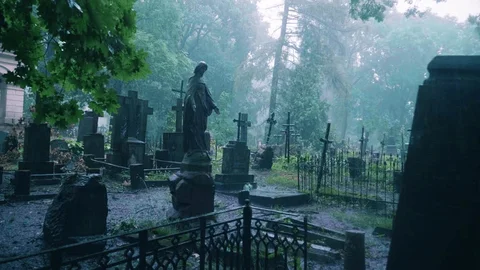
The cemetery is quiet, even for Paris.
The stone is simple, just names and years.
Robert James MacMillan.
Ursula Schmidt MacMillan.
No epitaph.
No grand pronouncement.
Just the facts of their having lived and loved and died.
I brought one white flower.
I leave it on the grave and stand there far too long, as if waiting for something to shift — air, memory, God knows what.
I think of her strange smile when she spoke of poets and bones.
I think of him, younger than I remember him, guiding us through that grim little jail in Ottawa.
The gallows, the jokes, the broken key.
It all comes back in flickers.
They were a beautiful pair.
And they were never quite happy.
But they had something I never did.
A life together.
A history.
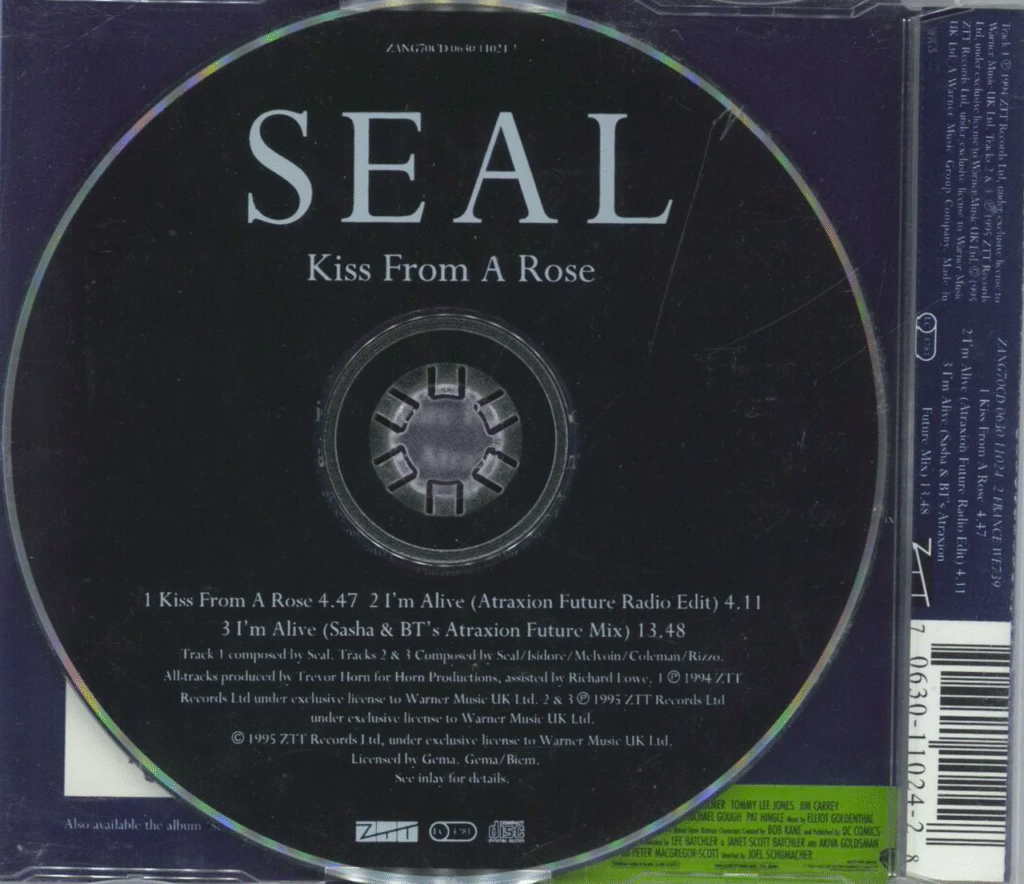
Ba-ya-ya, ba-da-da-da-da-da, ba-ya-ya
Ba-ya-ya, ba-da-da-da-da-da, ba-ya-ya
Ba-ya-ya, ba-da-da-da-da-da, ba-ya-ya
Ba-ya-ya, ba-da-da-da-da-da, ba-ya-ya
There used to be a greying tower alone on the sea
And you became the light on the dark side of me
Love remained a drug that’s the high and not the pill
But did you know that when it snows
My eyes become large and
The light that you shine can’t be seen?
Baby, I compare you to a kiss from a rose on the grey
Ooh, the more I get of you, stranger it feels, yeah
And now that your rose is in bloom
A light hits the gloom on the grey
Ba-ya-ya, ba-da-da-da-da-da, ba-ya-ya
Ba-ya-ya, ba-da-da-da-da-da, ba-ya-ya
There is so much a man can tell you
So much he can say
You remain my power, my pleasure, my pain, baby
To me, you’re like a growing addiction that I can’t deny
Won’t you tell me, is that healthy, baby?
But did you know that when it snows
My eyes become large and
The light that you shine can’t be seen?
Baby, I compare you to a kiss from a rose on the grey
Ooh, the more I get of you, stranger it feels, yeah
Now that your rose is in bloom
A light hits the gloom on the grey
I’ve been kissed by a rose on the grey
I, I’ve been kissed by a rose on the grey
I’ve (And if I should fall, will it all go away?) been kissed by a rose on the grey
I, I’ve been kissed by a rose on the grey
There is so much a man can tell you
So much he can say
You remain my power, my pleasure, my pain
To me you’re like a growing addiction that I can’t deny, yeah
Won’t you tell me, is that healthy, baby?
But did you know that when it snows
My eyes become large and
The light that you shine can’t be seen?
Baby, I compare you to a kiss from a rose on the grey
Ooh, the more I get of you, the stranger it feels, yeah
Now that your rose is in bloom
A light hits the gloom on the grey
Yes, I compare you to a kiss from a rose on the grey
Ooh, the more I get of you, the stranger it feels, yeah
And now that your rose is in bloom
A light hits the gloom on the grey
Ba-ya-ya, ba-da-da-da-da-da, ba-ya-ya
Now that your rose is in bloom
A light hits the gloom on the grey
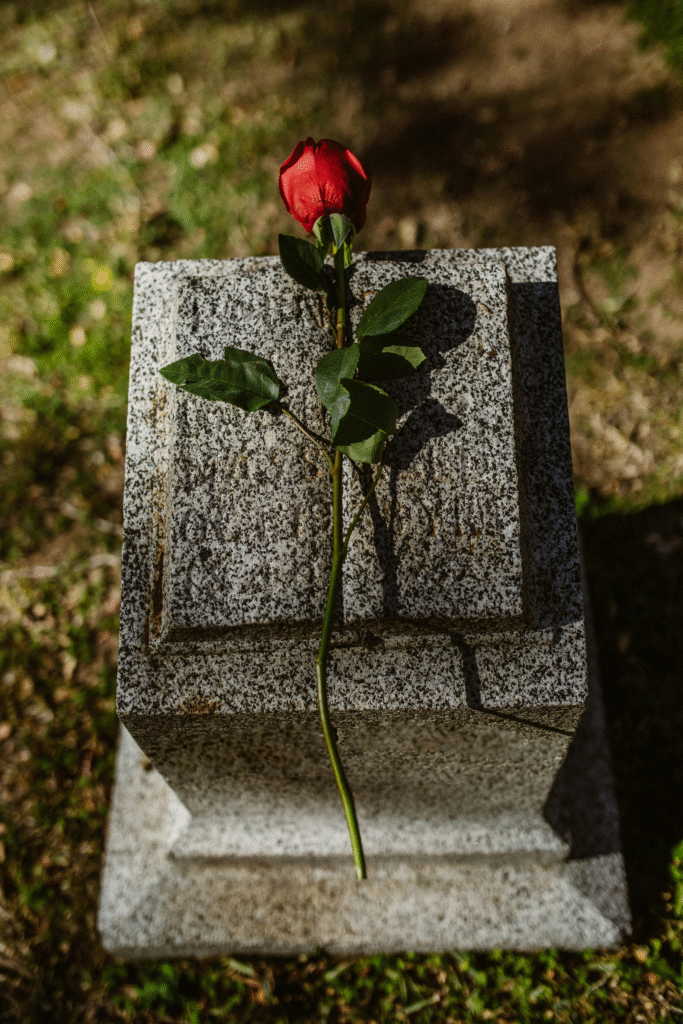
Back at the hotel, I open my notebook and stare at the first blank page.
The city hums outside, indifferent as always.
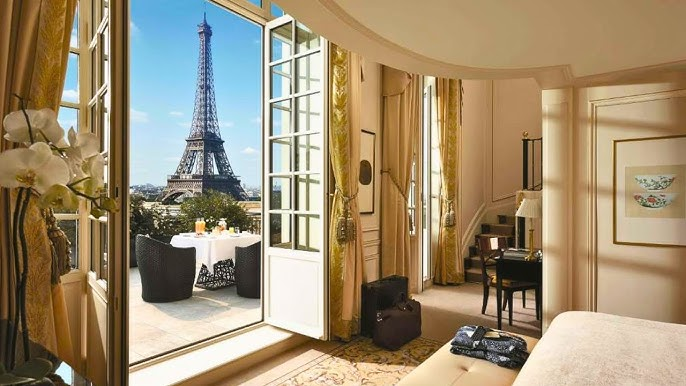
I think of Orwell — Winston Smith scratching his thoughts in a corner, not for anyone else, but because we write to know what we are thinking and feeling as a self-acknowledgement that we exist.
I don’t write to be remembered.
I write because I was here.
Because they were.
Because someone must carry the echoes, even if they fade.
I don’t know who, if anyone, will read this.
I don’t know who I’m writing to.
But I am writing.
And so I am not alone.
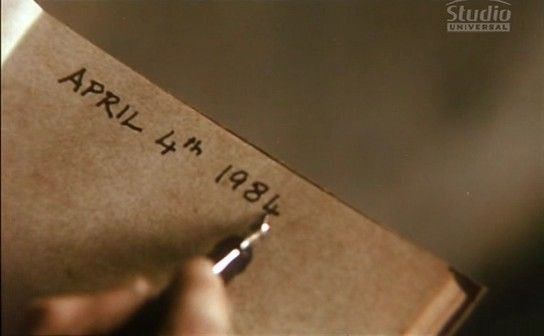
Some people go to Paris to find art.
Some go to lose themselves.
Bob and Ursula — God help me — went to remember.
I stay behind to forget.
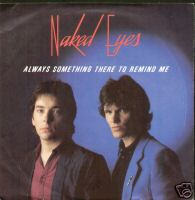
I walk along the city streets you used to walk along with me
And every step I take reminds me of just how we used to be
Well, how can I forget you, girl?
When there is always something there to remind me
Always something there to remind me
As shadows fall I pass the small café where we would dance at night
And I can’t help recalling how it felt to kiss and hold you tight
Well, how can I forget you, girl?
When there is always something there to remind me
Always something there to remind me
I was born to love her and I will never be free
You’ll always be a part of me
If you should find you miss the sweet and tender love we used to share
Just come back to the places where we used to go and I’ll be there
Well, how can I forget you, girl?
When there is always something there to remind me
Always something there to remind me
I was born to love her and I will never be free
You’ll always be a part of me
‘Cause there is always something there to remind me
Always something there to remind me
Always something there to remind me
Always something there to remind me
Always something there to remind me
Always something there to remind me
Always something there to remind me
Always something there to remind me
Always something there to remind me